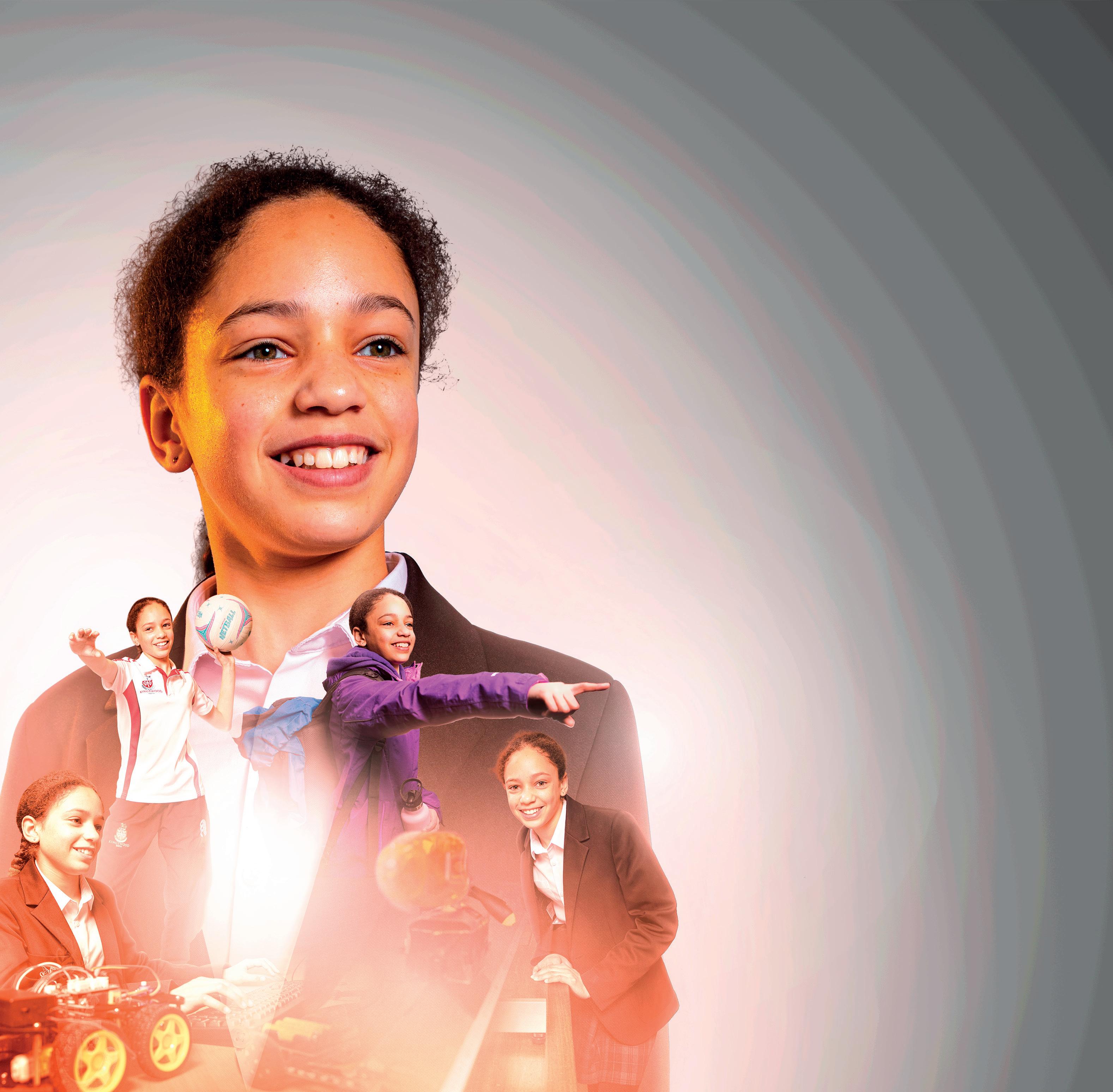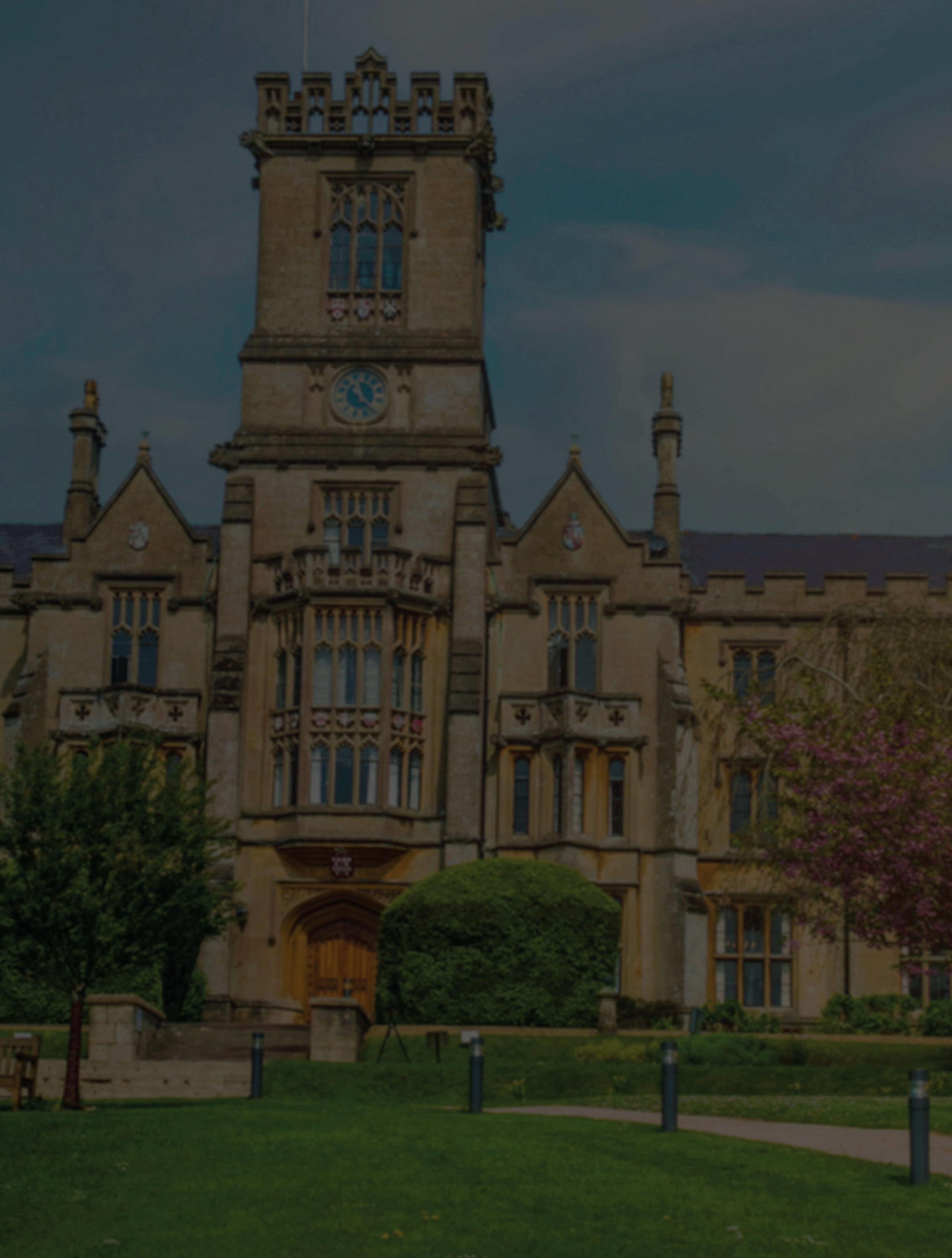














decisions. Managing a busy weekly timetable with a wide range of co-curricular activities, including sports, arts, clubs, and leadership opportunities, encourages excellent time management.
This Guide is packed full of guidance and information to help you find the right boarding school for your child. It is also a resource to support you in your search, which can feel like a bewildering task given the many options available, particularly for those new to boarding.
When considering boarding for your child(ren), it is important to acknowledge that although the benefits of boarding are broad, there are some key things to consider to help you narrow your search. For your child to truly flourish, it’s essential to do your research and visit different boarding schools to find the one that aligns best with your child’s ambitions, values and educational needs.
The good news is that parents are spoilt for choice when it comes to the boarding options available and there is a school to suit everyone. Every school is different and many specialise in certain areas of study, but what you will find in all boarding schools is a well-rounded educational experience for your child.
Boarding offers an immersive learning experience when surrounded 24/7 by peers and teachers who are dedicated to education. But it is not all about fostering academic growth and intellectual curiosity. Boarding also cultivates independence when living away from home and offers opportunities for pupils to take more responsibility for their own time, actions and
In boarding schools you will come across dedicated pastoral and teaching staff who will nurture and encourage boarders to reach their full potential. Pupil wellbeing is at the heart of boarding and there are strong support systems in place to provide guidance, support and mentorship to help pupils navigate academic and personal challenges.
Boarding schools provide freedom and space for children to grow and to do everything that excites them without hours spent travelling to and from school on a daily basis.
And finally, let’s not forget there is also a huge amount of fun to be had in boarding and lifelong friendships to be made, often between children from diverse and multicultural backgrounds. You will come across tight-knit communities in boarding and a camaraderie between houses like no other.
This publication is a celebration of boarding as much as it is a useful guide for your search. Thank you for taking the time to read this Guide and I have no doubt you will find the perfect school to match the needs of your child.
Gavin Horgan became Headmaster of Millfield in 2018. He was Headmaster of Worksop College in Nottinghamshire from 2012, where he delivered academic turnaround including a substantial building programme and whole school restructure. Before Worksop College, Gavin’s career included working in schools in Sri Lanka and Argentina, before returning to the UK as Deputy Head of The Glasgow Academy. Gavin also has extensive experience of the state sector at schools in Hampshire and Lambeth.

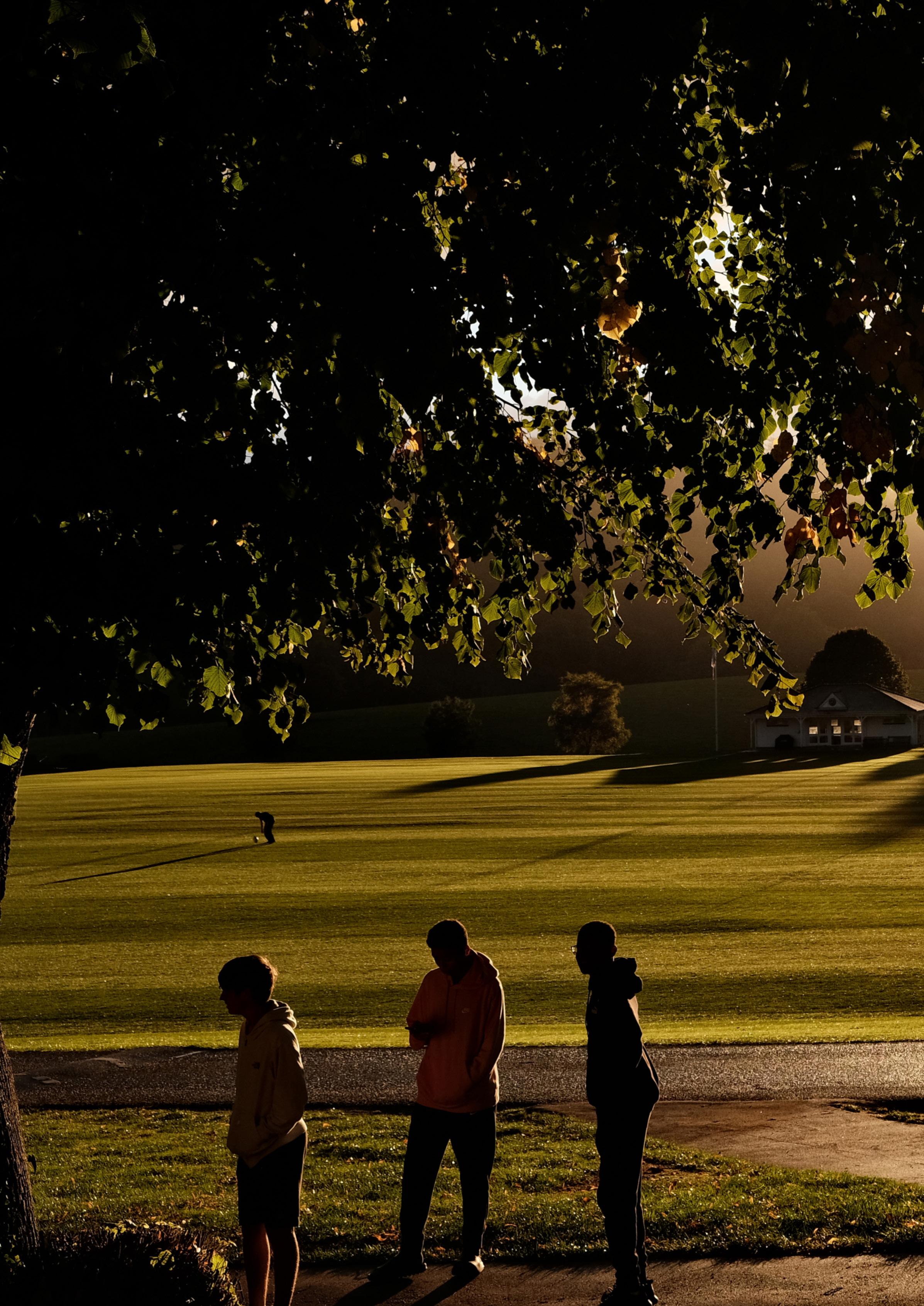

Fully
We
Pay
*This applies to Service Families who are eligible for the Continuity of Education Allowance, entering our Schools 2023/24. Additional means-tested support, subject to availability, may be offered to families who lose the CEA.
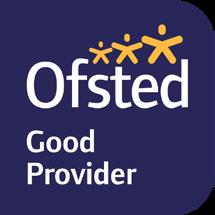
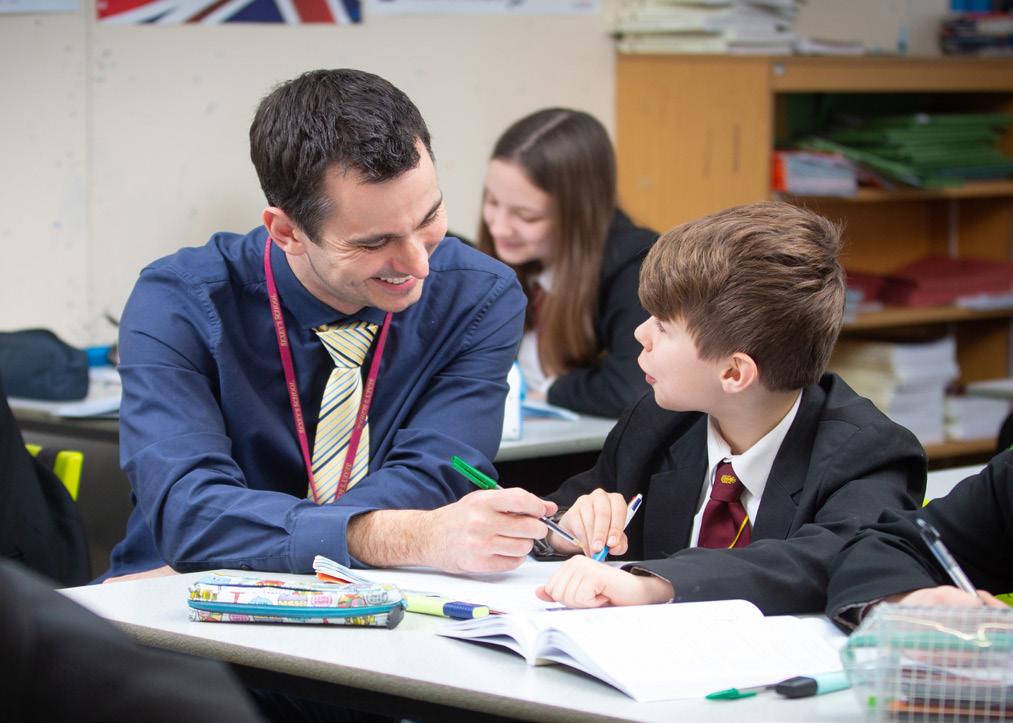
Charity No. 525616

Boarding and Day School in the leafy suburb of Bristol. Holistic education for girls aged 4-18. Whole School Open Day: 30 September 2023 Or book a private tour at your convenience.

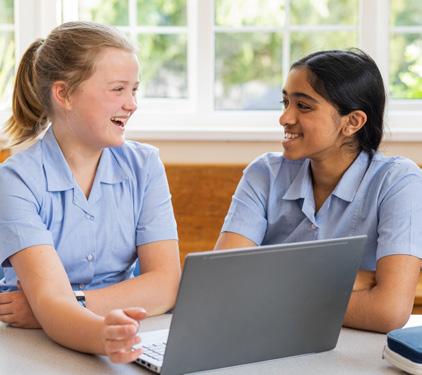

Welcome to this Guide to boarding schools. We hope it helps you navigate through the sometimes uncertain terrain of choosing a school.
I was speaking to a young boarder last week as part of a mock inspection in a boarding school and I asked him the question, ‘What does boarding offer to you?’ He looked confused, then thoughtful and then he relaxed and said, ‘Well, I just love it!’ Many of the debates around boarding schools in the UK bely a simple but compelling fact: they offer a wonderful educational experience.
All schools – state, independent, boarding, day, primary, prep, secondary or senior – are also battling with further challenging questions about what the point of education is. Phrases such as ‘preparing children for jobs that haven’t been invented yet’ are routinely rolled out to some equally rolled eyes, but therein lies a truth about the uncertainty in the future.
Relationships, collaboration and teamwork are increasingly discussed as universal human skills that AI (artificial intelligence) is unlikely to be able to replace in (at least) the medium term. These are all skills that are developed brilliantly in boarding schools.
We are also acutely aware of the pressures that young people are under, and the importance of self-care and looking after the wellbeing of everyone in a community is paramount. Having the space, time, and opportunity to do much, much more than simply attend lessons is so important in the development of flourishing, rounded individuals.
Boarding is also about learning to live independently which is a great way to develop confidence. It is, if you like, a mini-version of leaving home when you
are an adult, and the confidence boarding gives children is of priceless value.
Hopefully, you will by now agree that a boarding education will be the best preparation for the future for your child, so now all you must do is find the best school to suit their needs. That’s where this Guide comes in and I hope you find it answers the many questions you will no doubt have.
There are thousands of boarding schools across the world and more than 450 in the UK alone. They are all different in so many ways, whether that’s location, size, type, age range, learning programmes, speciality, co-curricular activities or facilities.
In some ways the choice can be bewildering because, if you are completely new to the concept of boarding education, how do you even start when selecting a school to suit your daughter or son?
There is no formula for success because just as every school is different so every child is different. What suits one child perfectly may be simply the wrong choice for another.
There was a time when many parents made the decision for their child to board whether they wanted to or not. In most cases this was a good decision, but of course for other children boarding may not have suited them at all. Whatever you do as a parent in choosing a school, make sure you involve your child from the start, and ensure the final decision on whether to board or between school A and school B is theirs. Choosing to do that is easy, now for the hard part …
Best wishes,
David Walker Director, BSAThe Service Parents’ Guide to Boarding Schools is a trade mark owned by BSA Group.
Published by: BSA Group 167-169 Great Portland Street 5th Floor London W1W 5PF +44 (0)207 798 1580 bsa@boarding.org.uk www.serviceschools.co.uk
Chief Executive: Robin Fletcher
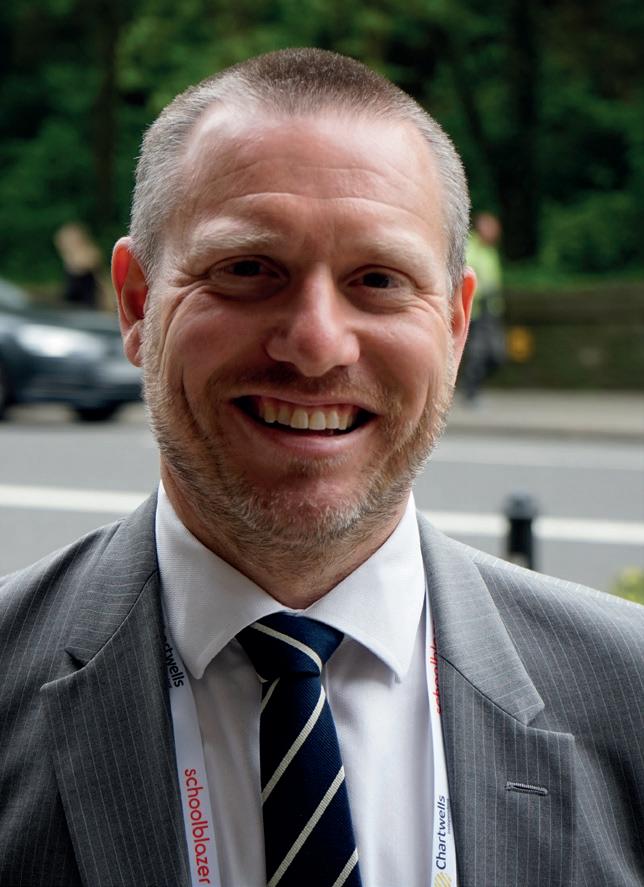
Editor: Sheila White Head of Commercial: Neil Rust
Front cover photo with kind permission of St Swithun’s School
Stonyhurst’s Head Boy, Dilip, aged 17, has been named as a Coronation Campion by Their Majesties The King and The Queen for his outstanding charitable endeavours.

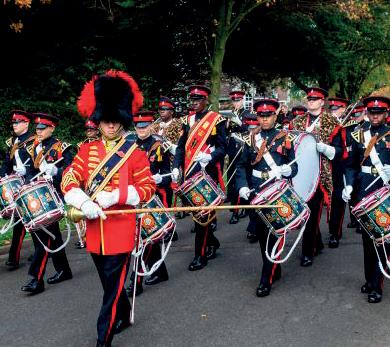
Thirty-five members of the CCF of The Duke of York’s Royal Military School (DOYRMS) were given the honour of playing at the Coronation of King Charles III. They performed throughout the ceremony from Parliament Square in London to entertain the crowds. Participating were 35 Dukies from the Military Marching Band, including Drum Major Kieran Nasau, Band JUO Ben Thorne and Band CSM Charlotte Trimby.
It was a great honour and privilege to be asked to perform at such a prestigious event. Pupils from the school also attended the Coronation of the late Queen Elizabeth II in 1953, so it was very special to be asked to attend in a ceremonial capacity and to play for the King and escort the Royal British Legion and the banners of all six CCFs across Westminster Bridge in London. As one of the largest CCF contingents, the Duke of York’s Royal Military School is also the only state full-boarding school in the country. Members of its military band are from Years 9 to 13 and they are selected for their musical talent and enthusiasm. They rehearse three times a week regularly and stepped up their preparation for their part in the Coronation.
They have had some other amazing opportunities to play at events such as the England v Argentina rugby game at Twickenham Stadium and the police passing out parade in Hendon. However, the Coronation was definitely one for the school’s history books. Music is a large part of both the Army Cadets and the CCF syllabus for those who choose a military music path. The Army Cadets offers free music tuition to members of its cadet force across Kent and the country for children aged between 12 and 18. Cadets are also able to gain BTEC qualifications in music from the cadet force, equivalent to a GCSE. A whole range of instruments is supported within the Army Cadets including pipes and drums. Cadets have been taken around the world to play at military and civilian engagements.
Dilip, a sixth-form pupil at Stonyhurst, and volunteer for local charity Maundy Relief, has been recognised for his role as the charity’s youngest Trustee and for his extensive fundraising efforts. Dilip is a remarkable individual who, alongside his sixthform studies and charity work, is recovering from a life-threatening heart transplant. Dilip has continued to remain positive by completing a 100km bike ride as part of his recovery while raising nearly £2,000 for The CAFOD Syria and Turkey Appeal and £5,500 for the Wythenshawe Transplant Unit.
The 17-year-old from Lancashire is one of just 500 Coronation Champions selected by the Royal Voluntary Service (RVS) in celebration of the Coronation of Their Majesties King Charles and Queen Camilla. The Coronation Champions Awards invited people across the UK to nominate their local volunteering heroes. Almost 5000 entries were received, with nominations made for individuals aged 14 up to 103. Dilip, along with fellow Coronation Champions, attended the Windsor Castle Coronation Concert last Sunday and received a specially designed official Coronation Champions pin and a certificate signed by Their Majesties.
Commenting on becoming a Coronation Champion, Dilip said: ‘I am thrilled and honoured to receive this award at the time of the Coronation of His Majesty King Charles III. I am extremely grateful to the entire Maundy family. They have inspired me through their public service, generosity and humility. Many people are currently facing difficult challenges and Maundy Relief is a haven for all its guests. I am blessed to be a volunteer and Trustee at a Charity that transforms lives and is the beating heart of the community. Thank you for nominating me and for your unconditional support.’
Stonyhurst Headmaster, John Browne, said: ‘Dilip is an outstanding member of the Stonyhurst family and continues to be a shining example of a “young man for others” through several selfless acts and charitable initiatives. Dilip has a relentless passion to help others and continues to make a positive impact in the world. Stonyhurst is very proud of the young man he has become.’
Dilip’s exceptional hard work and passion for helping others prompted CEO of Maundy Relief, Lucy Hardwick, to nominate him for a Coronation Champion Award after raising over £10,250 for the charity.
DOYRMS
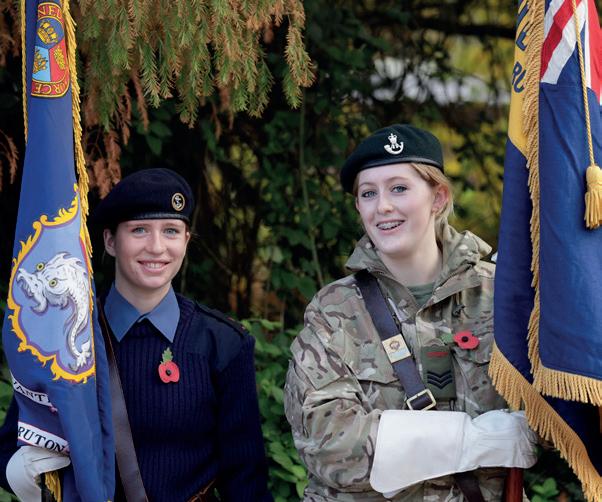
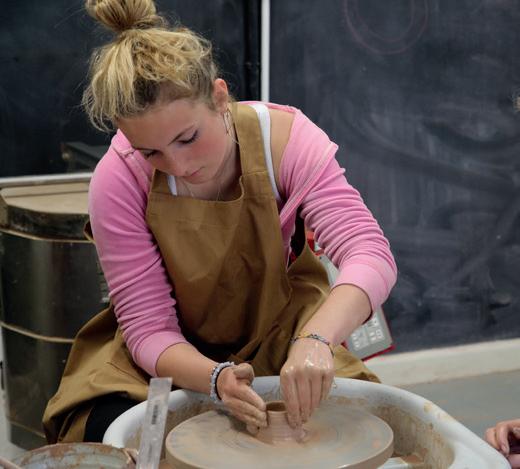
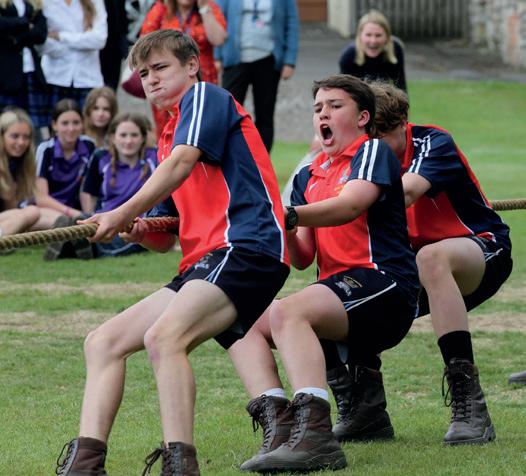

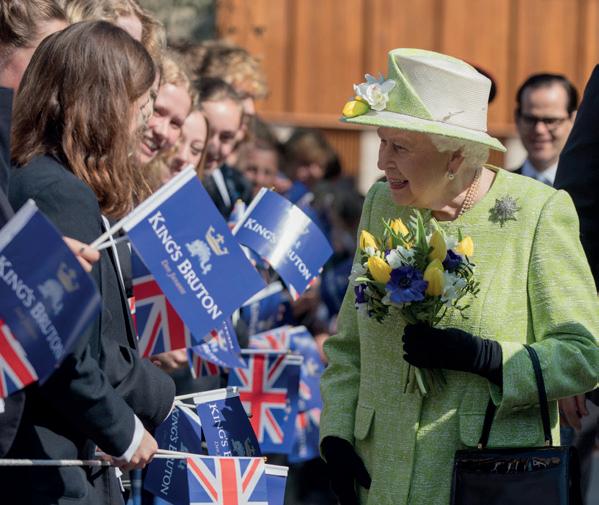




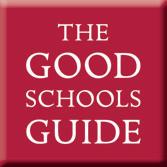

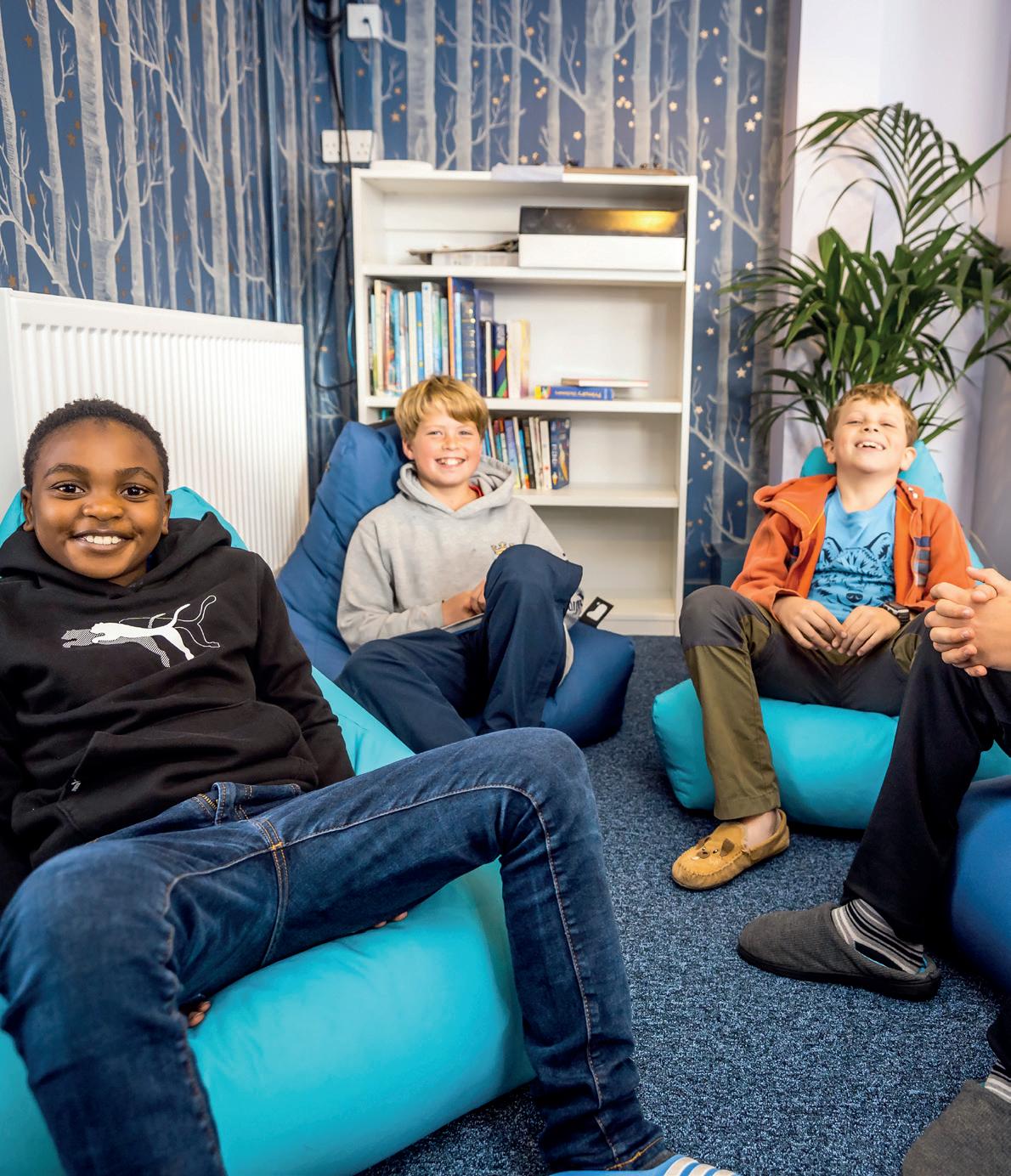
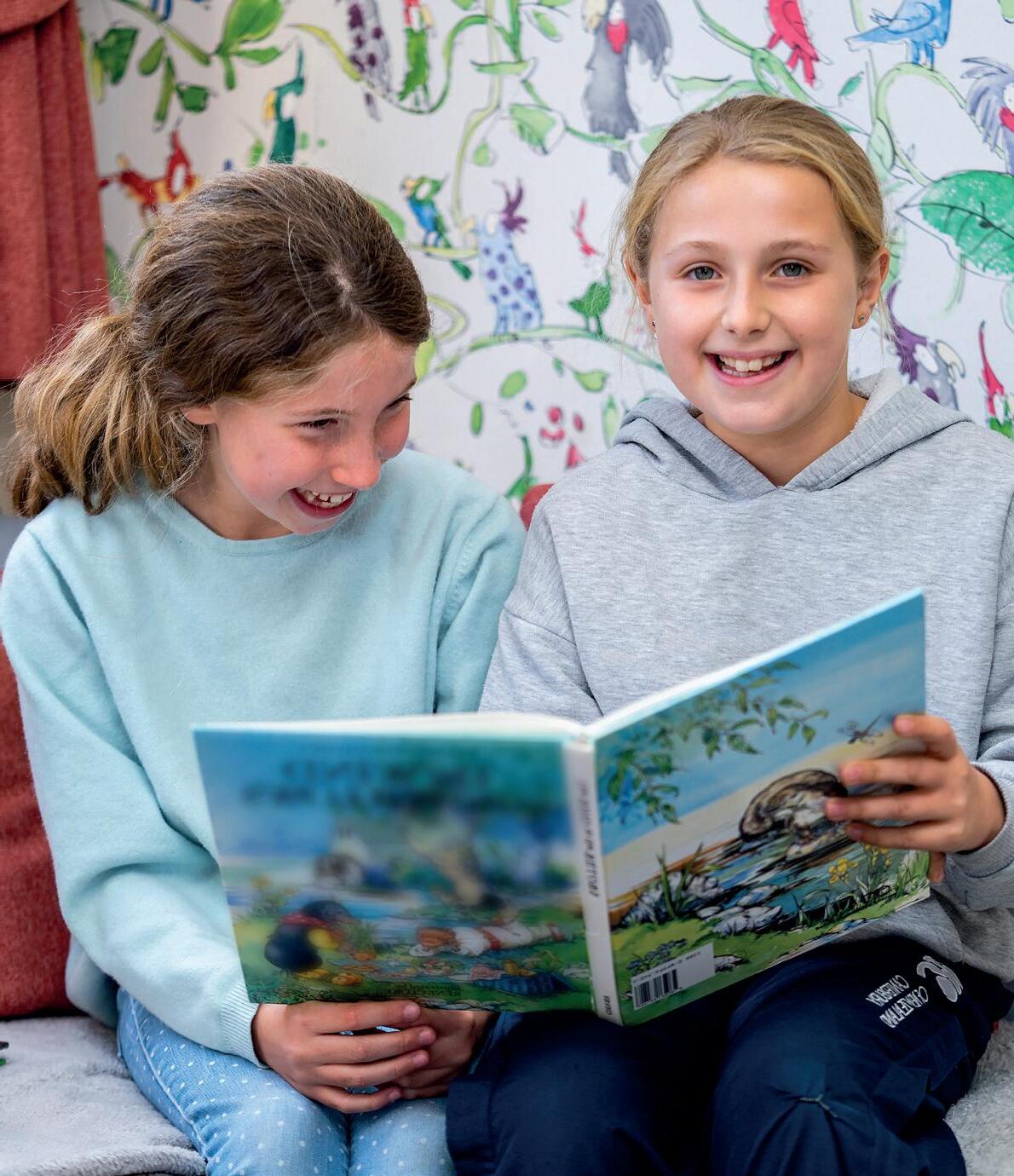
Members of the community joined students, parents and staff from Gordon’s in West End, Woking for the Parade and Service of Remembrance in November around the Parade Square at the school, taken by the School Chaplain the Reverend Graham Wright.
Dressed in their Blues uniform and accompanied by the Pipes and Drums – a unique feature of Gordon’s that has been part of the school since its inception over a century ago – the student body marched and remembered the sacrifices of so many, including the 155 former students killed in action during World War One, 31 in World War Two and Gordonian Darryl Gardiner and affiliated staff member Steve Curley, both killed in Afghanistan.
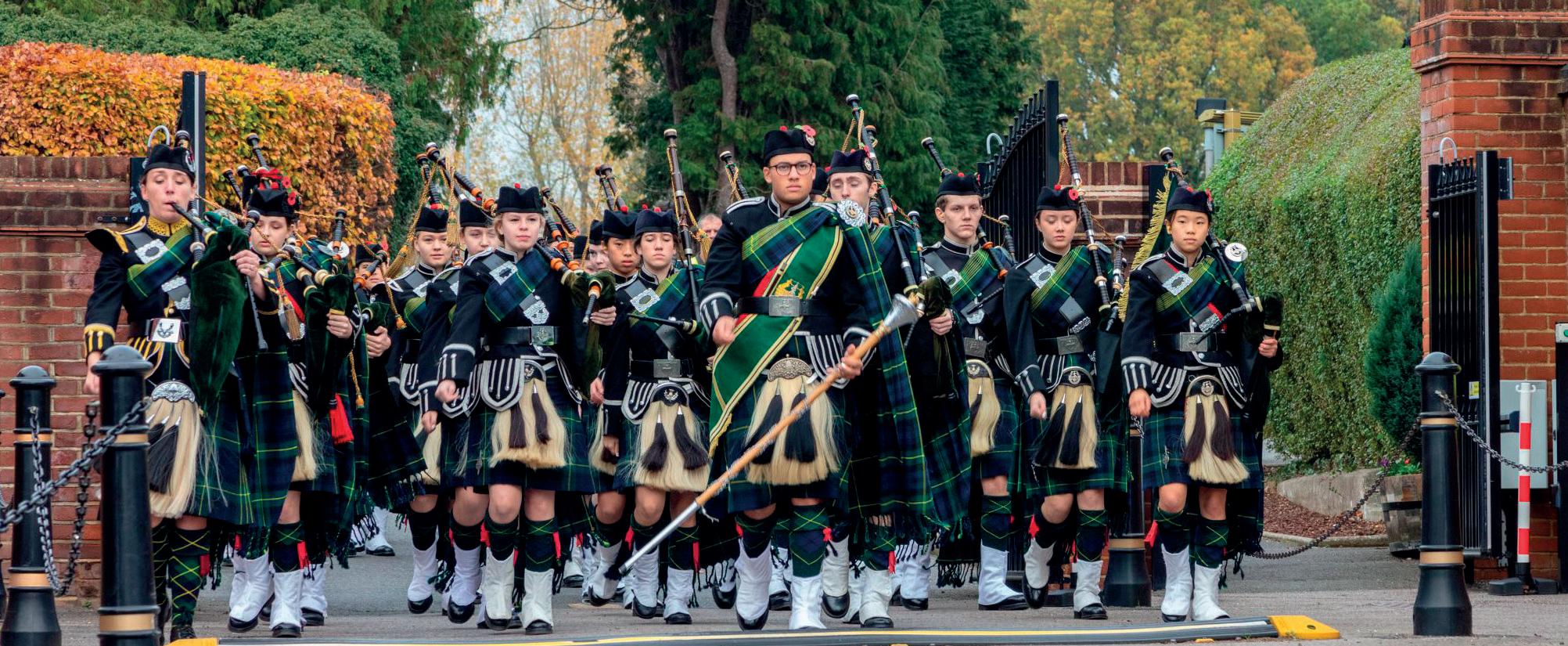
Poppy wreaths were laid by Mrs Jane Valner, on behalf of the Gordon Foundation Trustees; Gordonian Jessica Kruger for the Gordonians; and Gordon’s School Sergeant Major Isabelle Fleming for students and staff.
Staff, students and their families – many of whom are currently serving their country in the Forces – observed the two-minute silence, preceded by The Last Post played by trumpeter Jess Fowler. The Reveille was performed by trumpeter Ben Hallett. The Exhortation was read by the Chairman of Governors Mrs Jane Valner.
Pipe Major Lucy Massie piped the Lament.
In his address during the Remembrance Sunday Chapel Parade, the Reverend Wright said: "…Sacrifice is the supreme act of love. The exact opposite of the ‘me culture’ where ‘self comes first’. Acts of sacrifice for others are at the heart of the Gordon’s culture. It sums up the true value of stopping today to remember the fallen and taking the time to consider the direction of our own lives…”
Over 8,000 miles away in the Falkland Islands, Major John Balmer, Contingent Commander of Gordon’s School’s Combined Cadet Force (CCF) was laying a wreath at Port Stanley in remembrance of his fallen colleagues. Major Balmer was a section commander in the Third Battalion of the Parachute Regiment and was one of the 26,000 Armed Forces personnel deployed to the islands to fight in the war against Argentina 40 years ago.
The Pipes and Drums have been out in force over the past few weeks, raising money for the Royal British Legion and performing in 12 engagements connected with Remembrance. As well as playing for commuters at Cannon Street Station as part of London Poppy Day, they performed for travellers at Gatwick Airport and took part in the Poppy Appeal Concert alongside the Surrey Police Band. After marching in the Parade at Gordon’s, some went on to perform at half time at the Aldershot Town FC v Grimsby Town FC v Maidenhead Remembrance Match and others attended the Chobham Remembrance Parade.
Headmaster Andrew Moss commented: ‘We are proud to honour and recognise the contribution and sacrifice made by students from Gordon’s as well as the men and women from the wider community and across the Commonwealth.’
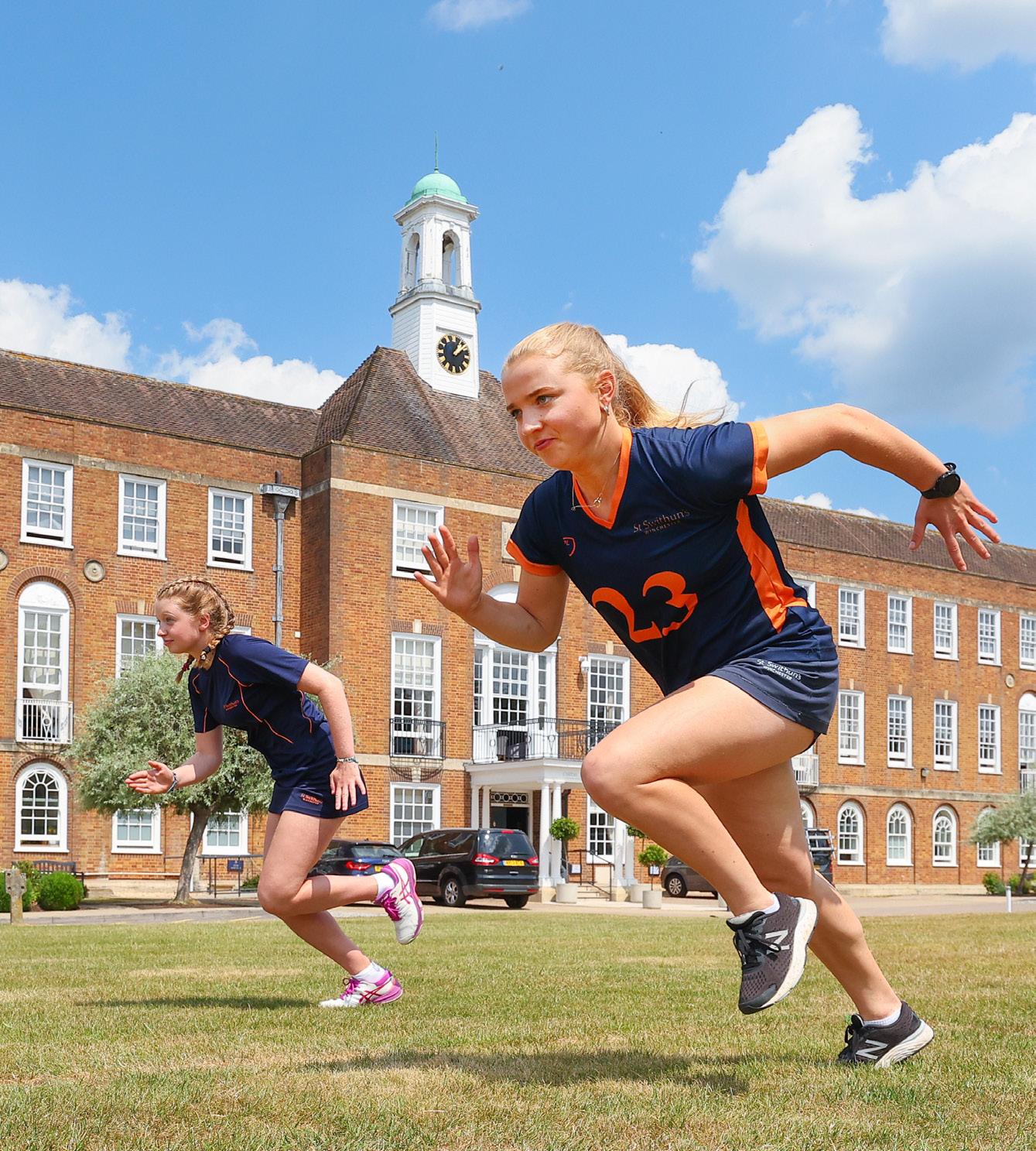
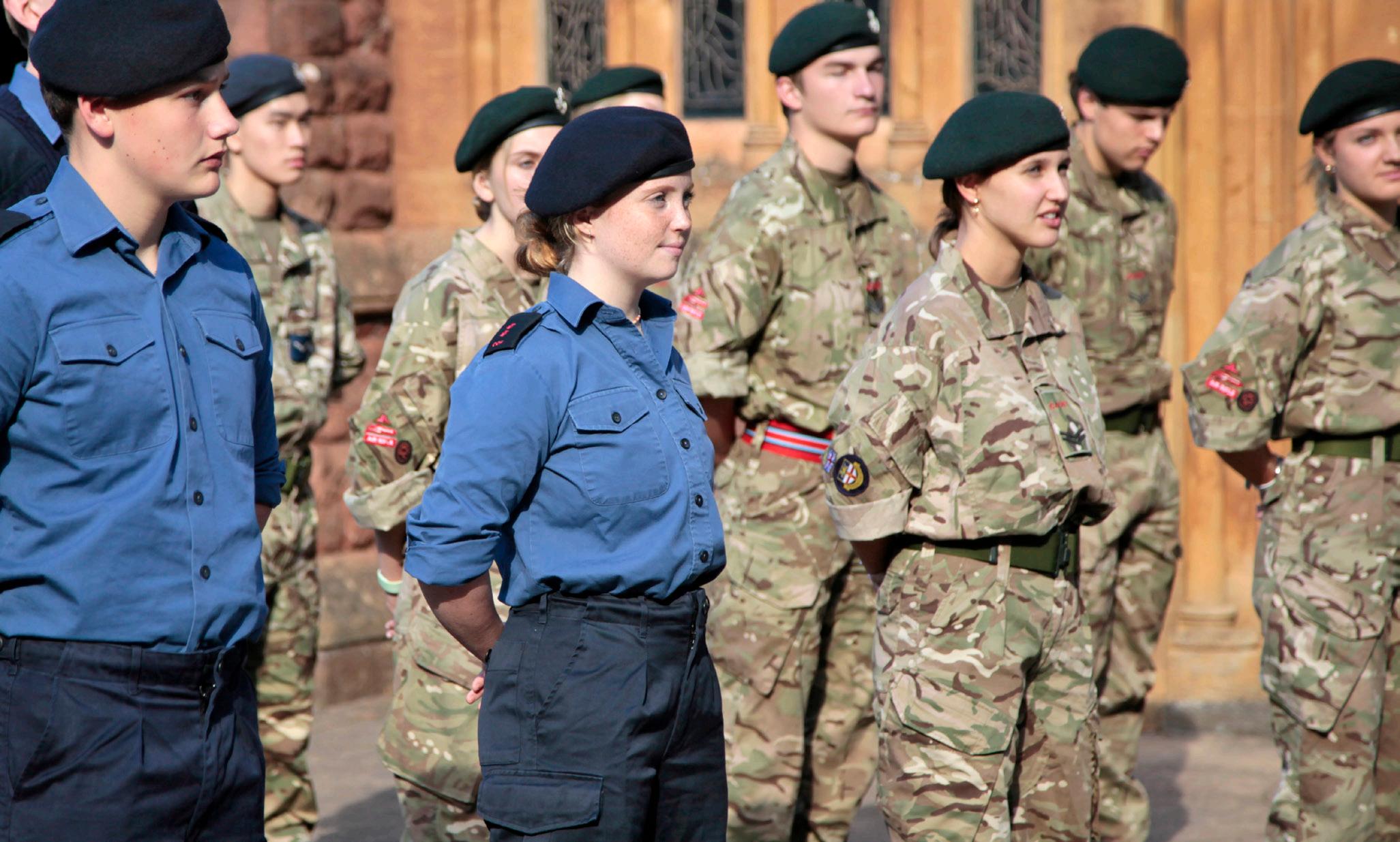
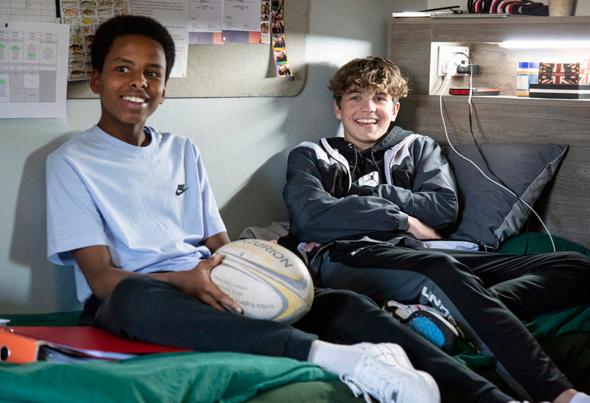
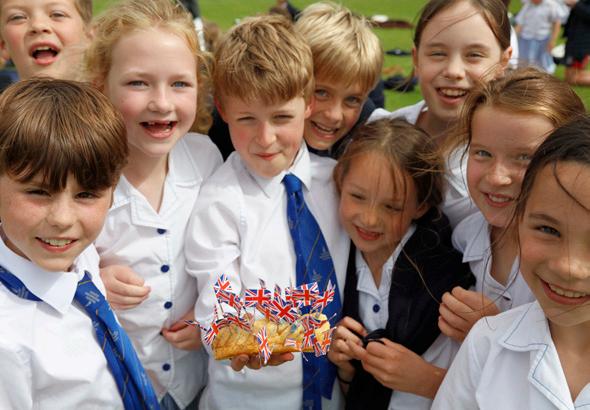


With both of Caspar’s parents having been in the Army, ‘home’ has changed frequently. In the four years since he joined Sherborne, he has lived in four different houses in three different countries. During his GCSE year alone, he moved house (and country) each term: Christmas term –UK, Easter term – Italy, summer term – Germany.
While his family has moved across Europe, Sherborne has been a constant. Full boarding has meant that his educational experience has been uninterrupted by moves that might otherwise have severely disrupted his progress. As an overseas boarder, full-boarding Sherborne is perfect as everyone is ‘in’ on the weekends and there is a fantastic communal atmosphere. Despite living a great distance away he feels he does not miss out on not having his family nearby. It is also great not to be in an Army environment all the time.
As an all-boys school, the link with the nearby Sherborne School for Girls gives balance and allows him to see his sister while simultaneously giving them distance (so that he does not need to see his sister!). Sherborne’s proximity to the train line is also great as it allows him to commute to London and gives access to airports, allowing him to travel to and from Heathrow and Gatwick with ease when travelling home.
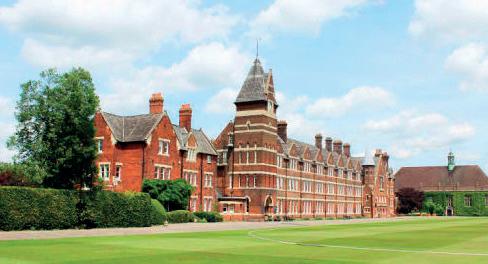

Felsted School, an independent boarding and day school in Essex, has been named top boarding school in the UK by the Times Educational Supplement (TES). The school was recognised by a panel of expert judges including school leaders and education researchers, not just on the basis of academic achievement, but on the ‘innovation, imagination and effort that goes into developing children in ways that go beyond the league table’, according to TES. Dubbed the ‘Oscars of Education’, the TES Schools Awards is now in its landmark fifteenth year and celebrates the extraordinary commitment, quality and innovation shown by teachers and support staff across the UK.
TES Awards Judge, Gwen Byrom, said, ‘We were impressed by the way topics such as diversity and inclusion as well as sustainability were woven right through the school and not just standalone programmes or initiatives. The school is also bucking the trend with their incredible over-subscription for admissions: this is clearly a fantastic school that people want to send their children to.’
Central to the education Felsted offers is a forward-looking academic programme, which is constantly evolving to embrace the latest thinking, approaches and technologies to offer pupils an education fit for the twenty-first century. Alongside this programme are opportunities for pupils of all ages to discover their talents for and enjoyment of sport and the arts, as well as a range of activities, clubs and societies designed to develop the personal attributes and characteristics that will enable each Felsted pupil to make an active contribution to society and to find fulfilment in adult life.
‘We are delighted to win this prestigious award, which recognises the hard work being put in across the school by pupils, staff and parents,’ comments Chris Townsend, Felsted Head. ‘We are incredibly proud of what all the staff at Felsted do on a dayto-day basis to make it the boarding school that it is. It’s only through everyone’s immense efforts that we’re able to make such a difference. Felsted is more than just a school, it is a way of life, and the boarding ethos helps to make it such a strong community. Through this, students are encouraged to develop as individuals and to go out and make a positive difference in the world, wherever they end up and whatever they are doing.’
The Sherborne Sports Centre team emerged victorious at the Sherborne Castle Fair Dragon Boat Racing Competition. The event showcased the teamwork and camaraderie of the Sherborne Sports Centre team as they secured a resounding victory, having never entered the competition before.
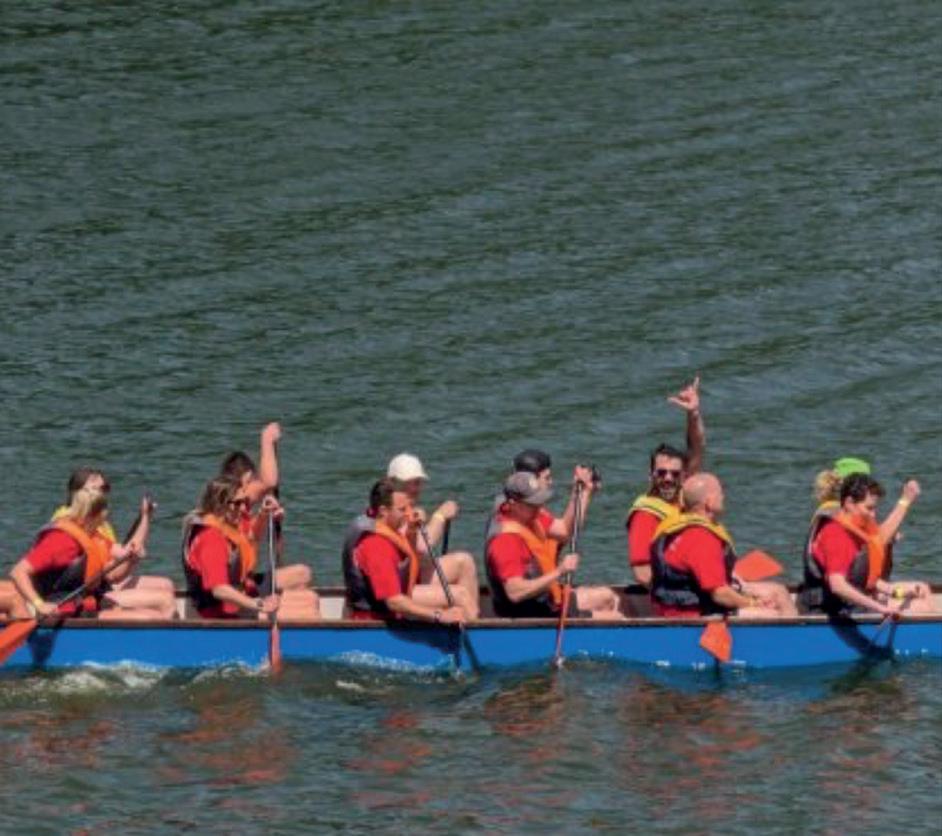
The Sherborne Castle Fair Dragon Boat Racing Competition, known for its spirited atmosphere and intense competition, brought together local sports enthusiasts, dragon boat racing aficionados and large crowds of spectators. The event took place on the lake of Sherborne Castle, where teams battled it out in a series of thrilling races that culminated in a final showdown between the fastest teams on the day.
Sherborne Sports Centre team consisted of members of the Sports Centre and staff from all areas of Sherborne School, led by team captain Milly Carter. Commenting on the victory, Tess Kelly, Deputy Manager of Sherborne Sports Centre said, ‘We are thrilled to have emerged as the champions of the Sherborne Castle Fair Dragon Boat Racing Competition. With the exciting opening of our new Sports Centre just a few months away, this is a wonderful moment to celebrate in amongst the disruptions and challenges staff and members have faced. We are truly delighted to be able to cement our place in the community as a Sports Centre where our members are genuinely like our extended family.’
Sherborne Sports Centre is committed to promoting fitness for all. Offering a wide range of sporting activities and state-of-theart facilities, Sherborne Sports Centre welcomes new members and proudly supports everyone to pursue an active and healthy lifestyle.

Excellent GCSE & A Level results


Outstanding pastoral care
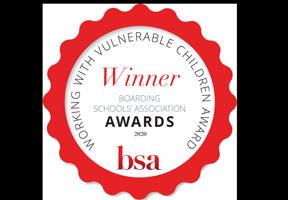

Affordable state boarding for 11-18 year olds
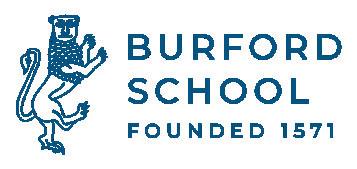
Each term we hold Boarder Open Evenings and Open Mornings, to register for our events scan one of the QR codes below:




Wymondham College Prep School


College and Sixth Form

On Armed Forces Day, Stonyhurst announced that it has signed the Armed Forces Covenant, a promise that those who serve or have served in the Armed Forces of the Crown, and their families, are treated with fairness and respect in their communities, economy and society for which they serve with their lives. By signing the Covenant, Stonyhurst is reinforcing its commitment to supporting the Armed Forces community by continuing to welcome Forces families, fostering relationships between the school and the Armed Forces, and supporting employment opportunities for veterans, service spouses and partners.
In supporting those who serve and have served and their families, and the value they bring to the community, Stonyhurst will seek to uphold the principles of the Covenant by: promoting that it is a military friendly organisation
• enabling pupil bursaries to qualifying members of the Armed Forces community subject to standard procedures; supporting Armed Forces families throughout their time at Stonyhurst, particularly before, during and after a parent’s deployment
• supporting the employment of veterans, recognising military skills and qualifications in their recruitment and selection process
• striving to support the employment of Service spouses and partners; offering a degree of flexibility in granting leave for Service spouses and partners before, during and after a partner’s deployment
• supporting employees who are members of the Reserve Forces; supporting any mobilisations and deployment; actively encouraging members of staff to become Reservists
supporting employees who are volunteer leaders in military cadet organisations, granting additional leave to attend annual training camps and courses; actively encouraging members of staff to become volunteer leaders in cadet organisations; supporting local military cadet units; recognising the benefits of employing cadets/ex-cadets in the workforce
• actively supporting Armed Forces Day, Reserves Day, the Poppy Appeal Day and Remembrance activities.
Stonyhurst has a long and proud history of welcoming Forces Families and it recognises that Forces life can disrupt the continuity of education for children and that a long-term, stable environment provides more opportunities to develop all-round potential. The school has one of the most generous fee support packages of any school, with families in receipt of the Continuity of Education Allowance (CEA) paying no more than 10 per cent of fees.
Stonyhurst’s Chair of Governors, Anthony Chitnis, said: ‘Stonyhurst proudly supports Forces families, and all who have served around the world. Signing the Covenant is particularly relevant to Stonyhurst given the school’s community of Armed Forces families and its established Combined Cadet Force which shapes many of our young people. The Armed Forces Covenant is a public pledge of support for those that serve, and I am delighted to be the signatory to Stonyhurst’s new Covenant.’
Stonyhurst supports those who wish to pursue careers in the forces through its Combined Cadet Force (CCF) which was established in 1900 and is led by a team of officers under a Major assigned to the school. It meets weekly and comprises platoons named after Stonyhurst’s seven Victoria Cross winners. Pupils join the CCF in Lower Grammar (Year 9) with opportunities for leadership positions in their senior years. Pupils are taught the core skills that the army provides – integrity, loyalty, leadership and discipline.

The two charitable trusts that own Sherborne Girls and Hanford were formally merged in September 2023. This new partnership provides an exciting opportunity for closer working between the two schools, while ensuring that each school remains independent and retains its unique character and ethos.
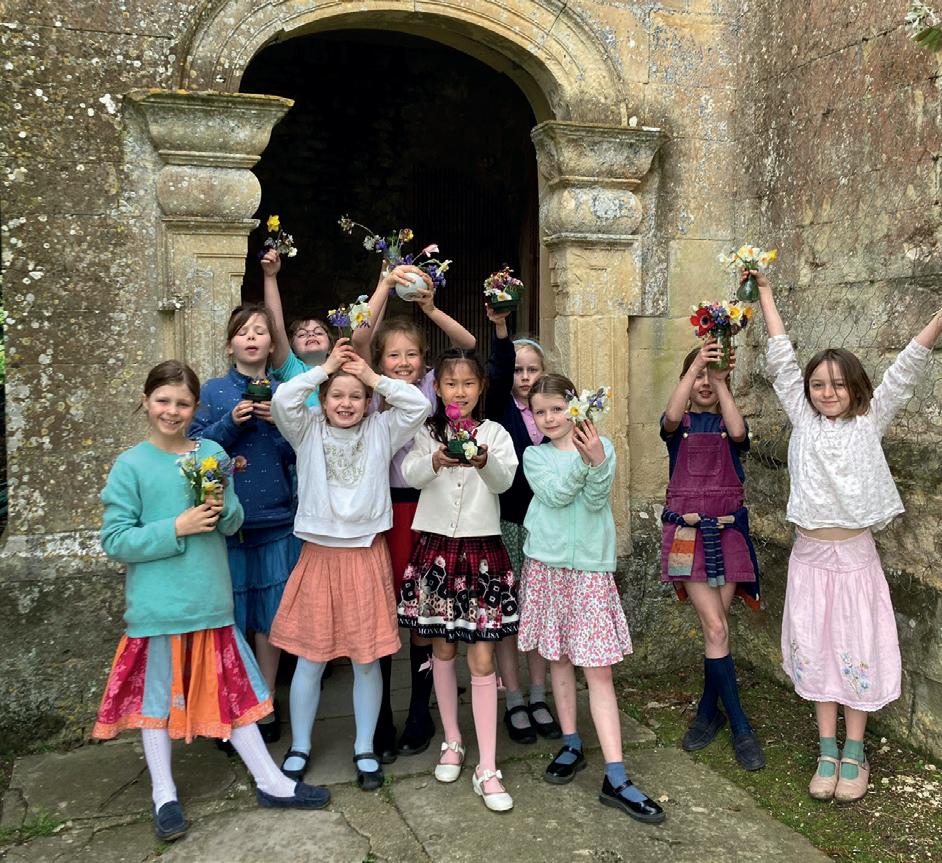
For many years Hanford and Sherborne Girls have benefited from a close relationship, underpinned by shared values, a Christian foundation and a commitment to the advancement of girls’ education. Both schools are renowned for their dedication to fostering individuality, academic enquiry and excellence, character development and a holistic education, and for preparing girls for success in a dynamic and rapidly changing world. Many Hanford families send their daughters to Sherborne Girls; indeed Sarah Canning, the daughter of Hanford’s founders, was herself at Sherborne Girls.
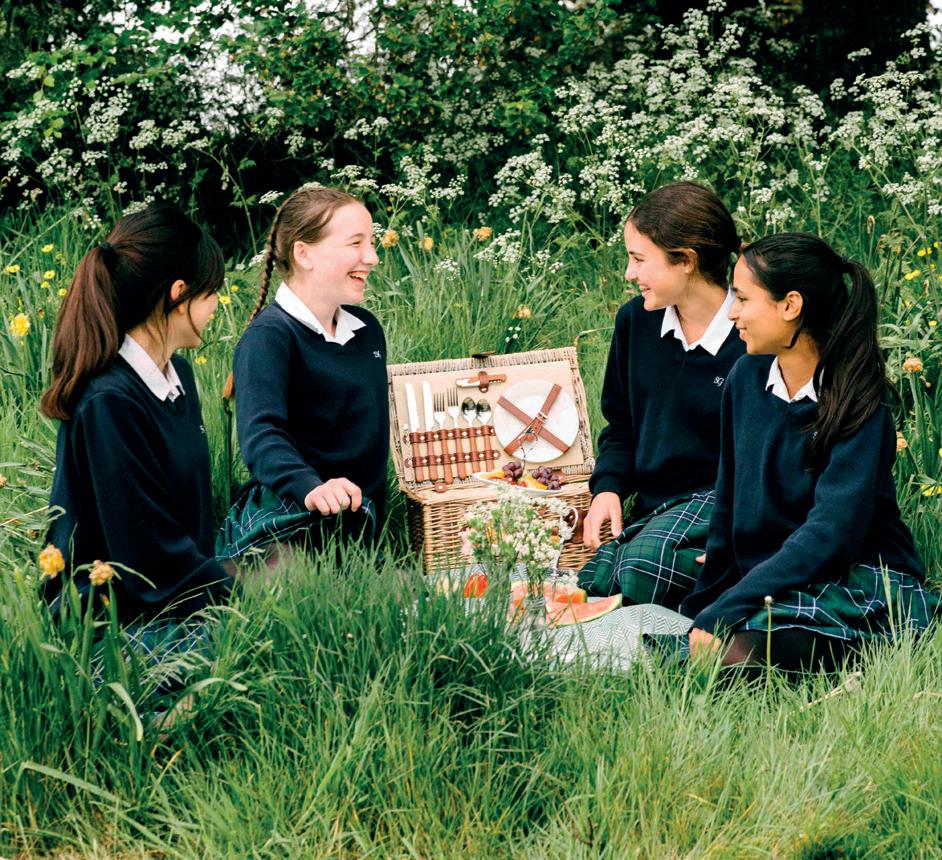
The partnership reflects Hanford’s and Sherborne Girls’ commitment to innovation and collaboration, enabling each school to benefit from shared resources, knowledge and experience, allowing for greater educational and financial agility and resilience, as well as creating exciting opportunities for growth and development.
Hanford and Sherborne Girls will each remain on its current site and retain its name and identity. Where practical and beneficial, the schools will share aspects of their offering to enhance the girls’ educational experience. Hanford will continue to prepare girls for entry and scholarship to a wide range of senior schools. Both schools will remain committed to enhancing the educational opportunities for girls in a supportive environment, underpinned by a breadth of opportunity and exceptional pastoral care.
Louise Hall, Chair of Governors at Sherborne Girls, said, ‘Having grown up locally and gone to Sherborne Girls myself, as did my daughters, I have always been aware of the close relationship and synergies between Hanford and Sherborne Girls. This partnership reinforces the importance of girls' education and is an exciting next step for both schools. While preserving our unique identities, we can be stronger together for the benefit of our pupils and staff today and for generations to come.’
Chair of Governors at Hanford, Andrew Hussey said, ‘I fully understand and appreciate the importance of providing a firstclass education for girls and having had my own daughter at Sherborne Girls, I couldn’t be happier that the two schools are going to be working so closely together long into the future. Joining forces with Sherborne Girls not only enhances our provision but helps safeguard our future as a leading girls’ prep school.’
Dr Ruth Sullivan, Head at Sherborne Girls added, ‘I am thrilled that Sherborne Girls will be working more closely with Hanford. This is a fantastic opportunity for the schools to collaborate, share and learn from each other and in so doing broaden and deepen the educational offering to the girls and strengthen the futures of both schools.’
Hilary Phillips, Head of Hanford from September, commented, ‘Having worked in prep and senior schools, I understand the way both types of school can work together to create a wonderful offer for their pupils. I am confident that this new partnership will strengthen and enhance Hanford and Sherborne Girls and am looking forward to building on the many opportunities the new collaboration will bring.’
SHERBORNE GIRLS AND HANFORD FORM NEW PARTNERSHIPIn 2023 Wellington College was shortlisted for Excellence in Creative Arts and Best Use of Technology in the TES Schools Awards. These ‘Oscars of Education’ celebrate excellence in state and independent schools.
Master of Wellington College, James Dahl, said: ‘We are delighted to be shortlisted in two TES Schools Awards categories that reflect the innovation and creativity that lie at the heart of teaching at Wellington. The arts are woven into every aspect of school life and we are increasingly finding new ways to use cutting-edge technology to provide our young people with the knowledge, skills and experiences to shape a better world.’
For the Excellence in Creative Arts award, Wellington was nominated for the Festival of Musical Theatre which was created and organised by pupils Ollie Perry and Jasper Kirkby. The festival was set up to raise money for two charities, Autistica and the Cerebral Palsy Trust. Ollie and Jasper wanted to fundraise in memory of Ollie’s brother, Charlie. Wellington partnered with local state schools – St Crispin’s, Garth Hill College and Edgbarrow – to perform the concert which raised £5,270 for the charities. Wellington received the Artsmark Platinum Award in March in recognition of the outstanding range of arts opportunities for pupils and the impact of the Wellington College Arts Fund.
For Best Use of Technology, Wellington was nominated for its Big Gold Box project, a fully immersive portal packed with AV technology that allows pupils to have transformative conversations and experiences with other communities from around the world, including Rwanda, India, Mexico and Palestine. The College shares access to the portal with eight of its partner schools, including local state schools such as Bohunt, King’s Academy Easthampstead Park and Sandhurst School.
TES editor and chief judge of the TES Schools Awards, Jon Severs, said: ‘With these awards we honour the education community, whom we have served for over 112 years. This year has seen some incredibly high quality entries. So every teacher and school who has been named in this shortlist should be very proud – it’s a fantastic achievement.’
It’s been an exciting time in the Taunton Prep School boarding house – or Thone House as it’s known. It has recently received a full renovation, giving boarding pupils a cosy and fun environment that they can make their own. It’s now equipped with a girls lounge, boys lounge, Facetime room, common/ movie room and a homely matron’s room that have all been beautifully decorated to be bright and modern. Each of these rooms has been designed to allow the students space to relax in the evenings and weekends, do their homework with the support of the matron and boarding staff, and keep in touch with their families. The movie room is always a hit at the weekends!
As well as recently receiving an internal renovation, the grounds at Taunton School have also been developed. The addition of a new ‘Green Heart’ linking the Prep School and the Senior School has provided a new green space where students can relax. The space is filled with trees, plants, benches and archways offering Prep boarders a place to be surrounded by nature right in the heart of the campus. At Taunton Prep School we believe providing a safe, secure and fun environment is key to a child’s happiness and a successful educational journey. Our Prep boarders create a diverse community and whether they are from the local area, from military families, or are international students, we are a ‘home away from home’ for all.
In a recent Good Schools Guide review, the Head of Boarding at the Prep School, Kath Wells, who boarded from the age of nine herself, said: ‘We want boarding to be an extension of their own families.’ A parent also described the school’s boarding provision as its ‘X factor’. ‘My children are so unbelievably settled there,’ she said. ‘If they ever have a problem, nothing is ever left to fester. The boarding staff are on it straightaway.’
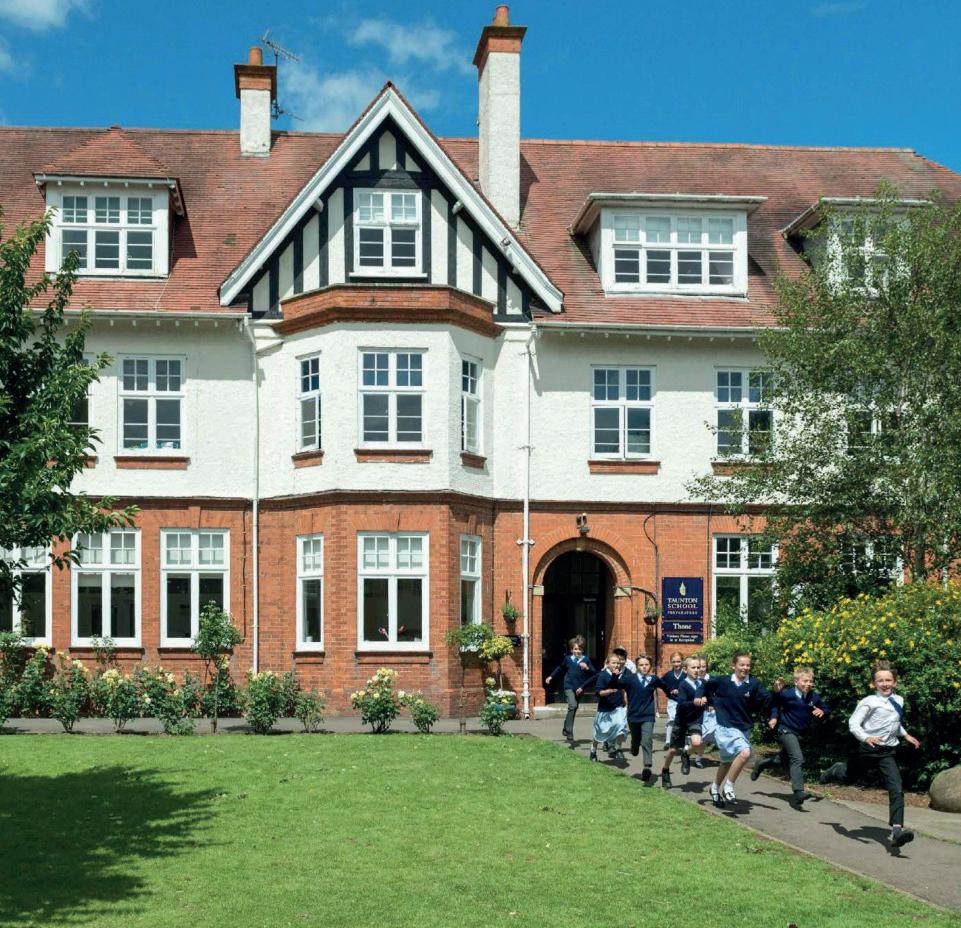
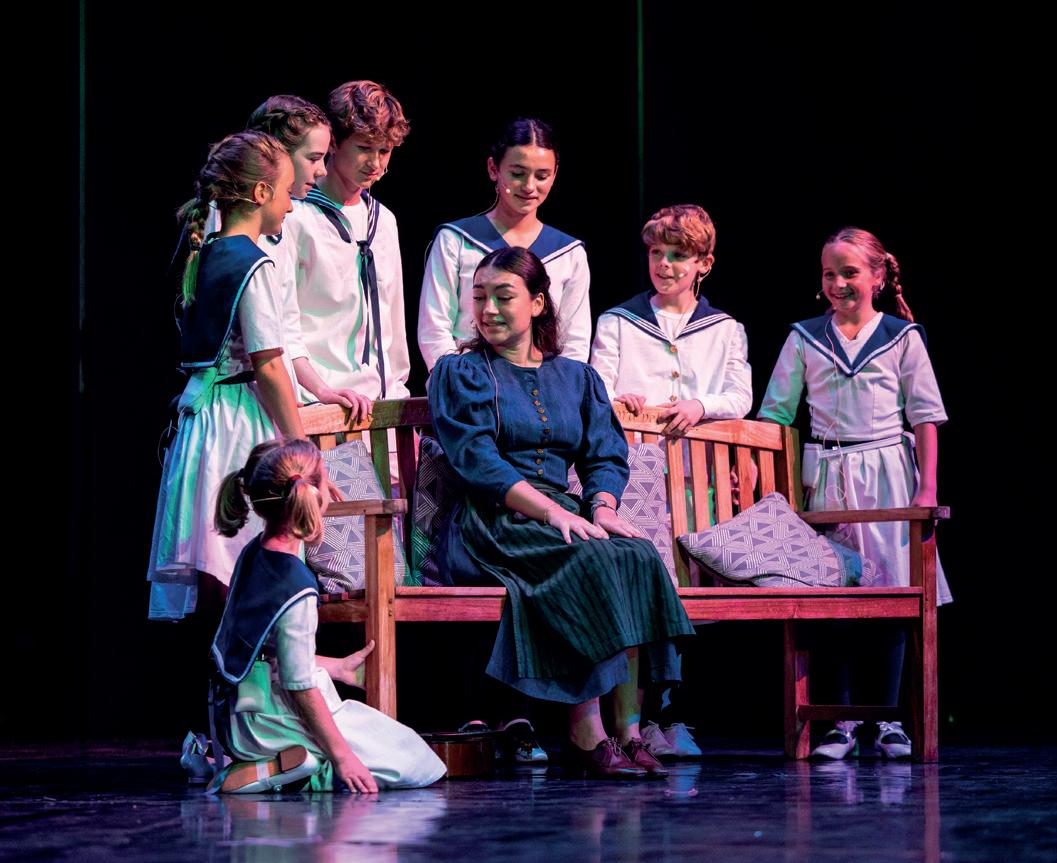
The aim of Continuity of Education Allowance (Board) (CEA(Board)) is to assist Service personnel to achieve continuity of education for their children that would otherwise be denied in the maintained day school sector, due to the mobility of their family as a consequence of consecutive assignments.
Eligibility to claim the allowance is set out in Joint Service Publication (JSP) 752, Chapter 14. To ensure that Service personnel have been advised on the best options for the education of their child, and provided with the information available, they must contact the Defence Children Services (DCS), Education Advisory Team (United Kingdom) (EAT) (UK) for advice before an initial application for CEA may be submitted or when any change of school is being planned.
On completion of the advice process, the EAT will provide you with an individually serial numbered CEA Eligibility Certificate (CEA EC) application form for each child for whom you are eligible to claim CEA.
EAT (UK) is part of the Defence Children Services (DCS). It consists of a small team of educational professionals and advisers who are there to support the parents of all three Services with any issue linked to their children’s education.
The fastest and simplest way to contact EAT (UK) is always by email. EAT (UK) will offer support and guidance on the CEA process.
CONTACT
If your child has Special Educational Needs or Disability (SEND), this should not stop their admission to a boarding school. In certain limited circumstances an allowance for SEND support may be available and the details are all contained in JSP 752. It is vital you speak to EAT(UK) about this.
Decisions around your child’s education are some of the most profound you will take as a family. By seeking information, advice and guidance at the earliest opportunity you will put yourself in the best position for everything to work well.
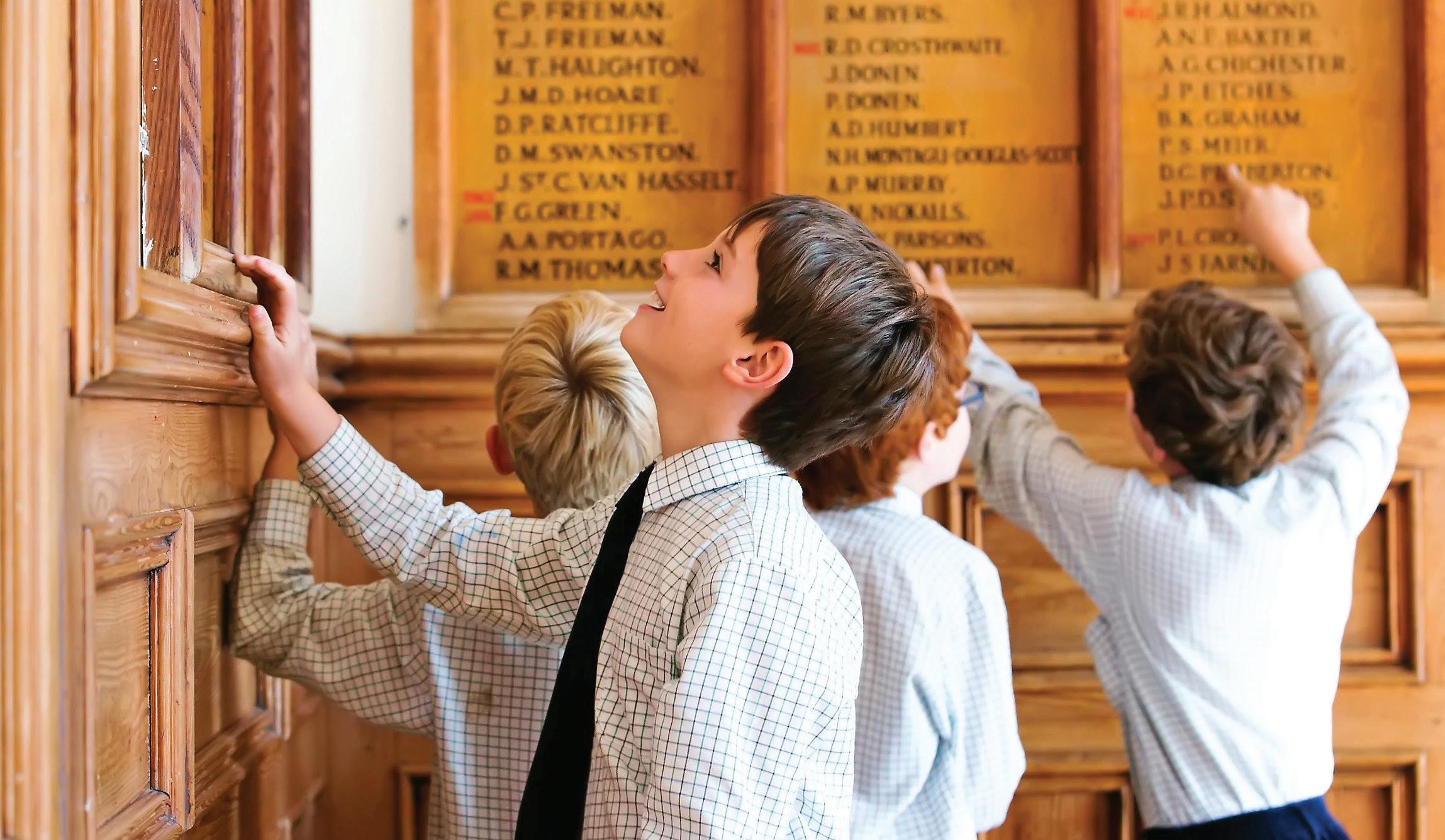
Defence Children Services (DCS) – Education Advisory Team UK (EAT)
Building 183 Trenchard Lines, Upavon Pewsey
Wiltshire SN9 6BE
Email: RC-DCS-HQ-EAT@mod.gov.uk
Photo with kind permission of Ludgrove School“Standardsachievedinmusicareexceptional” - ISI report 2023
We are one of five specialist music schools in the UK with a reputation as a centre of excellence.
To arrange a visit: admissions@wells.cathedral.school https://wells.cathedral.school/music
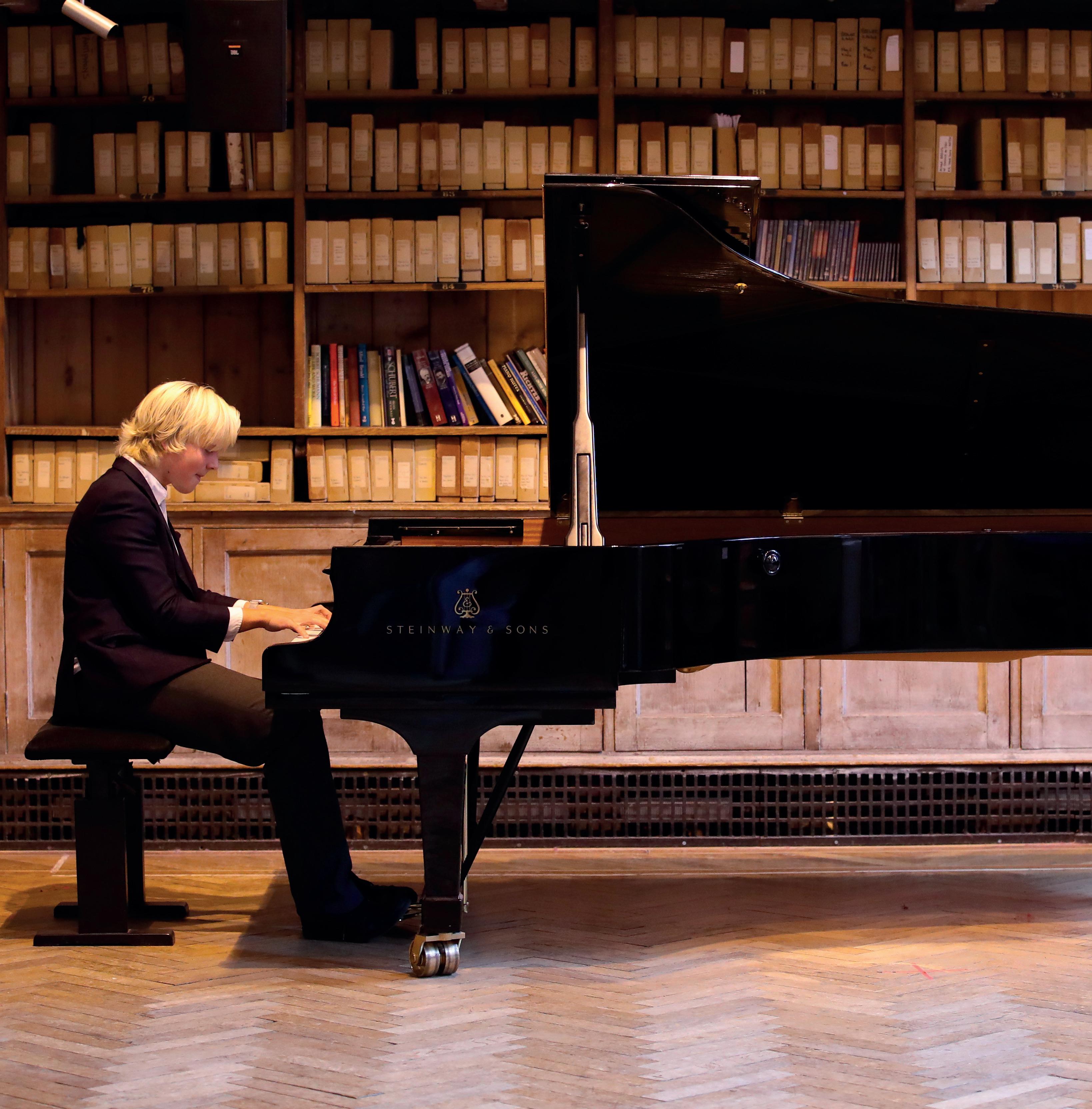
Boarding schools continue to be popular in the twenty-first century, offering exceptional education and extracurricular activities with round-the-clock pastoral care.

The 2023 ISC Census is based on a survey carried out in January 2023. It shows that 70,123 pupils were registered to board at any point during the 2022–23 academic year. Overall, 434 schools, representing 32 per cent of all ISC schools, have some boarding pupils.
Parents are able to choose between different types of boarding to suit their child. Although full boarding remains most popular overall, the pattern appears to be changing with weekly and flexi boarding becoming more popular. In 2016, 15.7 per cent of boarders were weekly or flexi boarders. In 2023, the figure was 21.2 per cent. Many working parents value the flexibility of these boarding options.
There are variations between different age groups. For the sector as a whole, 12 per cent of pupils at ISC schools board. At sixth form this proportion more than doubles to more

than three in ten of all pupils. For junior pupils this proportion is significantly lower, with only 2 per cent of pupils boarding.
International pupils bring a global perspective to our schools and enrich the community. The 2023 ISC Census shows there are 25,469 non-British pupils at ISC schools whose parents live overseas. Pupils from Hong Kong comprise the largest group in this category. 2,073 pupils at ISC schools are from Ukraine. Of these, 786 have both parents remaining in Ukraine and 1,104 are new to ISC schools.
The parents of these pupils choose British schools because they are keen for their children to master the English language, they understand the significance of extra-curricular activities as part of a wide education, and they know attending a British school may be the best way to gain admission to a British university.
Some boarding and day schools have set up franchise schools abroad. While I was headmaster at Harrow, we built schools in Thailand, Beijing and Hong Kong. These schools pay a fee to the British school which
helps to keep down the fees paid by parents and can be used to fund transformational bursaries at the school. In return, the British school provides advice and monitors the franchise school in a way which guarantees standards.
In 2023, average fee increases were 5.6 per cent. This is similar to government figures of wage inflation, meaning fees have grown only slightly in real terms. A total of 183,434 pupils now receive help with their fees, representing 35 per cent of all pupils. The value of this help totals over £1.2 billion, an increase of 5.9 per cent on the previous year.
This reflects the long-term aim of our schools to increase bursary provision and widen access. Over the last 15 years, there has been a consistent trend of schools providing increasing amounts of fee assistance to pupils.
More than 40,000 pupils receive meanstested bursaries, valued at £494 million in 2023. The average bursary is worth £11,807 per pupil per year.
‘Photo with kind permission of Gordon’s SchoolBoarding schools have many advantages:
• They are able to offer a wide range of extra-curricular activities to a high proportion of pupils because more time is spent by pupils on the school grounds. They also tend to attract staff who want to be involved in sport, music or drama at a high level.
• Boarding schools take pupils from all over the country and all over the world. This is a valuable educational experience in itself: the opportunity to know people from many walks of life and from many different cultures.
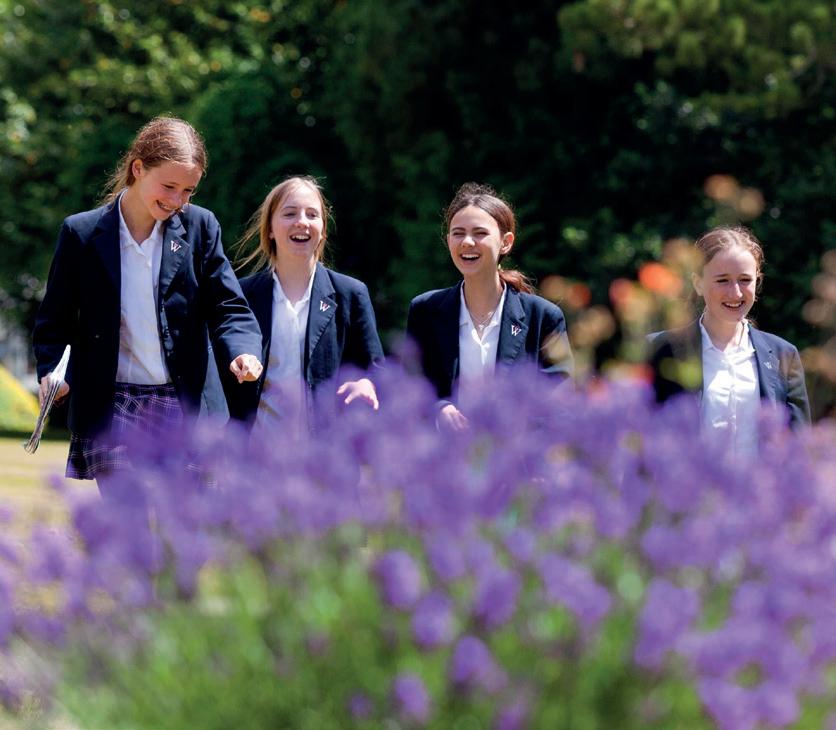

• And of course, boarders do not have to travel to school, something which can be challenging in some parts of the country.
The boarding environment is positive and fun, but remember:
• Boarding houses can be noisy places full of other children.
• Being away from home will be a new experience for children and their parents.
• Boarding requires substantial investment. However, overall more than a third of ISC school pupils receive help with their fees.
Choosing to board is a personal decision for parents to make with their child – and with support and advice from their chosen school. Every school is different and details of individual schools can be found on their websites, or through the Independent Schools Council (ISC) website.
The ISC is a membership organisation that brings together seven education associations and works on behalf of more than 1,395 independent fee-charging schools in the United Kingdom, which educate more than 550,000 children every year. The ISC has three main functions, covering policy and public affairs, media and communications, and research and data. The aim of the ISC is to be a service organisation, promoting and protecting the independent education sector.
Importantly for our members, the ISC provides a central base in London where all types of independent schools (prep schools, mixed and single-sex, academically selective and non-selective, day and boarding) can come together to discuss issues of common interest. Parents can find information about all ISC schools at www.isc.co.uk
Barnaby Lenon won the Cambridge University Prize for Education, taught at Eton for 12 years, was Deputy Head of Highgate School, Headmaster of Trinity School Croydon and Head of Harrow (12 years). For eight years he was the founding chair of the London Academy of Excellence, a state free school in East London. He has been a governor of 22 schools and is a trustee of the 12 independent and state schools in the King Edward’s Birmingham Foundation. For six years he was on the board of Ofqual.
He is Professor of Education at the University of Buckingham, Chairman of the Independent Schools Council (ISC) and a trustee of the charity Yellow Submarine. He has published two books, Much Promise: successful schools in England and Other People’s Children: what happens to the academically least successful 50%? He is one of the most widely quoted educationalists in the media. In 2019, he was awarded a CBE for services to education.
What makes a good boarding school? Visiting a school certainly gives you a sense of the atmosphere, grounds and local area and you should try to visit if possible. I always think choosing a school is like buying a new house – you may not immediately know you want it but you usually know if you don’t want it within the first few minutes of walking in!
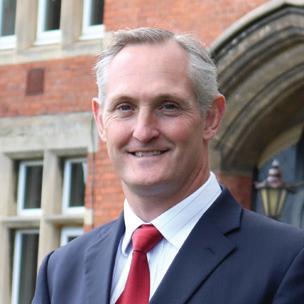
On a visit to a prospective school, look at the way pupils treat each other and the staff – and by this, I mean all staff whether they are the Head or Head Groundsperson. Look at how the staff treat the pupils and the relationships pupils have with each other. Are the classrooms vibrant, energetic and pupil-focused? Are the pupils clearly enjoying stimulating and active lessons? Are the boarding houses warm, friendly and welcoming? Is there an obvious pride in the appearance of the school and the way in which the grounds and buildings are looked after and presented? These are some of the questions I ask myself when walking around a school and they give a good insight into the school’s values and ethos.
In any good school, pupils should be able to achieve their academic potential, and it should be a given that
the value-added scores for all boarding pupils are significantly higher than the national average. The smaller class sizes, individualised approach and careful monitoring by tutors and housemasters and housemistresses in the evenings ensure pupils are supported and well taught. However, a good boarding school will do much more than this. It will inspire pupils’ love of learning, develop their creativity of thought and give them opportunities to develop independence in their education and more generally in their lives. Good boarding schools see the academic side of the school as not just a discrete stage in an education on the way to university, but as part of the educational journey that continues for the rest of a pupil’s life. A boarding education gives pupils the skills and attributes they need to thrive at university and in the twenty-first century world.

A key outcome of a good education is the development of lifelong learners. This means developing a mindset that we can always do better and creating a desire to improve our skills, attributes and approach to solving problems and overcoming obstacles. Genuinely producing lifelong learners is not simply about cramming for exams and teaching to the test. It is about inspiring pupils, enthusing them to work independently and empowering them to question, be self-critical and stand up for what they believe in.
Another essential element of a good boarding school is the excellent pastoral care provided by the ‘school family’. As well as being in smaller class sizes, boarders receive pastoral support from housemasters and housemistresses, tutors, the school chaplain, counsellors and the medical team, all working together to ensure that every individual pupil is known, appreciated, supported and developed.
Children must be given opportunities to stretch themselves, be independent and fail – the last being a really important element of education. In a good boarding school, pupils can do this in a safe and nurturing environment that can provide a high level
of support when needed. Learning how to accept defeat – and also learning how to win magnanimously – is taught through co-curricular programmes. Team sports develop camaraderie, leadership, teamwork and communication but a good boarding school also has a broad programme of activities in the evenings and weekends, catering for all pupils. This gives pupils opportunities to thrive in all areas, not just on the sports field. Expressing yourself creatively is an important part of any holistic education and so opportunities for art, music and drama are in abundance. Not all pupils want a starring or lead role, so you may also look for opportunities offered in, for example, scriptwriting, filmmaking and sound and lighting.
A good boarding school ensures pupils feel valued and an integral part of their school community, with an understanding of their role in the local and global community and a wide perspective on their individual responsibility to society. This comes partly from the charity and service opportunities in the school, but also from living in a diverse pupil population. Living in a boarding house encourages tolerance and an appreciation of difference. It allows pupils to develop their emotional intelligence and to recognise when others need support or are struggling – the bonds of friendship developed during boarding can last a lifetime. Soft skills are developed both explicitly and implicitly and these give boarding pupils a real advantage in the future – in their personal and public lives.
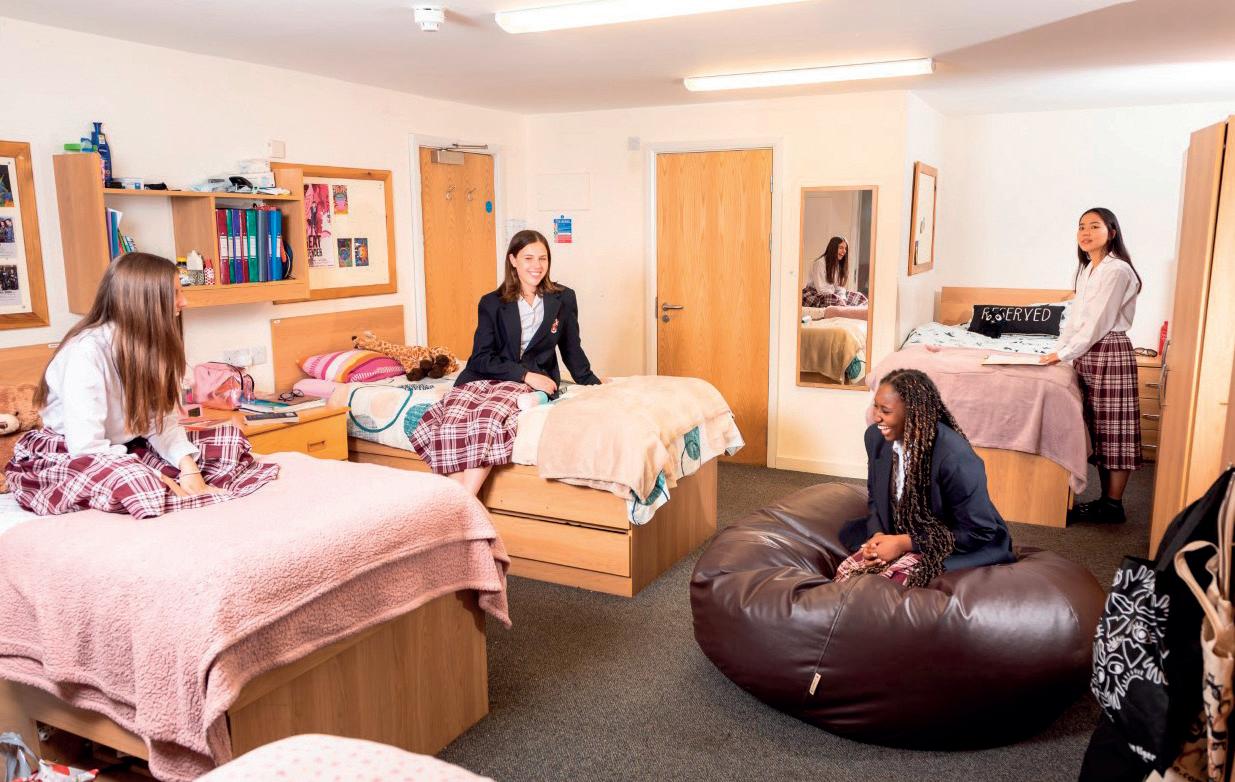
All boarding schools in the UK, state or independent, undergo some form of inspection of their boarding facilities, prioritising outcomes for children and young people and focusing on other key areas such as premises, facilities, policies and procedures.
From September 2023 all boarding schools in membership of one of the five independent school associations (GSA, HMC, IAPS, ISA, Society of Heads) will be inspected every three years by the Independent Schools Inspectorate (ISI) under a new framework called Framework 23, published in Spring 2023.
From September 2023 there will be a standard pattern of inspection every three years. Boarding inspection is carried out by a specialist team of boarding inspectors from the ISI. Inspection of boarding takes place alongside the inspection of education provision. The new framework is to be published on the ISI website, along with all current and future school inspection reports for each provider. ISI categorises provision as either excellent, good, sound or unsatisfactory.
State boarding providers and all independent providers who are not members of one of the associations listed above have their boarding inspected by Ofsted, using Ofsted’s Social Care Common Inspection Framework (SCCIF). Boarding is inspected by a team of specialist social care inspectors. The boarding inspection may be standalone or it may be aligned with the inspection of education provision by the relevant Ofsted team. Provision is judged to be outstanding, good, requires improvement or inadequate. A small number of independent boarding schools are classified as special schools and these have an annual
social care inspection. Ofsted reports are publicly available although most schools have separate reports for their boarding and education provision and these can sometimes be difficult to navigate.
Common to both inspectorates are the National Minimum Standards for Boarding Schools, which are published by Department for Education (DfE) and were last updated in 2022. Part A of the new 2022 standards focuses on governance, leadership and management, with the aim that ‘the leadership, management and governance of the school enables a culture to thrive which is child-centred, safeguards children’s wellbeing and is ambitious for the progress of every child. Monitoring and accountability is strong and adds value’. Further sections of the standards highlight boarding provision; health and wellbeing; safeguarding; health and safety; boarders rights, advocacy and complaints; promoting positive behaviour and relationships; activities and free time; staff recruitment and checks on other adults; and lodgings and host families. The other key document is Keeping Children Safe in Education, which is also published by DfE. This is updated every September and applies to all schools.
If a school is found to be non-compliant, DfE may direct the inspectorates to conduct additional or progress monitoring inspections. The school may also be required to produce an action plan showing how the shortfalls identified will be rectified.
In Scotland, Education Scotland inspects all education provision. The Care Inspectorate inspects boarding, using both the Health and Social Care Standards and its own quality framework. Schools are assessed against a six-point scale for quality of care and support; quality of environment; quality of staffing; and quality of management and leadership. Schools are also required to follow other guidance, such as the National Guidance on Child Protection

Independent and state schools in Wales have their education provision inspected by Estyn, the education and training inspectorate. Boarding schools in Wales have additional residential inspections from Care Inspectorate Wales, who use the National Minimum Standards for Boarding Schools (Wales) as a baseline. At the time of writing, these standards are being reviewed and may change. Reports comment on wellbeing, care and support, leadership and management and the school environment.
There are very few boarding schools in Northern Ireland, and these receive visits from the Regulation and Quality Improvement Authority (RQIA). RQIA evaluates the degree to which care at the school is safe, effective, compassionate and well led.
The Isle of Man also has a separate set of boarding standards.
BSA has its own set of voluntary accreditation standards for boarding schools outside the UK to use.
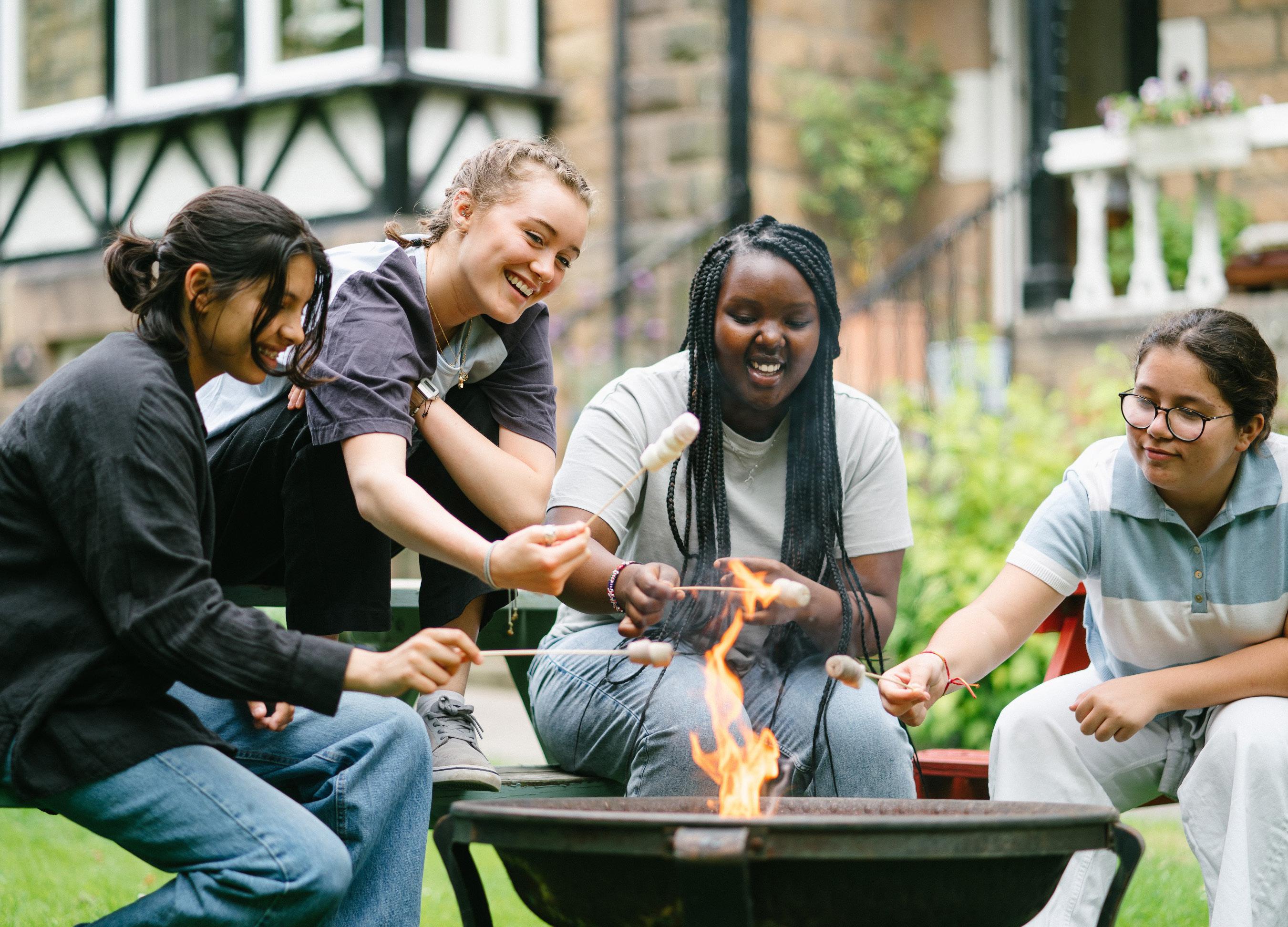
In terms of supporting schools, BSA liaises closely with the relevant government department and with the inspectorates. BSA Group also provides targeted training and bespoke consultancy across the whole range of quality and compliance issues which boarding schools face. This includes an extensive range of webinars, day seminars and conferences, both face-to face and virtual, with the majority now online. We have extended our reach to over 1500 settings in 39 countries. At the programme’s core is the ground-breaking series of certificate and diploma courses, which have been at the heart of best practice in the sector for 25 years, and central to the Group’s mission to support excellence in boarding, safeguarding, inclusion and health education.
Dale joined the BSA during Summer 2017 with responsibility for safeguarding and standards, having previously been a course tutor since 1998. In July 2019 he also assumed responsibility for the BSA’s training programme, including both day seminars and accredited training courses. Dale leads on all safeguarding and inspection matters for the BSA, including managing the Commitment to Care Charter and has also developed a process of BSA Accreditation for our international members. He also liaises with ISI, Ofsted and DfE on matters relating to compliance and inspection standards, and compiles the BSA SelfAssessment toolkit, which he first produced in 2002, since which time he has been closely involved in inspection in state and independent boarding.
For 31 years Dale was a boarding practitioner. After boarding positions at Norwich School and Tettenhall College, Dale became a Housemaster at Old Swinford Hospital in 1992, and was promoted to Deputy Head in 2007, and subsequently also DSL. He has also been a multi-agency trainer for the Dudley Safeguarding Children’s Board.
Photo with kind permission of Harrogate Ladies’ CollegeSherborne is a town unlike any other. Located in beautiful rural surroundings, with easy transport links to London and regional hubs, it hosts three leading independent schools.
Sherborne Prep offers education for boys and girls from age three to 13, providing the perfect foundation for a life of learning, growth and wellbeing.
Sherborne Girls is a full-boarding school, providing an all-round education and a vibrant co-curriculum in a purposeful and outward-looking community.
Sherborne School is a full-boarding school for boys, offering a first-class education with outstanding co-curricular opportunities.
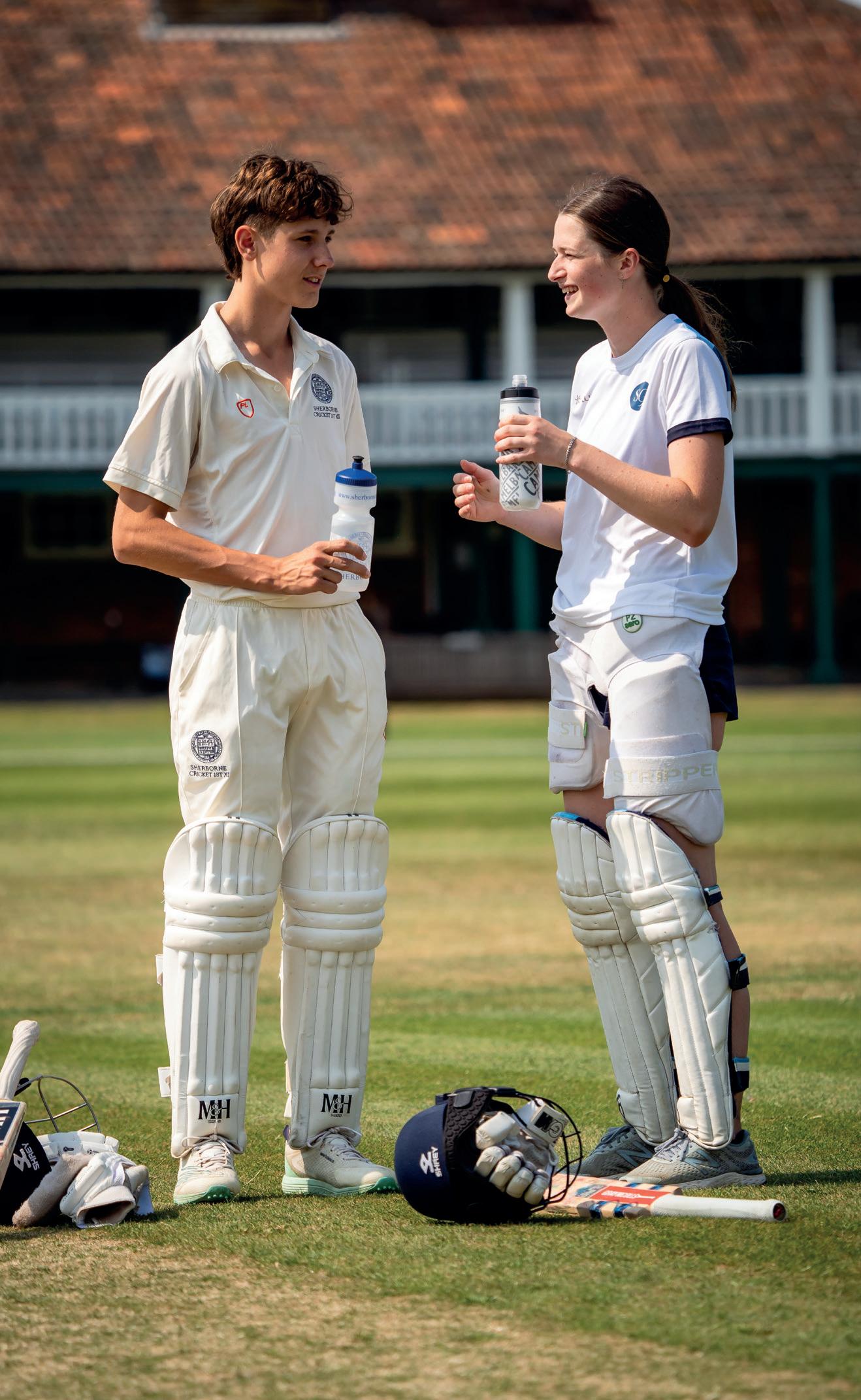
Now, these three schools work more closely than ever. Sherborne School and Sherborne Prep merged in 2021, ensuring they make the best use of shared resources to enhance the educational experience for all pupils.
They work in close partnership with Sherborne Girls to ensure that every pupil across the three schools has access to the best teaching, modern and well-equipped facilities, and the most stimulating experiences.
Thanks to this close partnership, Sherborne provides a unique offer: a high-quality education for boys and girls from pre-prep all the way to school-leaving age, in a town that is vibrant yet safe, accessible yet located in glorious scenery.
It is a place where young people grow together, as well as benefiting from the advantages of single-sex education at senior school. A place where their social skills develop by the day, where they are challenged, inspired and encouraged to thrive.
Sherborne is a place of shared becoming, where pupils of all ages form dispositions, enthusiasms and skills that stay with them forever.
S H E R B O R N E A
Sherbor ne Prep Acreman Street
Sherborne
Dorset DT9 3NY
admissions@sherborneprep org 01935 810911
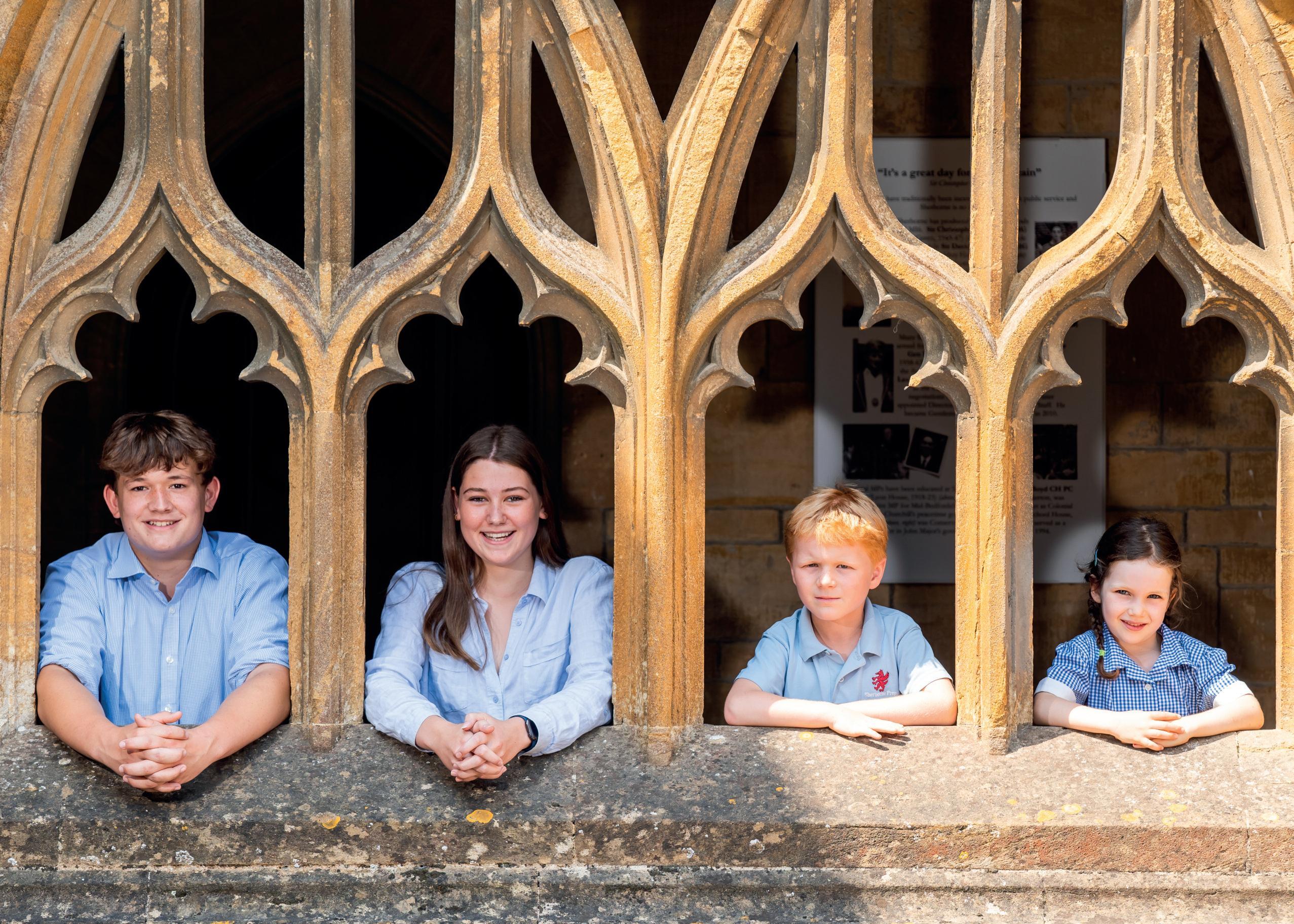
Sherbor ne Girls
Bradford Road
Sherborne
Dorset DT9 3QN

admissions@sherborne com 01935 818224
Sherbor ne School
Abbey Road
Sherborne
Dorset DT9 3LF
admissions@sherborne org 01935 810403


Many parents do not research closely the composition of the governing board when they are considering a school for their child. Yet the role of governors is critical to the success of a school.
In most independent schools, the governing board appoints the Head and will have a major input to the appointment of the Bursar or equivalent. These appointments are key to the school’s performance, both academically and in terms of financial viability. Prospective parents should satisfy themselves that the school is likely to deliver a good education appropriate to their child and remain financially viable. Governors are also responsible for agreeing the school budget, determining the salaries of the Head and Bursar and setting fees; this latter function is of definite interest to most parents! In a boarding context, it is particularly important to note governors are also ultimately responsible for safeguarding and health and safety.

The nature of governance has changed considerably over the last 30 years. The role of governors was once just to appoint the Head and give general support. They are now better described as a board of specialist non-executive directors helping to run a mid-sized company with the Head as chief executive and the Bursar or Business Manager as finance director.
Governors need to act as ‘critical friends’ to their ‘chief executive’ and to do so effectively they need to be well-informed and with sufficient experience and knowledge between them to ask the right questions and interrogate the responses thoroughly. To monitor the progress of the school, governors need to take time to observe lessons and activities and to attend school functions outside their termly board and committee meetings. They should be visible but careful not to cross the line between non-executive and executive functions. The number of governors’ committees will vary from school to school. Finance, property/ development and academic committees
are common to most schools – they allow governors with particular expertise to look and advise in more detail in specialist areas. If the governing body is functioning well, the work of these committees will make full board meetings more focused and effective.

The range of expertise needed on a governing body will vary a little according to the type and age-range of school, but all schools will need governors with specialist knowledge of finance and business, law, property, marketing and education. It is also important for some governors to be in touch with the local community. Whereas it is relevant for prep and senior schools to have someone with school headship experience on the board, a senior school will additionally benefit from a governor with university connections. In many boarding schools, one governor will have a special responsibility for liaison with the boarding houses, and it is helpful if this person has some relevant experience of boarding education.
Opinions vary about parents as governors. I have always favoured having a current parent on the board, but one elected by the board for his or her expertise rather than a ‘representative’ parent governor elected by the PTA. The latter approach looks very democratic but tends to produce governors with a specific agenda – and possibly without any of the desired specialist skills – and this may not be in the best interests of the school as a whole.
It is important governing boards do not become self-perpetuating oligarchies. There should be clear criteria for the appointment of a new governor and a desired skill set agreed before the board seeks suitable candidates. The alumni and parent (past and present) body will provide a rich source of appropriate
talent but there should also be some ‘outside’ influence on the board to ensure it does not become too inward-looking.
The best boards will have defined terms which governors may serve and will take care in succession planning. Most boards are probably too large and, like turkeys at Christmas, are disinclined to vote for their own culling. No school needs more than 12 governors and 14 is certainly too many. The largest boards often contain governors nominated by groups associated with the school. These nominees may not cover the range of desired skills so the board has expanded in order to address this. Governors must keep up to date with all regulatory changes and ensure safeguarding and health and safety matters are regularly addressed. So it is important for governing bodies to ensure they receive sufficient training where appropriate.
Governance is judged as part of the Independent Schools Inspectorate (ISI) or Ofsted inspection process. Governing boards which cannot demonstrate a good knowledge of their schools and a proper contribution to strategic decisions are likely to be downgraded and criticised in the inspection report. Most schools now list their governors with details of their specialisms on the school website, so, when considering a school, it is certainly worth taking the time to check their credentials and assess their suitability to govern.
Graham Able has spent 40 years in independent schools, the last 22 as Headmaster of Hampton School and then Master of Dulwich College. After retiring from Dulwich he was appointed Chief Executive of the Alpha Plus Group, stepping down from this role in 2014 since when he has been Group Deputy Chairman. Having previously served on the governing bodies of Roedean and Imperial College, he was a governor of Gresham’s School from 2013 to 2020 and is a governor of Beeston Hall, where he was once a pupil and is now Vice-Chairman. A former chairman of the Headmasters’ and Headmistresses’ Conference (HMC), he has advised governing boards on their structure and effectiveness.
Choosing the right school for your son or daughter is one of the most difficult decisions a parent must make. The school’s website and prospectus will give you a flavour of the school and its defining characteristics. But a visit to the school is vital. This is where you and your child can assess whether they will fit the environment (and more importantly, whether it will fit them). It is important not to become too fixed on a particular school and forget to consider your individual child’s needs. And if you have more than one child, the school you choose will not necessarily suit all of your children
Visits to a school should be in three parts: an initial visit, an open day visit and a pupil taster day/overnight stay. Boarding schools enjoy having prospective pupils to visit and current pupils are usually pleased to give you their genuine view of the school.
Here are some questions you might want to ask about a school before and during a visit.
Q: What are the school’s entry requirements? Is our child likely to obtain a place, and when?

A: Most places will be available at the ages of 7, 8 and 11 for a prep school and 11, 13 and 16 for a senior school. You need to know whether to have alternative schools lined up, and at what age the school recommends entry and has places available.
Q: How does the school organise its 14 to 19 curriculum?
A: Larger schools may offer a range of options such as A levels, the International Baccalaureate and BTECs. Most schools will be attempting to broaden their sixth-form curriculum, introducing more skills-based courses and, in an A-level school, the Extended Project Qualification (EPQ).
Examination results are usually made available on the website. League tables should be treated with caution, as they do not give a rounded picture of the school’s real success or failure in enabling pupils to reach their full potential. The list of university entrants will give you an indication of pupils’ attainment and progress in the school. During the COVID-19 pandemic, schools marked the public examinations and these results were moderated by the examination boards. This means there is no national data for public examinations in 2020 and 2021.
Adrian Underwood Education Consultant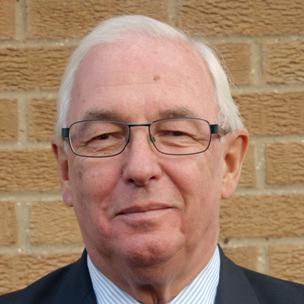
Q: What are the key rules for boarders in the houses? Can we see a copy of the student and boarding handbooks?
A: A question for the boarding staff, as this is aimed at finding out as much as possible about the regime of the boarding house.
Q: What is the weekend programme for boarders and what activities are on offer? How many full boarders are there in school?
A: A question for the boarding staff, as this is aimed at finding out as much as possible about what boarders can do at weekends and the school’s ability to offer wider cultural and social opportunities for its boarders. If the school does not have lessons on Saturday mornings and does not have a co-curricular programme on a Saturday, it is important to find out what the boarding programme is from Friday after school until Sunday evening. Also, ask about numbers staying in the house over a typical weekend. It is particularly important to know how many other pupils are present at the weekend if your son or daughter is a full boarder.
Q: What is the school’s policy on use of the internet and mobile phones?
A: Does the school have realistic and sensible policies in place to monitor internet usage? Mobile phones can be useful, not least as a means of keeping in touch with parents, as long as rules on their use and security are in place and put into practice. Must boarders hand in their devices when they go to bed to ensure good sleep routines.
Q: What are the school’s policies on alcohol, drugs and smoking? Is the school facing any particular problems in any of these areas at present?
A: Every boarding school will have policies in place to cover these matters. The real question is how these issues are dealt with, and whether the individuals concerned learn from their mistakes. This is an opportunity to consider the school’s personal, social, health and economic education (PSHE) programme and its health and safety and disciplinary policies, the medical and counselling services available, what happens if serious offences are committed, on what grounds a pupil may be temporarily or permanently excluded, and when this last happened. You should feel matters would be dealt with consistently, sympathetically but firmly and, above all, fairly.
Q: How can we be confident our child’s interests are protected at all times?
A: Schools are subject to rigorous child welfare legislation, regulation and inspection, which is entirely right and proper. The interests of the child are at the heart of a boarding education. All schools are required to have a safeguarding (child protection) policy and all staff should receive regular training in safeguarding. The school’s latest inspection report should provide further details.
Q: Who is the first staff member we should see if there is a problem?
A: The right member of staff can deal with many problems immediately. Knowing who that is and developing confidence in them is very important. Most boarding schools have very good pastoral care and counselling systems and knowing how these operate is important. This question will also allow you to find out how well the school communicates with parents, and what opportunities there are for visits to the school to meet your child’s housemaster/ housemistress, teachers and other parents.
Q: What are the communal areas in the boarding houses like?
A: This includes bathrooms (your child should have personal privacy) and common rooms. Does the house offer a variety of activities and options for pupils besides watching a screen?
Q: What leadership opportunities are available in house and in school?
A: It is really important that as many pupils as possible have the opportunity to represent their peers and the student voice. Most schools have a prefect/pupil leadership opportunity and there are also school councils, sports leaders and boarding representative bodies.
Q: How good is the catering? Do the boarders have an input into the choice of menu offered?
A: These are really questions for the boarder showing you around. The general standard of school catering is remarkably high and schools are very conscious of the need to maintain healthy diets. On an overnight taster stay, your child will be able to assess the quality of the food. If there is a food committee, you can ask how often it meets and to see some of its minutes/action points.
Q: What medical arrangements are in place?
A: What happens in the case of either illness or an emergency or accident? Schools should inform you about the medical staff and the facilities. It is also wise to check on insurance arrangements, particularly for sporting fixtures, expeditions and trips, both at home and abroad.
Q: How important is the role of chapel in school life?
A: The chapel may be central to boarding school life. While not every pupil may be expected to participate fully, a great deal can be achieved through chapel, most notably its important role in SMSC (spiritual, moral, social and cultural) education and particularly in helping to develop pupils’ life skills and a sense of care, concern and respect for others in the whole community.
Q: What extras can we expect to pay?
A: Extras vary according to your child’s co-curricular involvement. It should be made clear by the school at the outset what additional expenses you will be expected to pay. Study leave will not have a reduction in fees but there is no compulsion for a boarder to spend study leave at home.
After your visit, try to discuss with your child your thoughts about the people you met, what you were told and what you saw. Then ask yourself a number of follow-up questions:
• What views did you form of the Head? Why?
• How did the aims and objectives of the boarding school appear in practice?
• Was there a good rapport between pupils and staff, and boarders and the boarding house staff? How was the eye-to-eye contact?
• Were the boarders well-mannered and enthusiastic about their house/school?
• Did the school have policies, procedures and rules to make it a civilised and caring community?
• Were the staff communicative and did they enjoy their teaching? Did they have control of their classes? What contribution did they make to the life of the school outside the classroom?
• Were the buildings and the grounds well maintained?
• Was there a generally positive atmosphere about the community?
• Finally, and crucially, will the school meet your child’s needs and will your child be happy there?
Over the years I have advised many friends and acquaintances on choosing a boarding school. The key message is to listen to your child’s views. Despite what the media still write, very few children are ‘sent to boarding school’. It is a child’s choice to be a boarder and they should have a big input into the choice of school. By all means ensure that the chosen school could support your child in developing their particular skills. Just because your great friends have agreed on a boarding school for their child, that does not mean it is necessarily right for your child. The greatest mistake I have seen in terms of the choice of boarding school is when a parent is fixated on a particular school and does not consider their child’s needs.
Adrian Underwood’s career has been in boarding education for over 50 years since 1971 when he was appointed a housemaster and head of department. From 1975 to 1997 he was headmaster of a boarding and day school. In 1998 Adrian became National Director of the Boarding Schools’ Association (BSA). He watched over the Association’s development into the world’s foremost boarding association, pioneering a professional development programme for boarding staff. He was appointed OBE in 2007 for services to education. For 15 years he was a lead inspector for national and international inspections of schools. He now lives on the North Norfolk coast and is boarding adviser to Wymondham College and a trustee of the
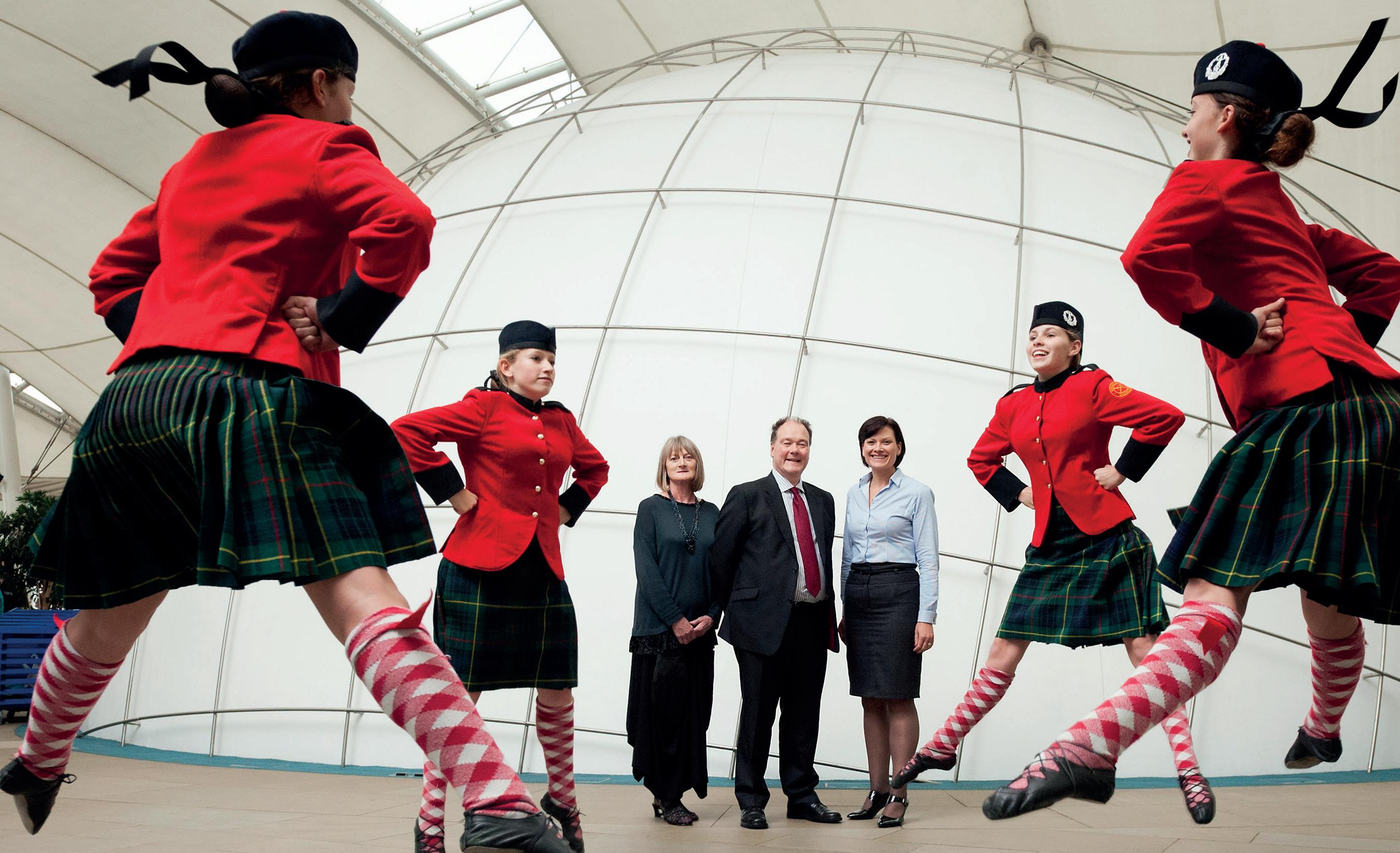
Queen Victoria School is a boarding school which is funded by the Ministry of Defence (MoD) to provide for the children of UK Armed Forces families. Parents do not pay fees as such and many costs are covered by the MoD. However, parents are asked to make a termly contribution to support the smooth running of the school.
We tend to cater for families who are Scottish, are serving in Scotland or who have served in Scotland. Retired personnel are also eligible to apply for a place for their children but priority is given to actively serving personnel.
If your child comes to QVS, he or she will be joining a supportive ‘family’ community, where pastoral care and academic excellence are at the heart of all that we do.
QVS is co-educational and tri-Service. Our main intake is in Primary 7, which is broadly the same as Year 6 in the English system. Many of our pupils have come from educationally disrupted backgrounds, caused by moving from school to school as parents are posted to
a variety of locations, so coming to QVS provides a wonderful, stable and secure place of education.
Games and outdoor activities are important parts of life at QVS. Rugby and hockey are the main sports. We have a beautiful setting in some 45 acres of countryside on the edge of Dunblane, much of which is given over to games pitches and recreational areas. The Duke of Edinburgh’s Award is pursued at all three levels – Bronze, Silver and Gold.
Academically, the school regularly achieves pass rates at National 5 and Higher which are well above the Scottish national averages. Some Advanced Highers are offered in S6 and numbers are increasing with each year. We are also now starting to offer more vocational subjects such as photography, woodwork and metalwork, along with subjects such as enterprise and employability. As an academically non-selective school, we strive to cater for the needs of every individual.
The ceremonial aspects of school life are central to becoming a ‘Victorian’, as our pupils are known. Drill, Piping,
Drumming and Dancing are a major part of our school and we show off our skills on those areas on our six Parade Sundays a year, and on Grand Day – the final day of the academic year – which is one of the proudest moments of a Victorian’s life. The Pipes, Drums and Dancers of QVS are internationally renowned, playing at tattoos both at home and abroad, and they are regular successful competitors in many Pipe Band events around the country.
If you meet the criteria and you think your child would thrive at QVS, a visit is the best way to experience what we can offer. Open Day is in September every year and any enquiries can be sent to QVS.Admissions@modschools.org For more information go to www.qvs.school
Donald Shaw began his teaching career at Inveralmond Community High School in Livingston, West Lothian, where he was promoted to Principal Teacher of Mathematics with whole-school responsibility for raising attainment. In 2006, he moved to the post of Head of Mathematics at QVS and in 2012 he became Senior and Academic Deputy Head. He was appointed as Headmaster in 2016. In his spare time he is a keen runner, cyclist and hill walker.
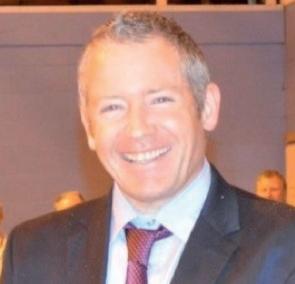
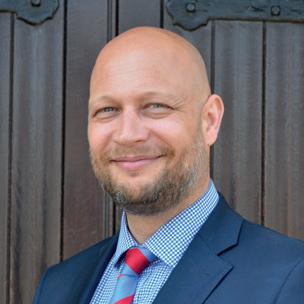
The Duk e of York’s Royal Military School is the only state full boarding school in the country for pupils aged 11 to 18. Located in Dover, Kent the school is an ideal choice for those living in the UK and Europe due to its proximity to the ferry port and Eurotunnel, and an hour’s train journey from London St Pancras. Set in 150 acres of Kent countryside, your son or daughter will feel safe and secure in the close-knit Dukie community.
The school provides an all-round education with a strong academic focus and it was awarded The Schools Network (SSAT) Educational Outcomes Award in 2020. The curriculum is constantly under review and staff respond positively to pupil
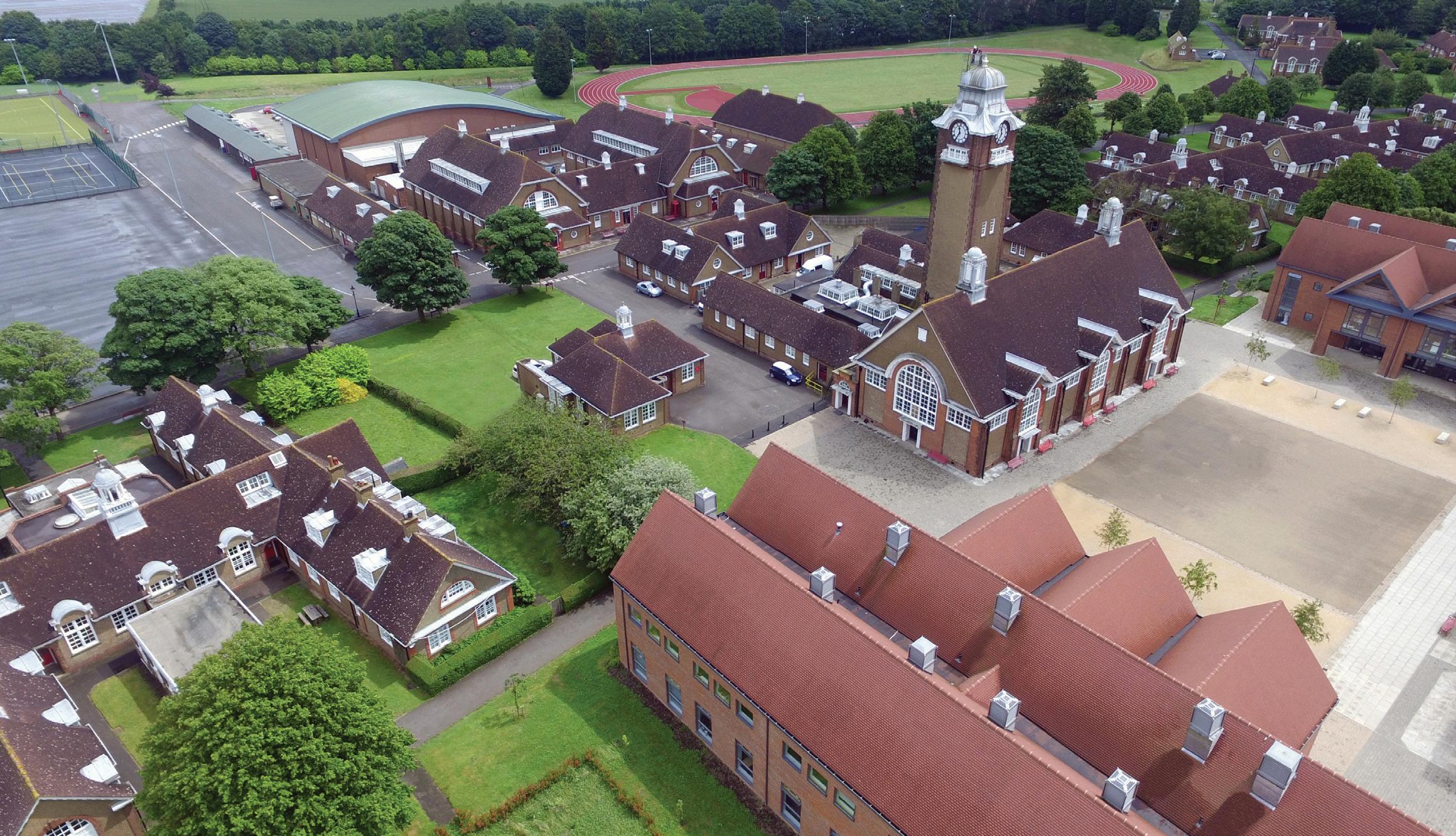
feedback, with GCSE Dance and BTEC Engineering recently being added to the qualifications offered.
By choosing to live and study here, your child is choosing to become part of a very special community. It’s extremely important to staff that pupils enjoy boarding and are able to forge strong friendships. Experienced housemasters and housemistresses offer excellent pastoral care and support, alongside an in-house team of tutors, pastoral leaders and housekeepers. It’s a busy and vibrant place, especially on weekends, with various activities and trips on offer.
A good school is about much more than what is learnt in the classroom –sports, outdoor activities, the Duke of Edinburgh’s Award Scheme and the
Combined Cadet Force (CCF) continue to play a leading role in the lives of all pupils. Co-curricular opportunities include over 70 clubs and activities per week such as Chapel choir, fencing, horse riding and trampolining, while all the key sports are played here including rugby, netball, hockey, cricket and athletics. The school continues to work in partnership with a range of different schools locally, nationally and internationally.
A £24.9 million build and refurbishment project in 2015 included a new sports centre, accommodation and teaching blocks and a performing arts centre. Our facilities include an indoor heated swimming pool, athletics track, assault course, astroturf area, squash courts and gym.
As DOYRMS is a UK state boarding school, the state pays for the education leaving annual boarding fees of £18,960 (£6,320 per term) for September 2023–24. The fee includes full boarding, catering, laundry and clubs and activities. Armed Forces families eligible for CEA pay a parental contribution of just 8 per cent of the fee (£1,517 per annum), which is only available at state boarding schools such as ours. The school also offers 80 per cent academic scholarships into sixth form for pupils who gain at least eight GCSE passes including English and Mathematics, with grade 8 or above in at least two GCSEs and grade 7 or above in a further three GCSEs.
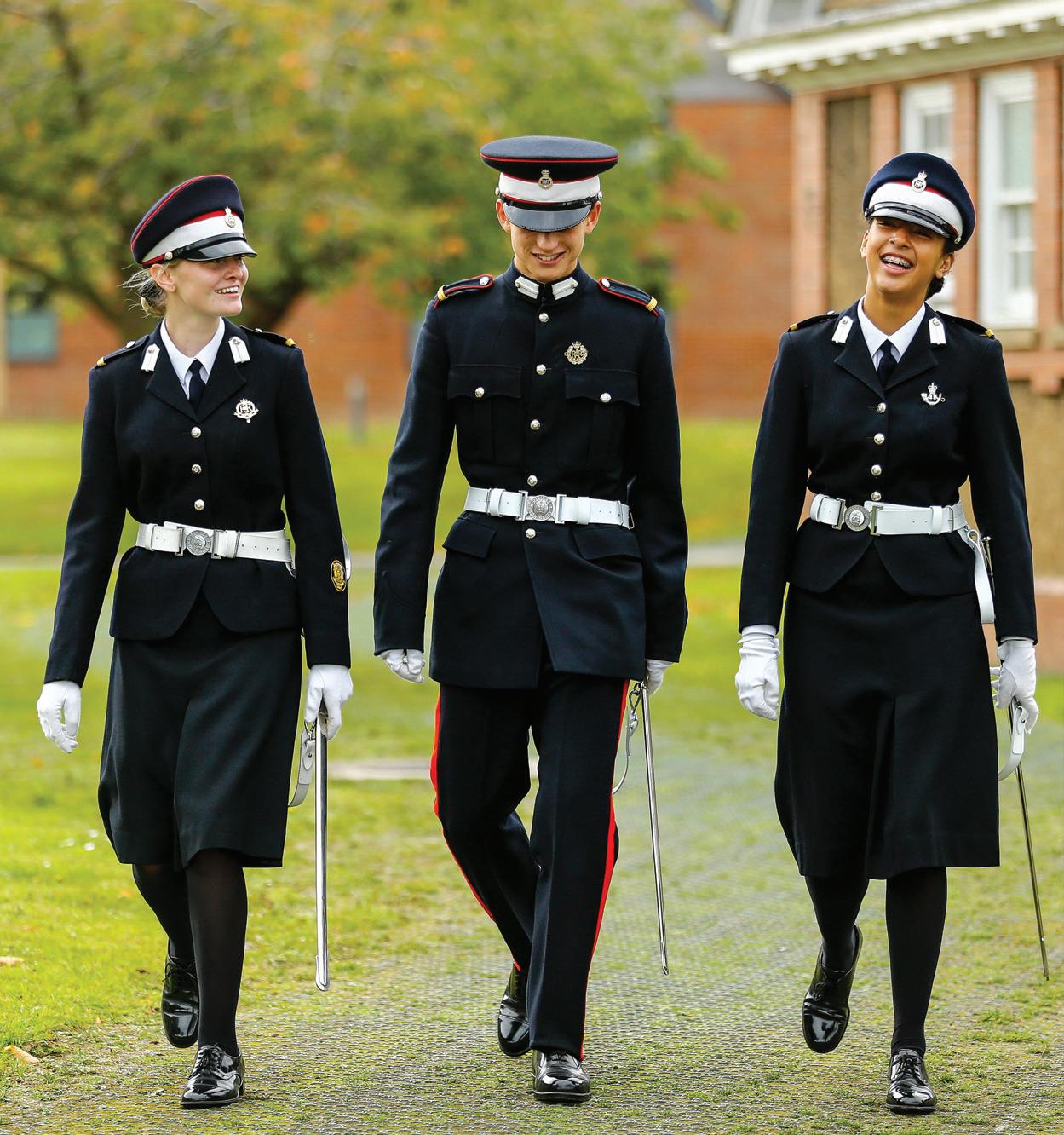
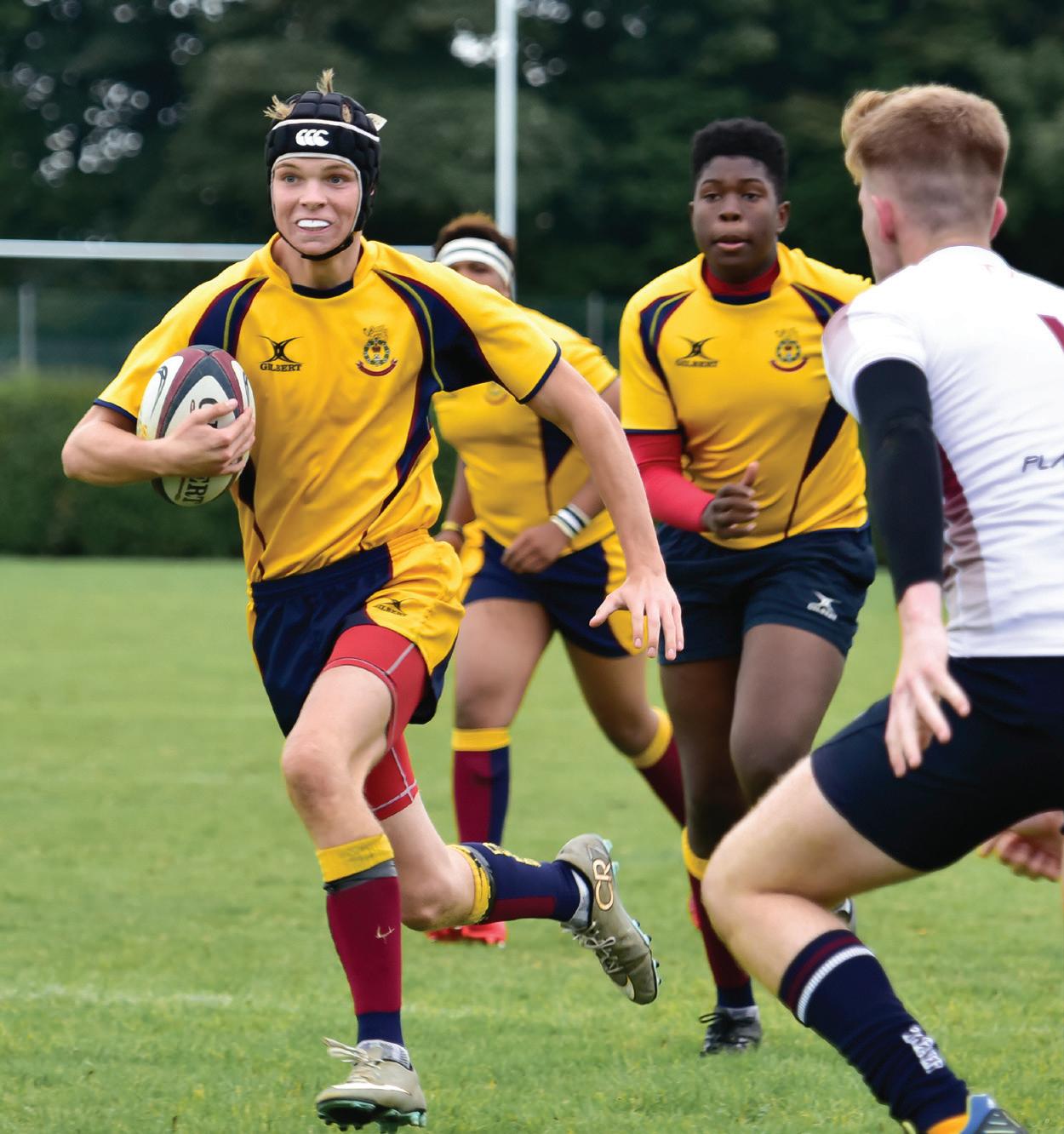
Leaders and managers rated Outstanding by Ofsted, and the school rated Good overall.
• GCSE results significantly above the national average.
Every pupil is encouraged to achieve their potential in a supportive community.
Military ethos helps develop character and lifeskills.
• Your child will enjoy an independent school lifestyle with sport, music, drama and CCF.

Your child’s laundry, meals and boarding fees are all covered in our yearly charge.
All 11 to 18 year olds (from both serving and non-serving backgrounds) can join the school in any year group and applications are welcome throughout the year. The school is non-selective, but all pupils are invited to a ‘suitability for boarding’ interview. However, the sixth form is selective and entry is based on a minimum GCSE requirement. We encourage you to visit this extraordinary school and we look forward to welcoming you.
For more information, contact admissions@doyrms.com or go to our website www.doyrms.com
Alex gained his Theology & Philosophy degree from Surrey University, initially teaching PE and Religious Education at Uppingham School in Rutland. He became Head of Year at an all-boys Leicester city comprehensive and then went on to become Assistant Headteacher and later Headteacher, at King’s School, an MoD school based in Germany. Alex joined the Duke of York’s Royal Military School in 2017. He has an indestructible attachment to Leicester Tigers and highlights of the year are playing the pupils’ First XIs at cricket and hockey, where he still thinks ‘he’s got it!’.
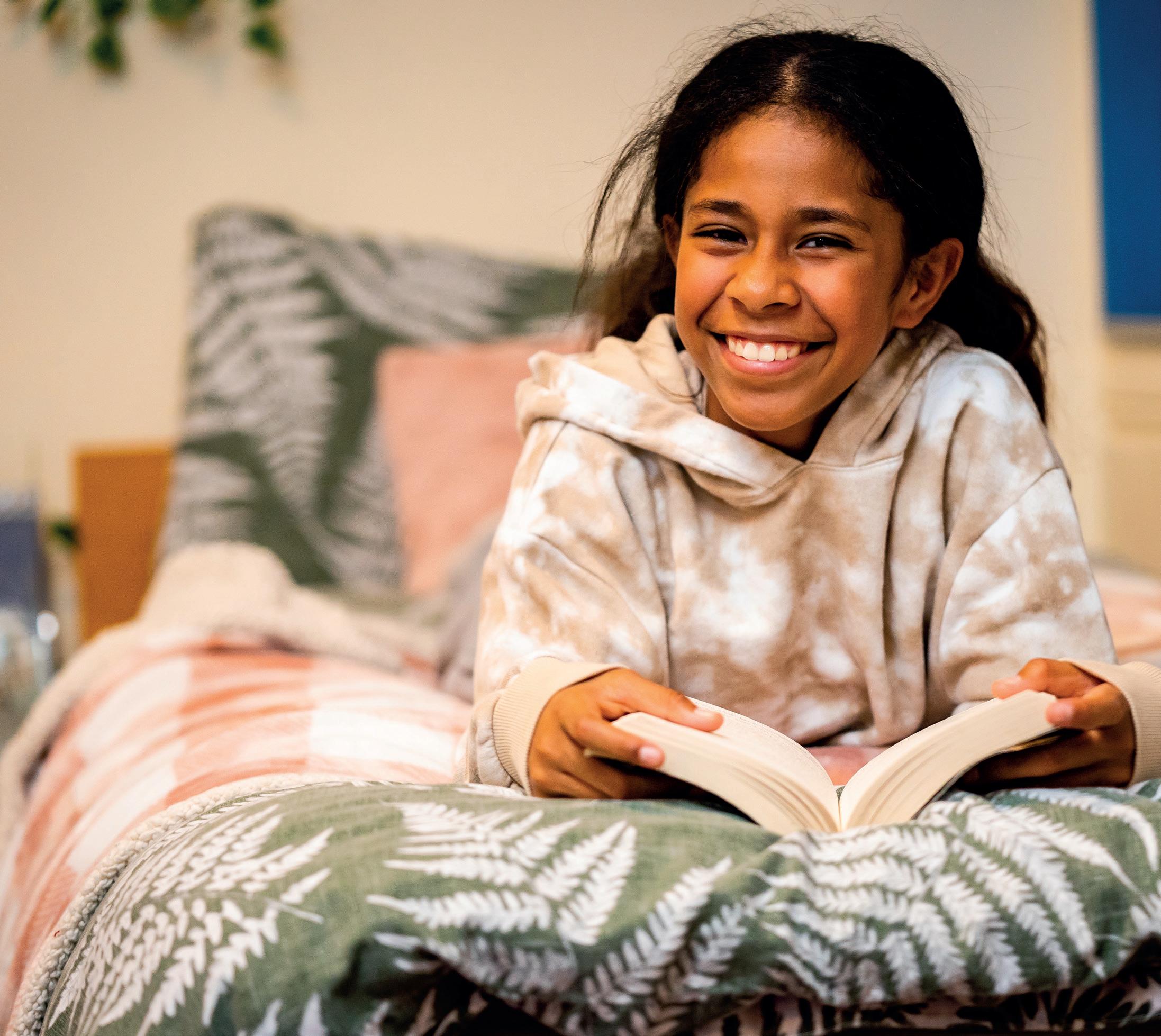
The Royal Hospital School was established by Royal Charter in 1712 with a remit to ‘improve navigation’ through education. By the late nineteenth century, it had become affectionately known as the ‘cradle of the navy’ as it prepared boys for a life at sea, many of whom went on to become explorers and pioneers of their time.
Just over 300 years later, discovery, exploration and challenge continue to shape the ethos of the school, and we place great importance on the traditional values of loyalty, commitment, courage, respect, service and integrity. The school’s most recent Independent Schools Inspectorate (ISI) report states: 'The school realises its aim to enable
Simon Lockyer Headmaster Royal Hospital School, Holbrook
pupils to grow into the person they wish to become, fulfilling their potential and leaving very well prepared for life.’
The RHS of today is a modern, forwardlooking school for around 750 boys and girls aged between 11 and 18 years from a wide range of backgrounds. I believe that it is important to inspire
young people to have the courage and commitment to be ambitious for their futures, whichever path they choose. Everyone can achieve the most exceptional things but we are all different. That is why we should focus on the individual, getting to know each and every one of our pupils and finding out what motivates them.
As teachers, we should challenge pupils of all academic abilities, steering them to look beyond the moment, and beyond the confines of the classroom, and to approach life with an open and receptive mind. It is through thinking creativity and taking initiative that they learn to establish, and work towards, their own personal goals. By understanding a young person’s strengths, and what he or she might find more difficult, we can help them to make the right choices at the right time, navigating them through their critical, formative years and ensuring their education becomes the foundation for happiness and success.
Schools like RHS can provide this challenge both inside and outside of the classroom through the breadth of opportunity. This may be through the curriculum and academic enrichment programmes but equally through


involvement in the Combined Cadet Force (CCF), Model United Nations, public speaking and debating, the Duke of Edinburgh’s Award (DofE), the Devizes to Westminster canoe marathon, drama and playing in musical performances, Tall Ships voyages or overseas volunteering. Whatever they choose, we should provide a safe environment in which young people can step outside their comfort zones, learn to take risks, foster self-belief and self-awareness and develop skills such as collaboration, initiative and resilience.
It is this unique blend of a values-driven education with the focus on individual challenge and guidance that enables pupils at the Royal Hospital School to develop into self-reliant, socially responsible adults with enviable openmindedness and resilience, so sought after by employers and important in life.
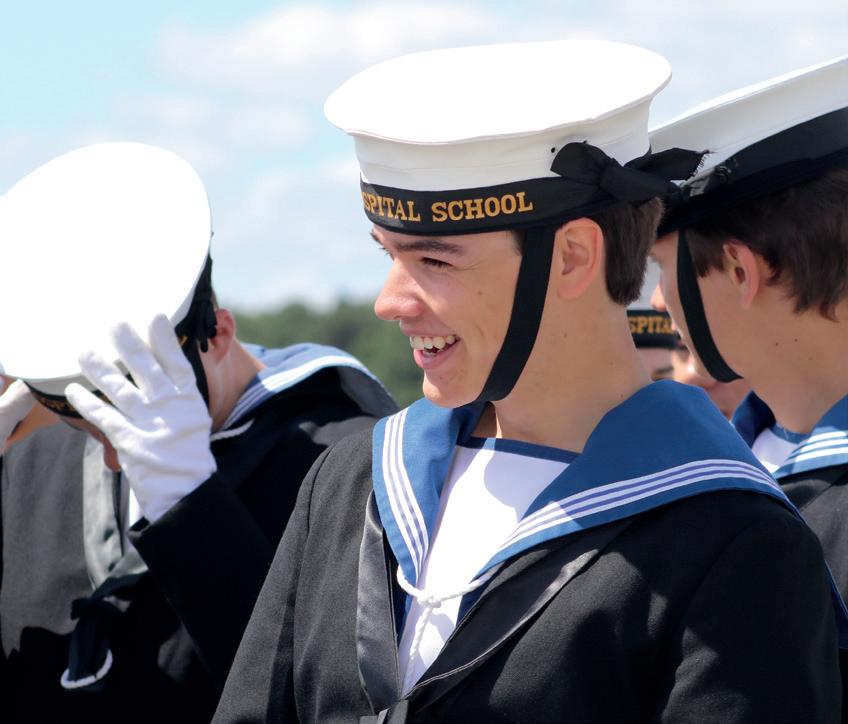
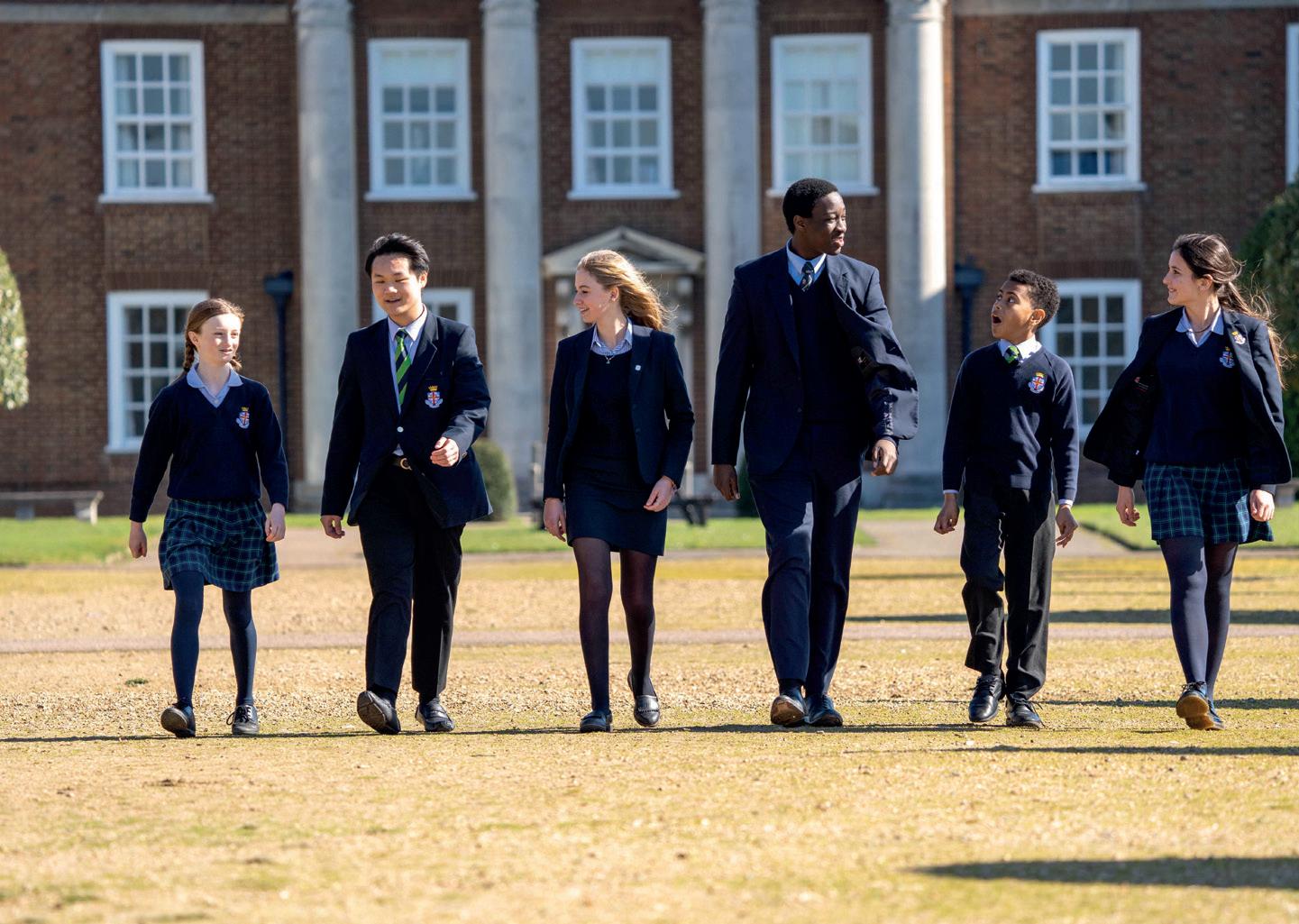
To find out more about the school contact the Registrar on 01473 326136 or admissions@royalhospitalschool.org
Simon Lockyer has been Headmaster of the Royal Hospital School since 2016. He was previously Second Master at Portsmouth Grammar School and before that a Housemaster and Head of Department at Wellington College. He studied Microbiology at the University of Newcastle, completed his PGCE at the University of Cambridge and gained a Masters in Educational Leadership at the University of Buckingham. He is the son of a Royal Naval officer and was educated at Blundell’s School. His interests include running, kayaking, natural history and island destinations. He is married to Abigail and has three children.
Gordon’s School is the national monument to General Charles Gordon, a British war hero, philanthropist and martyr. It was built by public subscription more than 100 years ago at the insistence of Queen Victoria, who become the first in an unbroken line of sovereign patrons.
Originally opened as a home for ‘necessitous boys’, today Gordon’s is a successful non-selective, co-educational, day and residential state boarding school. The school is set in 50 acres of countryside in Surrey. It is listed as one of the UK's outstanding schools by Her Majesty's Chief Inspector and was Tes Boarding School of the Year 2022.
While the school embraces modern ideas, General Gordon’s legacy of traditional values remain – improving the lives of others and championing those less advantaged. As a school we strive to be one of the finest in the world, not just for our achievements, but for the calibre of young people we develop –the progress they make, the lives they lead and the difference they make to the lives of others.
Our sixth-form pupils achieve three or more A levels, with 91 per cent of entries graded A* to C, putting the school in the top 1 per cent nationally for academic achievement at A levels. But we also
Andrew Moss Headmaster, Gordon’s School
have successes in drama, the arts, debating, public speaking, dance, sport and as the Duke of Edinburgh’s Award (DofE) and Combined Cadet Force (CCF).
The original Gordon Boys’ Home was run along military lines. This is continued today with marching, parades and Pipes and Drums. Dressed in their ceremonial Blues uniform, the pupils parade around eight times a year. We are the only school permitted to march along Whitehall and pupils carry out this annual tradition in remembrance of General Gordon with pride.

General Gordon’s life as a philanthropist, leader, scholar, adventurer and soldier is at the heart of our traditional character values of courtesy, integrity, diligence, enthusiasm and resilience. We strive for more than the best possible examination results – we also want to give our pupils an amazing preparation for life. The emphasis is on working as a team and putting back. Each pupil
is assigned a house and the interhouse competitions in sport, the arts, cooking, debating – even marching – are enthusiastically contested with everyone encouraged to ‘have a go’. Underpinning any participation is that high performance without good character is not true success. These inter-house competitions, together with competitive sport against other schools and participation in DofE or CCF, take pupils out of their comfort zone. Taking part builds pupils’ confidence and allows them to develop new skills as well as leadership, perseverance, endurance, teamwork and problem-solving ability –all necessary qualities for their adult life.
Around half the school’s residential boarders are from Service families, attracted by the location and the school’s understanding of military life. Military families are given priority for places and counsellors and tutors work to plug any gaps in their education. Residential boarders coming into the school aged 11 are housed together in a
bespoke boarding house for a year before joining their senior boarding houses. Houseparents have considerable experience of caring for children from military families and pupils from similar backgrounds.
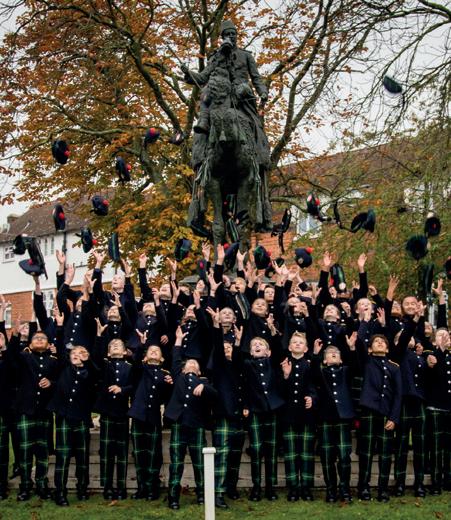
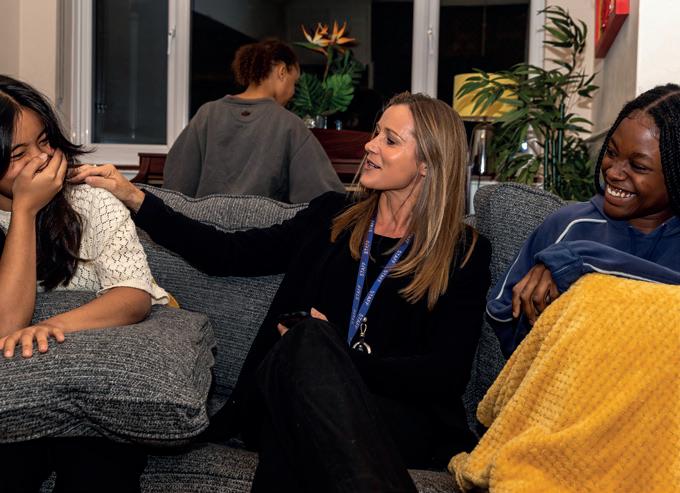
All pupils benefit from an extended school day, with day pupils staying for supper and prep with boarders.
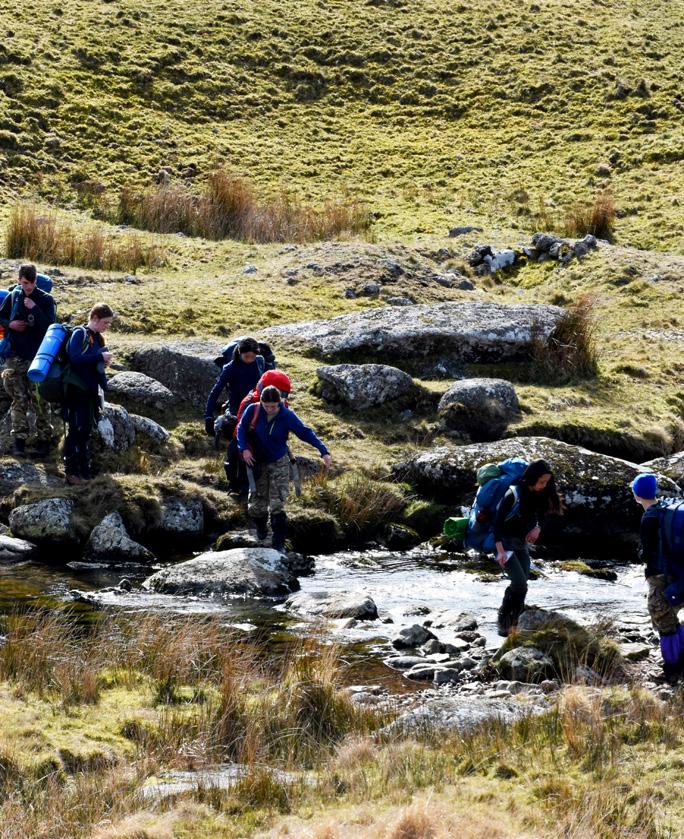
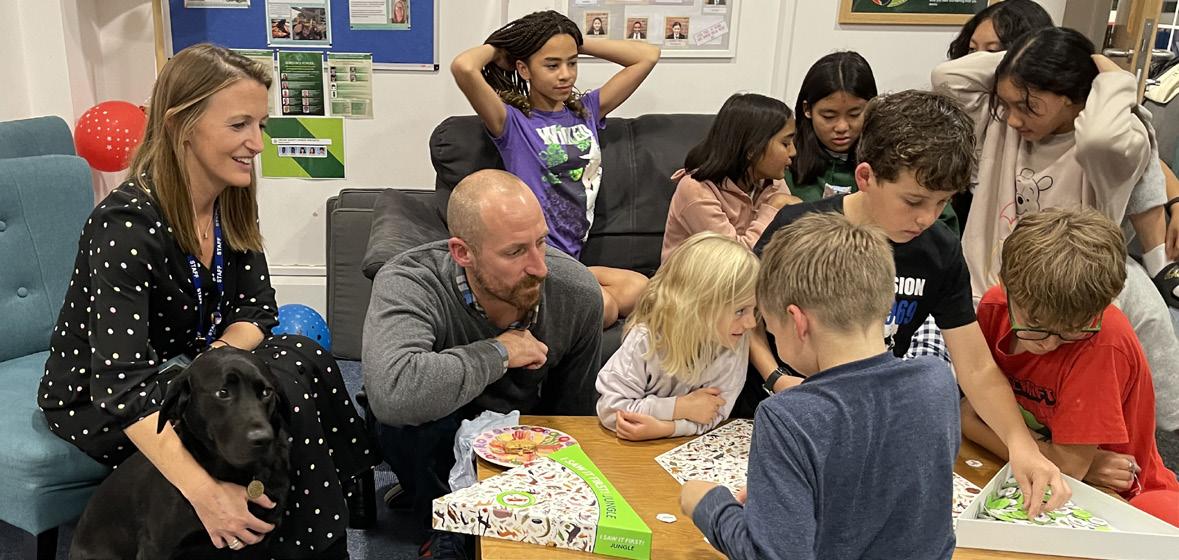
Charges are kept to a minimum, with boarding fees from £6,888 a term (a little over £2,400 a year with Continuity of Education Allowance (CEA)). Bursaries and scholarships in sport and the arts are also available.
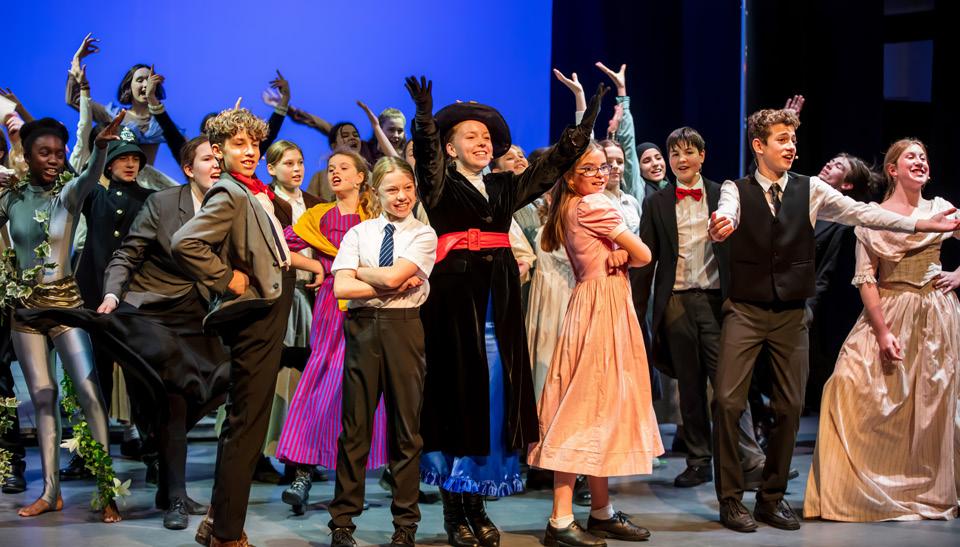

A Gordon’s education is not an ordinary education, it does not aspire to be. Gordon’s is a school at the leading edge of holistic education, combining legacy with leadership and service, high expectations and high standards and an inspiring environment. We are not the standard education model and we do not want Gordonians to be standard citizens. We want them to earn their success through hard work and we champion success based not on privilege or advantage, but on
how hard people work for themselves and others. Such people are more likely to make the world a better place and lead happier lives.
Andrew Moss has been Headmaster of Gordon’s School since 2010. He started teaching in 1992 and has worked in a variety of boarding and day schools, including most recently a headship in a Cognita independent school. Before that he was a Deputy Head in Hampshire and Director of Studies and Housemaster at Wymondham College (also a state boarding school).
England’s state boarding schools have a very special place in our education system. They often have an ‘independent’ ethos and education is free. Boarding fees are typically around a third of the cost of independent boarding schools.
State boarding schools come in all shapes and sizes, from non-selective schools in rural settings to grammar schools in towns and small cities. A few are single-sex while others are co-educational. Several are very ancient – Lancaster Royal Grammar School (LRGS) traces its roots back to the thirteenth century – while others have been established recently to meet demand in this vibrant sector.

All state boarding schools are united by a shared belief in the opportunities of boarding. There is a consistent concern for the wellbeing and personal development of the young people in our schools. Wraparound pastoral care creates a very special environment where friendships and shared activities
become for many the defining privilege of their teenage years.
Co-curricular opportunities are a particular strength. After-school activities flourish in a residential community with no commuting required. Many pupils play competitive sport against independent schools, some schools offer outstanding debating and music while others, including LRGS, place a high value on thriving CCF Army, Naval and RAF sections as a mainstay of their outdoor and leadership programmes.
Academic results are a major factor for most parents in choosing a state boarding school, and here too the sector punches above its weight. ‘Value-added’ analysis shows that our boarders tend to do even better than day pupils at GCSE, as a result of the support and encouragement they receive from boarding staff who engage with
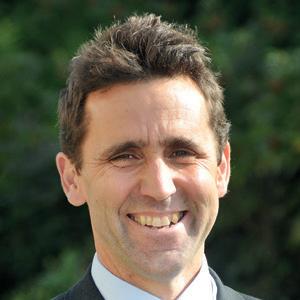
boarders’ academic challenges during and outside prep times.
At LRGS, around half of our 170 boarders live within an hour of the school, but growing numbers are from London and elsewhere in the UK. We have about 50 overseas students, who must have UK passports or right of UK residence. Bilingual or expat families from Europe and the Middle East and boarders from Hong Kong and West Africa are all well represented.
Most of our families are ‘first generation’ boarders. They may not initially have considered boarding or even been aware that exceptional state schools offer this opportunity. Boarding fits modern life for many families living with the realities of commuting, travel commitments, divided families or older siblings away at university. A mother bringing up her son
Dr Chris Pyle Head, Lancaster Royal Grammar School and Chair, BSA State Boarding Forum (SBF)on her own told me how boarding allows her to manage her growing business, while her son benefits from positive role models and support. ‘We have the best weekends ever!’ said the mother of another weekly boarder.
The boarding experience changes with age. Our younger boarders are in light and airy shared dorms of four to six. The emphasis is on establishing excellent habits both in boarding and in the classroom. Pastoral care is led by the housemaster and the matrons – whose days include reuniting pupils with lost property and supplying toast! Evening tutors supervise prep, with young sports grads and sixth-form mentors often on hand. Plenty of summer evenings are spent chasing either a ball or each other round the fields. Junior boarding has the excitement of a secret society: boarders and day pupils are indistinguishable in school, but boarders have the key to an
extra world – while many day pupils head for a long journey home.
In the GCSE years, boarders normally share a dorm with one other pupil, and in the sixth form all boarders are in single rooms. Revision season sees pupils working together – but with occasional encouragement to head out for an impromptu barbecue or game of dodgeball to relieve the pressure.
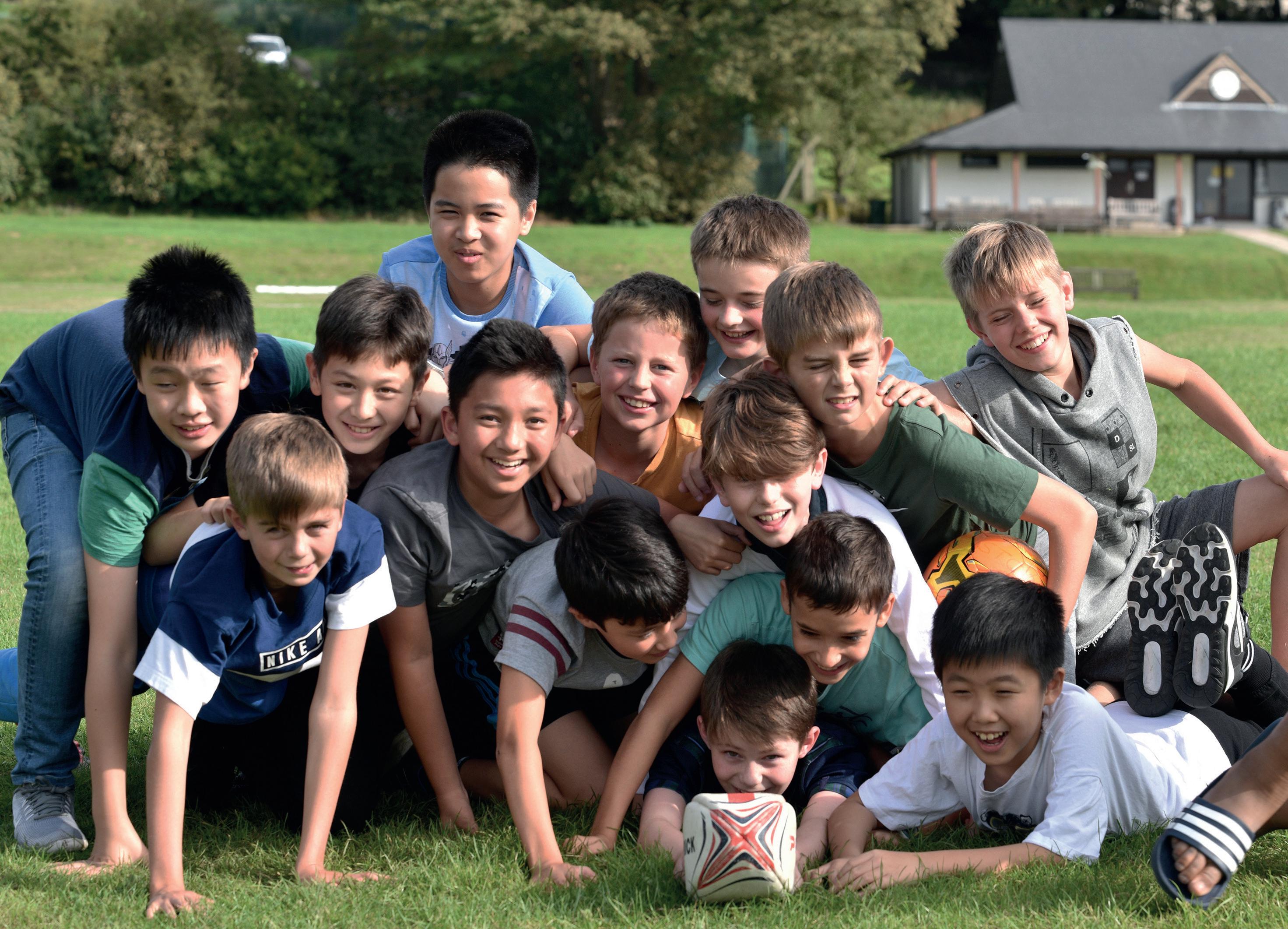
Parents increasingly see sixth-form boarding as an excellent stepping stone to university. We encourage all our senior boarders to take on leadership positions and to engage with the local community – from planting trees to hosting our local residents’ Christmas party.
State boarding is very much a shared enterprise between parents and school, and open communication with parents
is the aspect that has changed most in recent years. ‘I Facetime my dad twice a day,’ one overseas boarder told me recently – although most teenagers struggle to communicate quite so frequently!
You can tell a certain amount from a school’s website and reputation, but it is important to visit and meet staff and students if you can – at open days, for a tour on a normal school day, and perhaps for an evening taster session. Come and see what makes us special.
State boarding schools are often described as ‘education’s bestkept secret’. Certainly I meet many prospective parents who have found the sector almost by chance and who once introduced are impressed by the range of facilities, types of school and examination results across our schools. State boarding is only available to UK passport holders, those with the right of abode in the UK and those with ‘settled’ or ‘pre-settled’ status (but that only applies to existing pupils, not new ones). Education is provided free of charge, so parents only pay for boarding.
State boarding schools vary considerably by size and location but they all share a strong commitment to the value of boarding and provide excellent facilities and systems of care. In total around 5,000 pupils enjoy boarding in a diverse, varied and hugely successful range of schools. The sector consists of large mixed non-selective schools, free schools, grammar schools and schools that offer mixed or single-sex education.
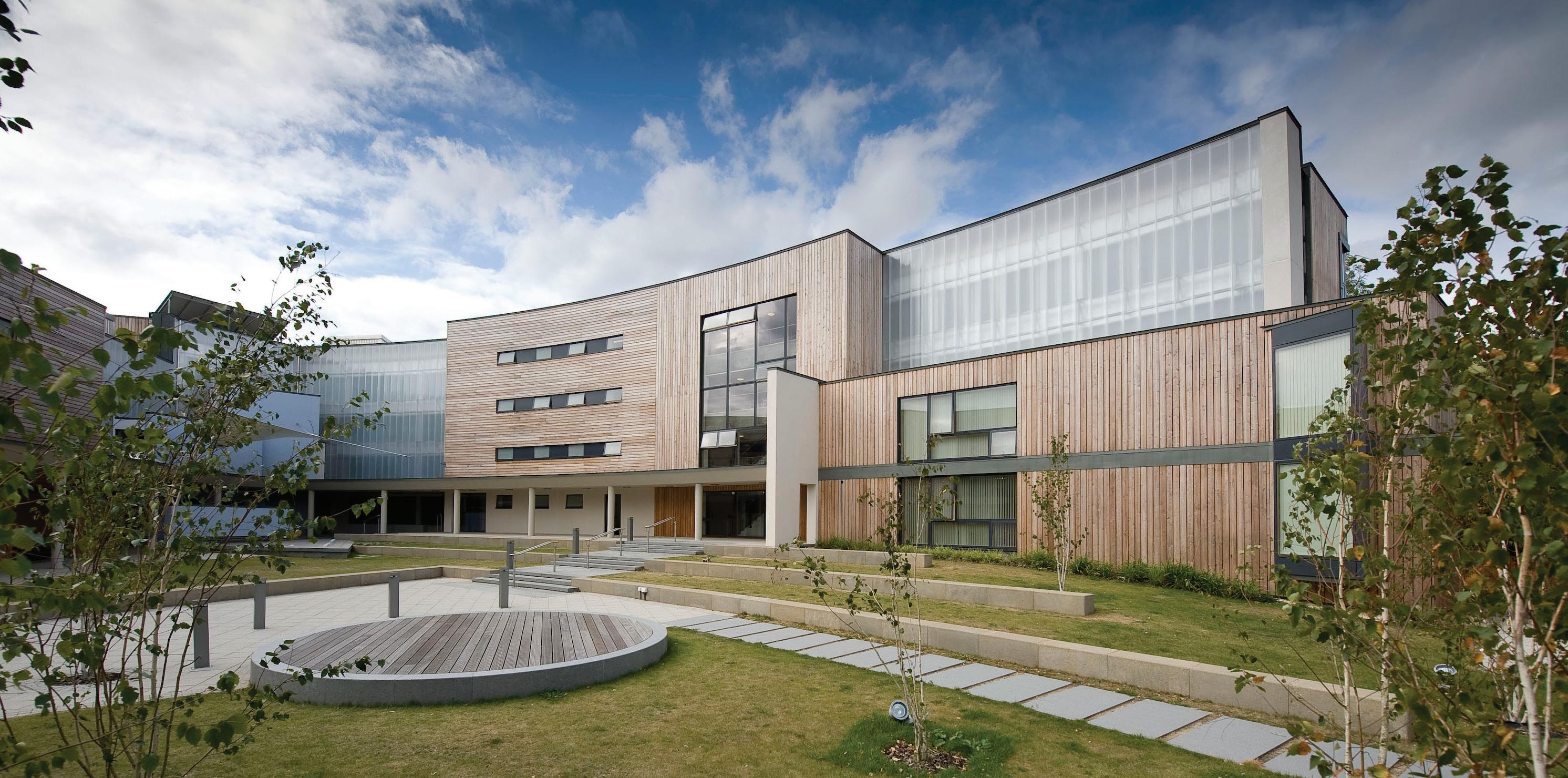
Although most state boarding schools offer secondary places, primary boarding is available too. Wymondham College
ChiefPrep School is located on the same site as Wymondham College, enabling the children of the Prep School to access teaching expertise from both the Prep School and the College. The Prep School will also draw on the expertise of the Sapientia Education Trust (SET), which was founded by Wymondham College and incorporates 16 schools in Norfolk and Suffolk. For more information, go to www.se-trust.org
Wymondham College has around 650 boarders and offers a strong academic curriculum combined with excellent pastoral care. Typically it runs more than 65 weekly extra-curricular activities, a wide range of international trips and visits and has a strong commitment to sport, music, drama, CCF and the Duke of Edinburgh’s Award. It offers 27 different A-level courses but other state boarding schools provide different pathways, for example the IB is available in some schools and others offer an excellent range of vocational courses.
I firmly believe boarding adds significant value to young people, developing their independence, resilience and self-esteem. In 2016 three state boarding schools were in the top 20 non-selective state schools at GCSE and state boarding schools topped the league tables in three regions of the country. University entrance rates are very high, with Russell Group and Oxbridge entry well above national averages. And it’s not just academic success – several England rugby players attended state boarding schools.
State boarding schools may offer single-sex boarding or mixed boarding. Some have boarding houses covering the entire school age while others divide into key stages or run a separate sixth-form boarding house. They all offer strong systems of pastoral support and care, ensuring pupils are well known by staff and their individual needs are catered for. Pupil-voice activities are strongly promoted and pupils are given opportunities to lead and contribute to their schools.
 Jonathan Taylor
Executive Officer, Sapientia Education Trust (SET)
Jonathan Taylor
Executive Officer, Sapientia Education Trust (SET)
Saturday 11 November
Sunday 12 November
Battersea Evolution, SW8 4NW
Headington is an independent day and boarding school in Oxford where girls aged 3-18 follow the path that’s right for them.
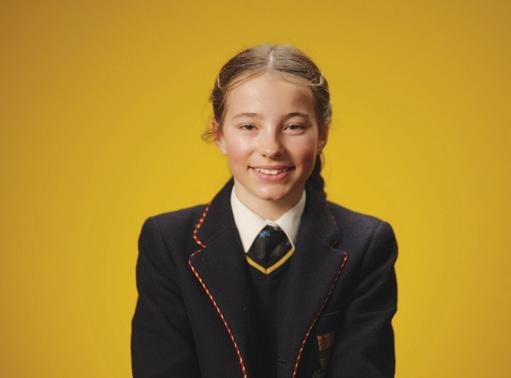
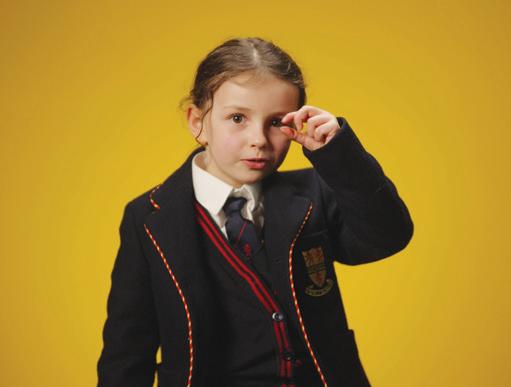

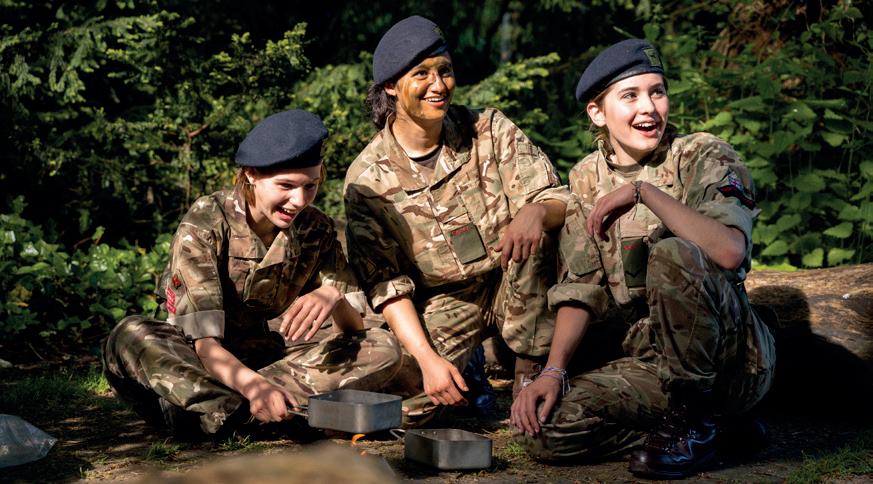



Saturday 7th October 2023
Book your visit at www.headington.org/visit
Fee discounts available for military families*
*20% discount for those who have a parent in full-time service in the military or FCDO






From Nursery to Sixth Form


Meet over 250 London schools, boarding schools, specialist schools, schools within commuting distance.
4 theatres for parents to get answers. Find out how to: find the right school, prepare for entry tests, start boarding, transfer from a state school, see if you qualify for fee assistance.

Plan your childʼs next steps from nursery to sixth form.

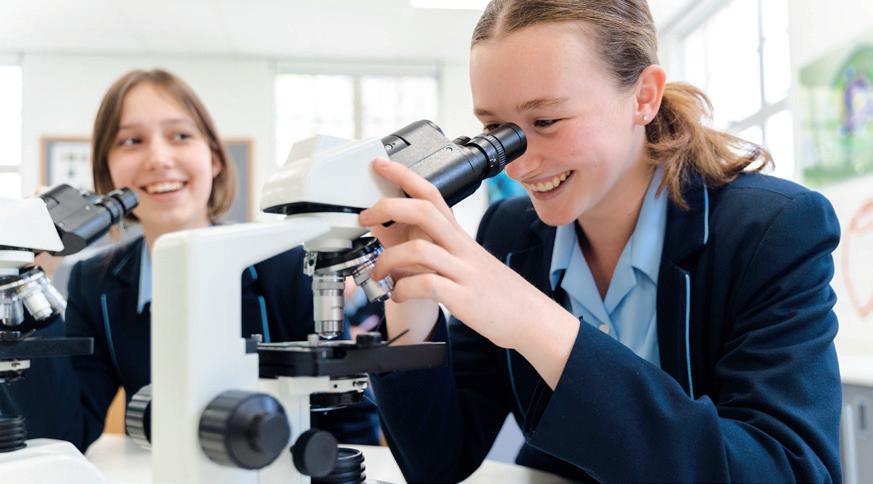

Advance tickets are free at SchoolsShow.co.uk

Boarding houses are homely with soft furnishings often the norm and I have yet to have a poor meal in ten years of working in the sector!
Day-to-day life follows a typical boarding school pattern. At Wymondham College breakfast starts from 7.15am, lessons from 8.30am, the school day ends at 3.45pm and our extra-curricular programme starts at 4pm. Prep is completed in the evenings (with boarding staff, more often than not teachers, on hand to support) and we offer Saturday morning school, with a full range of sporting fixtures on Saturday afternoons.
Parents and students choose state boarding for many reasons and our communities are grounded and diverse. Some prefer the state boarding offer, others are attracted by high standards and value for money, others are attracted to the distinctiveness of individual schools. Across the sector there are very high satisfaction rates from parents and pupils.
State boarding schools are subject to regular Ofsted inspections, including an Ofsted boarding inspection every three years. Reports are available online but we recommend a personal visit because it can be difficult to convey the ethos of a school
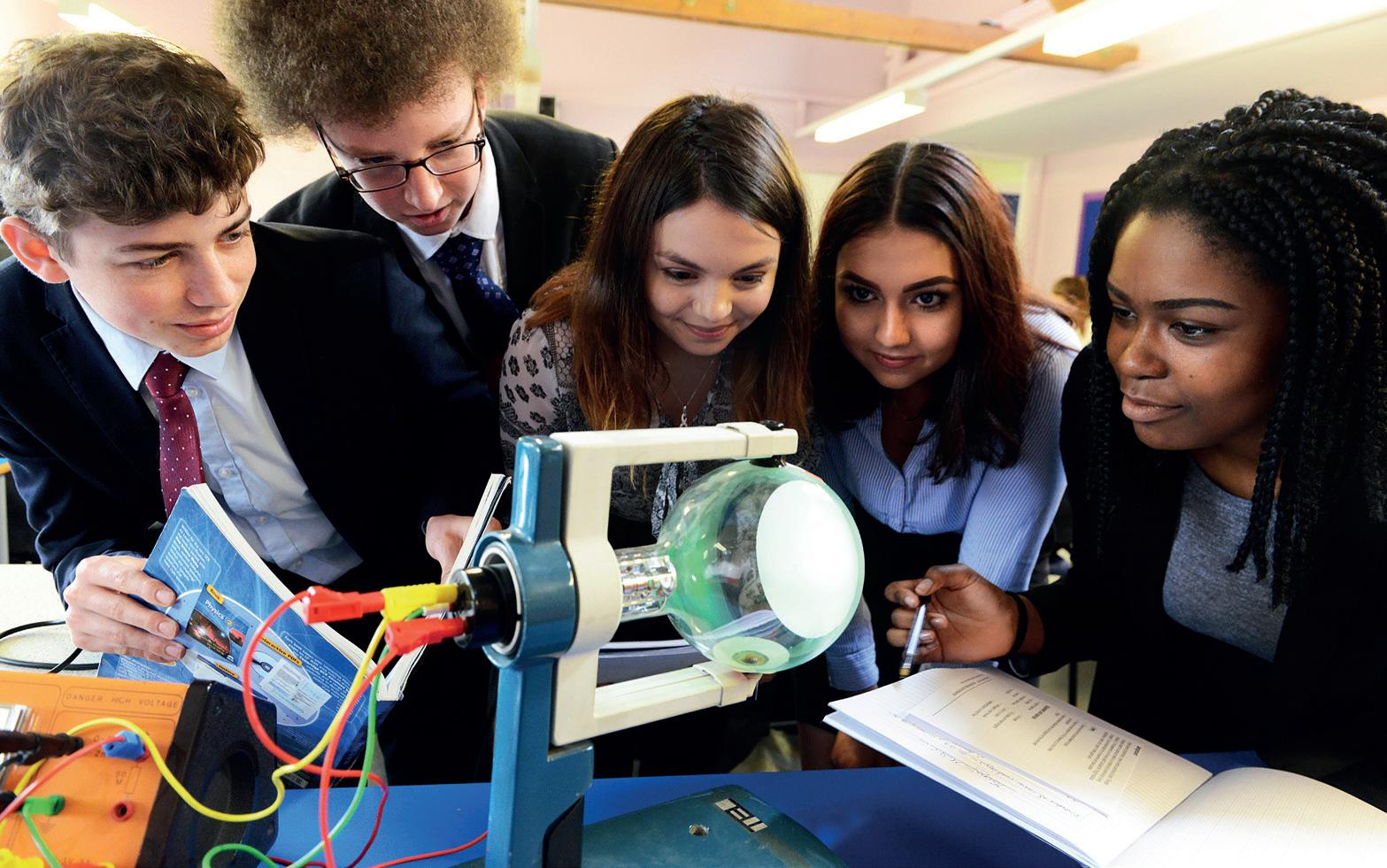
through an inspection report. I always encourage parents to visit several schools before choosing, ensuring the best match for their child. State boarding schools are proud of what we deliver. As one journalist commented on a visit to the College, ‘this feels like any leading independent school’. Like colleagues in the independent sector, we are simply committed to high-quality boarding.

Leading all-round education with pupil wellbeing at its heart. Give your child the space to thrive and grow with our variety of modern boarding options. Based on a safe rural campus just one hour from London.
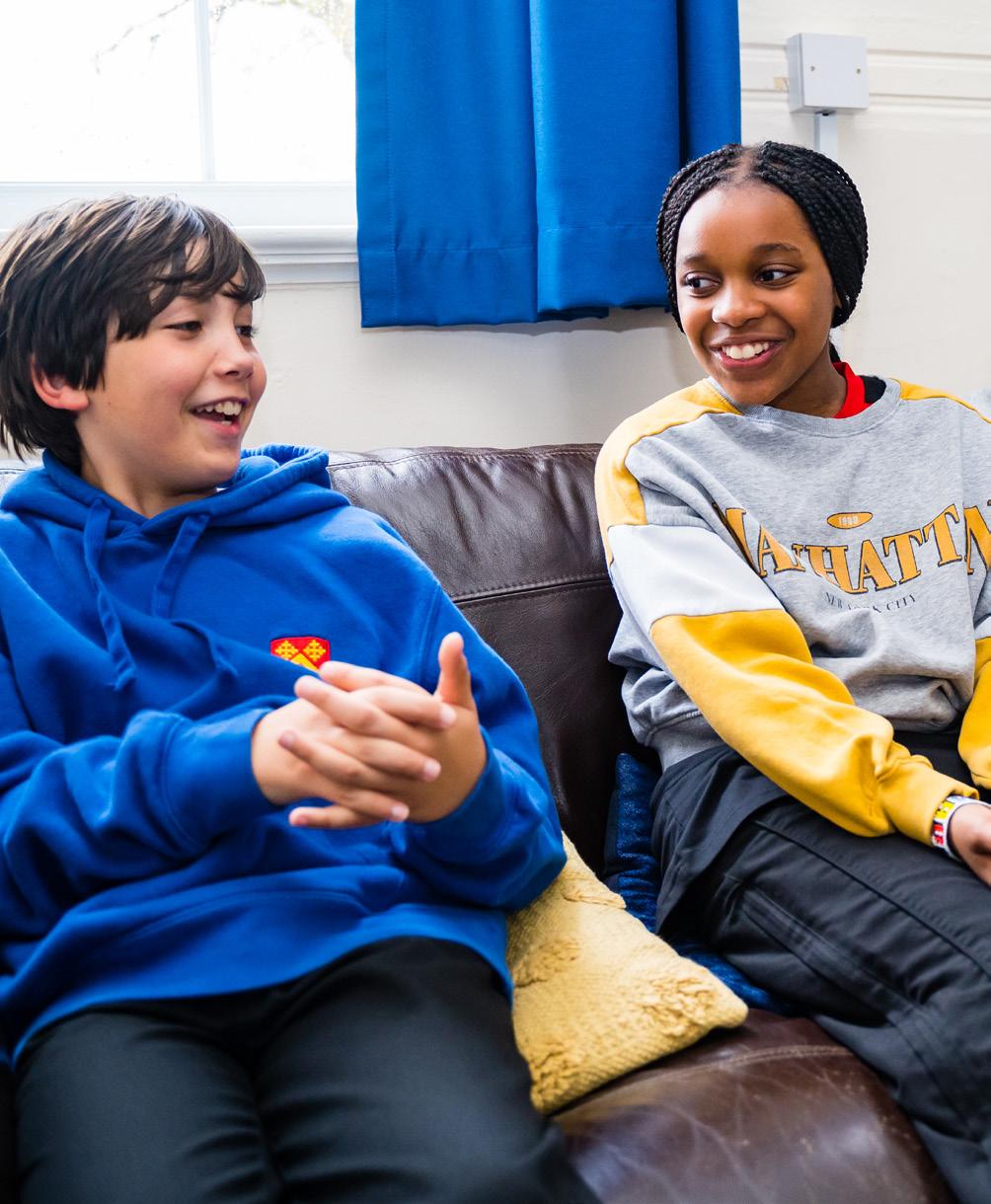
Jonathan Taylor is Chief Executive Officer of the Sapientia Education Trust (SET) which was founded by Wymondham College and incorporates 16 schools in Norfolk and Suffolk. He boarded as a child, studied as an undergraduate at Brasenose College, Oxford and has worked for more than 15 years in the state boarding sector. He is a committee member of the BSA State Boarding Forum, has sat on the Norfolk Safeguarding Board and is a trustee of several other schools.
Co-educational, ages 4-18, boarding & day.
If you are considering boarding, a state boarding school may be an option. As always, it is important to do your research and above all, see the school in action before you make any choice. State boarding schools provide free education but charge fees for boarding. Some state boarding schools are run by local councils and others are run as
academies or free schools. These schools give priority to children who have a particular need to board and will assess children’s suitability for boarding. At state boarding schools and academies, including sixth-form colleges, parents pay between £10,000 and £17,000 per year for their children to board, with an average of £12,000 per year.
Beechen Cliff School
Brymore Academy
Burford School
Colchester Royal Grammar School
Cranbrook School
Dallam School
Exeter College
Gordon’s School
Haberdashers’ Adams
Hockerill Anglo-European College
Holyport College
Keswick School
Lancaster Royal Grammar School
Liverpool College
Old Swinford Hospital
Peter Symonds College
Reading School
Richard Huish College
Ripon Grammar School
Royal Alexandra & Albert School
Sexey’s School
Shaftesbury School
St George’s School, Harpenden Academy Trust
Steyning Grammar School
The Duke of York’s Royal Military School
The Royal Grammar School, High Wycombe
The Royal School, Wolverhampton
The Thomas Adams School Shropshire
The Wellington Academy
Wymondham College
Wymondham College Prep School
Somerset
Somerset
Oxfordshire
Essex
Kent
Cumbria
Devon
Surrey
Shropshire
Hertfordshire
Berkshire
Cumbria
Lancashire
City of Liverpool Borough
Metropolitan Borough of Dudley
Hampshire
Berkshire
Somerset
North Yorkshire
Surrey
Somerset
Dorset
Hertfordshire
Sussex
Kent
Buckinghamshire
Metropolitan Borough of Wolverhampton
Shropshire
Wiltshire
Norfolk
Norfolk
In England there are 34 mainstream members of the BSA State Boarding Forum (SBF) and 31 are listed here, including academies and free schools. For more information on state boarding schools go to www.boarding.org.uk/for-parentspupils/types-of-boarding-school/
Region
South West
South West
South Central
East England
South East
North West
South West
South East
West Midlands
East England
South East
North West
North West
North West
West Midlands
South Central
South Central
South West
North East Yorkshire and Humber
South East
South West
South West
East England
South East
South East
South Central
West Midlands
West Midlands
South West
East England
East England
Sixth-form colleges provide high quality academic education for 16- to 18-year-old pupils, enabling them to progress to university, the workplace or higher-level vocational education. There are 277 colleges in the UK and 62 are designated as sixth-form colleges, offering an extensive range of academic, technical and professional courses as well as apprenticeships. Sixth-form colleges have a reputation for academic excellence, many of them being rated Outstanding by Ofsted. However, they do not have a history of offering boarding accommodation –something we have changed at Richard Huish College in Taunton.
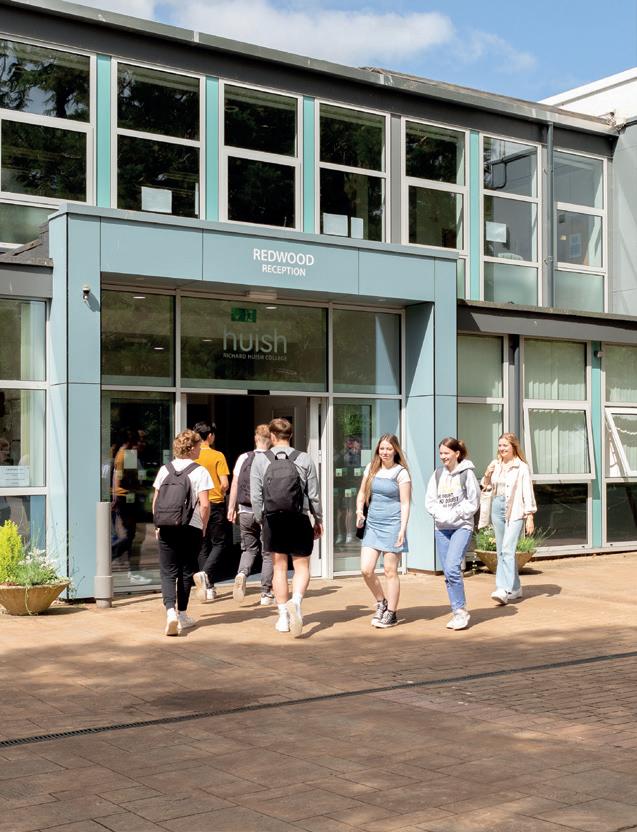
While state boarding schools are well established, boarding at a sixth-form college is a relatively rare concept. Each year, state boarding schools regularly outperform other state schools with a good number topping academic league tables around the country. The combination of the excellent statefunded education and a boarding community enables pupils to make the most of their talents and abilities. However, these schools offer Level 2 (GCSE) and Level 3 (A level) qualifications and are for pupils aged 11 to 18, while a sixth-form college only has pupils who are between 16 and 19 years.
Admission to a state boarding school is for pupils who hold a full UK passport or who can meet the eligibility funding criteria from the Educational and Skills Funding Agency (ESFA), e.g. British Nationals Overseas, Dependents. Sixth-form colleges and FE colleges can apply for a Sponsor Licence to attract international pupils to study their Level 3 (usually A level) qualifications. Many of these sixth-form colleges offer homestay accommodation to their pupils but a few offer full boarding facilities, operated by the college, including Richard Huish College. Several FE colleges offer boarding, but they are still in the minority.
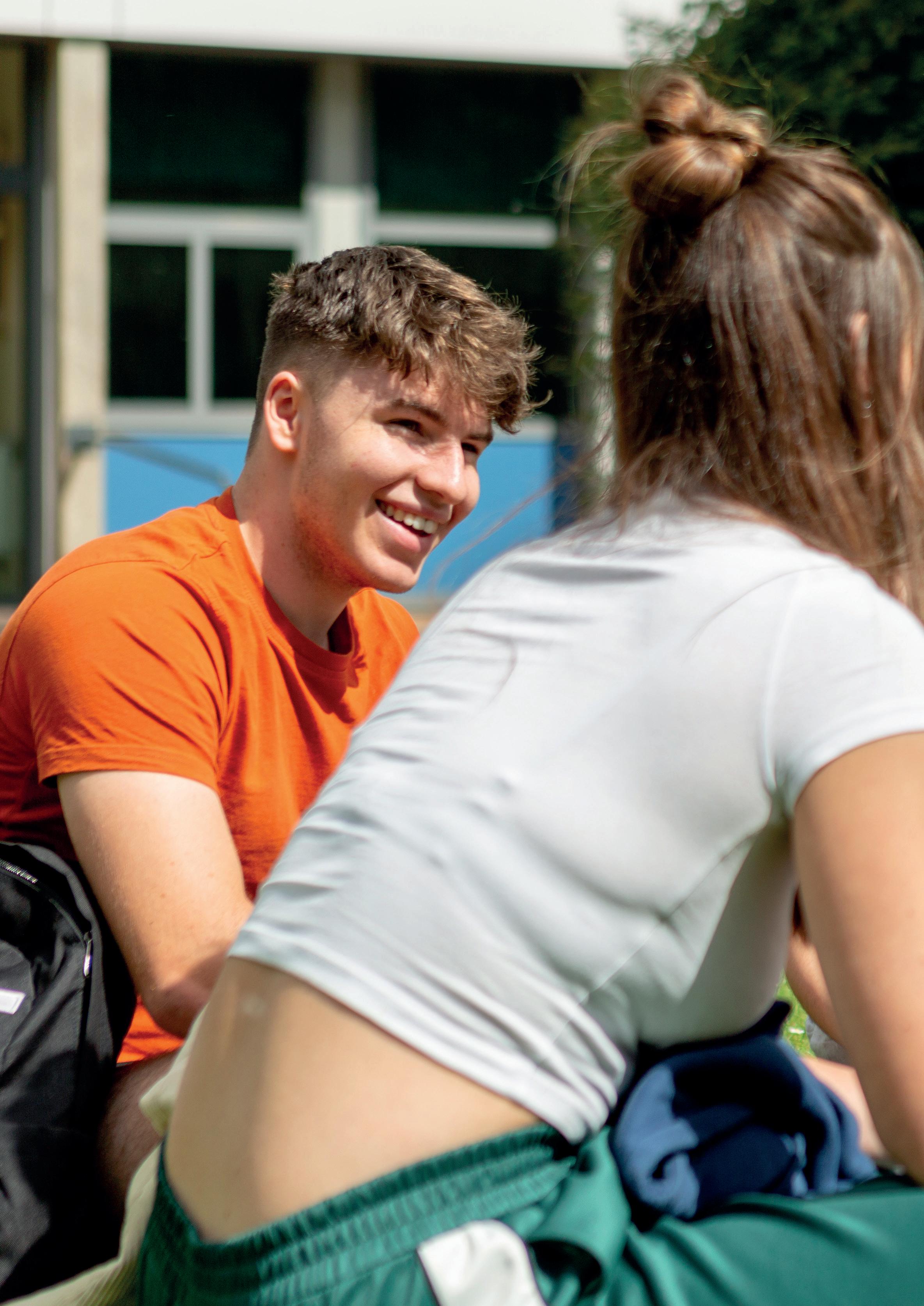
At Richard Huish College, the boarding house opened its doors to pupils from around the world, including the UK, in 2017. The house has 53 study bedrooms, all with ensuite bathrooms. The College has been welcoming pupils from around the world for many years but knew that while homestay parents do an amazing job of nurturing pupils new to the UK, there were also some pupils who would prefer the boarding house experience. The boarding house means the College can offer choice and flexibility to pupils and their parents – essentially offering an independent school sixth-form experience at a fraction of the cost.
Sixth-form boarding at a state college is also an option for UK pupils who travel long distances daily. Flexi-boarding or weekly boarding is a great option when a late sports fixture or exam preparation needs to take priority. Many of our pupils live rurally – parents see the advantages of flexi-boarding while pupils are excited by the opportunity of becoming more independent.
Boarding at a sixth-form college, FE college or state boarding school, your son or daughter can expect plenty of home comforts and a warm welcome from the houseparents. Their confidence and independence will be nurtured and the experience will give them essential
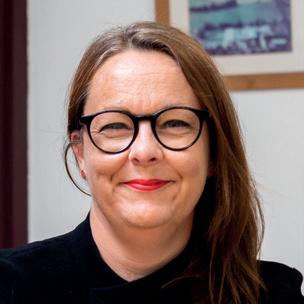 Emma Fielding Principal, Richard Huish College
Emma Fielding Principal, Richard Huish College
preparation for university life. Boarding students make a great circle of friends in the boarding house, often friends they will have for life. A rigorous set of Ofsted boarding standards is adhered to, ensuring the pastoral welfare and academic development of all pupils.
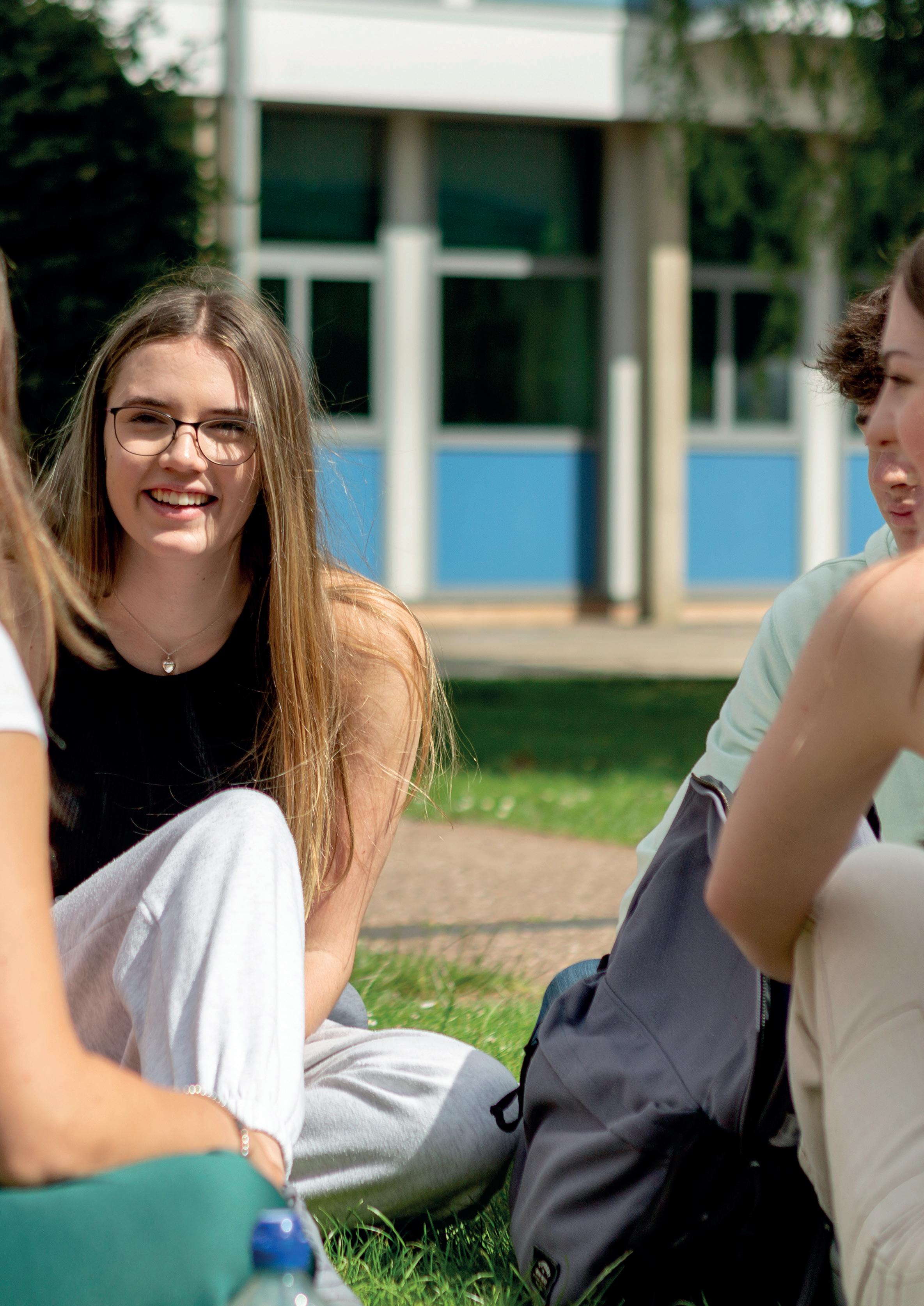
Boarding at sixth form can be affordable if you expand your search criteria to include the state sector. Many state boarding schools have specific areas of expertise you may wish to access, such as links with Huish Tigers Basketball Club, Bristol Bears Rugby, Somerset Country Cricket Club for sport and the Guildhall for Young Artists for music at Richard Huish College.
Your child will have the best of both worlds – the benefits of a dynamic college environment bringing together large numbers of talented and aspirational young people who can explore their independence, while still providing a controlled and safe college environment.


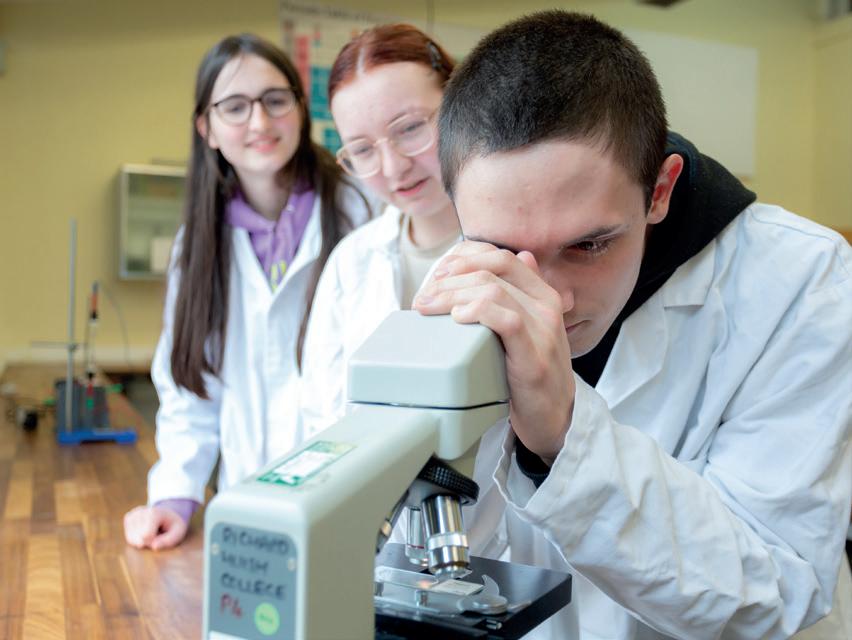
Admission to Richard Huish College is for pupils who hold a full UK passport, pupils from UK military families based in the UK or abroad or pupils who can meet the eligibility funding criteria of the ESFA, e.g. British National Overseas, Dependents. For further information, go to www.huish.ac.uk/boarding
Emma Fielding became Principal at Richard Huish College in 2020, taking over from John Abbott who moved to become Chief Executive Officer of the Richard Huish Trust. Emma began her career in education as an Educational Researcher at the University of Cambridge before going on to train as a History and Sociology teacher. She has worked in the post-16 educational sector for more than 18 years.
Independent schools have been connecting with their local communities and collaborating with state schools for many years, but it is only in recent years that we have begun to collect data which clearly demonstrates this. Thousands of mutually beneficial partnerships now exist between independent and state schools, unlocking new educational experiences for all involved. This work was reinforced in a ‘Joint Understanding’ with the Department for Education (DfE) announced by the Secretary of State in 2018. The document outlines the commitment of independent schools to voluntarily develop mutually supportive collaborations with maintained schools.
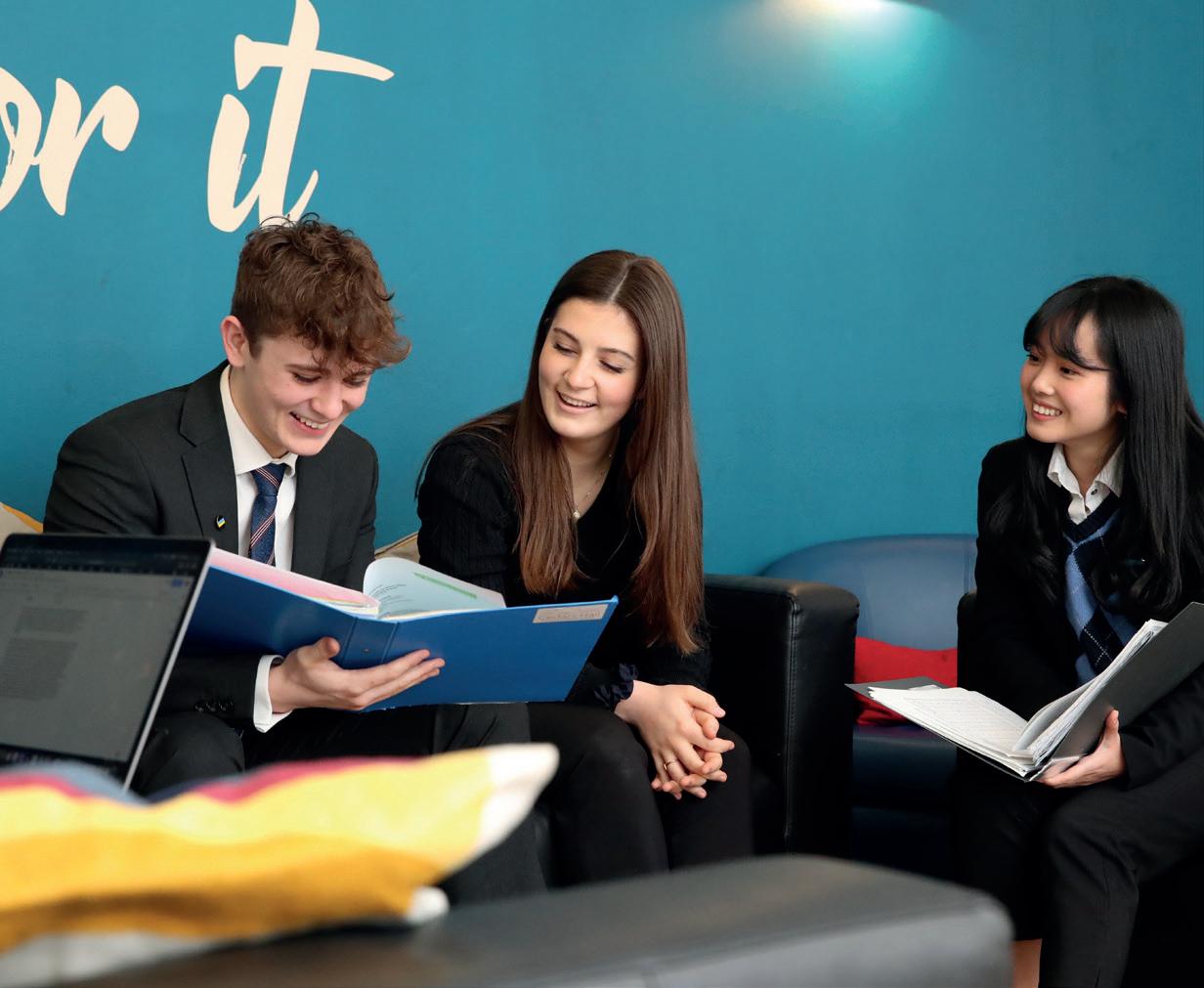
A certain amount of political interest has been generated in connection with charitable status debates over the years and the media often berates fee-charging schools for the ‘tax breaks’ that come with charitable status. In fact, the allocation of bursary awards far exceeds business rates relief granted to those schools which are charities. Even schools that are not charities have taken steps to improve accessibility for families who might not otherwise be able to afford independent school fees, by providing increasing amounts of bursary assistance in recent years. In the academic year 2022–23, £494 million was provided in meanstested fee assistance for pupils at ISC schools.
A judicial review in 2011 ruled that education is of itself a charitable activity. The trustees of schools that are charities have a duty to report to the Charity Commission their school’s work for the public benefit. This work can take the form of awarding bursaries on a means-tested basis for disadvantaged children, children on the edge of care and looked-after children, support for academies and collaborative work that provides a variety of learning and development opportunities to children who would otherwise miss out.
 Julie Robinson Chief Executive Officer,
Julie Robinson Chief Executive Officer,
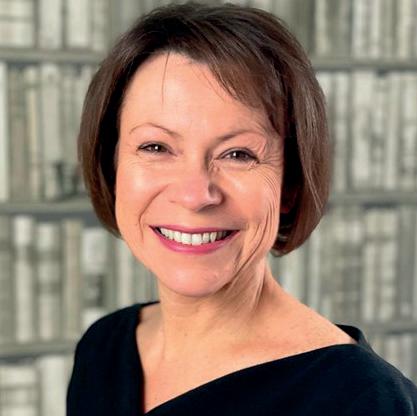 Independent Schools Council (ISC)
Photo with kind permission of Sherborne School
Photo with kind permission of Wells Cathedral School
Independent Schools Council (ISC)
Photo with kind permission of Sherborne School
Photo with kind permission of Wells Cathedral School
It is important that trustees retain flexibility to fulfil any school’s public benefit activity according to local needs and in ways that are appropriate for the school according to its individual capacity. Many schools do not have extensive facilities that can be shared with state schools and there are geographic and other barriers to be considered.
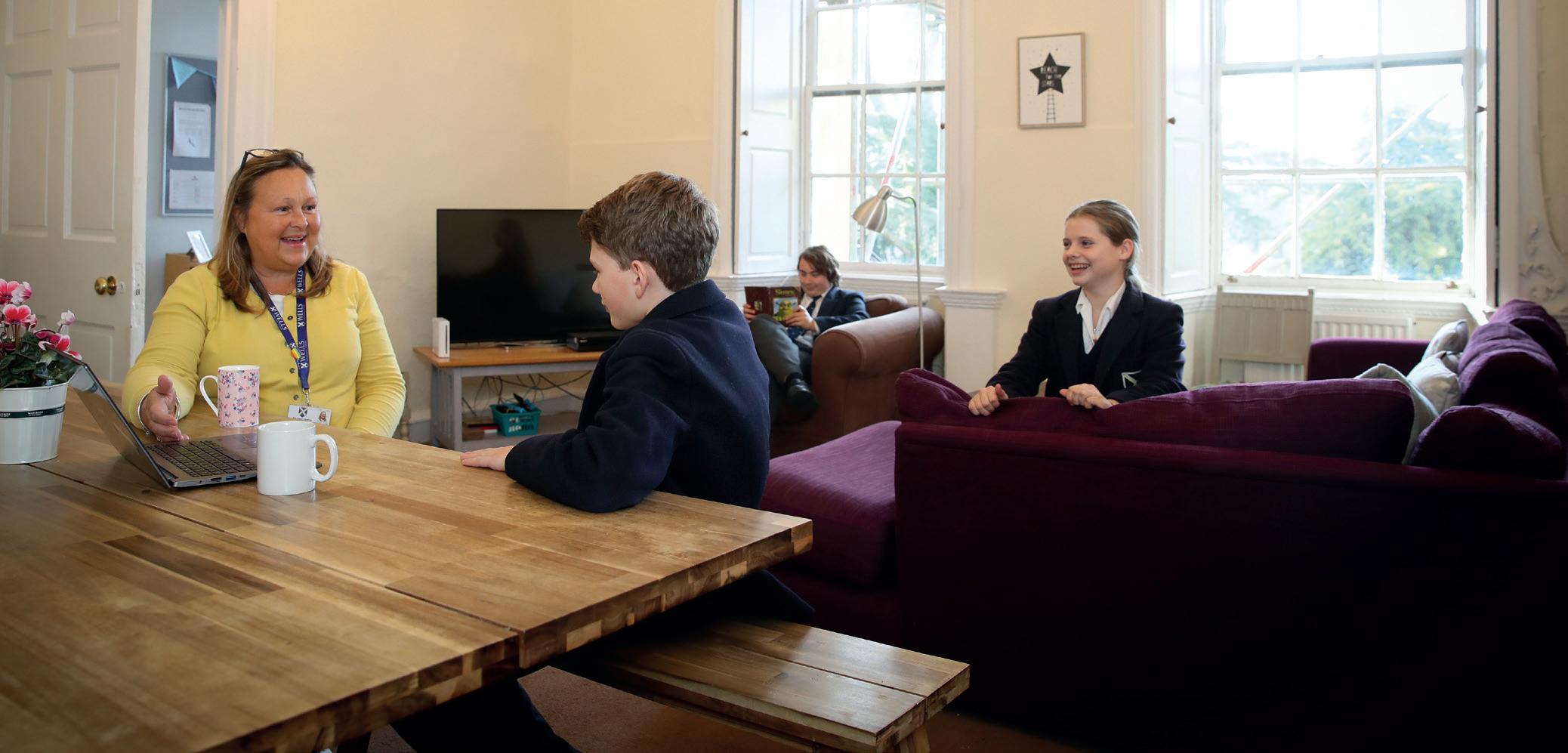
The Schools Together website www.schoolstogether.org, which details many excellent partnership projects between independent and state schools, was built with the express purpose of encouraging, showcasing and inspiring partnership working.
The website was launched in 2016 and although involvement is voluntary, more than 6,000 projects have been featured, showing a wide range of partnership activities.
The projects are allocated categories such as academic, drama, governance, music, sponsorship, sport and design technology.
It is clear from the website that many different types of collaborations are underway involving large and smaller schools.
From full academy sponsorship, such as Harris Westminster and the London Academy of Excellence, through to arts projects with local primary and special schools; from careers guidance and university preparation, to inclusion in dramatic productions and sports tournaments – this website draws together a range of impressive and exciting educational opportunities for all pupils and staff involved. It showcases excellent examples of what is already in place, providing insight into the value of collaboration.
There are economies of scale and various mutual benefits when schools join together to procure services – including the sharing of specialist teachers – and training. A visiting author or speaker can be made available to a range of pupils beyond the host school. Schools can share specific expertise and develop policies.
Vulnerable subjects, such as modern foreign languages, Latin, music and physics are supported by partnership work. Pupils meeting each other can develop a new way of seeing the world. Inter-school visits can allow new subject areas, sports, musical instruments and experiences to be shared, broadening the horizons of all taking part.
Successful partnerships help to bring communities together in deeper understanding and thereby support social cohesion. The pooling of resources enhances the overall educational offer for all schools involved and by sharing experiences, teachers can benefit from effective professional development. Some schools are working in pairs or small clusters and others are working in large collaborative groups across an area such as in York or Birmingham. These groupings develop projects over time and forge strong links across the communities involved. The projects grow according to schools’ needs and strengths, building mutually supportive communities.
2022 marked the launch of the School Partnerships Alliance (SPA), an organisation that will focus on promoting best partnership practice across state and independent schools. The SPA will bring together schools and other stakeholders to
create a national network, drawing on key examples of sustainable and meaningful partnership work.
While partnership activity between independent and state schools was inevitably affected by the COVID-19 pandemic, schools have now resumed their joint working. Activities include reading with younger pupils, preparing A-level pupils for higher education, sharing facilities and seconding teaching staff.
The 2023 ISC Census shows that in 2022 there were 8,793 partnerships at 1,043 ISC schools. We expect to see more partnership opportunities blossoming between the sectors as school life continues to return to normal.
Julie Robinson is Chief Executive Officer of the Independent Schools Council (ISC) – the collective voice of the independent education sector. In her role, Julie serves the interests of the ISC’s constituent associations and 1,390plus member schools through conversations with the Government and in the media. The ISC brings together five associations representing headteachers, one governors’ association and one bursars’ association, along with four affiliate associations that represent boarding, Scottish, Welsh and international independent schools. Before becoming ISC Chief Executive Officer, Julie was a teacher, housemistress and Head of Ardingly College Junior School and then Vinehall Prep School in Sussex. After these headships, she was Education and Training Director for the Independent Association of Preparatory Schools (IAPS). She is governor of a state school and an independent school.
Photo with kind permission of Wells Cathedral School“Vulnerable subjects, such as modern foreign languages, Latin, music and physics are supported by partnership work.”

Young people today need first-class tuition and the finest academic qualifications to succeed, but they also need strength of character and skills such as communication, teamwork and resilience, to build happy, fulfilling and worthwhile lives. A boarding education can provide the building blocks for character and success.
As the school curriculum narrows, the boarding school’s emphasis on educating the whole child provides plenty of opportunities to develop a wider set of skills and qualities. At Bloxham, our activities programme offers pupils 100 options, ranging from mainstream sports to minor ones, and from music, drama and art, to astronomy and Young Enterprise. Balancing breadth with specialism, our tutors work with pupils to help them select options which will both stimulate and challenge. They encourage pupils to give everything a go –in our view, it’s good to try new things, to persevere at acquiring new skills and to learn to laugh when you fail.
Where talent and interests emerge, a boarding school can allow pupils time and resource for passions and expertise to flourish. With a flexible boarding model, it is possible to take an open approach to pursuits which naturally develop outside of school.
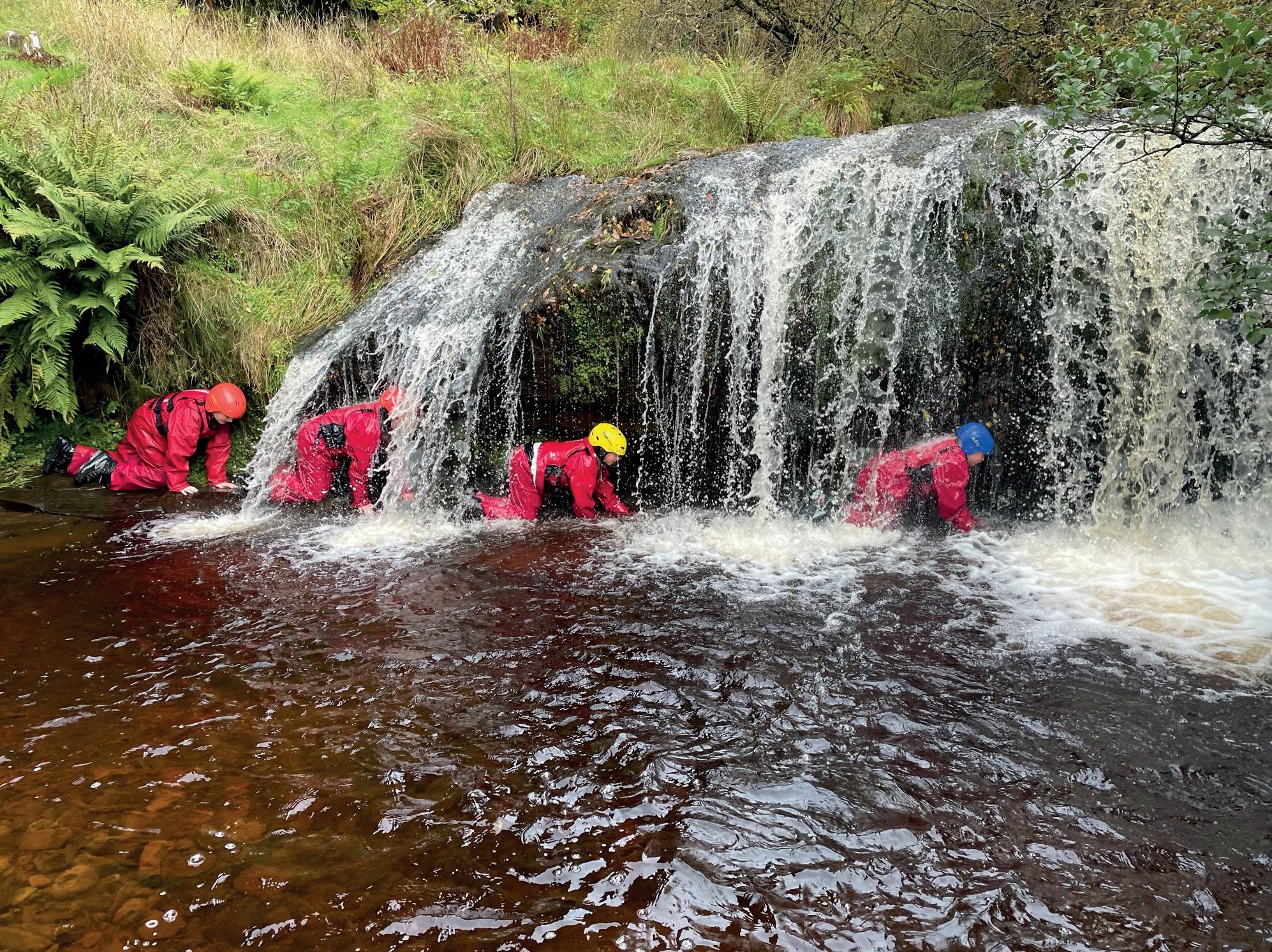
In common with many boarding schools, outdoor education runs through the lifeblood of Bloxham School. First introduced in our Lower School, outdoor education increases in challenge as pupils move through their years with us. Our Year 7 and 8 pupils enjoy annual camps and the not-to-be-missed Alps trip, when they get to test their nerve white-water rafting and canyoning, building life-lasting memories on the way down.
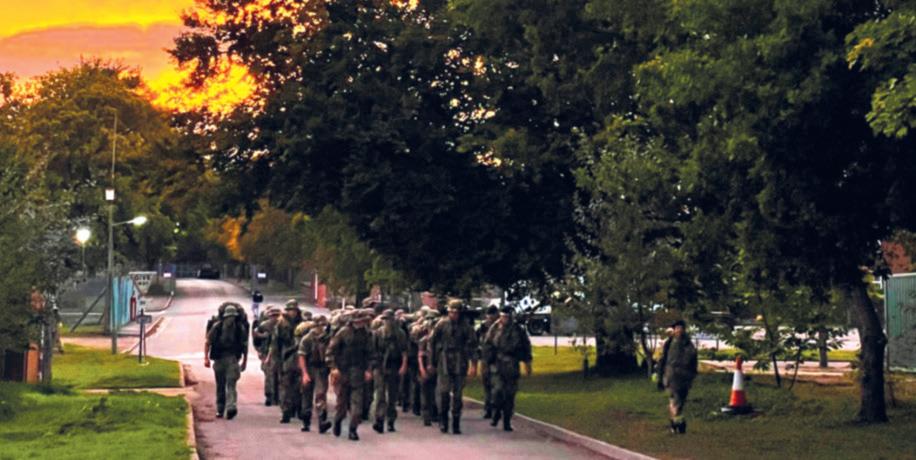 Paul Sanderson Headmaster, Bloxham School
Paul Sanderson Headmaster, Bloxham School
Over many years, boarding schools have learnt that trying new activities in a fun environment can generate excitement for learning outdoors. This in turn lays the foundations of communication, teamwork and resilience upon which young people will rely so often in the future.
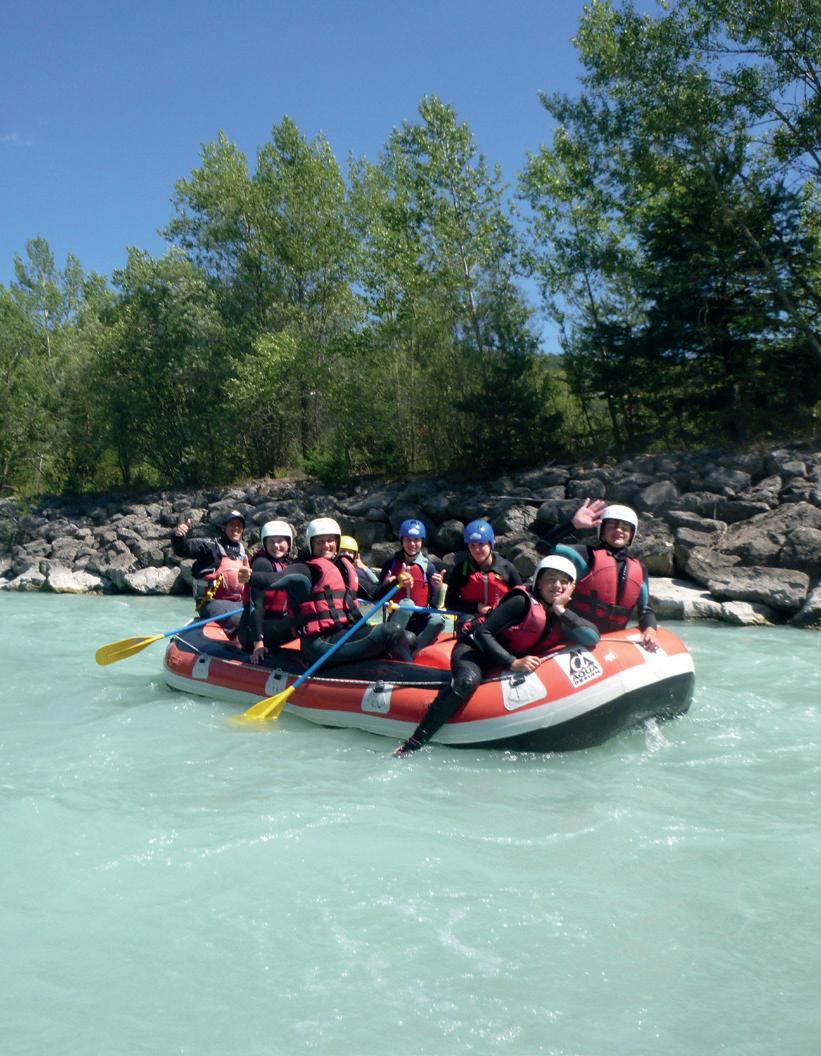
These skills can be further developed in more demanding environments, for example, through the Duke of Edinburgh’s Award (DofE) and the CCF. Schemes like these help pupils broaden their horizons, develop their leadership skills, learn to work with others, and prove to themselves they can succeed at a serious challenge.
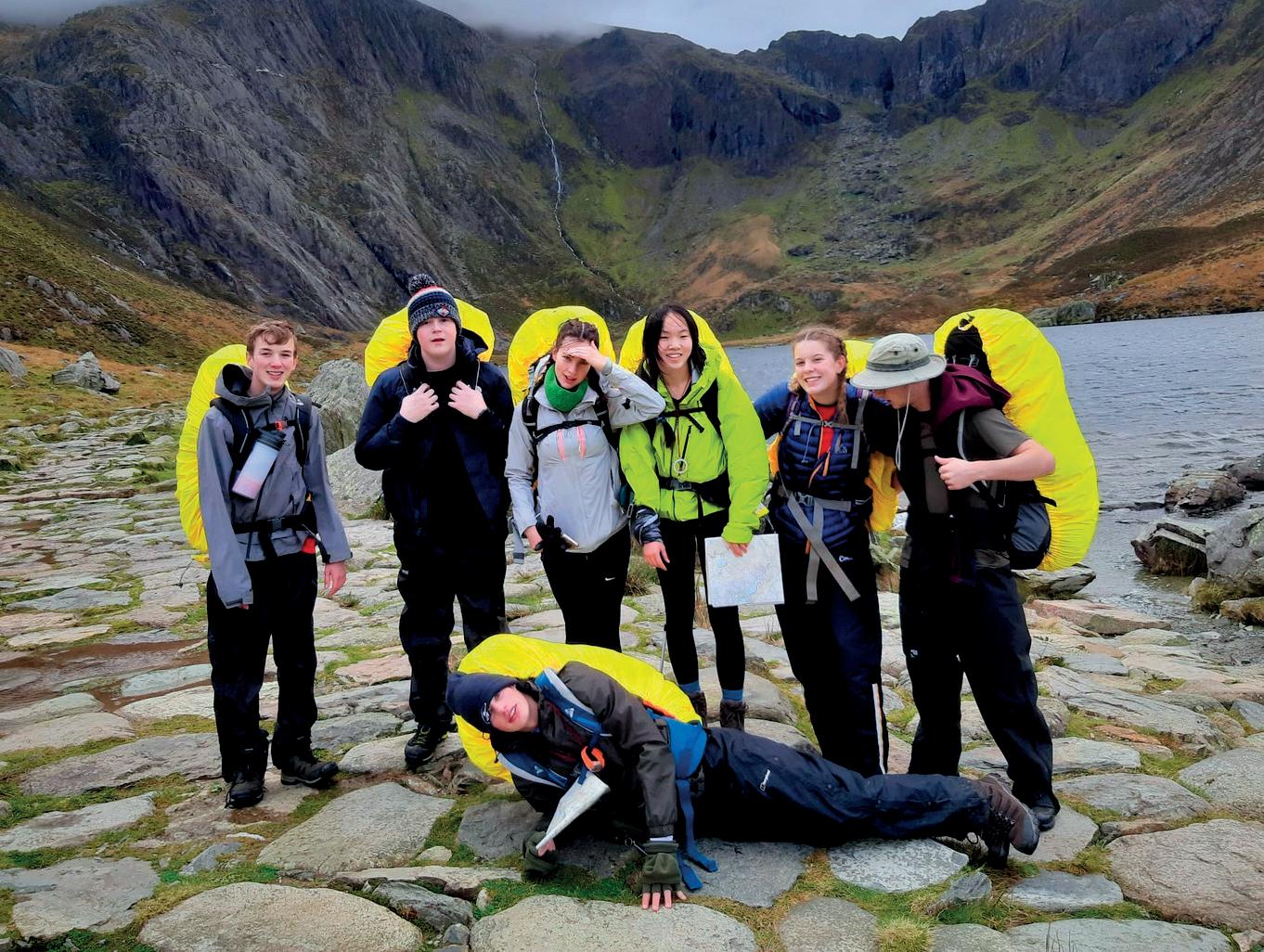
Bloxham is a Christian foundation school. As such we value kindness and compassion, and we teach pupils the value of contributing to their community. Through our wellsupported service programme pupils volunteer at food banks, care homes and local primary schools each week, giving them a lasting experience of making a difference. One such relationship led to a beautiful collaboration, which saw a design technology
A-level pupil dedicate his examined project to a local hospice. Working to the hospice director’s brief, the pupil designed and made symbols, features and artefacts to enable the hospice chapel to become a multi-faith place for worship and reflection. Now installed, they are having a moving effect on the hospice’s community. They have also shown our pupil, and indeed the whole school community, the impact they can have when they give something back.
Each year we fundraise for a variety of charities – from local causes such as Katharine House Hospice, to charities close to the heart of our community. Fundraising challenges have included sporting feats such as triathlons and marathon distances, leg waxing, car washing, cake baking and clothing sales. Experiences like these show children the importance of teamwork and determination and teach them to look beyond themselves, appreciate their good fortune and help those with less.
Perhaps most importantly, boarding environments teach pupils the importance of tolerance and respect, how to work together to achieve their goals and how to live harmoniously with others. Boarders learn

to invest in their community, realise their actions have consequences and learn to take responsibility. This blend of education helps them grow into happy, well-adjusted young people, with the values and strength of character to do something good with their lives.
Paul Sanderson has been Headmaster at Bloxham School since 2013. Before this he was Deputy Head at Gordonstoun, where he also spent three years as a Housemaster. He was an Assistant Housemaster at both Oundle and Lancaster Royal Grammar. Educated at Banbridge Academy, he studied Evolutionary Biology and Genetics at the University of St Andrews and he has a Masters in Educational Research from Cambridge University. At Bloxham, he continues to teach biology and enjoys joining outdoor excursions including climbing.
In a report by Public Health England, Building children and young people’s resilience in schools (2014), resilience is described as ‘the capacity to “bounce back” from adverse experiences, and succeed despite adversity.’
The COVID-19 pandemic has most certainly been an adverse experience for children and young people. Elements which promote resilience, such as regular routines and sleep, physical exercise, access to entertainment, positive family relationships and social support were all affected for a long period of time, so we now have a lot of work to do to build resilience up again.
The report states: ‘While the role of teachers and other school staff is rarely, if ever, as central to resilience-building as that of parents and family, it is still an important element.’
In a boarding school environment, teachers and other staff are permanently acting in loco parentis, so their role in building resilience in boarders under their care is even more significant.
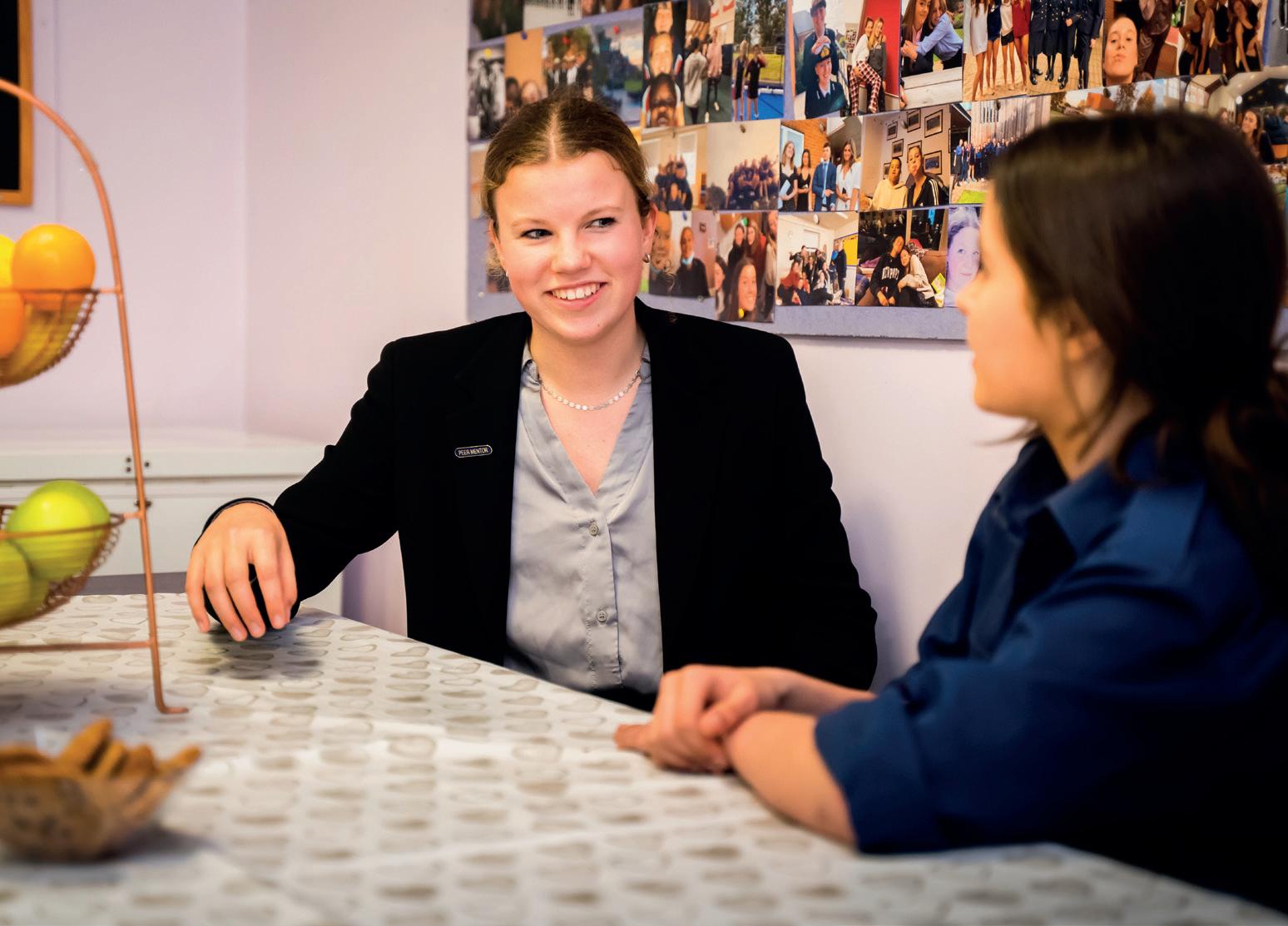
Arguably, pupils who board have to immediately call on their reserves of resilience; they are away from their parents and close family, as well as the comforts and familiarity of home, and that’s not easy, especially when you are a young child.
This is where experienced, empathetic and resourceful boarding staff are of the utmost importance. Their role is to ensure that boarders are comfortable physically, but also mentally, with the ability to voice their feelings and concerns and know they will be listened to. It takes a team of people to provide this foundation for resilience, which includes houseparents, assistant houseparents, matrons, visiting tutors, plus a range of other staff such as teachers and healthcare professionals.

I believe that schools which are successful in fostering resilience in their pupils will have a strong ethos with values at their centre. At Pangbourne College, we have ‘Flag Values’ which include ‘Resilience’ alongside Kindness, Selflessness, Moral Courage, Integrity, Initiative, Industry and Respect.
For us, the Flag Values underpin everything we do, from class rewards to staff recruitment. They are absolutely fundamental to our community as a boarding school and help to create a secure and respectful environment in which all pupils can thrive.
Resilience is one of those Flag Values because it is a strength which will support pupils throughout school and beyond. Any pupil or staff member who displays particularly strong resilience is recognised and, on occasion, rewarded. In our experience, the Flag Values permeate through the day-to-day experience of school and become instilled in pupils over time.
In addition to strong values, schools should provide opportunities within the curriculum for pupils to experience adversity in a safe environment, so that they can practise ‘bouncing back’ and their resilience can be developed. Naturally, our PSHCE curriculum includes a scheme of work on resilience, which we run in the first term of Year 7, and the rest of the programme has resilience embedded throughout. Alongside this, we encourage pupils to undertake all sorts of activities which foster a strong sense of resilience. These include The Duke of Edinburgh’s (DofE) Award and the Combined Cadet Force (CCF) programme.
We are licensed to provide the three levels of DofE Award: Bronze (which all pupils do in Year 9), Silver and Gold. Around a third of sixth formers do the Gold Award. The combination of volunteering, physical activities, skills-based exercises and challenging expeditions gives an all-round experience which is fun, rewarding and recognises a young person’s journey of selfdiscovery and development. In particular, the expeditions really teach pupils how to dig deep and keep going, despite the sometimes inhospitable environment!
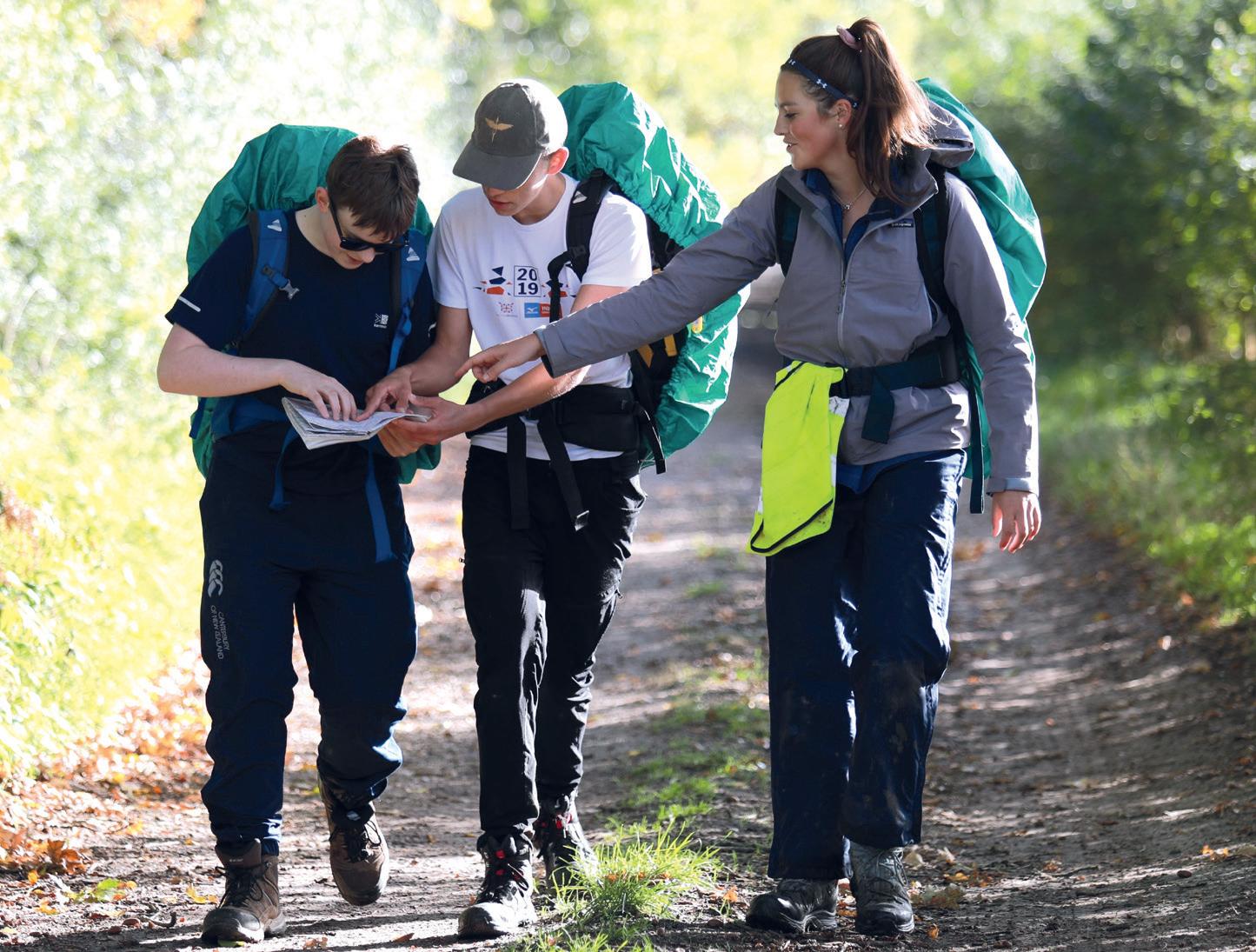
The CCF is based on a foundation of strong shared values, disciplined behaviour and selflessness towards others. Cadets develop effective communication skills and the ability to think clearly in complex situations, solve problems and exercise good judgement and initiative. The programme has a unique appeal because it gives pupils the opportunity to do something completely different.

I believe that trusting young adults to take responsibility for others and to serve others, also helps to build resilience. At Pangbourne, there are many opportunities for older pupils to take up important roles, such as cadet captain (prefect), peer mentor or captain of sports. All these roles involve leading and supporting younger pupils and help pupils grow in confidence, self-esteem and, of course, resilience.
Almost all our senior pupils volunteer to be trained as peer mentors and exercise responsibility for younger pupils, who may feel more comfortable talking things through with a peer, rather than a member of staff. Our sixth formers tell me they really
enjoy this aspect of being a student at Pangbourne College and experience a real sense of joy in serving others.
So back to my original question, what is resilience? Nelson Mandela said: ‘Do not judge me by my success, judge me by how many times I fell down and got back up again.’ Getting back up, or ‘bouncing back’ – for our pupils this is one of the most important lessons we can teach them.

One of the joys of boarding is being a part of an eclectic school community, offering pupils, families and staff the opportunity to come together to create a ‘local community’ that unites and stretches across the globe.
With both pupils and staff living on site, boarding offers the extra time together to share and highlight issues that are important locally and globally, but also personally. Through their house teams, pupils are supported to collaborate, be creative and bring others with them as they share and rally behind causes that are close to their hearts.
A culture of helping others is part of the very fabric in boarding schools and everyone is encouraged to get involved. In a boarding environment, it is inherent for pupils to be compassionate and creative, to work collaboratively and, importantly, to be outward-looking. At Downe House this is all part of the DNA that evolved from the ethos of kindness established by the school’s founder, Olive Willis.
2022 marked the centenary of Downe House on its campus in Cold Ash, where the school stood throughout World War
Two, and where it welcomed refugees from other countries with open arms. Here is the testimony of Rosemarie C (Downe House Alumnae, 1943): ‘I arrived in December 1938 at the age of 14, a refugee from Austria, with hardly a word of English, to be greeted by Miss Willis in evening dress, surrounded by her Samoyed dogs. Thanks to her hospitality and caring concern I was able to continue my education, and in three years I gained admittance to the University of Reading, and subsequently to the London School of Economics. The friendships, the learning and the concern for others, were among the invaluable riches I enjoyed at Downe House and they have been an inspiration to me throughout my life. Besides myself, there were three or four other refugee children during the war years, who were also given the opportunity of a new life.’
In recent years, a large proportion of charitable activities have been led by pupils with the result that a broad range of activities and causes have been supported, reflecting the many cultures and beliefs represented in a diverse boarding school community. Pupils are taught to understand that ‘education has the power to change lives’ and as such activities always

include an element of education for the wider school community. This could be through assemblies, displays and talks by pupils, themed evening and weekend events, or visits by representatives from organisations. Nominations come from the heart and often reflect very personal causes, as well as important issues across the world and topics that affect young people today, wherever they are.
Different parts of the school are involved in longer-term support too. Upper School boarding houses each have an international link charity supported by fundraising events but also by visits from pupils volunteering their time. Charities include HOPE Asia, Open Arms Malawi, Sparkes Homes Sri Lanka, Reality Gives India and Tiger Kloof Combined School, South Africa. Lower School boarding houses collectively support the OSCAR Foundation. The common theme with these longer-term associations is the empowerment of children and young people. Generations of boarders have spent their time together productively to play their part in forging and maintaining these strong associations.
Supporting charities local to boarding schools enables pupils to donate the gift of time, and to reach out and give something back to the community where they spend a large part of their young lives. For example, every year at Downe House pupils collectively volunteer more than 1,000 hours supporting local organisations. Schemes such as the Duke of Edinburgh’s Award (DofE) actively encourage charitable engagements. For Downe House pupils these have ranged from helping to manage local woodlands, to busking for the charity Swings & Smiles, to supporting the Cottismore Gardens ‘Growing2gether’ project, which promotes interest and awareness in local food and building a garden facility to enable people with learning difficulties to access horticultural therapy.
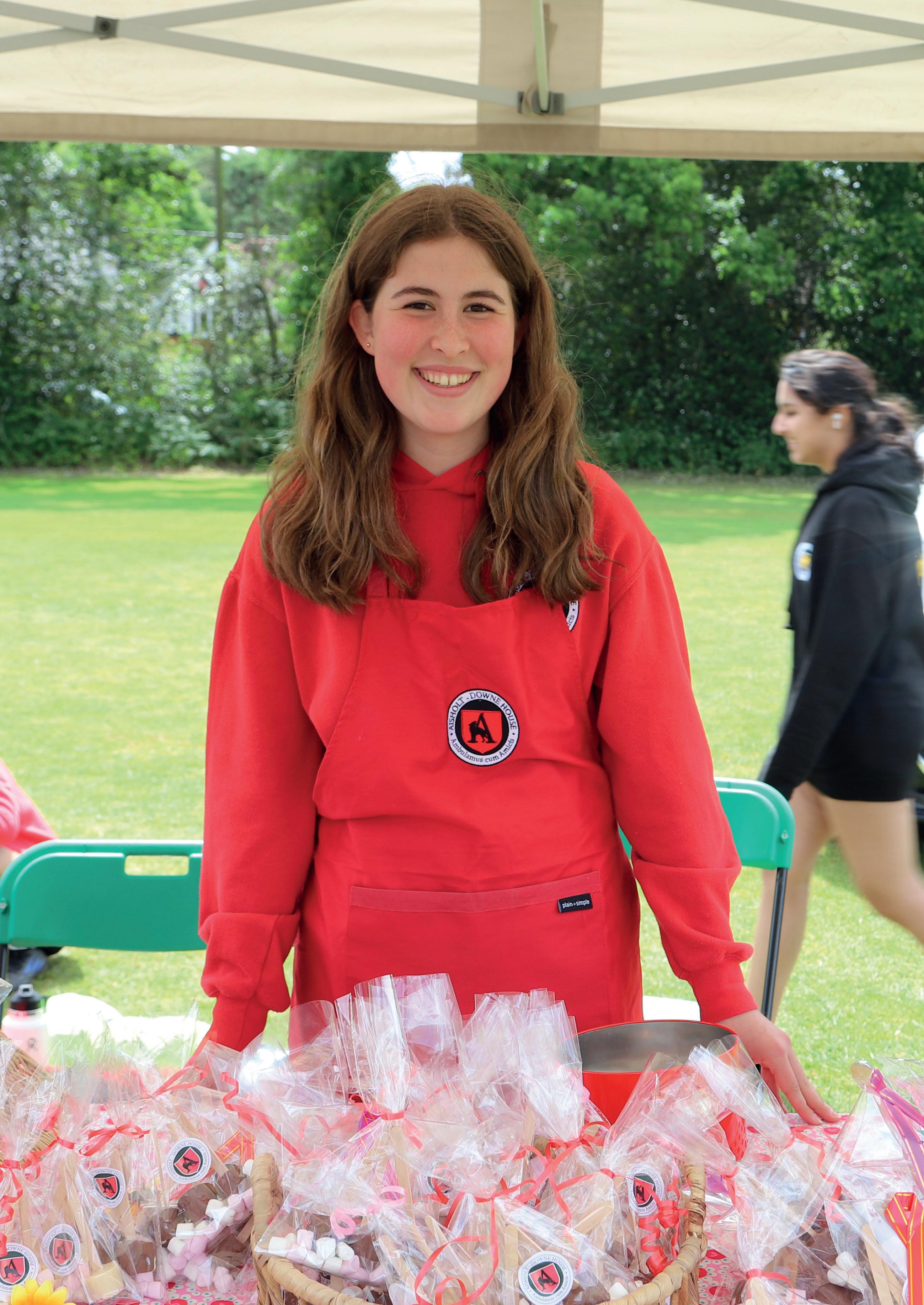
The swell of support for people affected by the crisis in Ukraine has been felt across the globe. In support of Ukraine, a school concert in 2022 raised over £2,000 for the Disasters Emergency Committee (DEC) fund via Christian Aid. The school’s choir, Prima Voce, performed A Prayer for Ukraine, learnt over two nights in its original Ukrainian language, and later released on social media to support further donations to the DEC fund (https:// fb.watch/cC7Z8n9nQY/). Coordinated by pupils and boarding house staff, the whole school community also supported a local charity, Racing to Help Ukraine, by collecting emergency aid supplies which the charity drove to Ukrainian refugees at the Ukrainian/Polish border with a convoy of horseboxes.
The Headmasters’ and Headmistresses’ Conference (HMC) has also reported examples of support from its member schools, many of which are boarding schools, for those who have been directly impacted by the invasion of Ukraine. Examples have included raising funds to support the DEC Ukraine Humanitarian Appeal and providing clothing, food and shelter to Ukrainian refugees. For more information, go to https://www.hmc.org.uk/hmcmember-school-support-for-ukrainianrefugees/

Matthew Godfrey is a graduate of Durham University and also holds a Master’s in Education. He started his career with the global consultancy firm Accenture but switched to teaching after seven years in business. He has taught English at secondary schools – both maintained and independent – ever since. He is Senior Deputy Head at Downe House and before this he held posts at Brighton College and Caterham School.
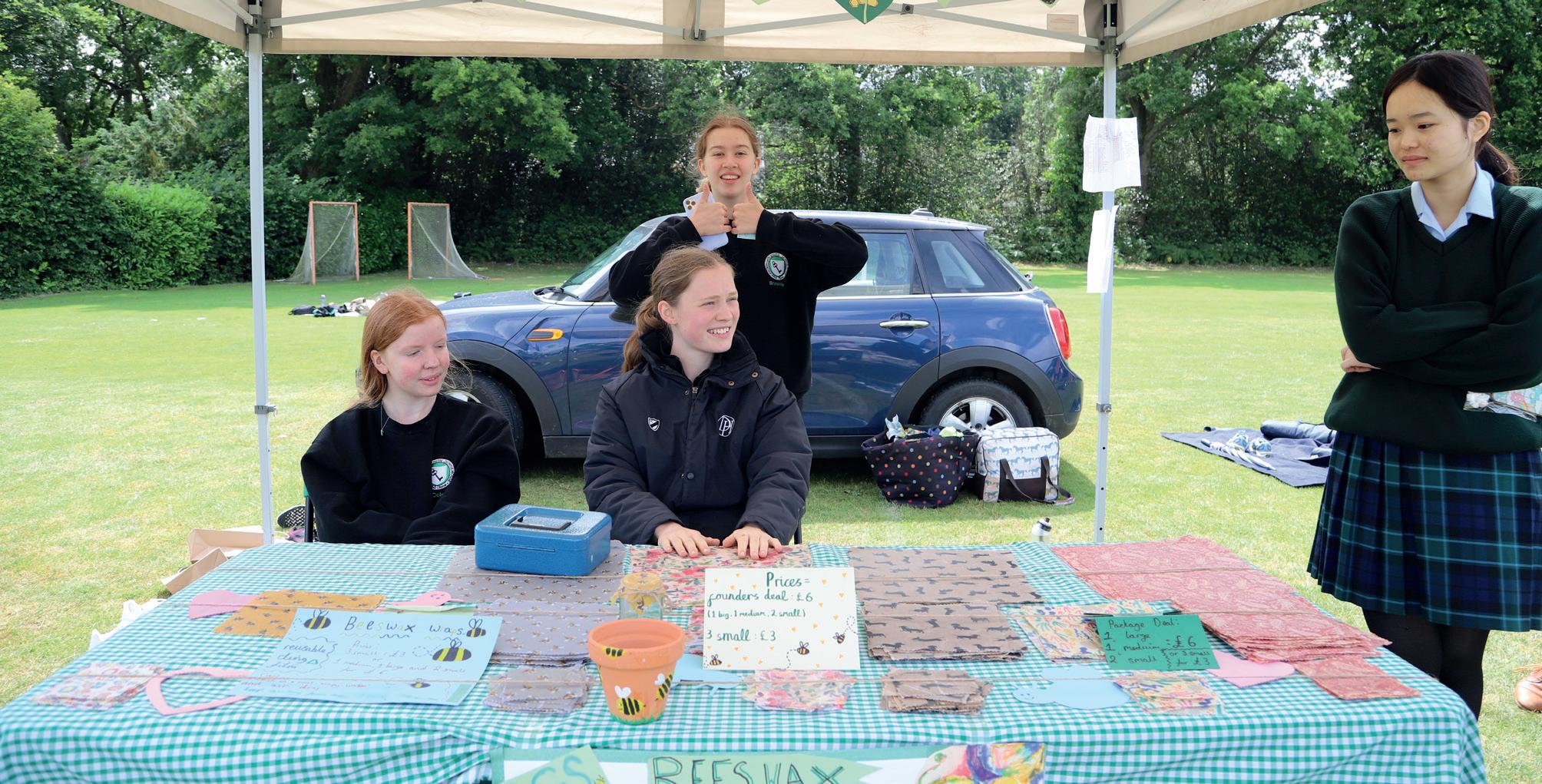 Ruth Marvel
Ruth Marvel
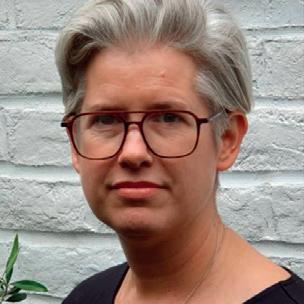
More than six decades later, our mission remains the same: to offer young people the opportunity to follow their passions, discover new talents and gain skills to help them for years to come, and to make a positive difference to their community.
In 2021–22, 321,622 young people started their DofE. Nearly a third of 14 year olds in the UK started a Bronze DofE (30.5 per cent). To date, more than 7 million young people in the UK have completed their DofE, and we’re confident our impact will continue to grow.
In 2022–23, more than 323,000 young people started their DofE and participants gave 3.5 million hours of volunteering in their local communities. The recordbreaking numbers show that 537,759 young people are currently working towards their Award across the UK – up more than 10 per cent on 2021–22. This
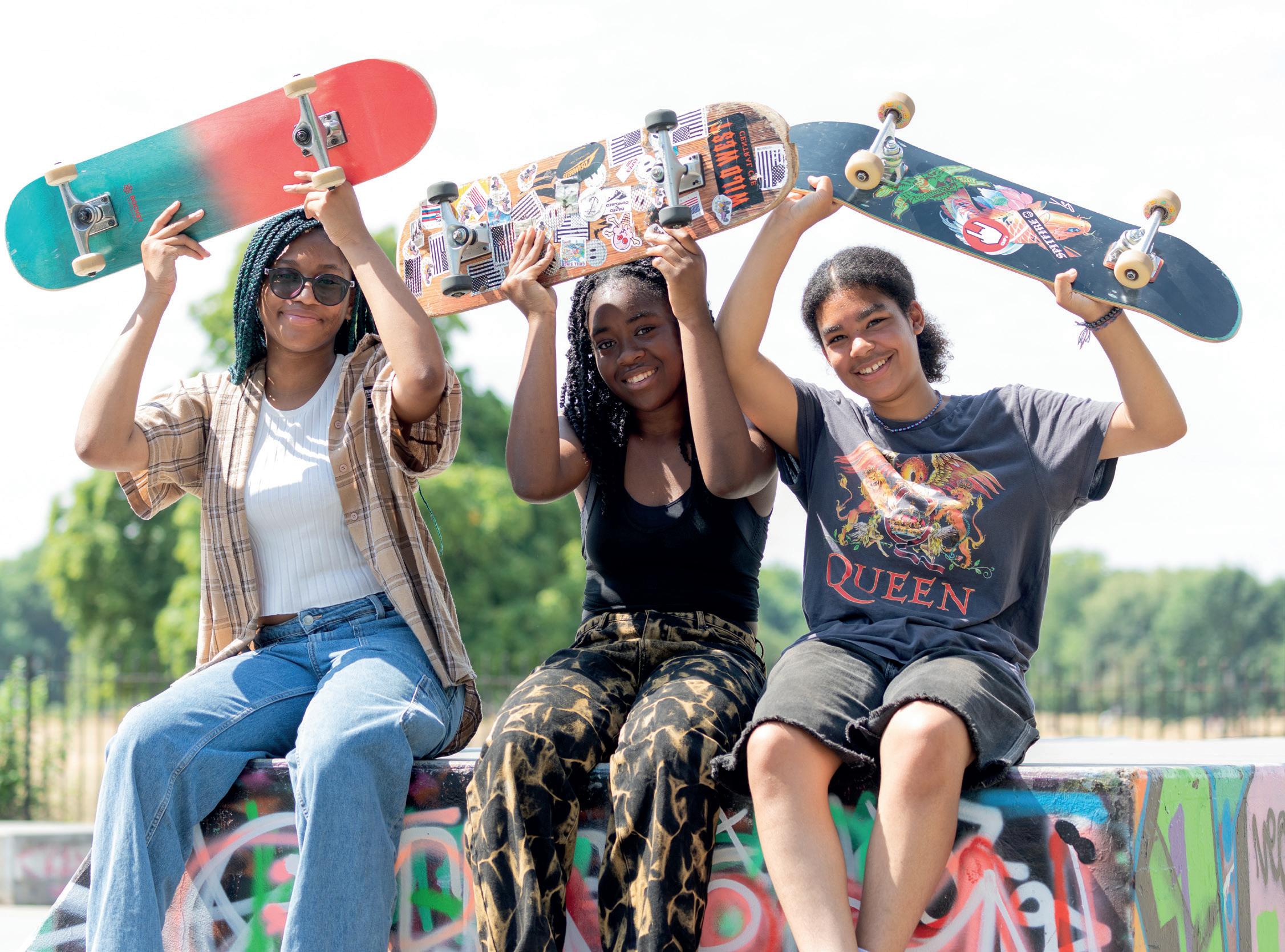
includes 29.9 per cent of 14 year olds in the UK who started their Bronze DofE.
Throughout the decades, the DofE has evolved and expanded to reflect young people’s changing lives. In 1958, two years after our creation, the Award – originally only open to young men – was extended to girls. In 1988, The Duke of Edinburgh’s International Award was established to bring the DofE to more young people globally. The International Award is now offered in 130 countries. The list of activities young people can do has grown. For example, we have added esports as an option and the number of girls taking up skateboarding for their DofE has increased by 800 per cent.
When I became CEO, I was excited to join a charity that makes such a huge difference to young people’s lives. What I didn’t expect
Since The Duke of Edinburgh’s Award (DofE) was founded in 1956, it has helped generations of young people develop the skills, resilience and self-belief they need to overcome whatever life throws at them – Prince Philip, Duke of Edinburgh himself described it as a ‘do-it-yourself growing up kit’.
The Duke of Edinburgh’s Award – making a difference to young people’s lives
was to find myself steering us through an unprecedented pandemic followed by a major cost of living crisis.
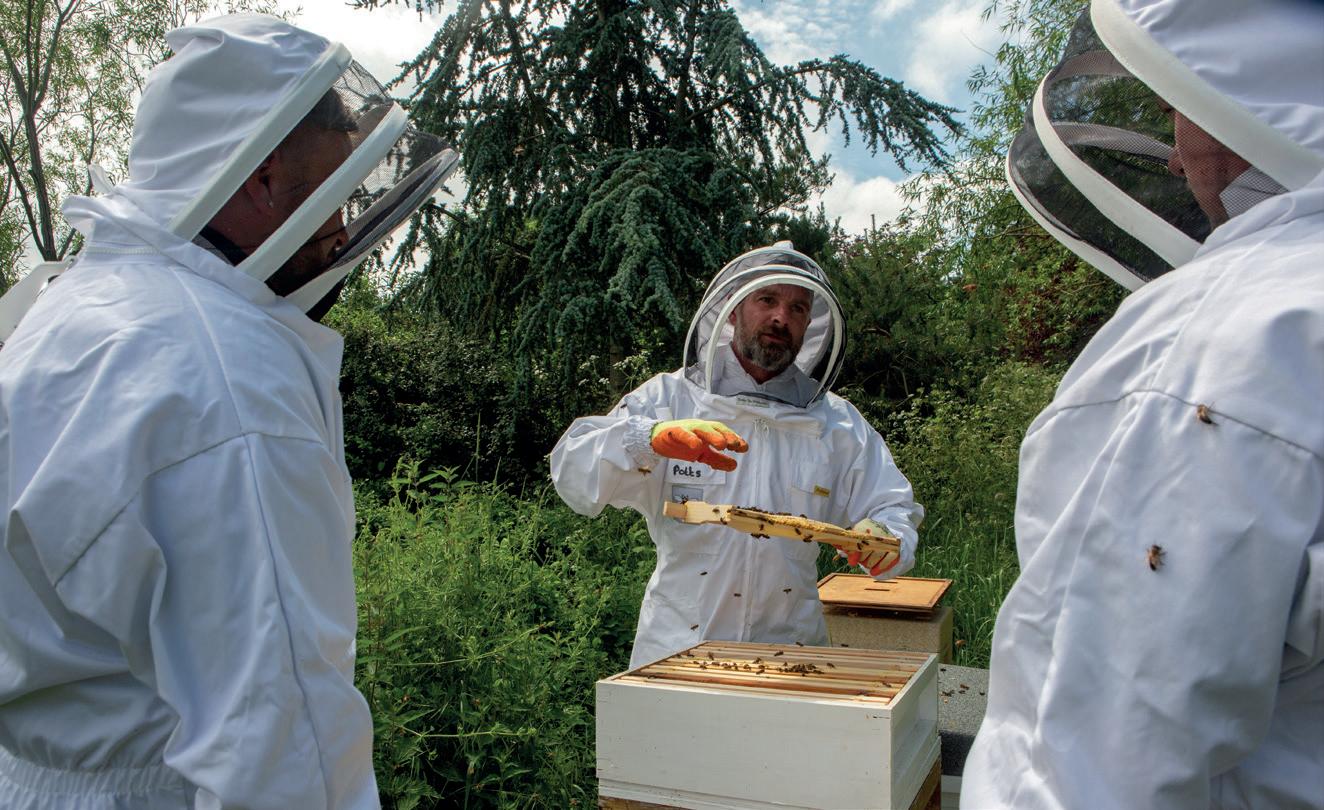
COVID-19 has hit young people hard. We know it has affected their mental health, education and job opportunities. Now they find themselves navigating soaring living costs and a likely recession.

But time and again through the DofE’s history, young people have shown that, when we give them the right tools, there are no limits to what they can overcome and achieve. It is times like these when the unique benefits of non-formal educational opportunities like the DofE come to the fore.
The DofE gives young people skills and experiences they can’t get in a classroom – an opportunity to excel and achieve regardless of their interests, background or abilities. They can choose their own challenges, follow their passions and discover new skills. It provides a chance to escape, have fun and make friends for life –all while working towards a highly respected award.
There is clear evidence that cocurricular learning boosts academic achievement, improves wellbeing and contributes to young people succeeding in employment. We know from asking our participants that the DofE gives them transferable skills like teamwork, communication and time management and develops their confidence and resilience. This makes a DofE Award a highly respected and widely recognised mark of achievement that can help a young person stand out to employers. We know employers see so-called ‘soft skills’ as equal to academic achievements. In the UK, more than 100 top
employers, including British Gas, Google, ITV and Burberry, endorsed the skills and attributes young people develop from their DofE.
Even more importantly, activities like the DofE broaden young people’s horizons and help them grow in resilience and self-belief in a way that academic study can’t always do. Young people step out of their comfort zone, learn through practical experience, give their time to causes they care about, and meet people they might never have met otherwise. They prove to themselves they’re capable of achieving things they never thought possible – and discover that their potential is limitless.
Sixty-seven years after our foundation, the DofE is run all over the UK, in schools, youth clubs, prisons, hospitals, sports clubs and fostering agencies. Our vision is a UK where every young person has a fair chance to succeed and feels ready to tackle the challenges life throws at them. That’s why we’re aiming to reach one million young people in the UK by 2026 – a fitting legacy for our patron, the Duke of Edinburgh, whose vision helped change millions of lives.
Those first Award holders in 1956 could not have dreamt of doing esports for their DofE – or updating their progress on the go with the DofE app, as today’s participants do. But they would still recognise the heart of the DofE – a ‘do-it-yourself growing-up kit’ that can help young people get the most out of their lives, whoever they are and whatever they choose to do.
For more information about The Duke of Edinburgh’s Award go to DofE.org/run, email DofE.org/contact-us or call 01752 727400
Since joining The Duke of Edinburgh’s Award in 2019, Ruth Marvel has developed a strategy which aims to reach out to more young people and ensured they have had the support of the DofE during lockdown. The launch of DofE With a Difference has meant hundreds of thousands of young people could continue their DofE in the face of a pandemic. The introduction of the Resilience Fund also supported thousands of young people to start their DofE despite economic hardship. Before becoming the CEO at the DofE, Ruth was Acting CEO at Girlguiding and before that she was Director of Strategy and Innovation at the disability charity Scope. Ruth spent most of her early career in advocacy, research and public policy roles and she has successfully campaigned for comprehensive disability and human rights and greater investment in social care for disabled people. She has developed one of the sector’s first theories of change, set up an innovation unit, and helped design new ways to measure the social impact of charities. Ruth is passionate about social justice and she has a particular interest in advancing opportunities for young people, social innovation and the power of design thinking to solve social problems. Ruth is a Trustee of GoodGym, and a Fellow of the Clore Social Leadership Programme. She lives in London with her partner Mary and their three children.
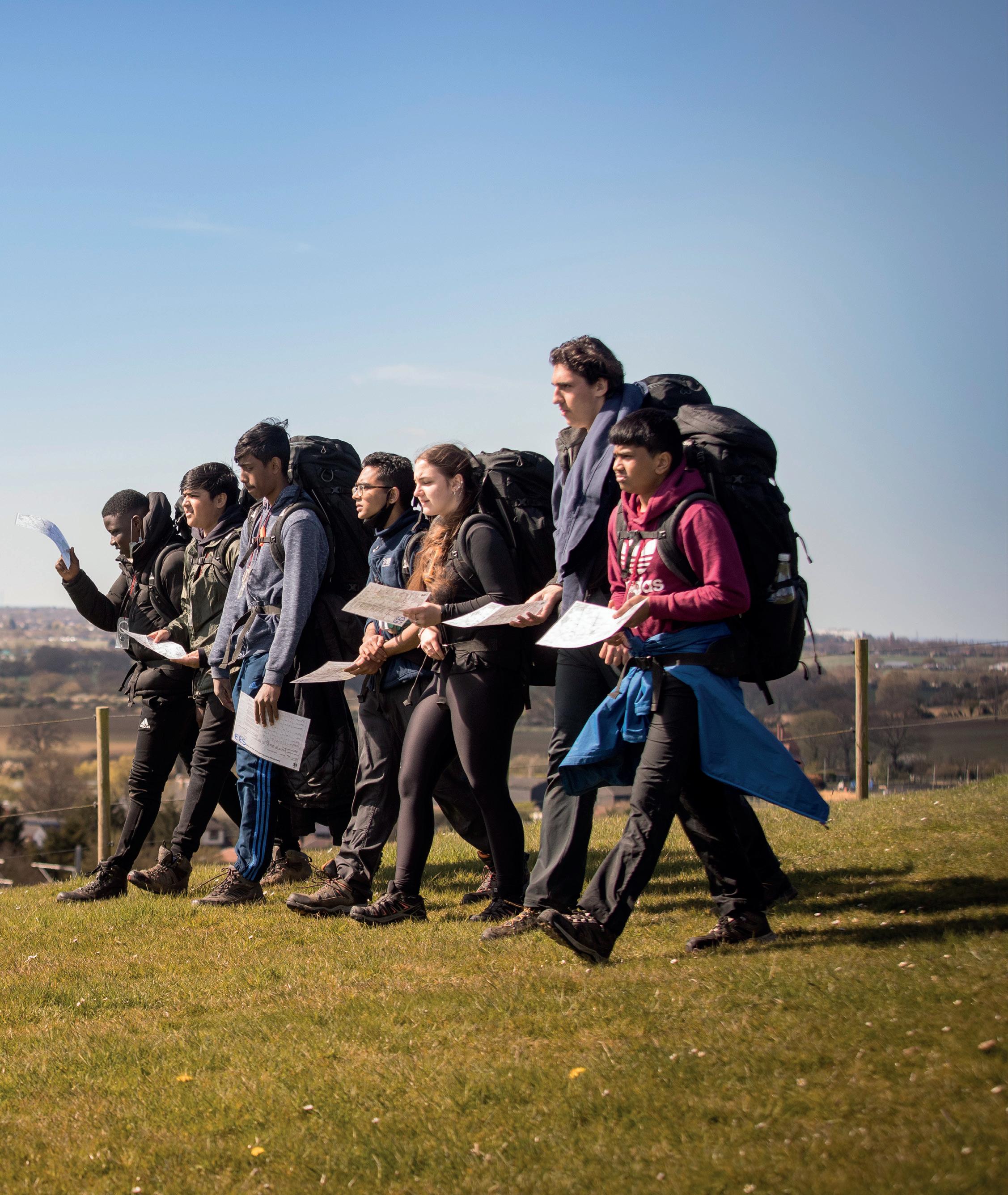
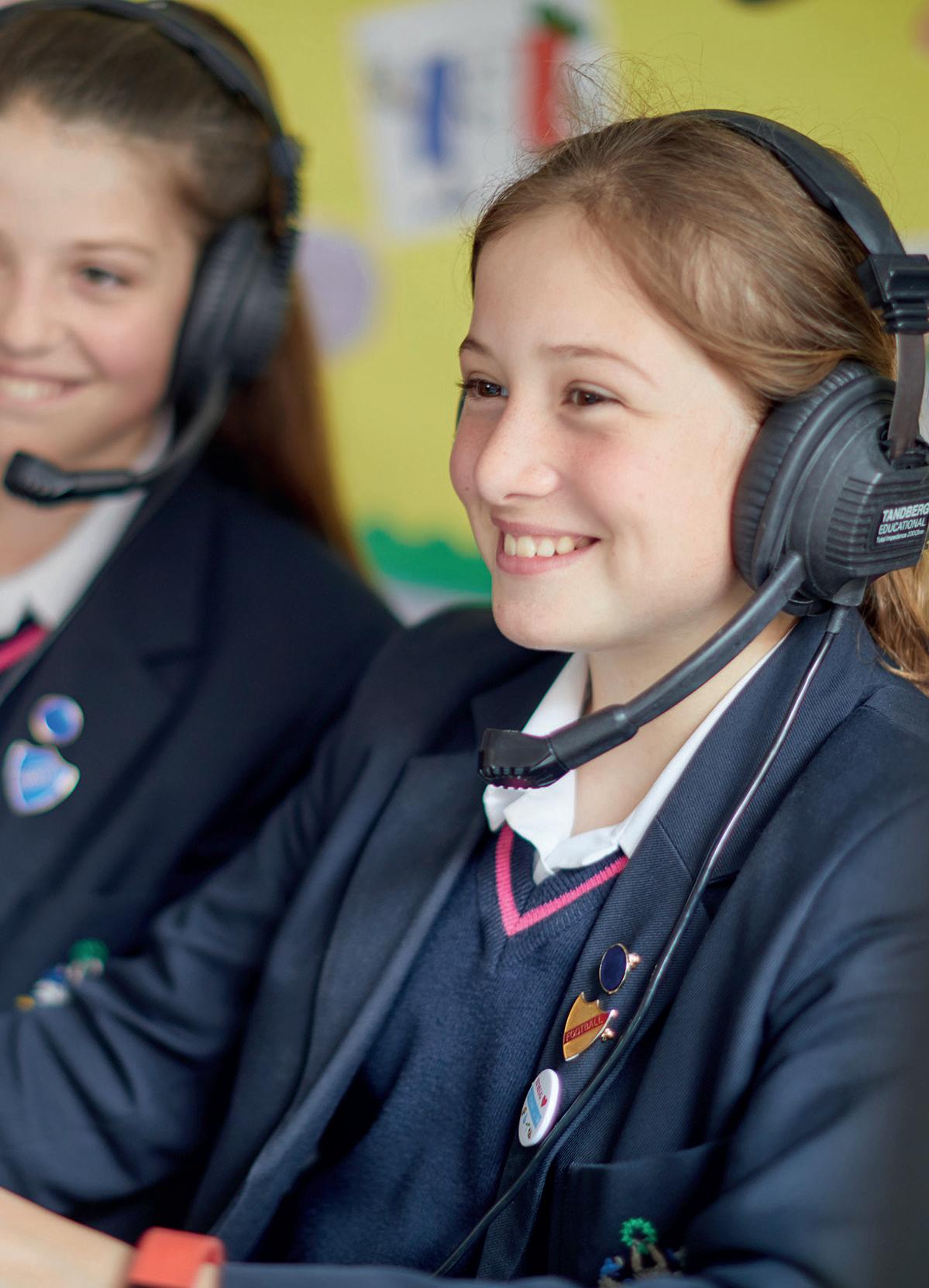
Since its removal from the core GCSE curriculum in 2004, the number of pupils in the UK taking GCSE languages has been in decline. According to a recent survey published by the European Commission, just 38 per cent of people in the UK can speak one foreign language, well below the European Union average of 56 per cent. With A-level courses in some schools becoming unsustainable and university language courses closing, it could be said that the future of modern foreign languages in schools looks bleak.
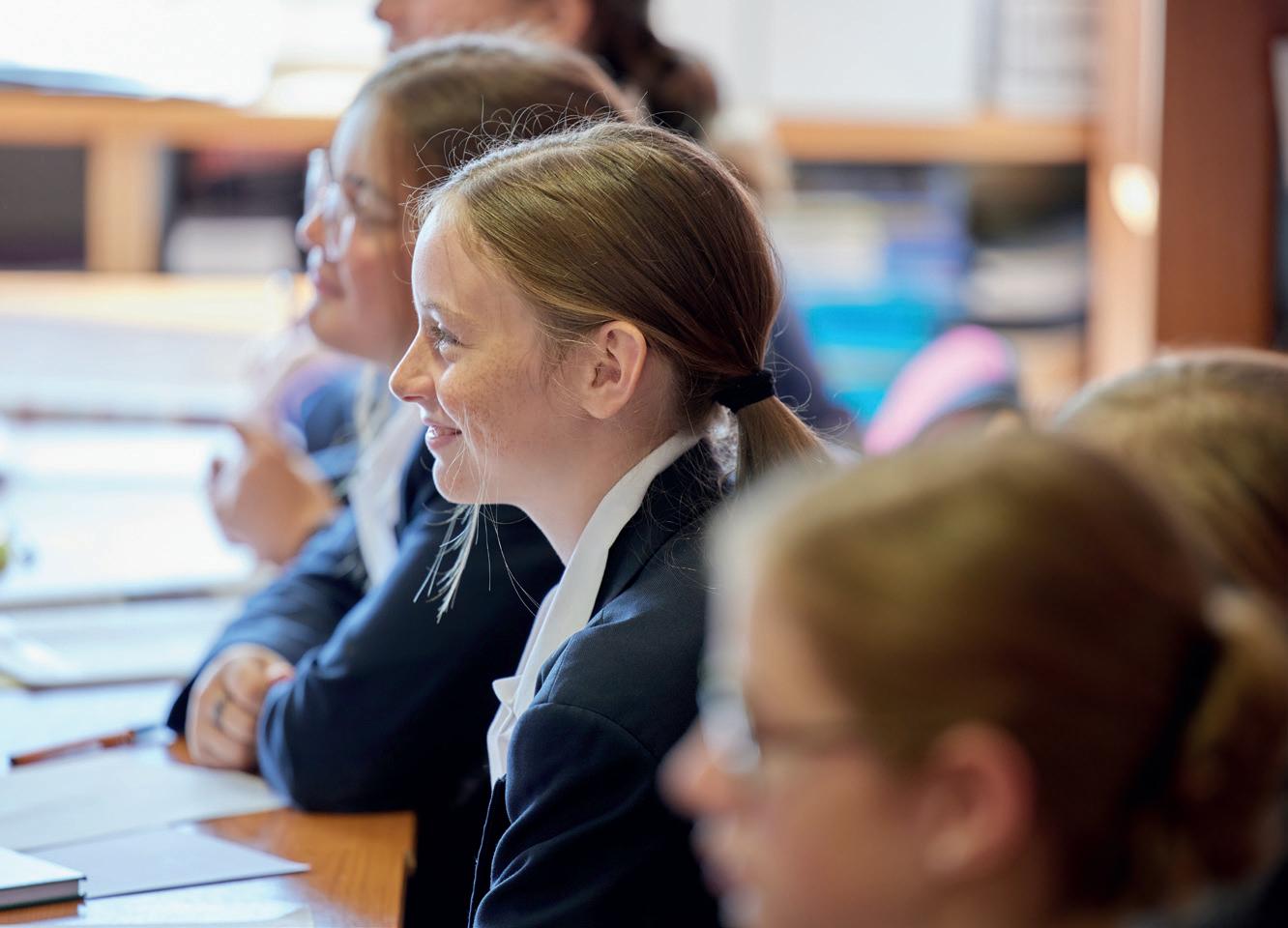
However, the benefits of learning a foreign language are plentiful. As well as the economic benefits of learning languages in terms of improved trading between countries worldwide, languages help us to meet new people, learn new skills and expand career opportunities and they make foreign travel easier. Schools therefore have a responsibility to ensure pupils understand the advantages of studying a foreign language.
In a boarding community where diversity is valued and different cultural backgrounds are celebrated, the study of modern foreign languages is more important than ever. It is important to ensure that pupils receive a broad linguist diet by choosing a linguistic focus and rationale upon which to base the curriculum. In UK schools, this focus is very often on Europe, with French, German and Spanish on the curriculum (although many independent schools also offer Russian, Mandarin, Arabic or Japanese). The aim is to equip pupils with a basic understanding and knowledge of the two main language systems of Europe – the Romance languages of the south and the Germanic languages of the north. It is hoped that having such a rationale will enable pupils to have a positive, enjoyable and informative experience of modern language teaching and encourage an awareness of the communities at large, around the world, which share the target languages and cultures. French is still the most commonly taught language in English secondary schools, although over the last 20 years, there has been a decline in numbers taking French and German with a significant rise in Spanish.
Rachel Rees Acting
Language learning celebrates the cultural traditions and history of the target language while learning about the lifestyle and issues associated with young people today. In modern foreign language departments throughout the UK, the emphasis should be on learning that extends beyond the classroom to allow full engagement and ultimately a love of the language, the country, its people and its culture. This can be achieved in a number of ways.
Visits or exchange programmes provide students with the opportunity to immerse themselves in the language and culture of a country.
It is important to enthuse and inspire pupils by offering a stimulating learning environment within the classroom. Competitions are also a great way to get pupils involved with language. From poetry recitations and Christmas card designing to songs and inter-schools debating competitions, there are no limits to what schools can offer pupils in language activities outside the classroom.
The Dresden Scholarship programme is an excellent initiative, where selected Year 13 students are sent to the University of Dresden to follow an academic programme, while living and immersing themselves in student life in the city. The Oxford German Olympiad is another popular competition that gives students the opportunity to extend their subject knowledge and compete against other like-minded linguists at a national level. These opportunities enrich students and build confidence, giving them the chance to use their language in creative and imaginative ways.
Work experience abroad is also a fantastic addition to any CV and a great way to build confidence, learn new skills and improve communicating in the target language. It is something that certainly benefited me as a sixth-form student and cemented my desire to follow a career in modern languages. Taking part in such initiatives also develops vocabulary and a firm grasp of grammar, enabling pupils to achieve their potential in external examinations.
I am always amazed by the creativity of pupils when coming up with ideas to promote languages. There is nothing more satisfying than seeing pupils getting enthused and excited by something for which you share a mutual love.
Pupils should be taught the benefit of language learning from an early age. They need to know that all languages are valuable. The acquisition of any language can expand linguistic capability, enhance employability, enrich cultural understanding and provide a valuable resource which helps to overcome communication barriers.
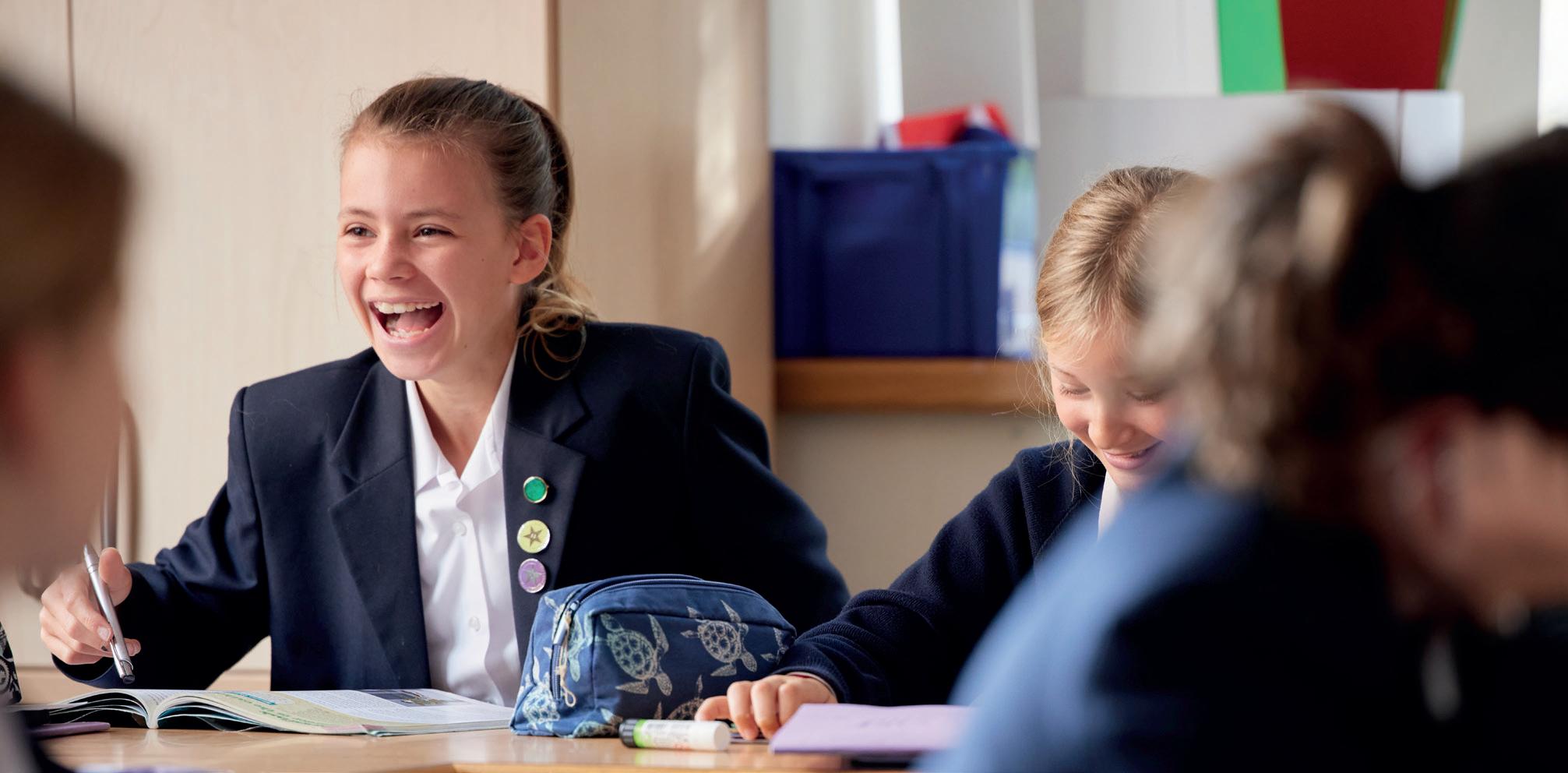
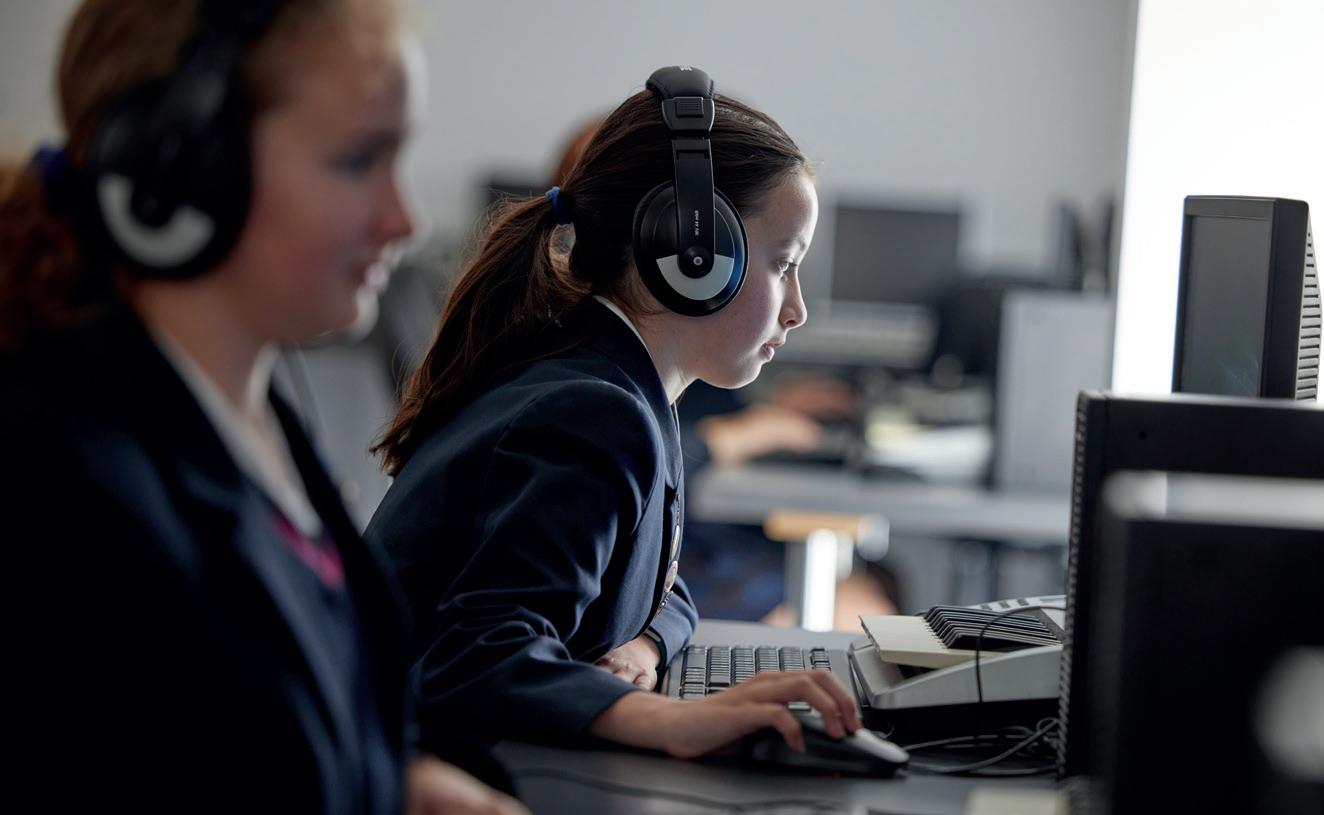
Mrs Rachel Rees is the Acting Head at Monmouth School for Girls, having previously been Senior Deputy Head (Pastoral). She took on the Acting Head’s role at the start of the Summer term in 2023 and has previously held the post of Director of Sixth Form. Mrs Rees has also taught at Langley Park School in Beckenham and The Ravensbourne School in Bromley. She has more than 22 years’ experience teaching Modern Foreign Languages throughout the key stages in both state and independent schools. Mrs Rees completed a MEd (Educational Leadership and Management) at Buckingham University.
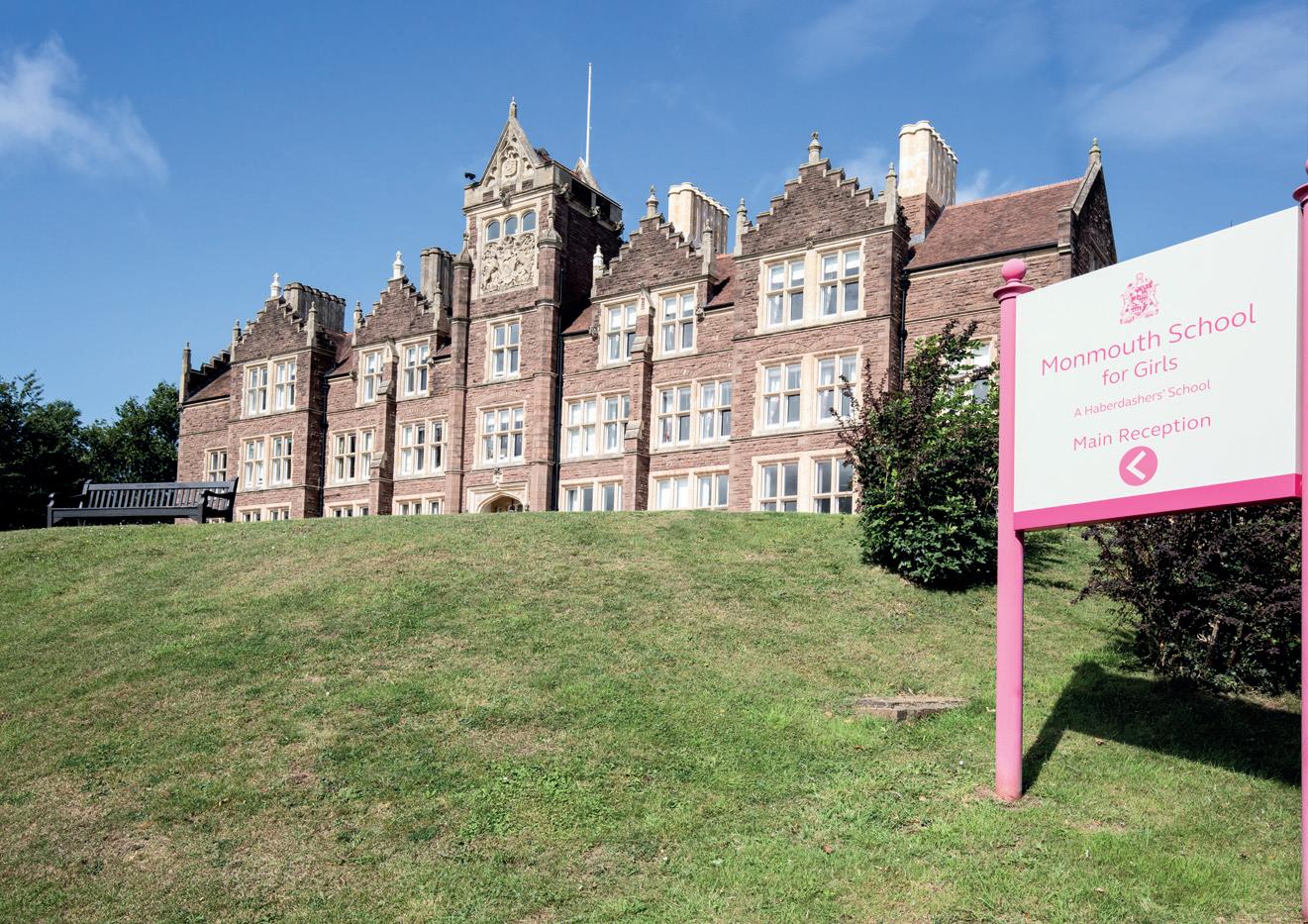
www.monktoncombeschool.com
@MonktonBath
“My children are always surrounded by friends, they really enjoy the incredible facilities at weekends and we feel the school understands and delivers a strong full boarding provision.” Current parent
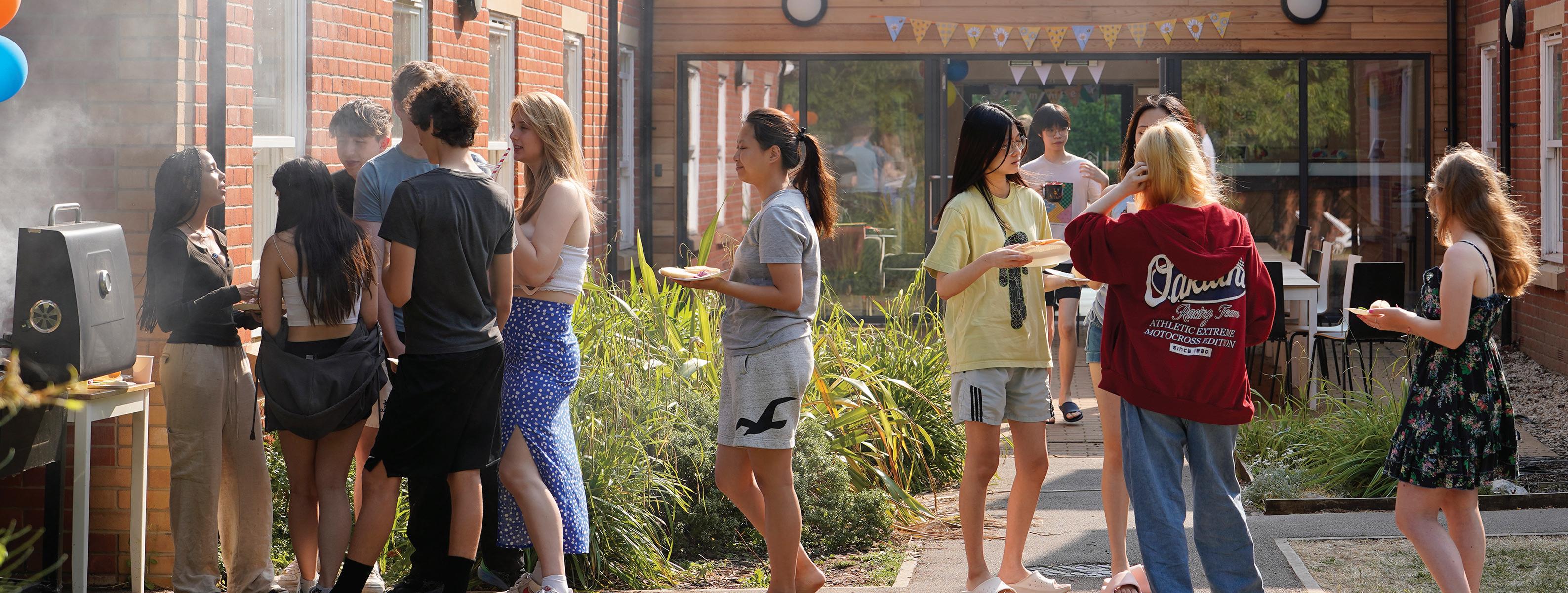
Senior School, ages 13-18: Saturday 7th October, 10am-12pm Prep School, ages 2-13: Saturday 14th October, 9.30am-11.30am
Our boarding ethos and pastoral care creates a place where pupils develop in confidence and in character
An independent boarding and day school for boys and girls aged 2-18 years near Bath

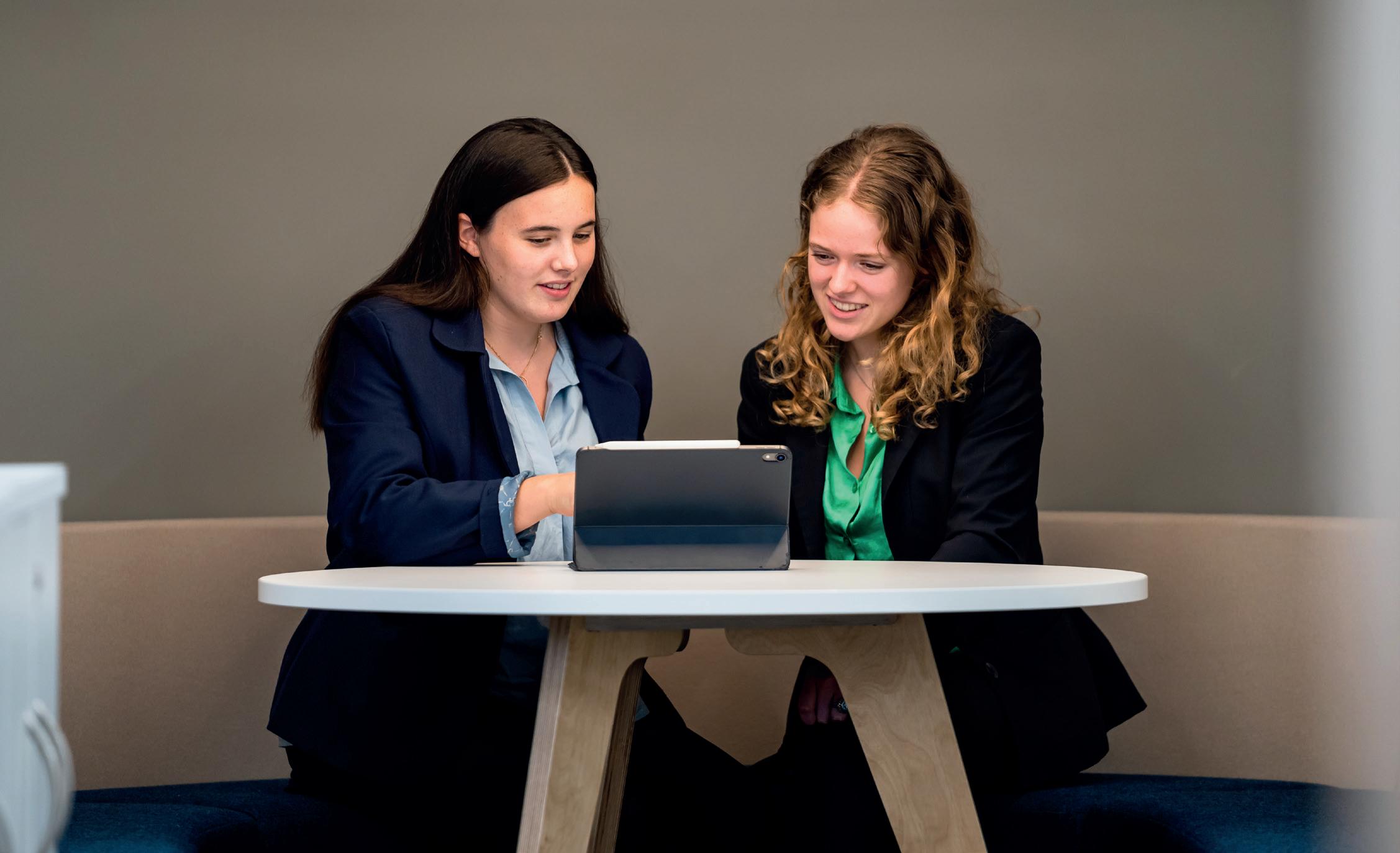 Louise Orton Senior Deputy Head (Academic), Sherborne Girls
Louise Orton Senior Deputy Head (Academic), Sherborne Girls

Sherborne Girls sets out to nurture and inspire a vibrant community of fulfilled, inquisitive and confident young women who are thoroughly prepared to enter higher education and embark on their future lives, with a desire to make a difference. A fundamental part of our vision and aim to develop the future generation of twenty-first century women is ensuring every pupil is comfortable and confident with digital technology, appreciating its importance and the opportunities it brings. The development of the use of technology is fully aligned with our five core values of curiosity, courage, compassion, adaptability and spirituality.
Having committed fully in 2019 to developing our digital strategy, all our teachers were provided with a Microsoft pen-enabled device, and a training company spent a week at the school helping every teacher enhance their teaching through the use of Microsoft OneNote and Teams and pen-enabled technology. We appointed two digital leaders, supported by eight digital champions, to drive the digital strategy forward, and we implemented regular staff training sessions and one-to-one workshops with IT professionals.
The move to pen-enabled devices and collaborative software changed the impact of the education offered and at the same time made it more adaptable to individual needs and allowed teachers
and pupils to interact with each other more effectively. It facilitated improved teacher feedback, quality use of prep time, individual organisation, efficient use of class time, and immediate access to resources to add interest and experiences to classroom teaching.
When the COVID-19 pandemic started, the school was, therefore, well placed and prepared for the transition from traditional to remote learning. Teachers and pupils felt comfortable and confident with the shift and we were pleased with the positive feedback we received from parents, pupils and staff.
With pupils back at school, we continued to embrace technology to drive and develop teaching and learning. A learning technologist was appointed to help us develop and refine our digital offering further, inspire staff in the use of technology and investigate new ways in which technology can be used to improve and transform learning.
We set out to shift the conversation from the digital champions to heads of department who best understand the individual strengths and needs of their team. A whole-staff survey provided further clarity on individual use of technology, comfort level and skill gaps, which in turn helped identify and prioritise appropriate support. Training sessions have become
departmental priorities delivered at a team or individual level.
Numerous areas of common ground were agreed across departments. For example, on a practical level, the use of OneNote and Teams has been optimised for assignmentsetting and feedback flow. We also addressed the challenges of collecting and storing pupil-made videos, an issue which had been flagged by teachers in several practical subject areas.
From a pedagogical perspective, there was interest in low- or no-prep formative assessment tools for engaging pupils during live, blended or remote teaching. Pupils are encouraged to be more active participants in the feedback process, responding to personalised comments, which the teacher annotates while recording spoken explanations. We are also exploring bespoke projects such as mixed reality in biology, collaborative creative writing in English and using the model of a head to create binaural soundscapes in drama.
New ways of living and working have made it even more important for staff and pupils to develop their skills of communication, collaboration and teamwork. We have discovered new ways to connect, share
ideas and show support, our horizons have been broadened and we have engaged with wider and more geographically dispersed audiences. As such, our community has developed a deeper understanding and political, social and environmental empathy. Our digital strategy has underpinned all these developments and continues to be a priority as we embrace technology to drive a culture of learning.
The success of our digital revolution was formally recognised by Microsoft when they awarded us Showcase School status in 2022. As a result, we now share our experience to the benefit of schools in the UK and all over the world through the Global School Alliance.
Louise Orton is Senior Deputy Head (Academic) at Sherborne Girls, responsible for the school’s academic life and provision. She started her teaching career as a mathematics teacher at Queen Anne’s Caversham, where she became Head of Fourth Forms. She spent a short time at Wycombe High, Wycombe Abbey and the British School of Brussels before joining Sherborne Girls. Louise is driven by the challenge of creating an innovative curriculum promoting exploration and investigation in teaching and learning and seeking opportunities to equip pupils for life in the twenty-first century.
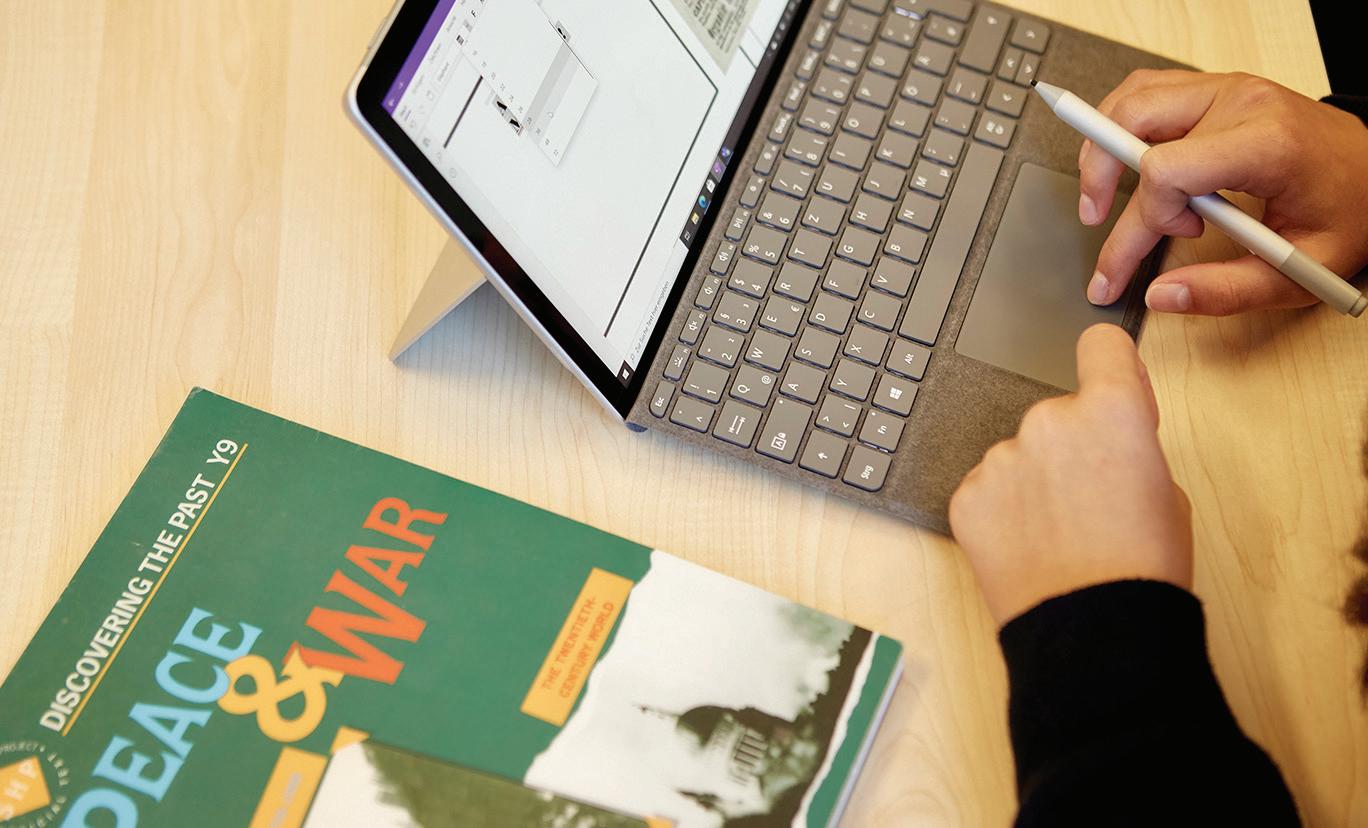
The arts are often considered the poor relation to STEM (Science, Technology, Engineering and Maths) subjects, which are seen as vital skills in a modern economy. Indeed, some people regard the arts as a soft option. However, there is now a growing recognition of a critical need for creative thinking and visual skills within the STEM mix, and a new acronym STEAM (Science, Technology Engineering, Arts and Maths) is now preferred by educationalists.
This development is exciting and has great potential to attract a whole new cohort of pupils who might otherwise disengage from STEM subjects. Once art and design technology is blended in with the traditional STEM subjects, a more imaginative and innovative picture emerges. STEAM has already gathered significant momentum in the US, spearheaded by academics and students at the Rhode Island School of Design (RISD), who developed a curriculum which brought together the five STEAM subjects. Their goal was to educate the world of academia about the importance of incorporating creative thinking and visual learning in the classroom.
This is not a new concept – think of the Renaissance artist Leonardo da Vinci, who was a master not only of art but also scientific invention. Or more recently, the Industrial Revolution in Great Britain when art, science and engineering were close and successful companions.
The Design Council argues that good design capability can boost the UK’s competitiveness
Victoria Rose Director of Art, Dauntsey’s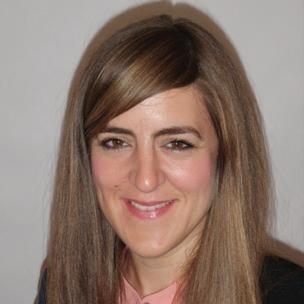
and certainly the UK has a world-class reputation for art and design, going back centuries. But how many people have heard of British designer Sir Jonathan Ive? He was Chief Design Officer of Apple and he designed the iPhone, iPad and MacBook. Without his design genius, Apple would essentially be an engineering company. Creativity is the magic ingredient that turned Apple into the multi-billion dollar business that it is today. Giants like Tesler, Apple and Google frequently recruit individuals who have a creative rather than technical background. They are hired for their design talent, innovation and problem-solving skills.
Creativity and imagination can set you apart in a world where technology and artificial intelligence (AI) are taking over many roles. Indeed, few jobs in the creative industries are at risk of automation. The iterative process involved in studying creative subjects leads pupils to constantly question their work and want to improve or add and try new approaches; a valuable skill in the workplace – and in life.
A report published in 2019 by the Durham Commission on Creativity and Education agreed that creativity is the driver of

economic growth and innovation, stating that our national economy has been boosted by the success of the creative industries in the past ten years. Such success will only increase, the report continues, as long as we can ensure that young people are given the opportunity to experience and develop skills in art, drama, music, design, craft and digital awareness – the foundation of the creative industries. The report concludes that creativity is now one of the most sought after clusters of skills for all employers.
Encouraging young people from as early an age as possible to engage in art and design and value these subjects as much as maths and other subjects, is a critical first step in establishing a STEAM culture in the UK. In doing so we will develop in pupils the skills of problem-solving, independent thinking, planning, development, organisation, communication and presentation.
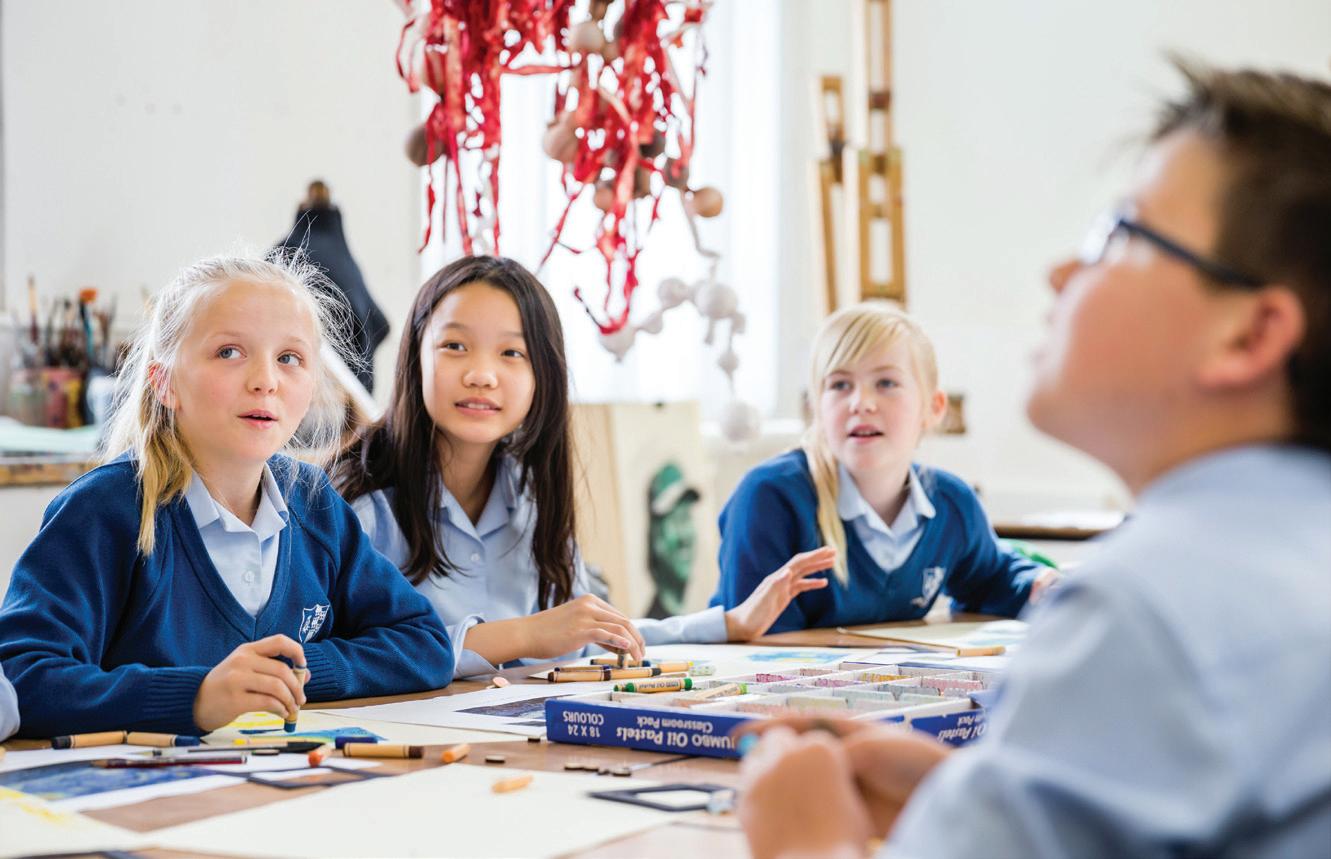
Many schools understand the opportunity offered by these subjects but there needs to be a greater investment in creativity in all schools, in all parts of the country. In one of
Victoria Rose held a range of roles in the creative industry and education before she became Director of Art at Dauntsey’s. She began her career as an art director in an advertising agency, where she gained awards for advertising effectiveness and creativity. She then began her own business as a freelance artist, illustrator and designer. She has exhibited at numerous venues and as a member of the Association of Illustrators she was also selected for the Best of British Illustration awards three years in a row. Victoria has also lectured on an Art and Design Foundation course. She uses this experience at Dauntsey’s to help pupils discover their artistic talents and understand how these talents are relevant to careers in the creative industry.
the most watched TED talks of all time the late educationalist Sir Ken Robinson argued that creativity is as important as literacy and should be given equal status. He defined creativity as ‘the process of having original ideas that have value’.
No longer should Art A level be seen as an easy option. Creative subjects encourage
students to take thoughtful risks, engage in experiential learning, persist in problemsolving, embrace collaboration and work through the creative process in order to produce innovative results. These are skills for the world of work beyond the classroom and further education. These are skills for life.

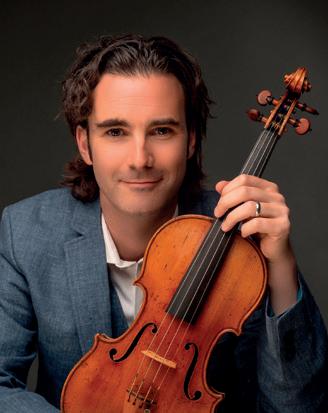
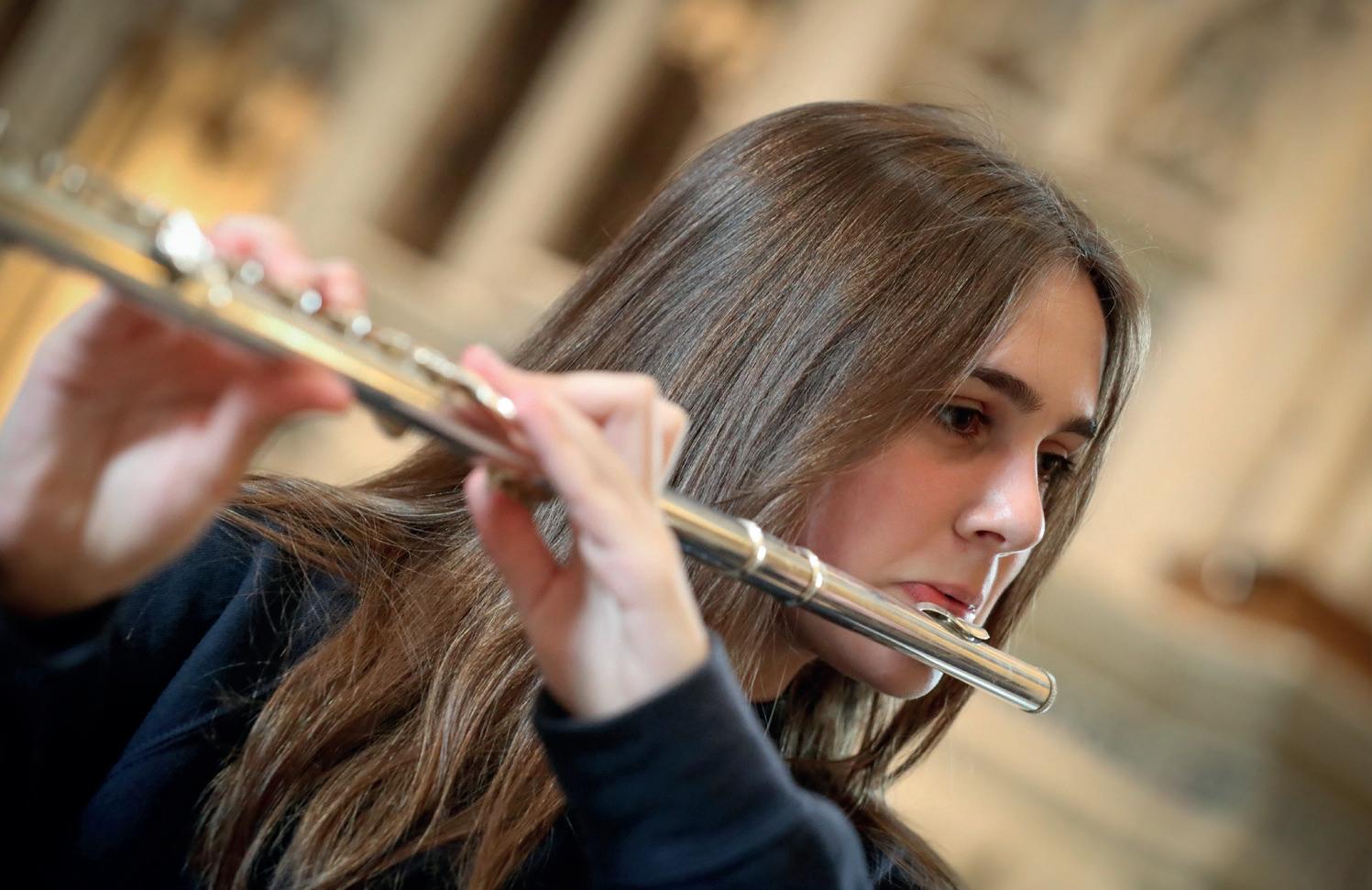
Music practice can sometimes feel like a chore, yet another task in a busy day. Too easily it can become mundane, and one can slip into routines that lack imagination, thought or care. Practice can become a lonely experience, with pupils trying to remember and work on individualised bespoke plans devised by their teacher. However, the boarding school environment can provide the perfect antidote to these issues, with the potential to create a healthy, collegial approach to practice where everyone helps. In a boarding school, music practice can happen at many points during the day – first thing in the morning, during breaks or after school – and there are many opportunities for collaboration and collective endeavour, where pupils work together to achieve common or different goals.
Creating this sense of togetherness, with groups of pupils practising together, requires nurturing. In schools where I have worked, I have formed performance and technique classes. The goal is not principally to improve pupils’ playing but rather to develop the participants’ critical listening and thinking.
A typical performance class will feature three or four pupils performing to their peers. I have always found performing to my peers more stressful than performing to any other audience, and pupils usually find the same. The class needs careful handling as it is crucial to make it a positive experience. I ask the pupils to highlight aspects of the performance they appreciated – musical, emotional or technical. Everyone must notice something good and express it clearly to the performer, making the atmosphere collegial and supportive. Performers tend to focus on things they could have played better, so it is encouraging to hear what your peers felt went well.
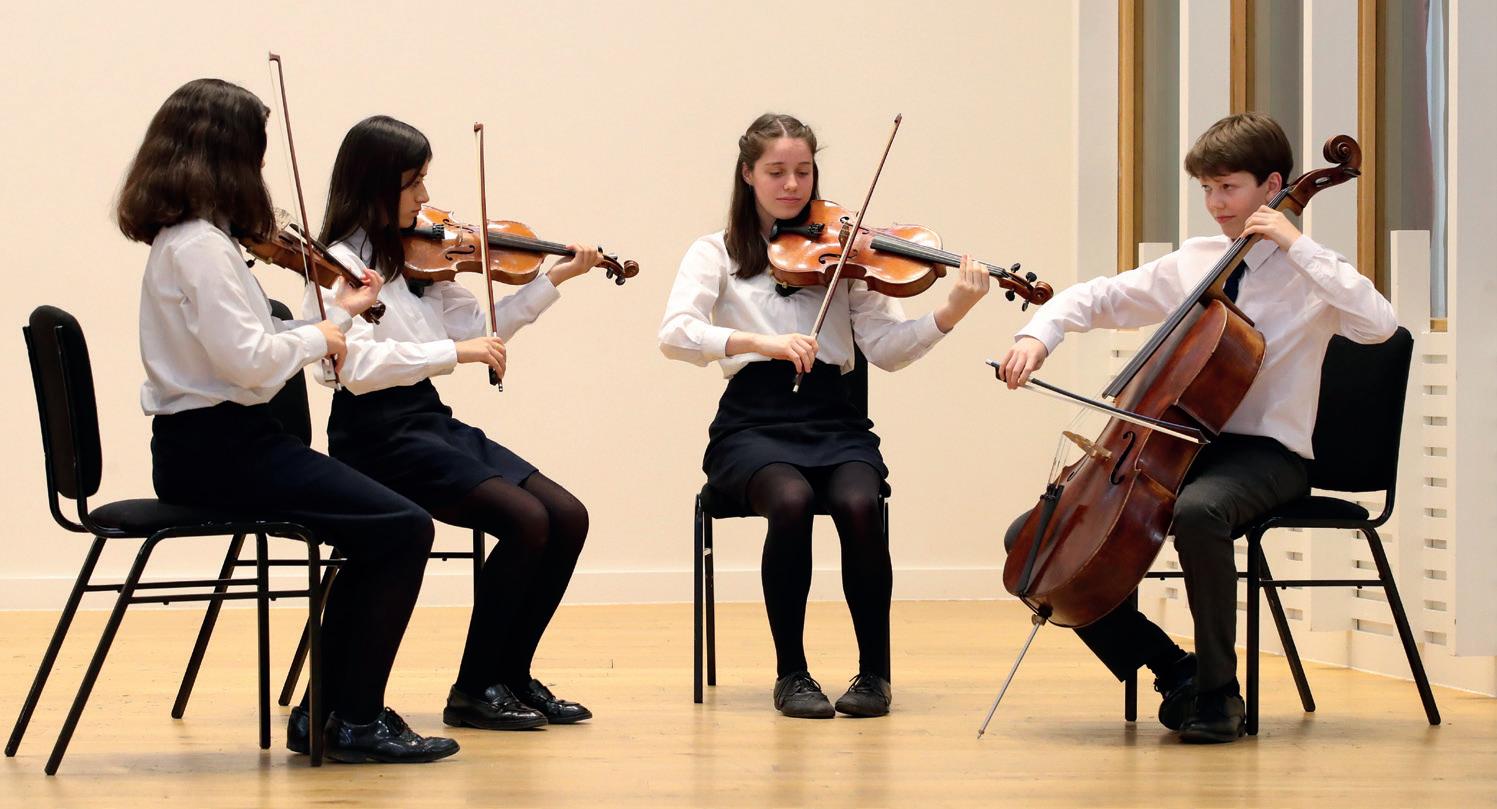
Pupils may, of course, voice opinions with which you disagree or which are not expressed clearly. It is important not to undermine them. If a pupil expresses a genuine reaction or a well thought out idea, it cannot be dismissed. I do, however, like to be at least as demanding of the audience as I am of the performers. We make the discussion an open one. I may question an audience opinion, but always positively. This keeps the whole room focused, and a shared view arrived at via discussion between performer and audience becomes reinforcing for all.
Only after the class has explored the positives in the performance, do we turn to aspects that the audience felt needed work. This too needs handling with care. As performers, we tend to be our own worst critics, so I emphasise that any criticism must be constructive. I ban words like ‘bad’, ‘awful’, ‘screeching’, ‘painful’, etc. The audience must try to get their points across in a constructive and positive way. We need phrases like, ‘I think it may have worked better off the string’ or, ‘I am not sure what you meant in the middle section. What was your idea, and could you think of a way to put it across more convincingly?’
This approach leads to whole group discussions and the absence of direct criticism means the performer becomes more comfortable with addressing any issues in their performance. Technical criticism always leads to interesting group
discussions. We all have aspects of our technique that we struggle with, which often block our ability to communicate the message of our music. When pupils recognise technical deficiencies in others, it is often because they have had the same weakness themselves. There is empathy with the performer and if they have overcome their difficulty, they may share advice (and often come across better than a teacher!).
With new ideas flying around, it is important for performers to have the space to try
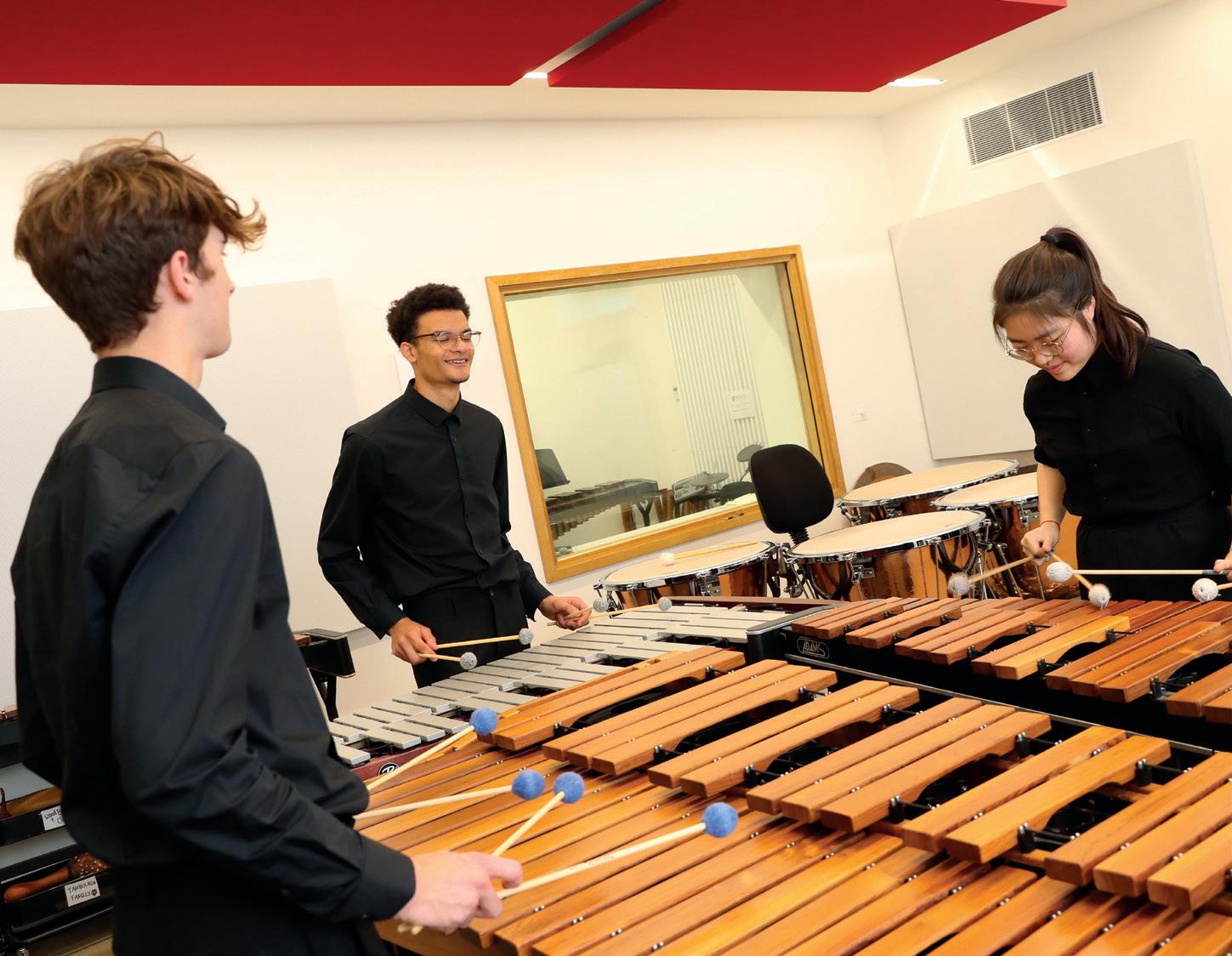
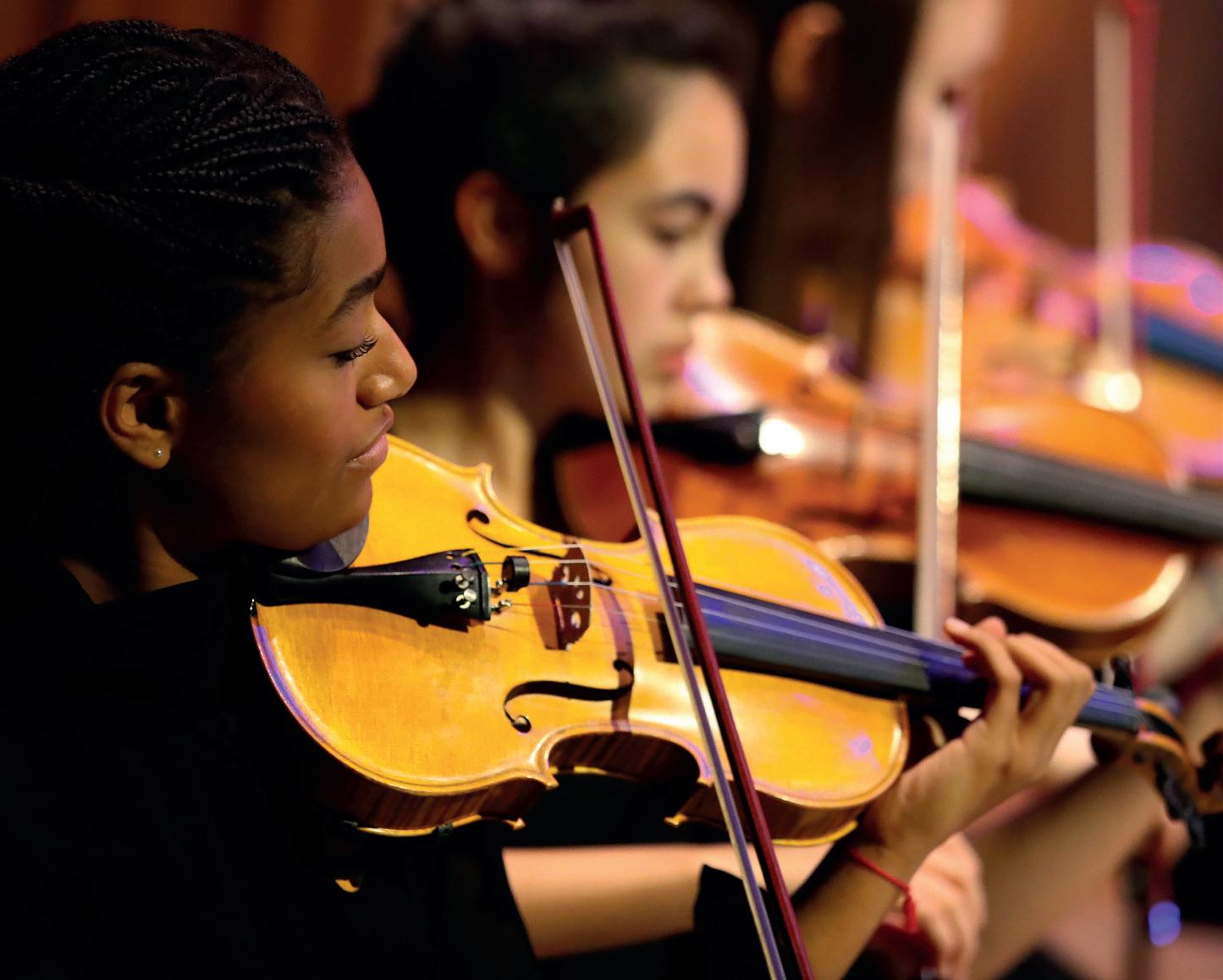
them out. I try to identify which suggestions would be the quickest to implement. For example, I suggest the player starts by focusing on a simple technical matter, such as changing the part of a string player’s bow being used, releasing the weight in a pianist’s arms or trying out a new sound or character. The performance then becomes like a public lesson, where everyone acknowledges development, and understands just how quickly things may be improved.
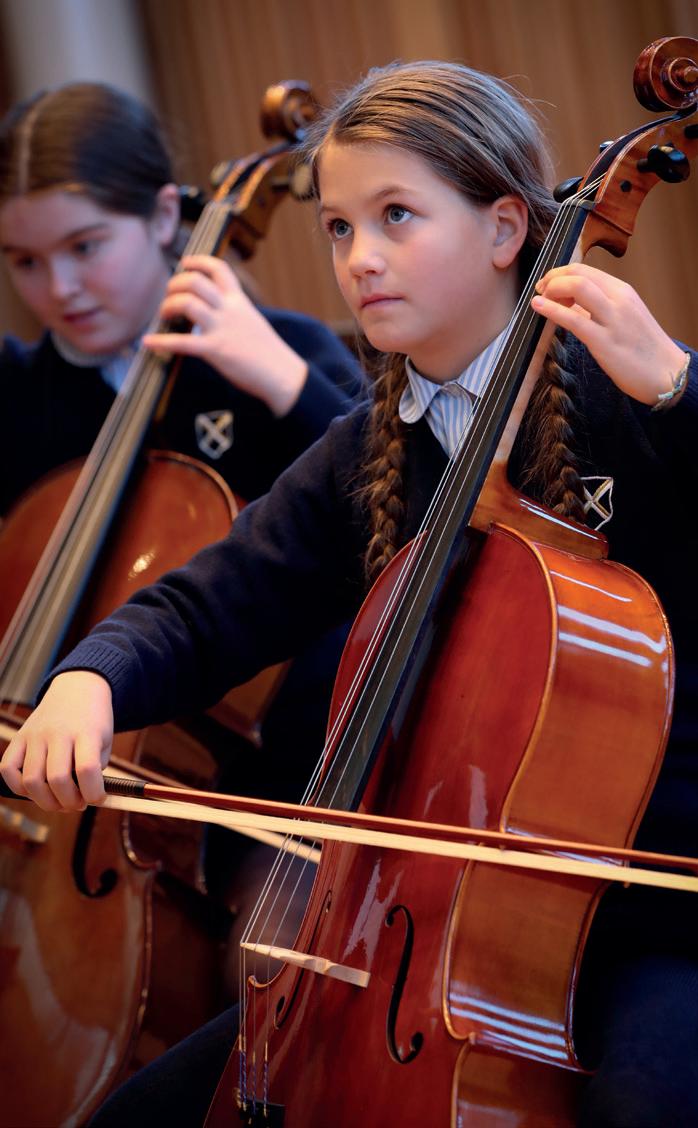





































The camaraderie which flows from this type of class is striking. This can be especially valuable in a boarding environment where the musicians quickly become comfortable in each other’s company. The best players acknowledge that those with less experience may be able to offer unique observations. Indeed, some of the most pertinent points in the classes I have led have been made by less able players, who discover that they are superior observers. The pupils are happy to ask each other for advice outside classes during their own time, trying each other’s studies and pieces, talking and laughing. Pupils have an increased ownership of their own improvement as they work on ideas which they have articulated to their peers and address those ideas in their own playing. In this way, not only does practice becoming self-teaching but in group work, practice becomes peer-to-peer teaching. If you can explain an aspect of technique or music to someone else, then you truly understand it for yourself.
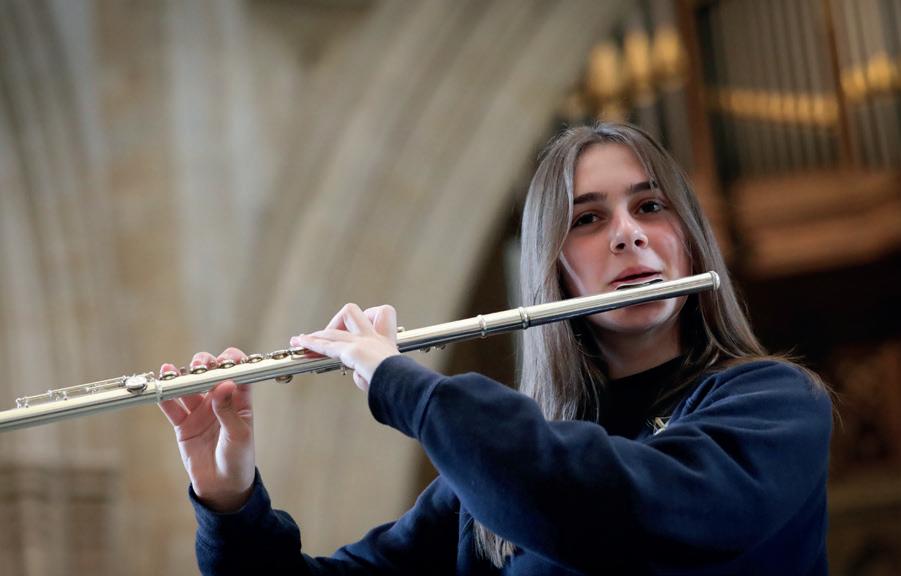
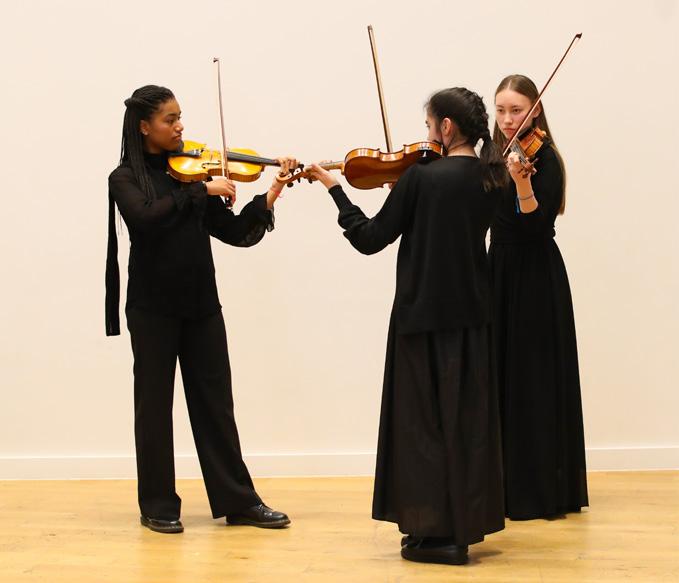
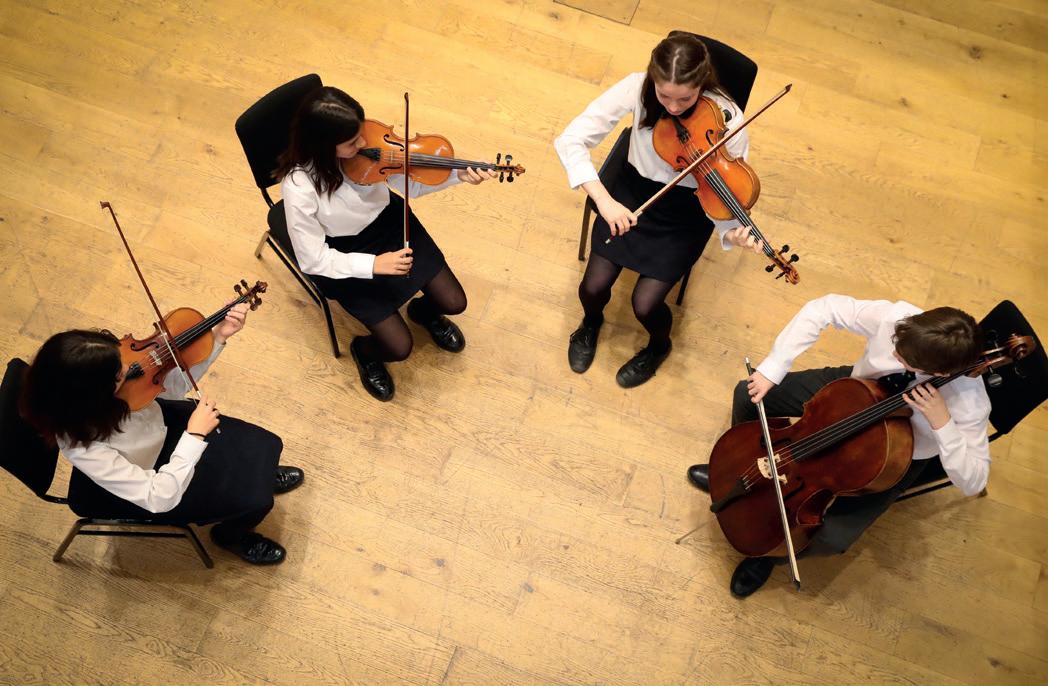
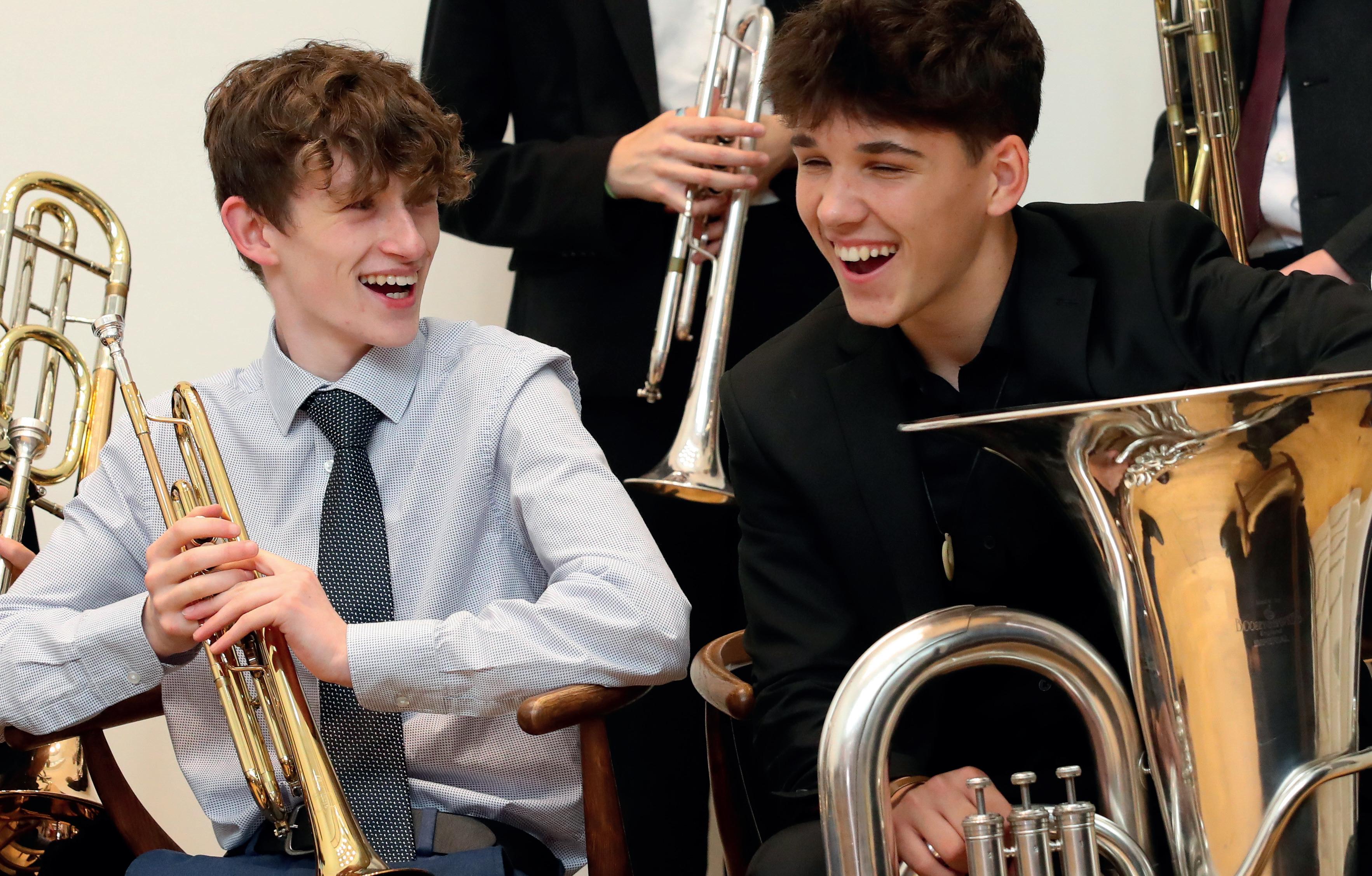 Alex Laing is a violinist, conductor, teacher, adjudicator, presenter and writer. He coaches musicians of all ages and stages from beginners to professionals and adult learners with the Benedetti Foundation. He is Director of Music at Wells Cathedral School, one of the few specialist music schools in the UK.
Alex Laing is a violinist, conductor, teacher, adjudicator, presenter and writer. He coaches musicians of all ages and stages from beginners to professionals and adult learners with the Benedetti Foundation. He is Director of Music at Wells Cathedral School, one of the few specialist music schools in the UK.
The benefits of boarding have been written about plenty of times – there’s no commute or effort required to go home and do homework, exercise or eat meals. All the facilities are on site and available to students, and they receive outstanding care from dedicated and highly trained house teams, medical staff and tutors.
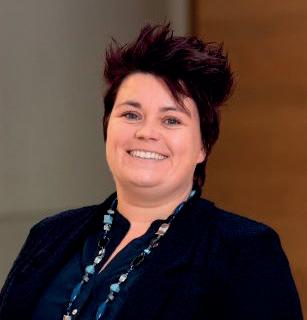
But what’s distinct about boarding at a specialist music school? With a shared sense of purpose and passion for their specialism, it’s easy and natural for pupils at specialist music schools to meet and form friendships and everyone has a sense of belonging. This helps to create a home away from home where pupils can be themselves and thrive.
The wonder of music is that it can have a profound effect on quality of life. Singing, playing or listening to music is shown to improve wellbeing and it goes without saying that there’s an abundance of this
in music schools. Walk through the grounds at Chetham’s at any time of the day and you might hear one of Prokofiev’s piano sonatas coming from a practice room or choristers rehearsing harmonies together in the garden after classes. It’s a wonderful and unique environment to learn and live in.

At Chetham’s a typical school day includes around three scheduled hours of music alongside academic learning. There are individual lessons on study instruments, performance classes and ensemble rehearsals as well as aural training, choral work,
academic music, community arts programmes, supported practice, composition and music technology. A series of ‘masterclasses’ provides rare behind-the-scenes insights into the craft of professional musicians and emerging artists, which is inspirational. There are also opportunities to discover and explore new musical avenues, from jazz to composition. The pupils’ journeys develop as their tastes and interests do – one of our pupils joined as a chorister and is leaving as an up-and-coming recorder player. The path is not rigid within music schools.
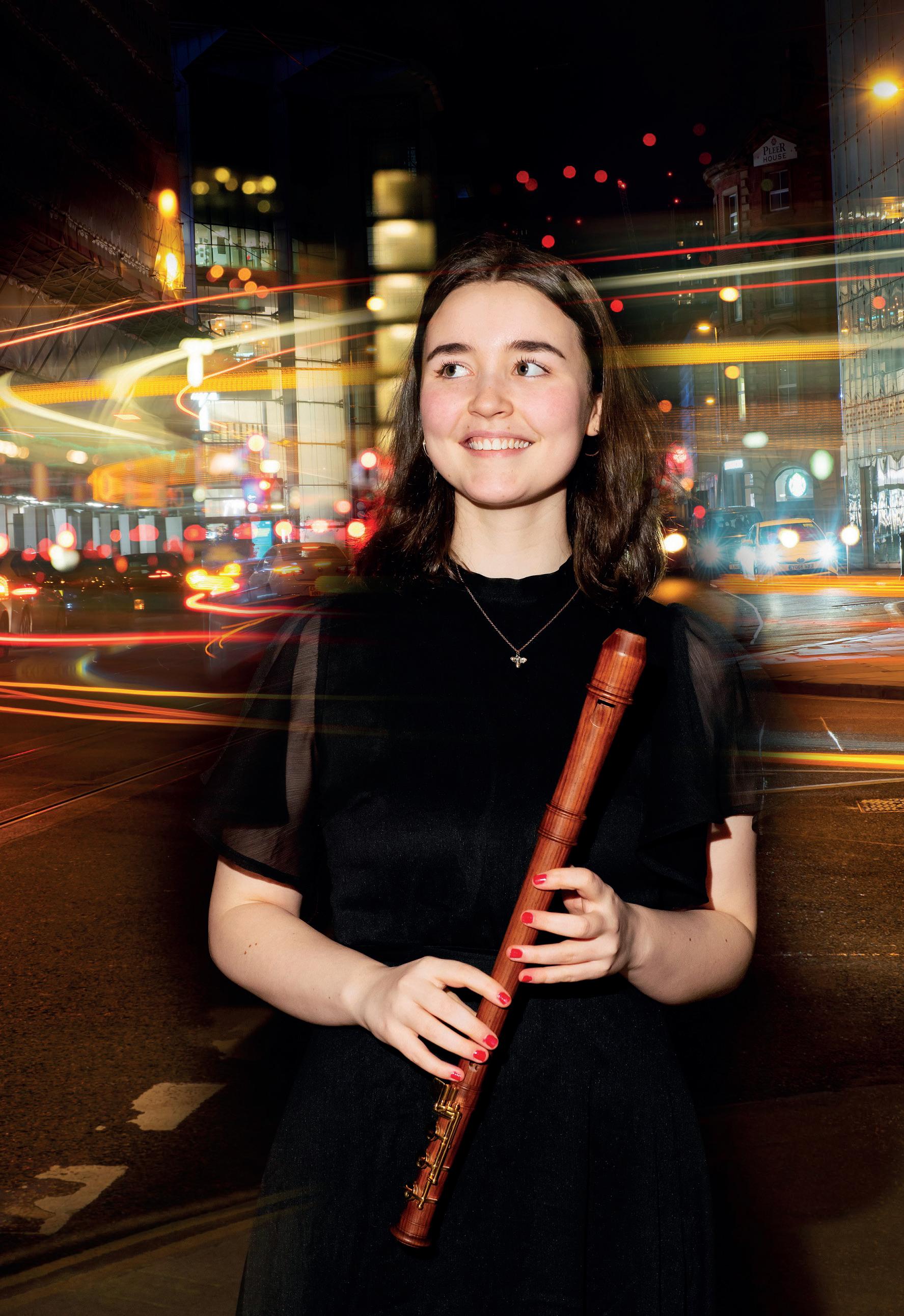 Nicola Smith and Tom Redmond Joint Principals, Chetham’s School of Music
Nicola Smith and Tom Redmond Joint Principals, Chetham’s School of Music
Emphasis is also placed on academic excellence and every year our pupils go on to study a variety of subjects at top universities. It’s fantastic to see former pupils thrive in the musical world and beyond; our alumni community includes neuroscientists, journalists and politicians. Academic learning also gives musicians the practical skills to succeed as performers and influencers, and a deeper understanding of the world in which they play, helping them to interpret and explore society through their art.
Specialist music schools typically host hundreds of performances in the school year to make sure every pupil begins playing to an audience early in their journey, learning to present their music, listen back, review and improve. Performance is an important skill to have in many different careers and there’s no better place to hone this than at a music school. By the time they leave, pupils are extremely well versed in getting on stage and building a rapport with peers and audiences alike.
Talent shouldn’t be confined to the school walls and music schools also facilitate pupils in sharing their gift. For example, there are opportunities to give back to the local community by performing in care homes, other schools and public spaces. At Chetham’s, we are also opening up our facilities and inviting new audiences in to see student performances and take part in workshops. The mission is to bring people together and ensure as many people as possible have access to music and the wellbeing benefits it brings. The pupils are
at the heart of this civic mission, which is important as they develop into wellrounded individuals.

Although music unites everyone at Chetham’s, pupils come from diverse backgrounds, making the campus a melting pot of different perspectives and ideas. Entry to the school is based solely on musical ability and potential, never on background or ability to pay, thanks to generous bursaries through the Government’s Music and Dance Scheme. Minds are constantly being expanded and pupils are encouraged to ask questions and engage in debate, helping to prepare them for the next stage in their lives.
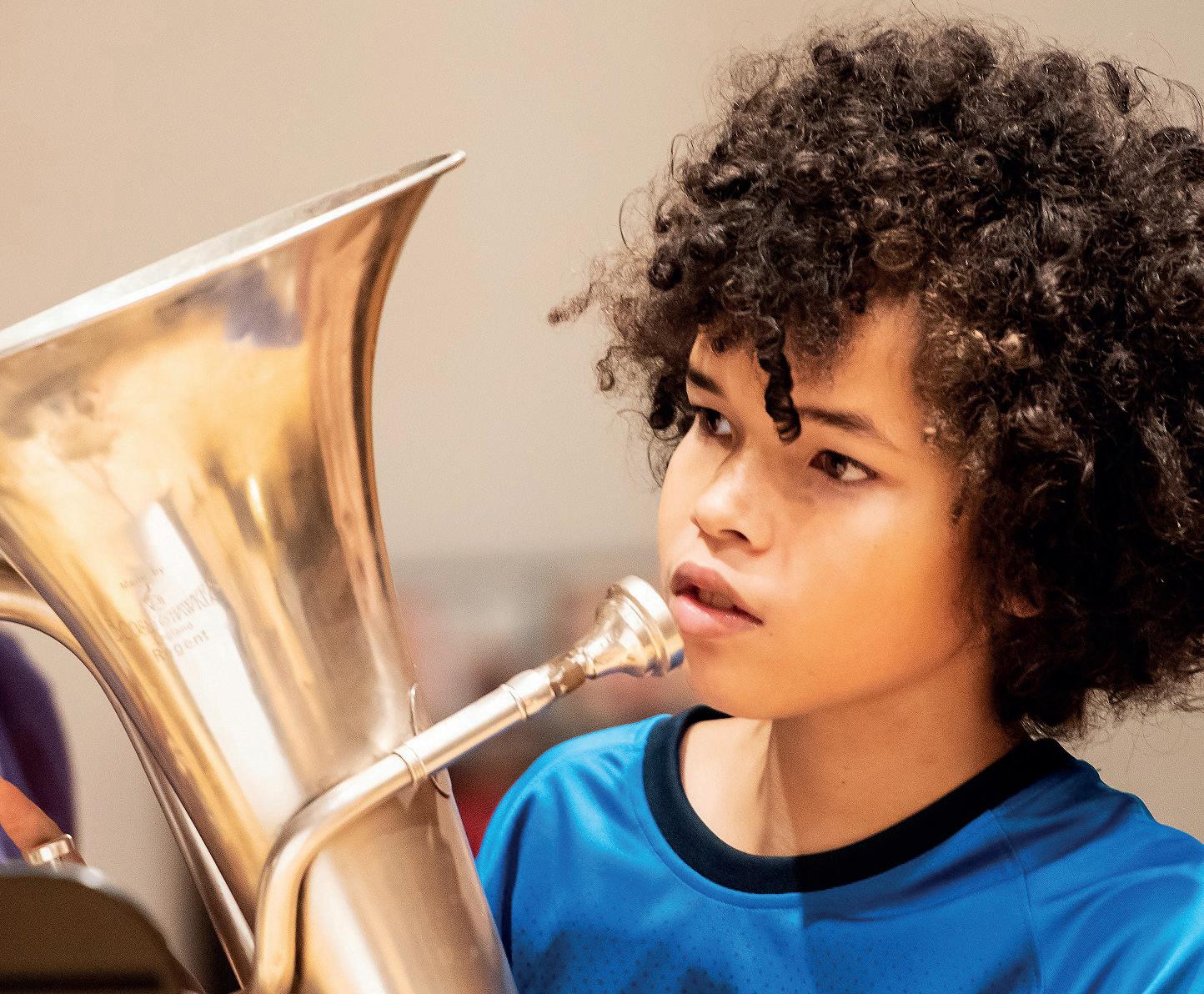
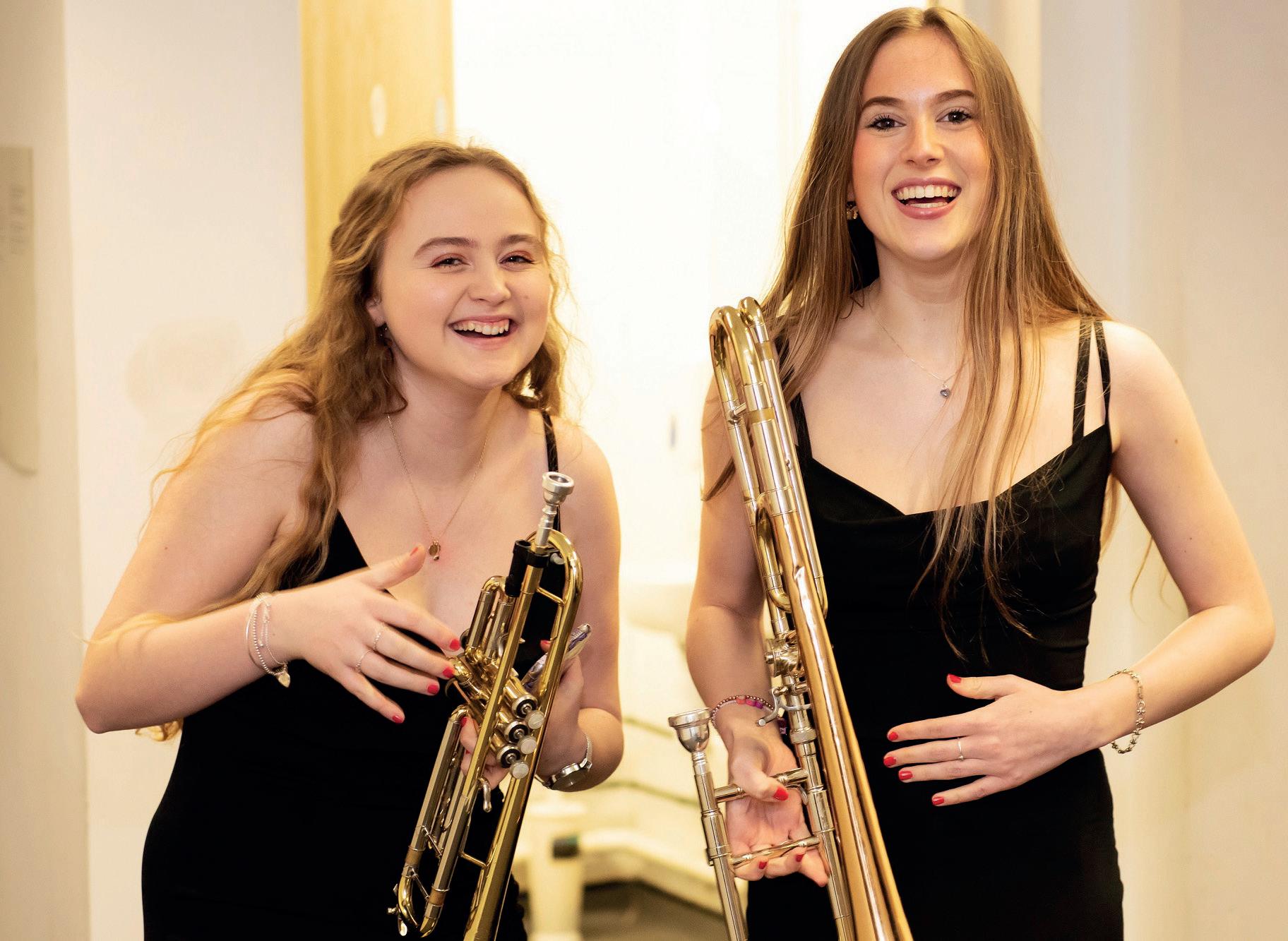
Music teachers are committed to educating new generations of musicians and thinkers and equipping pupils with the skills they need to make a success of their adult lives, whatever they choose to do. We believe in the power of music to unite people, and this makes specialist music schools truly unique and inspirational places to live, learn and make connections.
Nicola Smith and Tom Redmond are Joint Principals of Chetham’s School of Music. Nicola worked in the maintained sector for 18 years as a performing arts specialist and in school leadership roles responsible for safeguarding, curriculum, assessment, pastoral care and wellbeing. Tom was a member of the Hallé for 14 years and has performed across the world with ensembles including the Philharmonia, City of Birmingham and London Symphony Orchestras.
For young aspiring footballers with big ambitions, the school years are some of the most crucial. During that time, challenges can come in many forms – training, time management, focus, academia, performance and competition. So it is crucial to find a school that offers the perfect environment for the individual pupil.
A school football academy offers a unique community where pupils can balance their passion for football with their academic life. A school that also offers boarding, as part of the football academy, can offer a home-from-home environment, thanks to a network of staff who provide every level of pastoral care and an understanding of the balancing act that each pupil will face.
Rigorous academia alongside high-level sport can often result in sacrificing one or the other, but this is where the advantage of an in-timetable programme, as we have at Langley School, can come into its own. Introducing a periodised training
 Grant Holt Director of Football, Langley School
Grant Holt Director of Football, Langley School

programme into the curriculum allows pupils to experience the best of both worlds, without fatigue or burn-out. It also allows for after-school time to be dedicated to study, relaxation or other interests.
When considering a school football academy, families should look at several factors, including the facilities, opportunities both on and off the pitch and coaching staff credentials. Coaches should have experience in coaching young players and a track record of success and, importantly, should place emphasis on personalised training and advice. Alongside the football provision, parents should
consider the curriculum, as GCSE and A levels can often be combined with BTECs or IB courses.
Training programmes are at the core of what any football academy offers, and different academies focus on different types of training. Some will place an emphasis on individual coaching, while others focus more on team performance and competitions. Parents should aim to find a programme that best suits their child’s goals and what they aim to gain from the experience.
If a child is serious about making it as a professional, pathways will form a key part of the decision-making process. Many academies have links to professional clubs, allowing progression for the most successful candidates. Choosing an academy with connections can make all the difference. Of course there are no guarantees but a pathway to a professional system is an important provision in any football academy.
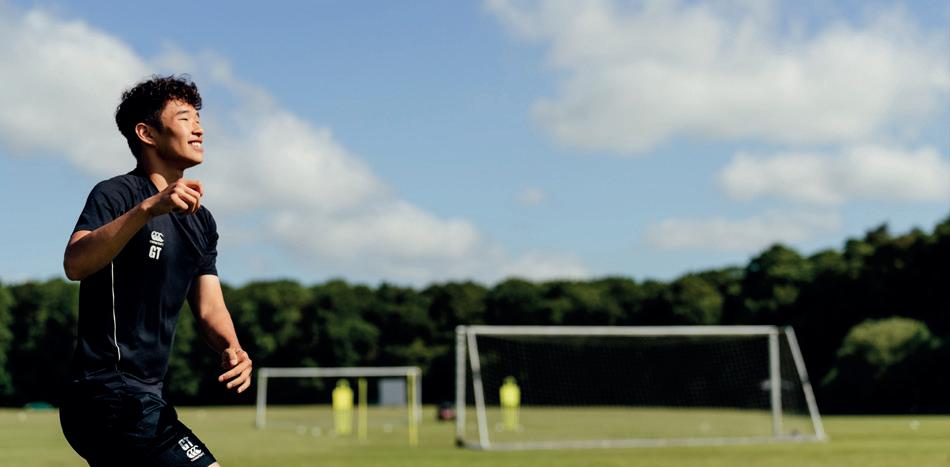
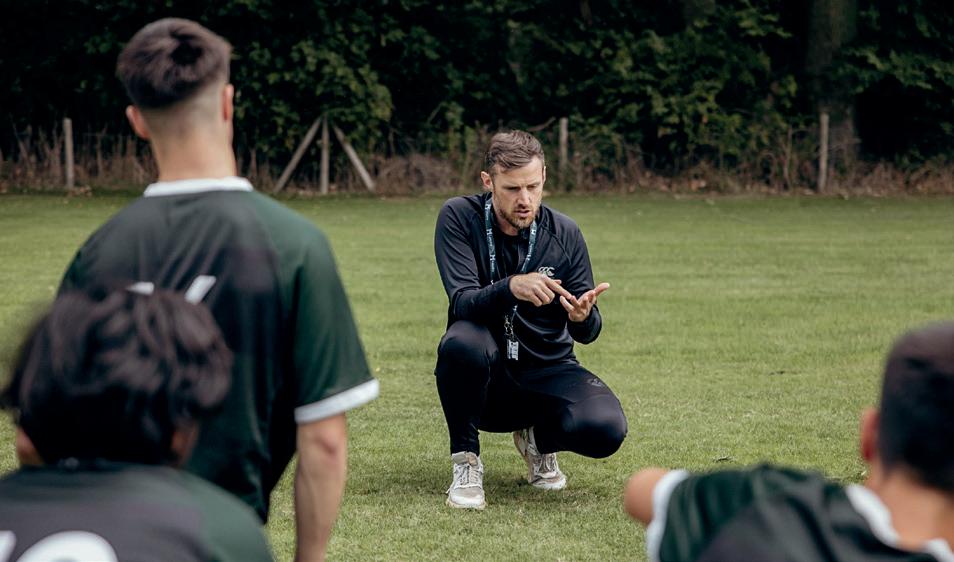
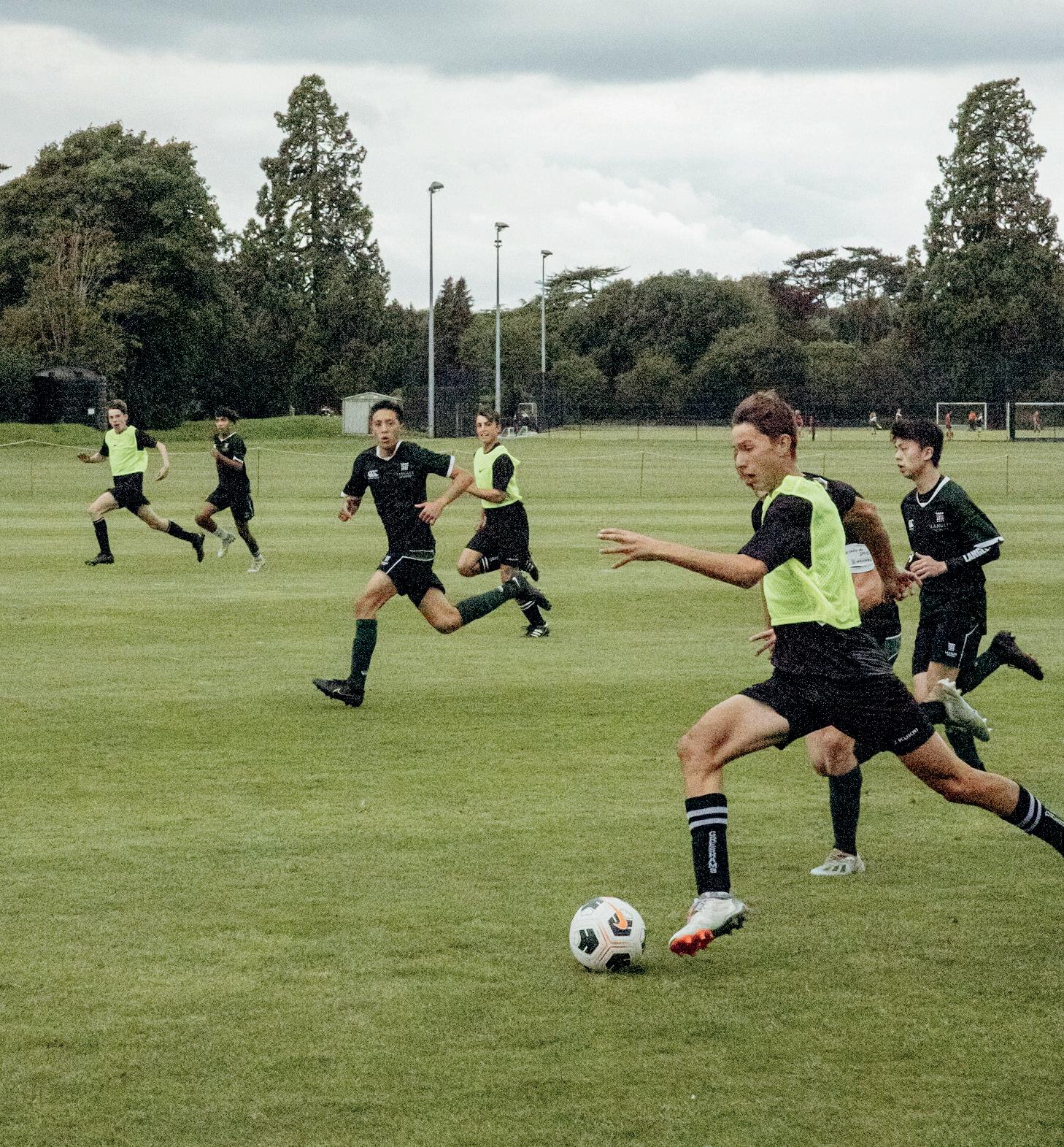

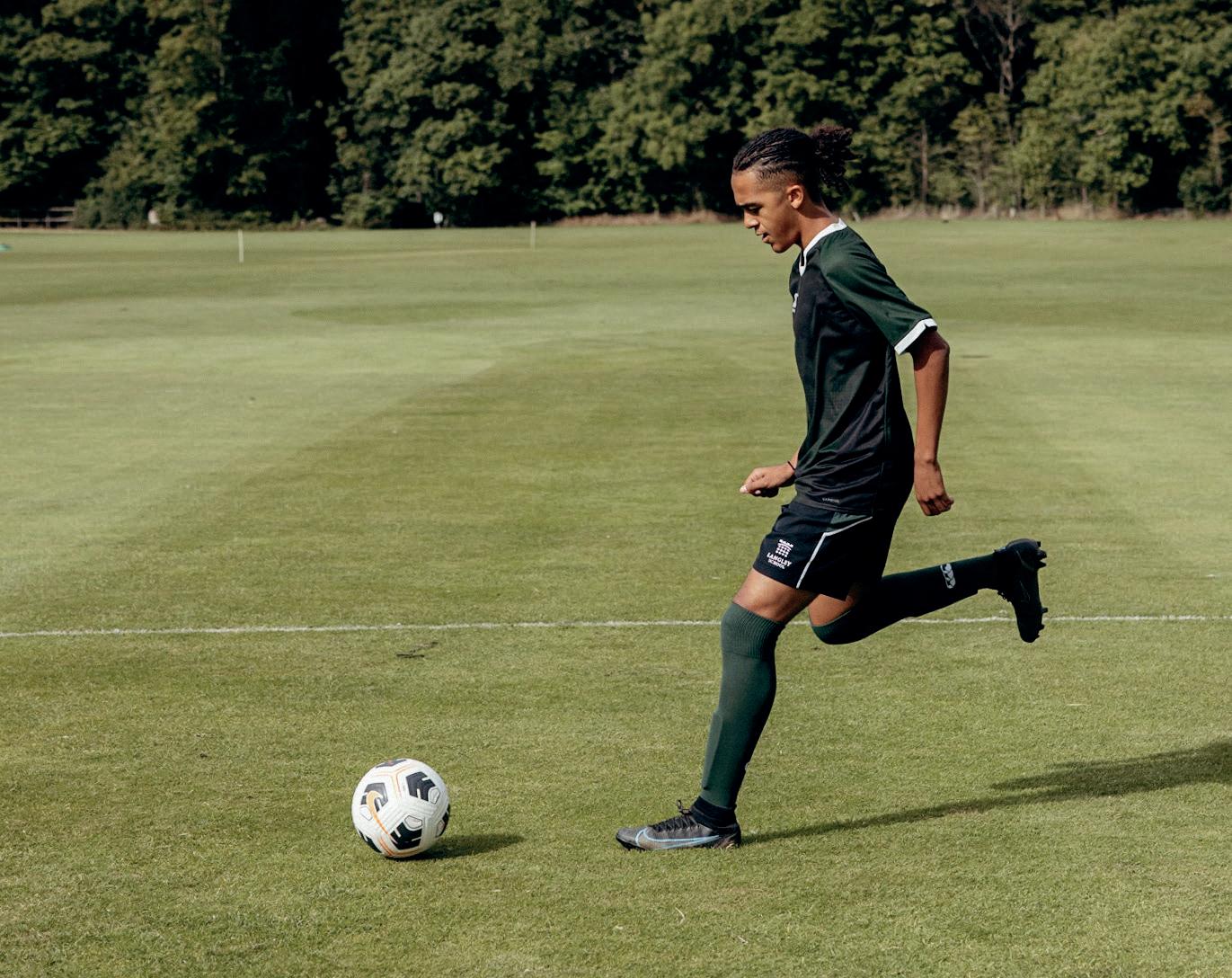
Throughout the world, the English Premier League is arguably the most revered. International pupils are given access to this world-class football scene thanks to the
boarding sector. At the Langley Football Academy, we have players from all over the world including Hong Kong, India, the Netherlands, Nigeria, South Africa and the USA. International boarders soak up English culture and there is no better way to be a part of it than to live it. Alongside them, domestic pupils in the boarding house learn about cultures they may not have had the opportunity to experience before. This rich mix is the basis on which the boarding community builds a family. Pupils also share a sense of purpose when it comes to their sport and for boarders of all nationalities, the English football system is the ultimate goal.
Grant Holt played for 13 clubs in his professional career, including multiple seasons in the Premier League. During that time, Grant scored a total of 157 goals, with his four years at Carrow Road between 2009 and 2013 being the most successful of his 19-year career. He scored 78 times in 168 appearances for Norwich City FC, helping the club gain back-to-back promotions, and was awarded Player of the Season in three consecutive seasons. Grant completed his UEFA A coaching licence as he made the transition from player to coach. Alongside his role at Langley School, Grant also works as a first team scout for West Ham United.
Introducing a periodised training programme into the curriculum allows pupils to experience the best of both worlds, without fatigue or burn-out.
Since it was established in 1965, St David’s College has always placed enormous value in focusing on the individual and supporting each pupil to realise the potential of their own gifts –giving them the freedom to flourish.

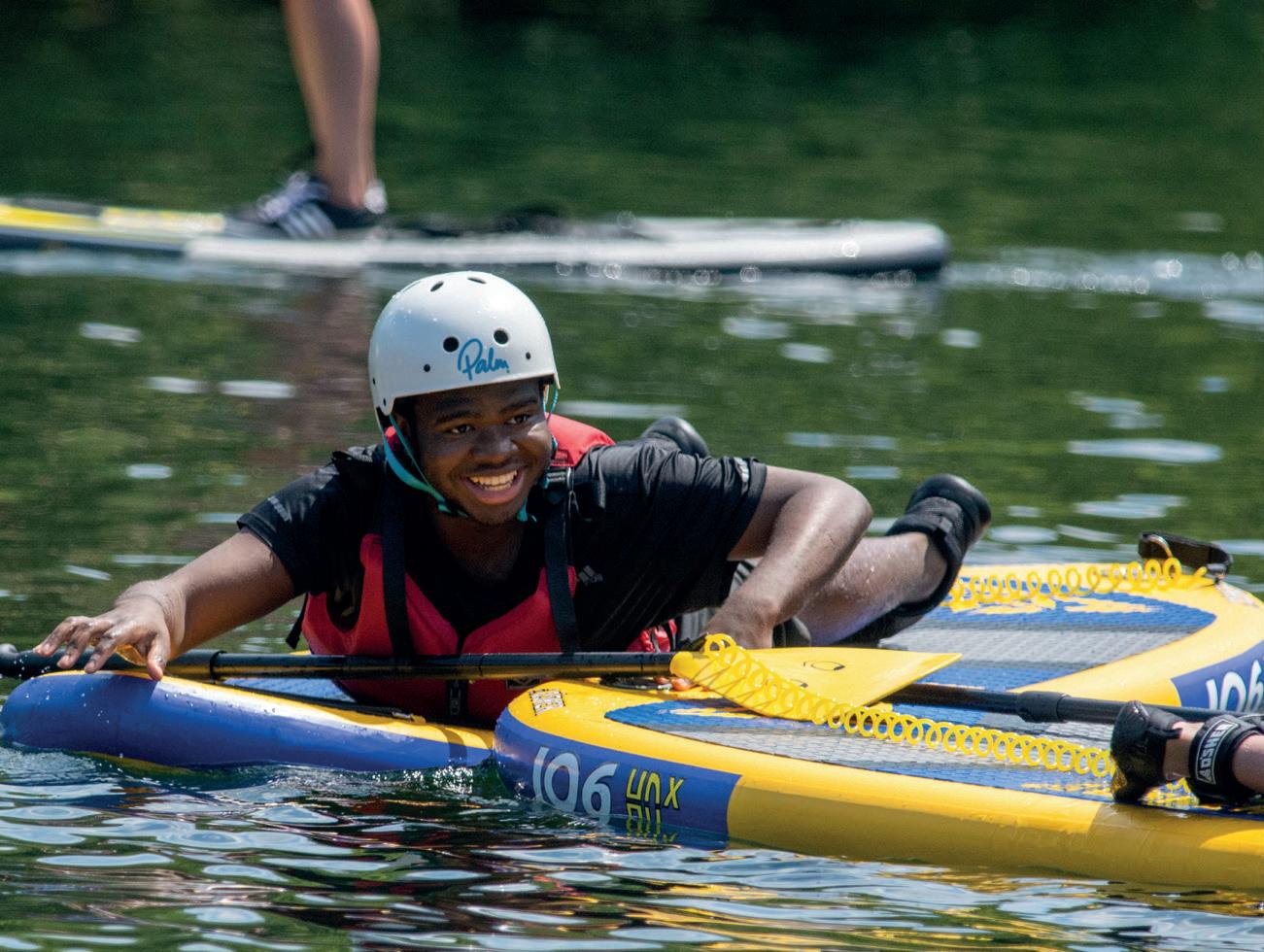
When parents are looking for the right boarding school for their family, three of the most important questions they usually have are: Where will my child sleep? What will they eat? Who will support them? In the past, support may have been academically focused but now more than ever there is a need for pastoral support.
Pastoral care is a school commitment to the wellbeing of every pupil and is always at its best when the pupils are at the centre of everything the school does. Pastoral care programmes consider many different elements of a pupil’s life in the school. Physical activity, social inclusion, emotional support and intellectual development are all key to the happiness of any child in an independent school. Happy, content children with a positive attitude are more likely to approach their studies with focus and a willingness to learn.
Modern families want their children to be educated in a nurturing environment where they can learn in a family atmosphere. Matrons traditionally had an important part to play in the pastoral structure of boarding schools and although the role – and often the title – has changed in many schools, there remains a need for someone outside the academic staff to provide this pastoral role. How this is achieved varies from school to school.
Two-way communication between pastoral staff/houseparents and pupils is key. Pupils must feel comfortable enough to go to staff with any worries or concerns. Staff strive to get to know their pupils as well as possible and make themselves available to them – in the case of houseparents, this can be 24/7.
Feedback from pupils about their thoughts on pastoral care provision is critical. They are the ones who are experiencing the care and their feelings will be important in making sure the support provides exactly what they need. This is why an open dialogue between pupils and staff is so important.
Andrew Russell Headmaster, St David’s College
Genuinely exceptional pastoral care is constant and permeates throughout a pupil’s educational experience. Pastoral care can be in the classroom, part of co-curricular activities, on outdoor education expeditions or during preparations for a school production or concert. Continued support and guidance prepares pupils for the world after they leave school. Providing opportunities to grow, work as a team, develop resilience and leadership skills, and most importantly the will to never give up, will help to carry each pupil throughout their life.
When every child feels safe in the knowledge that they are a valued member of the community, their true potential can be discovered, nurtured and given the freedom to flourish.
Andrew Russell became Headmaster of St David’s College in 2017. After studying accounting and economics at the University of Southampton, Andrew was an accountant before becoming a teacher. He joined St David’s 29 years ago and during that time he has been Head of Maths, Head of Careers, Tryfan Housemaster, Assistant Head and Deputy Head. He was drawn to St David’s because it combines his passions – teaching and being in the outdoors.


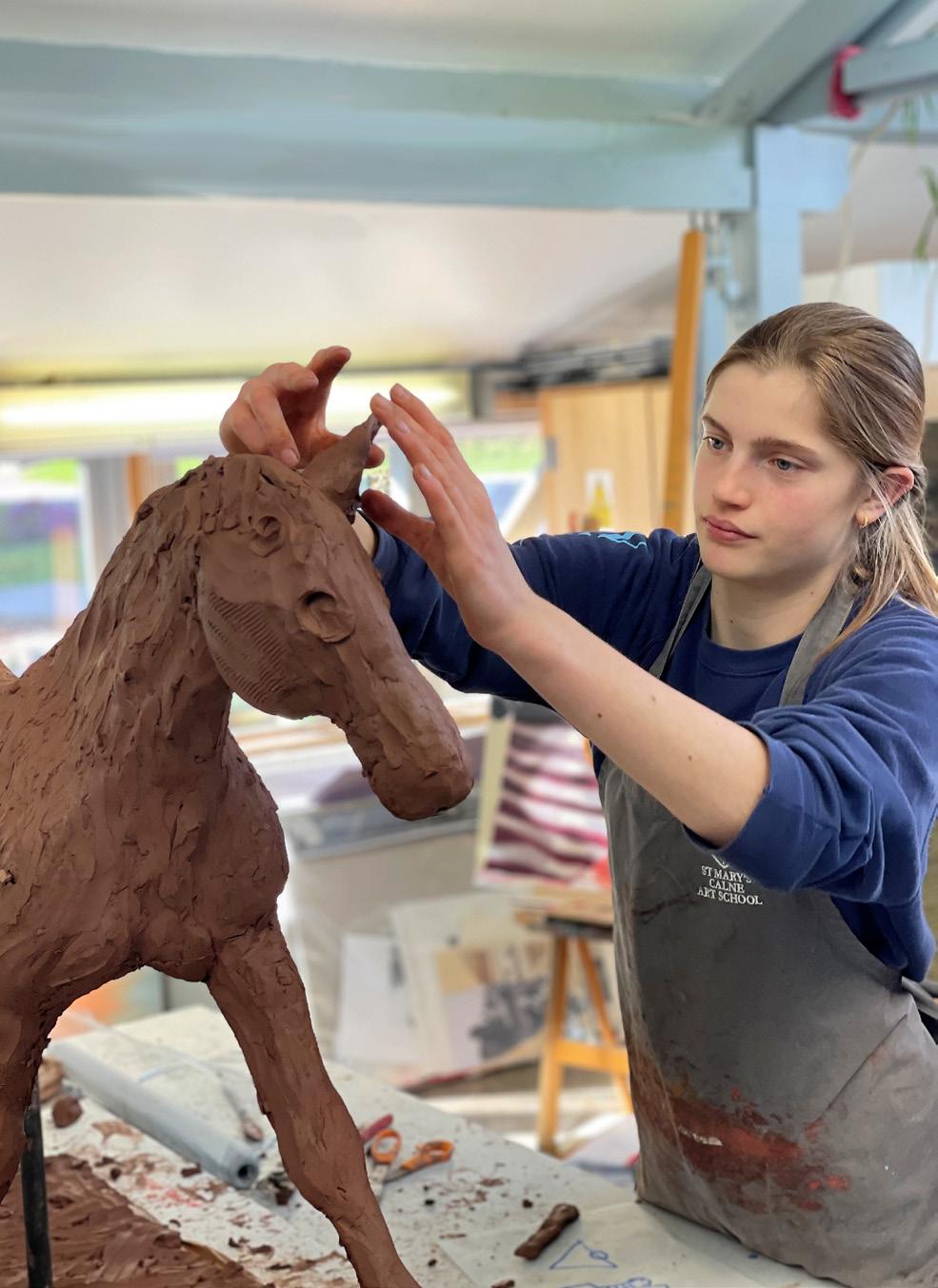
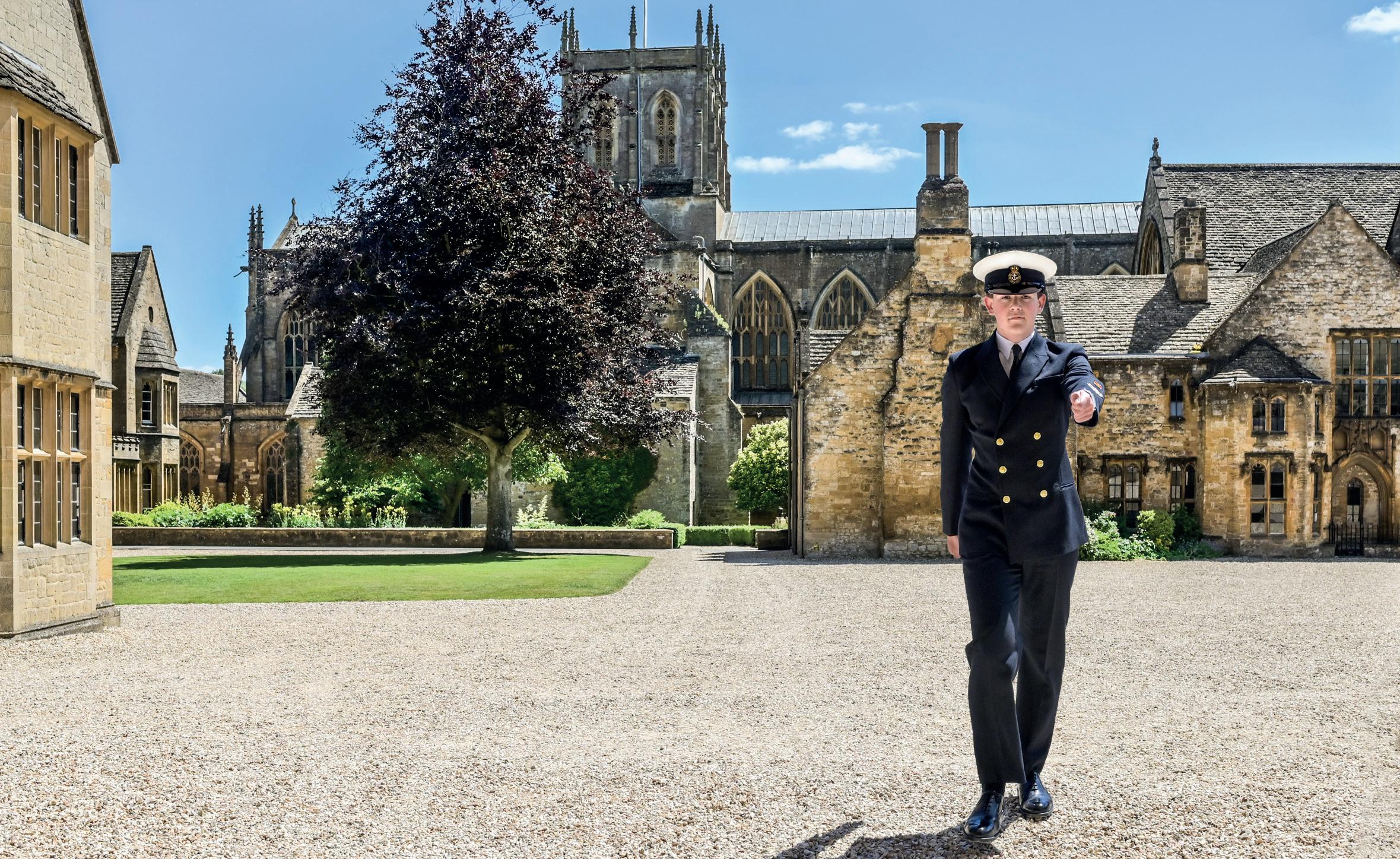
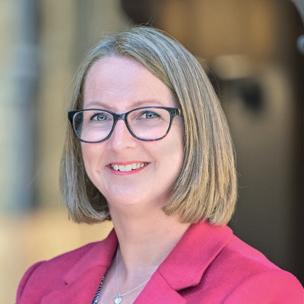
Deciding on the right school for any family can be daunting. But for Service families, the decision can be even more difficult. As well as looking for the same strong academic and co-curricular opportunities as other parents, they also want to be completely reassured that the school understands the additional concerns and demands that serving military families may have.
So it is not surprising that when I ask serving military parents with school-aged children what is most important to them when choosing a school, every one of them mentions pastoral support as their number one priority, closely followed by a solid, full boarding community.
Children of military families have experiences unlike those of most other families. They move home frequently and as a result they experience disruption to their schooling, friendships and social networks. A serving parent may be absent for extended periods of time – aside from the emotional absence, this can mean the serving parent misses key school events
and activities, and this issue may apply to both parents if the family home is not near the school.
Full boarding is usually high on the agenda for Service families and a full programme of weekend activities for pupils is essential. However, schools must also appreciate that a parent who has been on tour might not be able to choose when they return from deployment, or when their R&R time falls. Offering weekend flexibility for them to spend time together helps the family readjust and strengthens school/parent/ child relationships.
Although regiments offer families support, a comforting presence at school is essential for pupils. Postings for serving military personnel and their families can be anywhere in the world, sometimes at relatively short notice, and this can be unsettling for children and their parents. Such deployments may be to hostile environments, the dangers of which are regularly highlighted in the media, and so children have the additional worry about their parent’s safety. This can sometimes cause their emotions to overflow at unusual times, e.g. in class when discussing a particular topic. Parents need reassurance that during these times staff will be sensitive to and aware of the individual needs of their child and always on hand to provide support.
Schools can support Service families in many other ways too. For example, they may contact the parent left at home, not only to give an update on their child’s wellbeing but also to find out how they themselves are doing, and checking that their partner is in contact and safe. Parents, particularly those with children of prep school age, will need assurance that in loco parentis actually means that. Are the usual teeth cleaning and hair brushing checks happening? Is there someone who notices if a child is looking particularly tired and who will suggest an early night?
Not all schools allow unlimited access to mobile phones, and indeed younger children might not have them at all. Enabling parents to remain involved and engaged in their child’s education is key. Examples include virtual bedtime reading, enabling online access to parent/teacher meetings, ensuring phone calls across the world are possible to suit both time zones, livestream/recording concerts and plays so that they are accessible for all, and short, regular emails to parents with a photo of their child engaged in activity. These all help to facilitate strong parent/school relationships.
Some families choose schools with high numbers of military children but, more and more, parents I speak to are not looking for their children to be at a school which
is simply an extension of ‘the patch’. They want to break away from the military world and have their children join a school where they are part of a strong boarding community with pupils from a wide variety of geographical locations, both within the UK and beyond, and where they can make stable friendships for life.
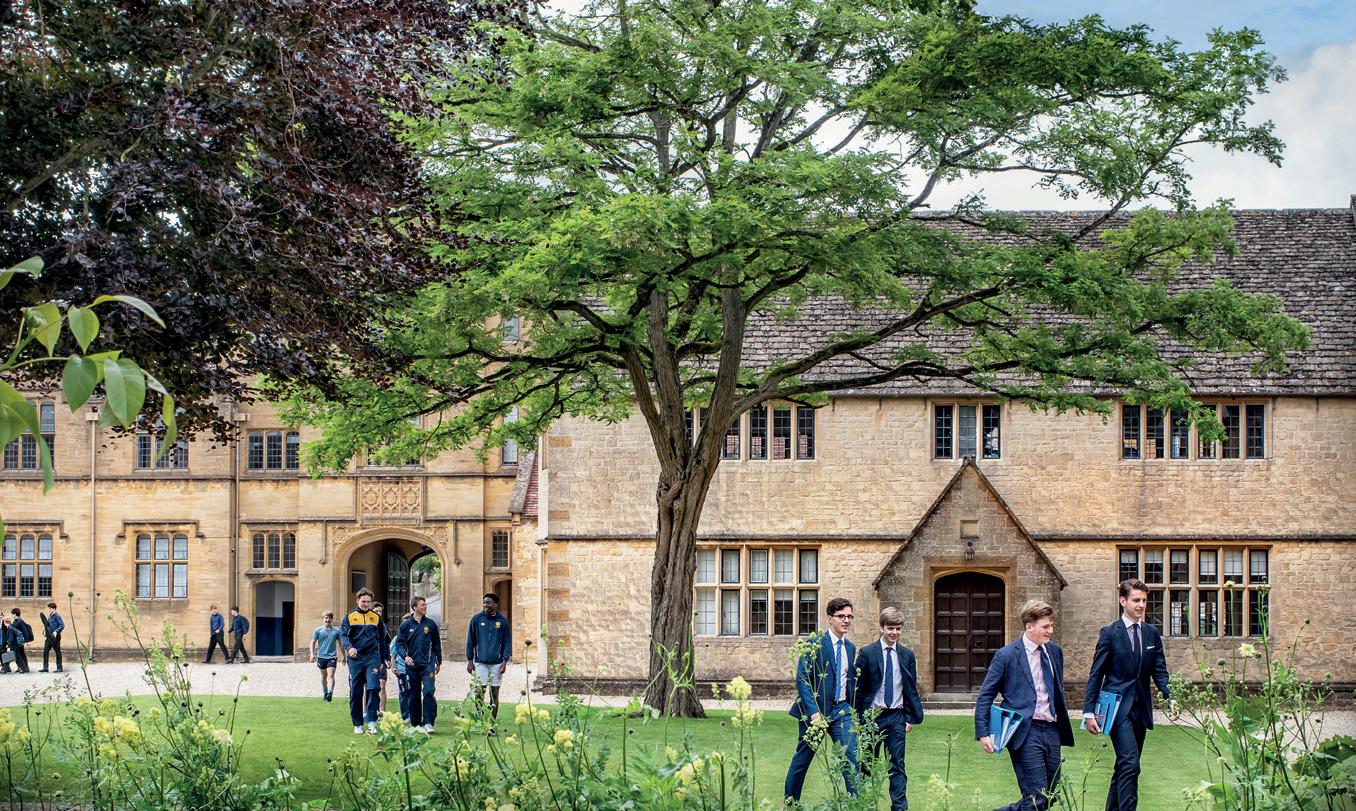
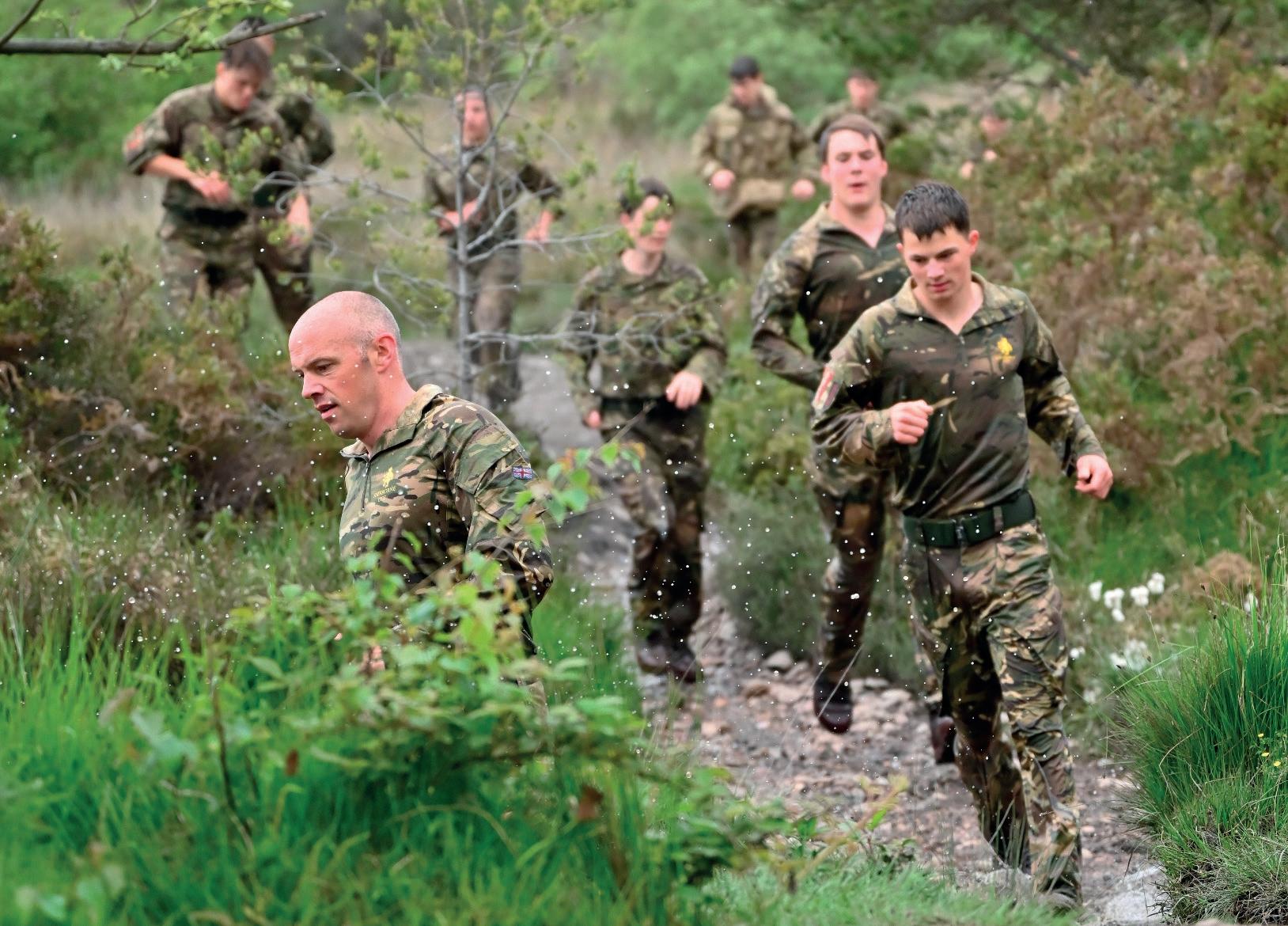
As an ex-servicewoman myself, supporting military families is something I am passionate about. Sherborne matches that passion. Some of our housemasters have experienced military life themselves, either as former serving personnel or as children. As a result, they appreciate the additional complexities of these pupils’ lives. They understand that the boys in their charge newed to know they are there to support and reassure them when they feel anxious, without being singled out as the ‘military kids’. Honest and open communication, combined with an acknowledgment of the additional concerns of Service children, are key to building trust and positive
relationships, with the boys and with their parents.
And what about the military children themselves? Quite simply, they enhance our school. Their personal experiences mean that they tend to be seasoned boarders, take a move to senior school in their stride and support other pupils who have never experienced being away from home before. They generally have a strong sense of purpose and loyalty and demonstrate great resilience. We feel very privileged to have military children and their families at Sherborne and look forward to continuing to welcome them to our community in the years ahead.
The North of England is understandably a popular choice for boarders and their families. With vibrant cities, stunning coastlines and spectacular landscapes, the North attracts boarders from across the UK and beyond. This area of the UK is renowned for its friendly communities, and a warm welcome awaits boarders who choose to call the North of England their home.
There is a range of boarding options available to suit the needs of each individual child. Whether you are looking for city-centre vibrancy or rural tranquillity, you will find the perfect setting for your child in the North of England. Its cities offer an ideal blend
Jeremy Walker Head Master, St Peter’s School, York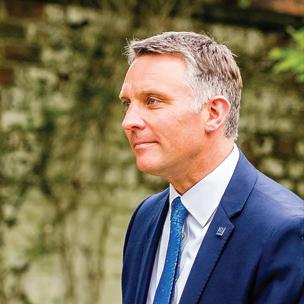
of history and culture along with modern dynamism. York is a popular and dynamic hub with a sense of history around every corner, and with large cosmopolitan cities nearby such as Leeds and Newcastle and the beauty of Durham, there is something here for everyone.
At St Peter’s School, pupils are fortunate to have the historic city of York on their doorstep. York is frequently voted as one of the best places to live in the UK and it has a rich history with the city as we now know it dating back to the Roman period. It is the perfect place for boarders to explore on weekends, from the magnificent York
Minster to museums, ancient city walls, art galleries and an exciting range of festivals and events throughout the year.
St Peter’s combines city living with outdoor space for children to grow and thrive. Despite being just five minutes’ walk away from the centre of York, boarders can also enjoy the freedom offered by the school’s 50-acre campus on the banks of the River Ouse.
Beyond the cities, the North of England also offers many opportunities for adventure and exploration. From Northumberland to East Yorkshire, the stunning coastline is popular with schools as a destination for educational
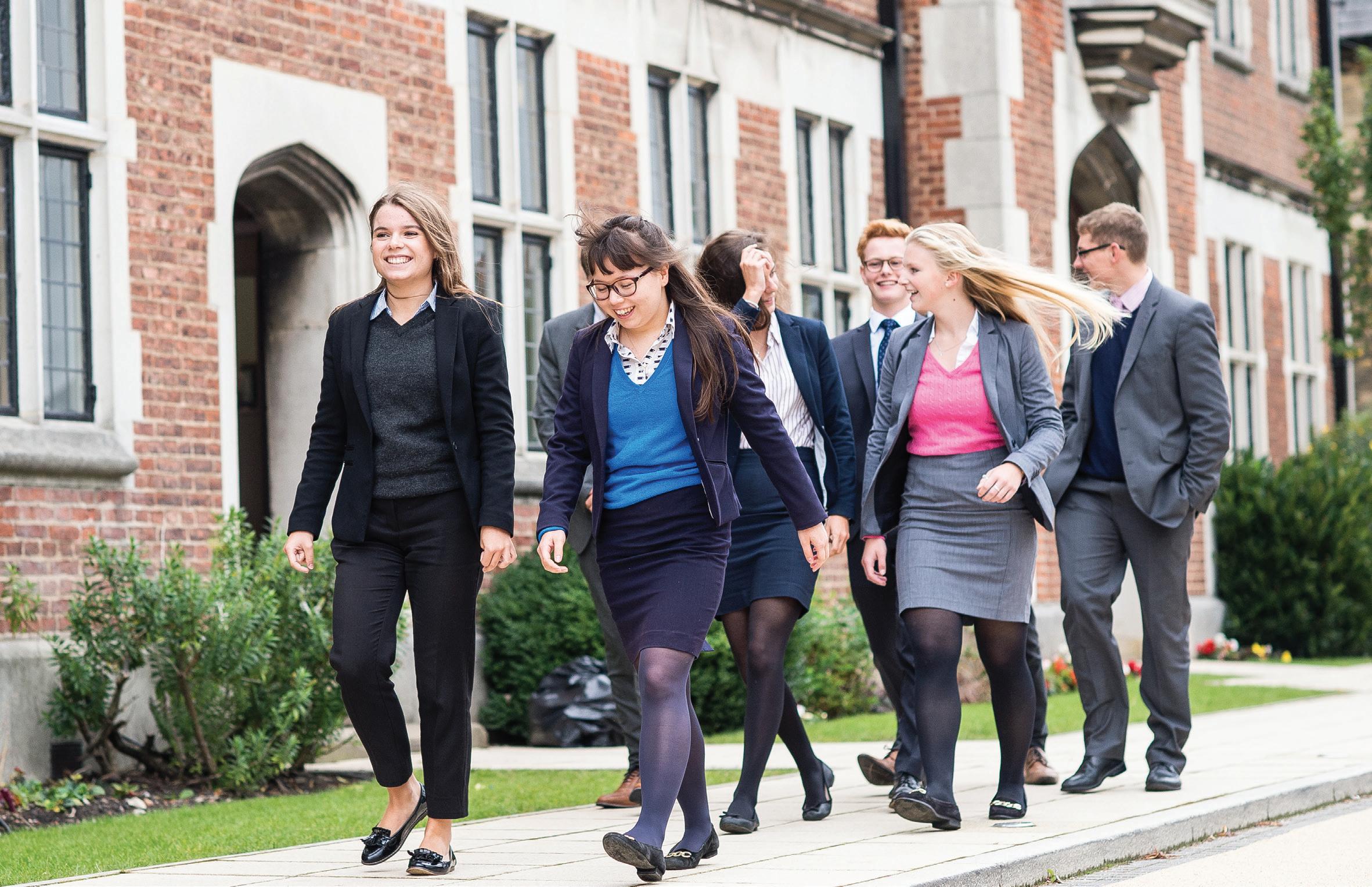
visits. Whitby is especially popular and pupils can regularly be found combing the coast at Flamborough Head on geography field trips.
Northern England is also home to several Areas of Outstanding Natural Beauty (AONBs) and three National Parks: the Yorkshire Dales, the North York Moors and the Lake District National Park, which has recently been added to the list of UNESCO World Heritage Sites. Whether boarders are studying in cities or in the countryside, these stunning landscapes are easily accessible on weekends.
Our northern schools have some of the most successful school sports teams in the country, and offer music, art and drama to the highest standard plus CCF, The Duke of Edinburgh’s Award and a wide range of activities and clubs. Combined with exemplary pastoral care, this means pupils can experience absolutely everything on offer at school and still have time to relax and make lifelong friendships in their boarding houses.
The North of England enjoys access to several international airports including Manchester, Leeds, Doncaster and Newcastle, and many schools are also well connected to London by train. York is under 2 hours by train from London while Newcastle is 3½ hours by train from London, making these cities easily accessible for UK and international boarders.
With so much to offer, it is hardly surprising that places at boarding schools in the North of England have become increasingly attractive in recent years and with a large military presence it is a popular area for Service families.
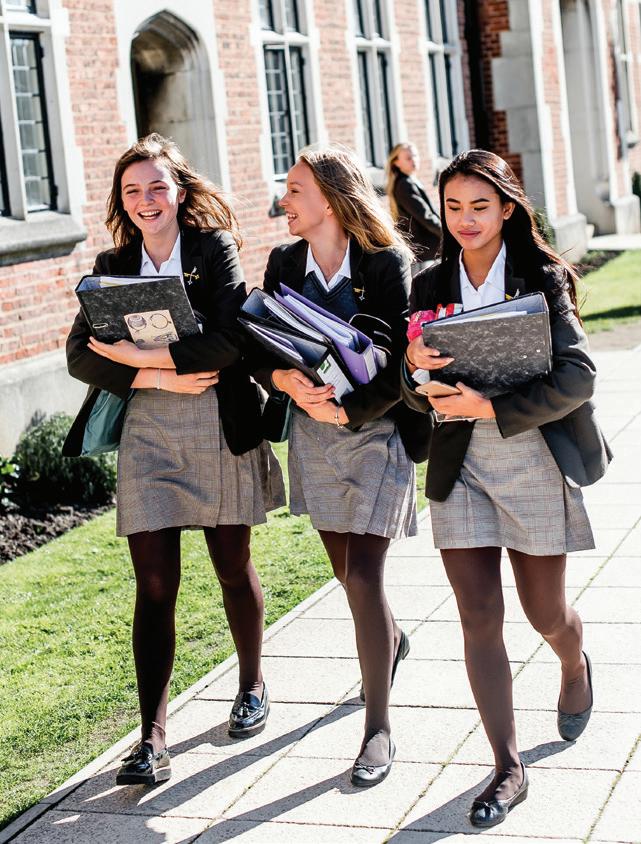
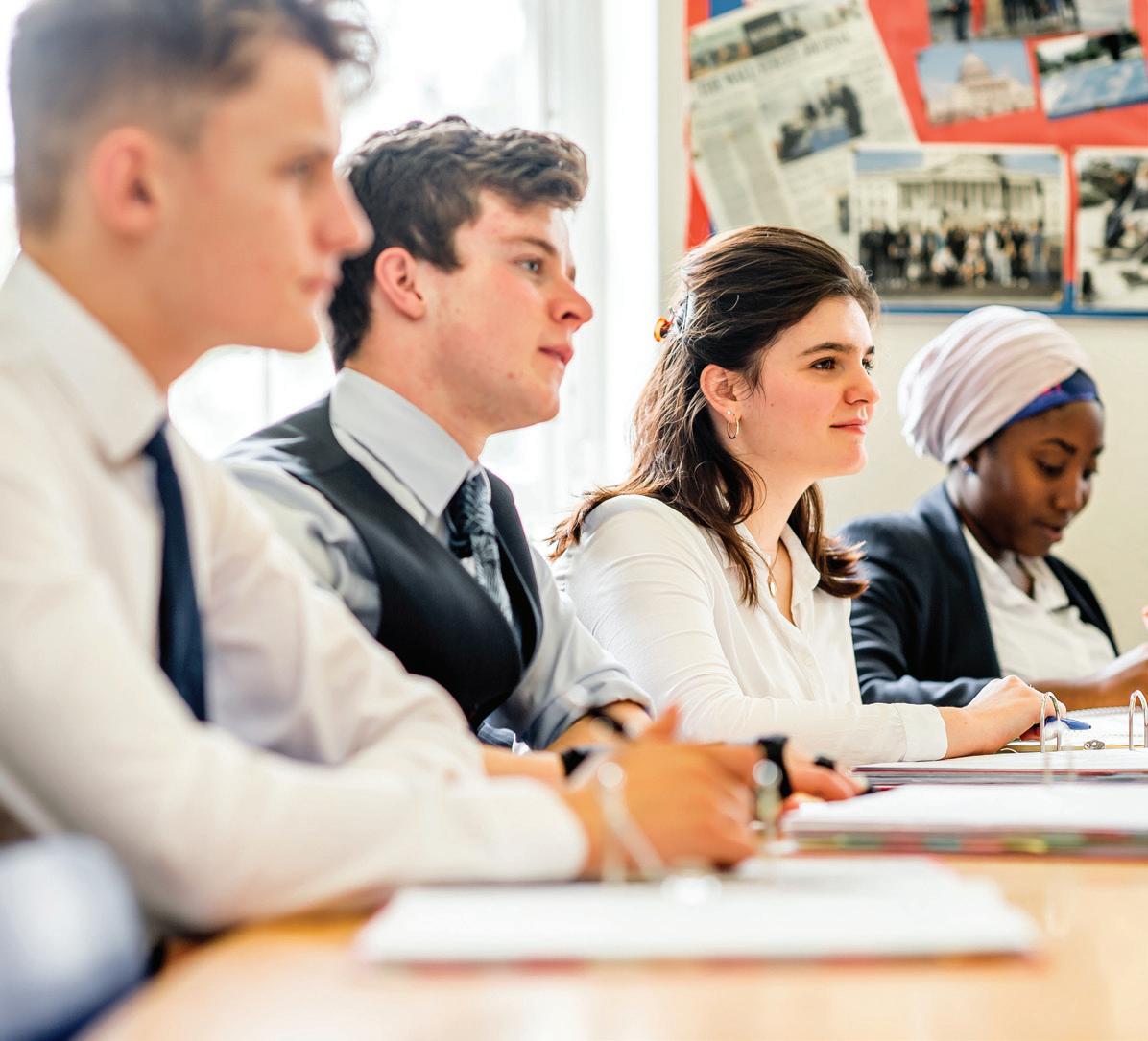
Founded in 627 AD, St Peter’s School is the third oldest school in the country. It was named The Sunday Times North Independent School of the Year in 2019 and Tes Independent School of the Year 2021.
Jeremy Walker has been Head Master at St Peter’s since 2019. He spent his school days as a full boarder and was educated at Sherborne School and Oxford University. Previous roles have included Principal of King’s School Rochester, Headmaster of Berkhamsted Sixth and Housemaster and Head of RS and Theory of Knowledge at Ardingly College.

Our northern schools have some of the most successful school sports teams in the country.
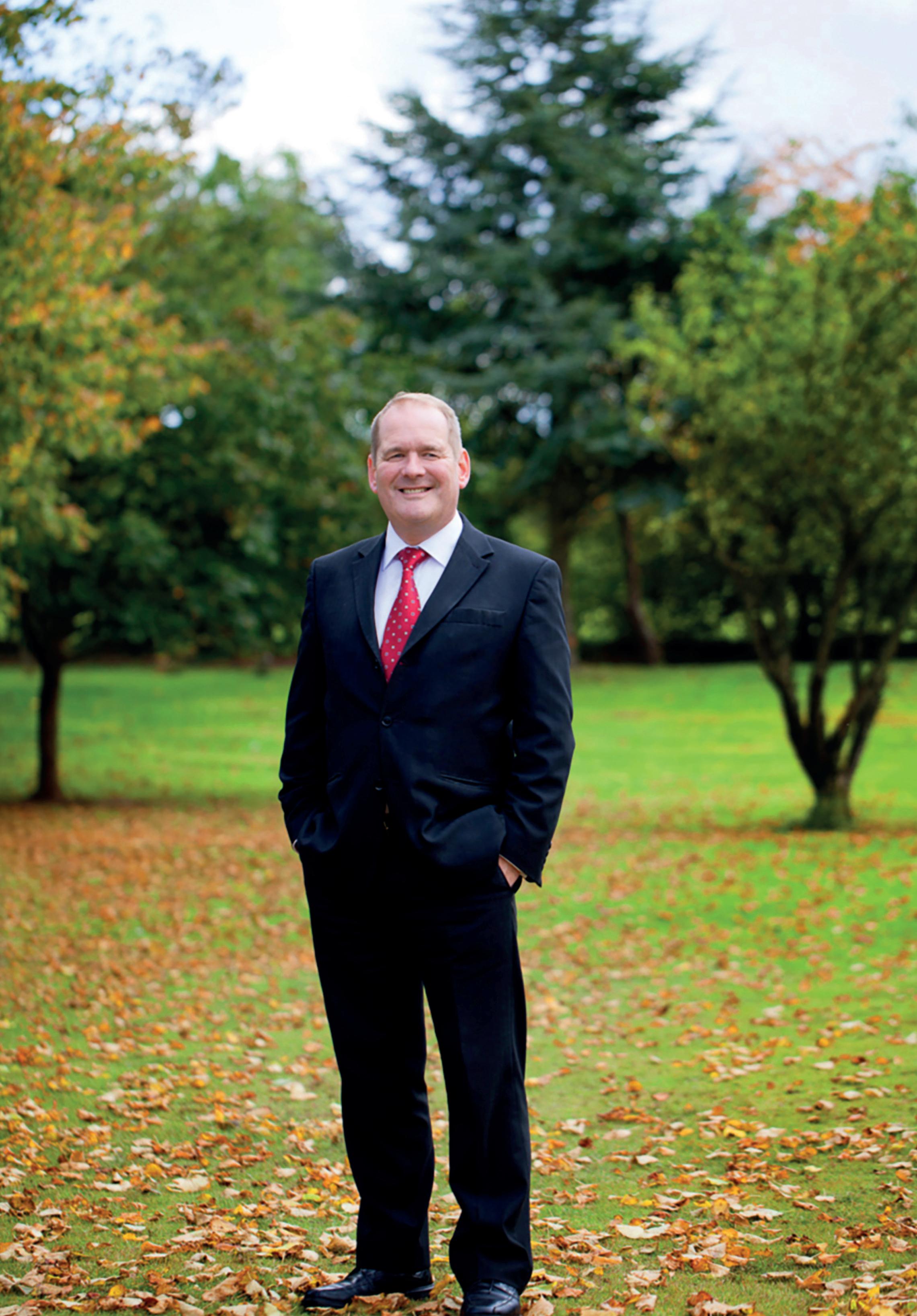 George Vance Headmaster, Rockport School
George Vance Headmaster, Rockport School
According to a Price Waterhouse Coopers (PWC) study in 2021, Northern Ireland is the happiest place to live in the UK. This is a title we are very proud of. With a vibrant culture, welcoming communities and breathtaking scenery, it is no wonder that people who live here thrive.
Northern Ireland is also the location of several outstanding boarding schools. With its diverse internationalism, excellent academic results, competitive edge in value for money and easy accessibility (there are two airports offering many connecting flights through London), Northern Ireland has emerged as a desirable location for families looking for an enriching boarding school experience for their children. Boarding schools in Northern Ireland offer a unique blend of happiness, community integration and academic excellence. The region’s distinction as the happiest place to live in the UK sets the stage for a positive and nurturing educational experience.
Northern Ireland’s boarding schools are renowned for offering exceptional value for money. Despite the relatively small size of Northern Ireland, its five boarding schools consistently achieve remarkable academic success, often outperforming their counterparts in other regions. Boarding schools in Northern Ireland follow the standard UK curriculum and complete GCSE and A levels across various exam boards. With supportive learning environments and a strong emphasis on individualised attention, pupils in Northern Ireland boarding schools are well prepared to achieve the highest pass rates in the UK.
All Northern Ireland boarding schools have strong connections to their local communities with a diverse mix of local, UK and international pupils and boarders. By fostering partnerships with local businesses,
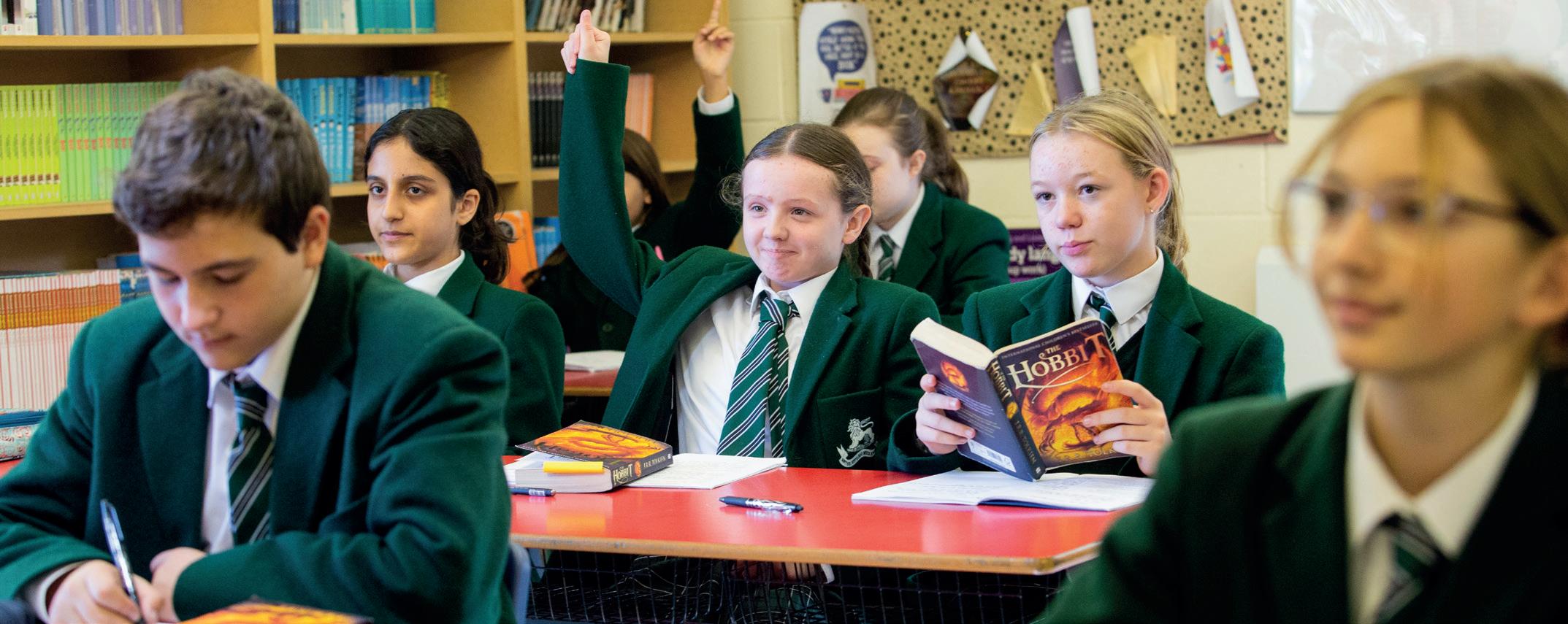
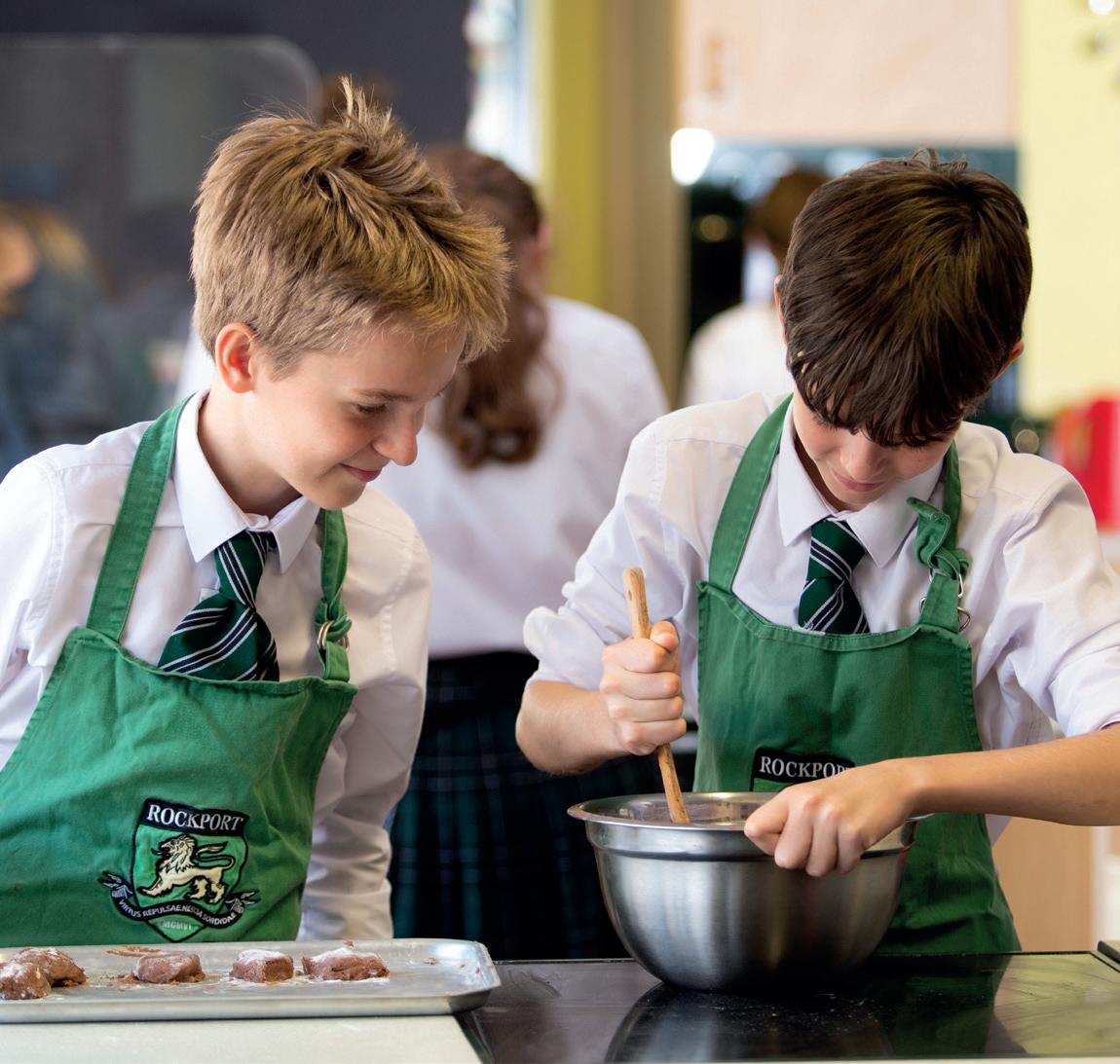
universities and communities, the schools provide pupils with opportunities to engage with the rich heritage and cultural traditions of the region, allowing them to develop a broader perspective and a deeper appreciation for their surroundings. Pupils can immerse themselves in the rich culture of Northern Ireland while forging lifelong connections.
Whether you are a UK family or an international family, Northern Ireland’s boarding schools provide an exceptional platform for personal growth and academic success. By choosing to board in Northern Ireland, children can embark on a remarkable journey that combines happiness, community and educational excellence in a beautiful and welcoming environment.
George Vance LLB BEd PQHNI has been Headmaster of Rockport School since 2012. He joined the school in 2007 as Deputy Head. His teacher training was at Stranmillis University College, part of Queen’s University Belfast, and he read law at the University of Ulster. His first teaching post was at Regent House School, where he would spend 25 years, 22 of them as Head of Design and Technology (DT). His two great ambitions when he became Headmaster were for Rockport to join the Round Square group of schools and to open a sixth form, both now achieved. As a student teacher he read an article by Kurt Hahn which made a lasting impression, and one of the reasons he joined Rockport was because he felt it was a ‘Round Square school in waiting’. A qualified mountain leader, he is passionate about the Mourne Mountains and takes every pupil over the age of eight hillwalking. He has been involved with The Duke of Edinburgh’s (DofE) Award for more than 30 years.

The BSA Certified Agent and Guardian schemes were launched in 2020 and we have certified 62 agents and 52 guardians have signed up to the schemes, with more joining all the time. The training and certification programmes for the schemes provide reassurance to families. Parents can be assured they are dealing with educational agents and guardians with the highest standards in terms of safeguarding, safer recruitment and training of staff and host families, knowledge of the UK education system and careful liaison with schools. The schemes also provide a clear demonstration to BSA boarding schools of the quality and intention of the educational agents and guardians who reach certified status.
Finding a suitable educational agent can be a time-consuming process for parents, but it is an absolutely vital one. Even when parents have a good knowledge of the UK education system, this may not be up to date and it is almost impossible for parents to have an informed overview of all the different schools available when trying to choose the one most suitable for their individual child. The BSA’s recent survey of Chinese parents showed that agents have a major influence when it comes to choosing a boarding school, with 80 per cent relying on an agent’s recommendation. So it is important to be sure an agent has integrity and knowledge of the school and family and this is what the scheme aims to do.
The BSA Certified Agent scheme is sufficient evidence for UKVI (UK Visas and Immigration), so schools do not need to do their own due diligence on these agents. The scheme also acts as parents’ due diligence, ensuring agents in the scheme demonstrate a clear and current understanding of the UK education system and the different types of schools, getting to know the child’s and the family’s needs, recommending schools that are right for individual children, and maintaining the highest standards of integrity in placing and supporting each child.
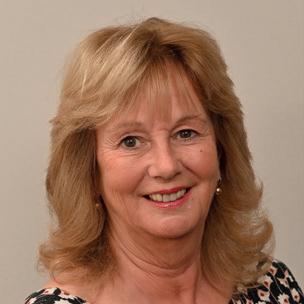
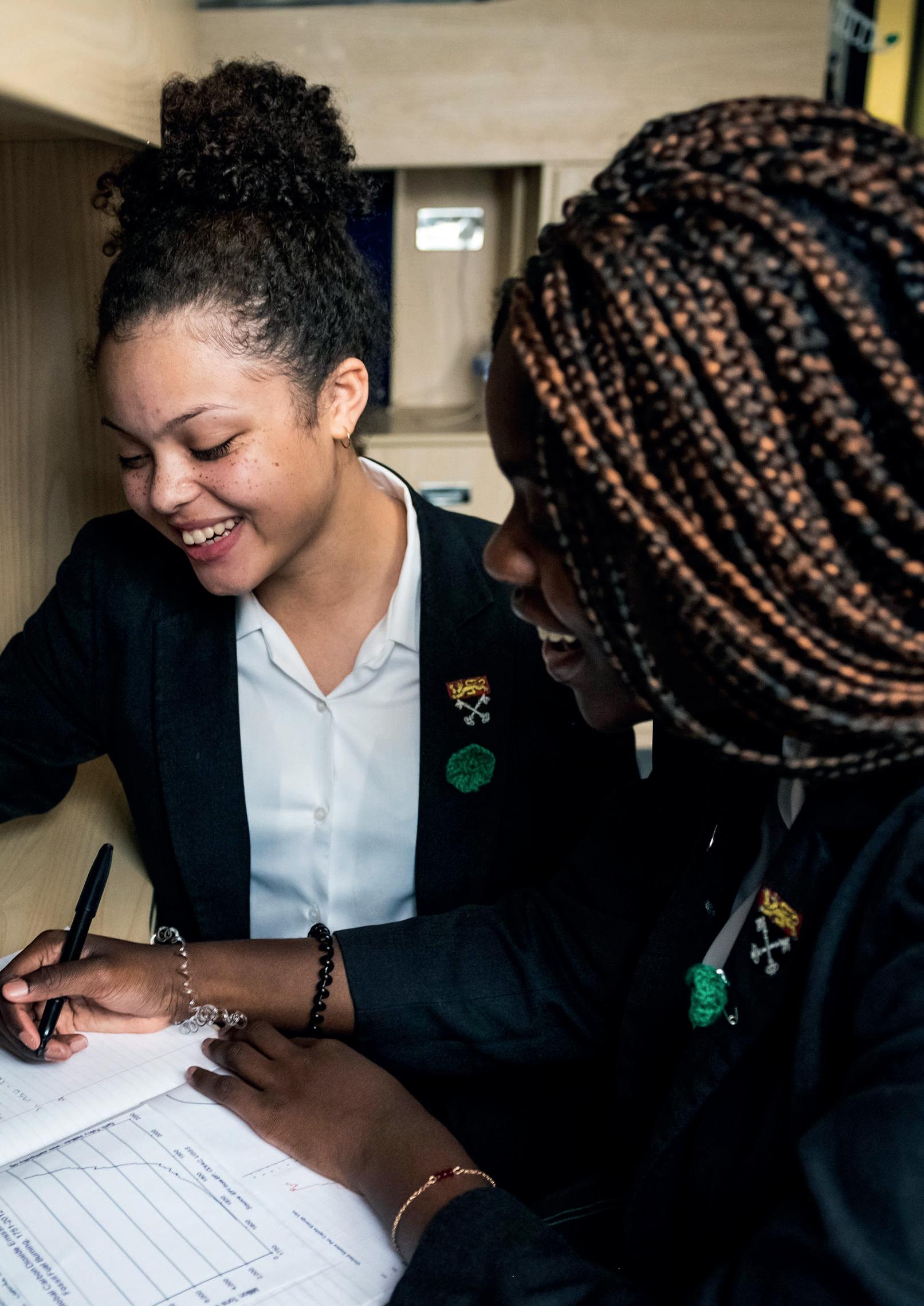
In terms of guardians, the survey of Chinese parents showed that 82 per cent highlighted the importance of having assurance around a guardian’s certification – and this is what the BSA Certified Guardian scheme provides. Similar to the criteria agents are required to meet, guardians must demonstrate the highest standards in terms of their interaction with schools, parents and pupils, showing they meet strict assurance requirements for all aspects of safeguarding.
For international pupils, an educational guardian who can provide high quality support and guidance is invaluable. Pupils are much more likely to reach their full potential if they feel
emotionally and physically safe and there is good communication and relationships between them and the adults looking after them. This is a vital aspect of a successful school experience.
Parents can choose a BSA Certified Guardian with confidence, secure in the knowledge that the guardian has met the high standards required through a rigorous inspection process. Knowing the guardian is committed to providing a high-quality service can really make a difference to their child’s school journey.
For more information about the BSA Certified Agent scheme and a full list of Certified Agents, go to: https://www. boarding.org.uk/bsa-initiatives/bsacertified-agent-scheme/ There is also a list of Certified Agents in this Guide.
For more information about the BSA Certified Guardian scheme and a full list of Certified Guardians, go to: https:// www.boarding.org.uk/bsa-initiatives/ bsa-certified-guardian-scheme/ There is also a list of Certified Guardians in this Guide.
Caroline Nixon, International and Membership Director, BSA Group and Director, British Association of Independent Schools with International StudentsAbby Plumb Education Guardian Service www.abbyplumbeducationguardian.com
Academic Families
www.academicfamilies.com
Access UK Education
www.access-edu.co.uk
Alderwood International (provisional) www.alderwood.io
Alpha Guardians www.alphaguardians.co.uk
Anglo International Student Centre www.sino-uk.cn
Amber Education www.amberedu.co.uk
Belgravia Guardians www.bg-london.com
Berkeley Guardians
www.berkeleyguardians.com
Boarding Schools Ireland (provisional) www.boardingschoolsireland.com
Cambridge Guardian Angels www.cambridge-guardian-angels.com
Carfax Guardians www.carfax-guardians.com
Clarendon International Education www.clarendon.uk.com
College Guardians www.collegeguardians.co.uk
Connexcel
www.connexcel.co.uk/guardianship
Cotswold Guardians www.cotswold-guardians.co.uk
Convoy Education www.convoyedu.com/h-col-116.html
Crown Guardians
https://crownguardians.co.uk

East Coast Guardians www.eastcoastguardians.co.uk
Edinburgh Guardian Angels
www.edinburghguardianangels.co.uk
Education and Exchange in Europe (provisional) www.edex.ie
Elite Anglo-Chinese Services www.eliteacs.com
English Country Guardians www.english-country-guardians.co.uk
Gabbitas www.gabbitas.com
Genesis Education Planning www.en.genesiseducation.co.uk
Great British Guardians www.gbguardians.com
Guardians International Support www.gis-uk.com
Guardians UK www.guardiansuk.com
High Schools International www.hsinet.org
Host-Link www.hostlinkuk.com
Hyde Global Education www.hydeglobaleducation.com
International Student Guardianship Ireland (ISGI) www.guardianshipireland.ie
IQ Consultancy (provisional) www.iqconsultancy.ru
JD Consultancy www.jdconsultant.co.uk
Overseas Personal Development Services www.opds.co.uk
Oxbridge Guardians oxbridgeguardians.co.uk
Prestige Guardians (provisional) www.prestige-guardians.co.uk
Redoor Education (provisional) www.redoorguardianship.co.uk
Regent Guardians www.regentguardians.com
Robin Education www.robineduuk.com
Ruyang Guardian Service https://ruyang.co.uk
Scottish Overseas Guardianship Association (SOGA) (provisional) www.scottishoverseasguardianship.co.uk
See World www.seeworldltd.com
St George’s Guardians www.stg-guardians.co.uk
Study Links www.studylinks.com
The Guardian Family Network www.guardianfamilynetwork.com
Trusted Guardianship www.trustedguardianship.co.uk
UK Guardians www.ukguardians.co.uk
UKGuardianship www.ukguardianship.com
UK Tuition www.uk-tuition.com
UM Education www.umeducation.com
Ying Lang Guardian, Glamour Edu Ltd www.glamouredu.com
@school-in-UK www.school-in-uk.com
Abby Plumb Education Guardian Service www.abbyplumbeducationguardian.com
Academic Asia China Ltd www.academic-asia.co.uk
Academic Families www.academicfamilies.com
Akademis
www.akademis-internatsberatung.de/internatengland
Anglo International Student Centre www.sino-uk.org/school
ApplyEasyPro www.aepcn.cn
Aster Tuition https://astertuition.com
Aston Education www.aston.edu.hk
Baltic Council for International Education www.balticcouncil.org/en/sakums
Barbara Glasmacher Internationale Schulberatung www.glasmacher.de
BeGo Education www.begoedu.com/#page2
Bespoke Education https://bespoke-education.com/for-students
Better School! Internatsberatung www.betterschool.de
Beyond Education www.beyondeducation.es
Blue Dot Education bluedoteducation.info
BOSSS UK www.bosssuk.co.uk
Britannia StudyLink www.britannia-study.com
British International Consulting Ltd www.ukbcic.com.cn
British United Education Services www.britishunited.net/en/about-us
Carfax Consultants www.carfax-consultants.com
Chamberlain Educational Services www.chamberlain-edu.com/traditional/index. html
Cherry Education Consultancy www.ukcec.com
Connexcel www.connexcel.co.uk
Convoy Education www.convoyedu.com/h-col-116.html
Crest Education www.cresteducation.co.uk
Dickinson School Consulting www.dickinsonboardingschools.com
EduExcellence Consulting Services www.eduexcellence.uk
Edugo Guardian www.edugoguardian.com
Edukatus www.edukatus.co.uk
Genesis Education Planning
www.en.genesiseducation.co.uk
Global Education Tumulka (GET) www.sprachreise.com/schulberatung
Golden Apple Tree
www.ukjpg.com
HKIES Overseas Education Centre www.hkies.com.hk
i-Learner, Nebula Group Ltd www.i-learner.edu.hk
Intake Education
intake.education
Intergreat Education Group www.intergreat.com
IVYU Education www.ivyuedu.com
IQ ITEC www.itecgroup.ru/partners
IQ Consultancy www.iqconsultancy.ru
J3 Group Ltd www.j3education.com
JD Consultancy www.jdconsultant.co.uk
Kulturwerke Deutschland Sprachreisen https://www.kulturwerke-deutschland.de
Mark Brooks Education www.markbrookseducation.com
Meridian Group www.meridian.lv/sakums
Overseas Personal Development Services www.opds.co.uk
Panoba Ltd www.panoba.co.uk
Petra Heinemann Internationale Schulberatung heinemann-schulberatung.de
Prime UK Education www.primeukedu.co.uk
QED Education Group www.qededucationgroup.com
Rise Smart Overseas Education Centre www.risesmart.com.hk
Sarah Jochums Internatsberatung www.sarah-jochums.de
School Britannia www.schoolbritannia.fr
Sino-UK Arts & Cultural Bridge www.sino-uk.org
The Independent Education Consultants www.independenteducationconsultants.co.uk
UK Academics & Guardianship (UKAG) www.ukag.co.uk/welcom-to-ukag
UK Education Guide Ltd www.ukeducationguide.com
UK Tuition and Services www.uk-tuition.com
Unibridge International Education http://en.ubedu.com.cn
Watanabe Office www.woffice.jp
In today’s rapidly changing and demanding world, where our view of life is distorted by social media and expectations of our young people are high, our prep boarding schools offer children an oasis into which they can escape.
With the jam-packed extra-curricular programmes that are part and parcel of any school offering boarding at this younger age, children can be children and throw their energy into activities, hobbies and interests in the company of their friends, perhaps discovering new passions along the way. At times, our boarding schools may be likened to holiday camps but, with a routine structure in place to complete any prep or homework, and without the need to travel to and from school on a daily basis, there is still plenty of time left for relaxation.
A generation or two ago, it was unusual for both parents to work, whereas today the opposite is true. Parents often have long days and overnight stays away from home. It is no wonder therefore that the popularity of flexi or weekly boarding is on the rise. For ‘full’ boarders, having their various day friends boarding regularly on a ‘flexi’ basis creates a busy and vibrant boarding house, making it an exciting, dynamic and energetic place to be.
The key role of a preparatory school lies in the name – to prepare. For pupils planning on boarding for the next stage of their education, prep schools can give them a priceless opportunity to board in a familiar environment, surrounded by their friends.
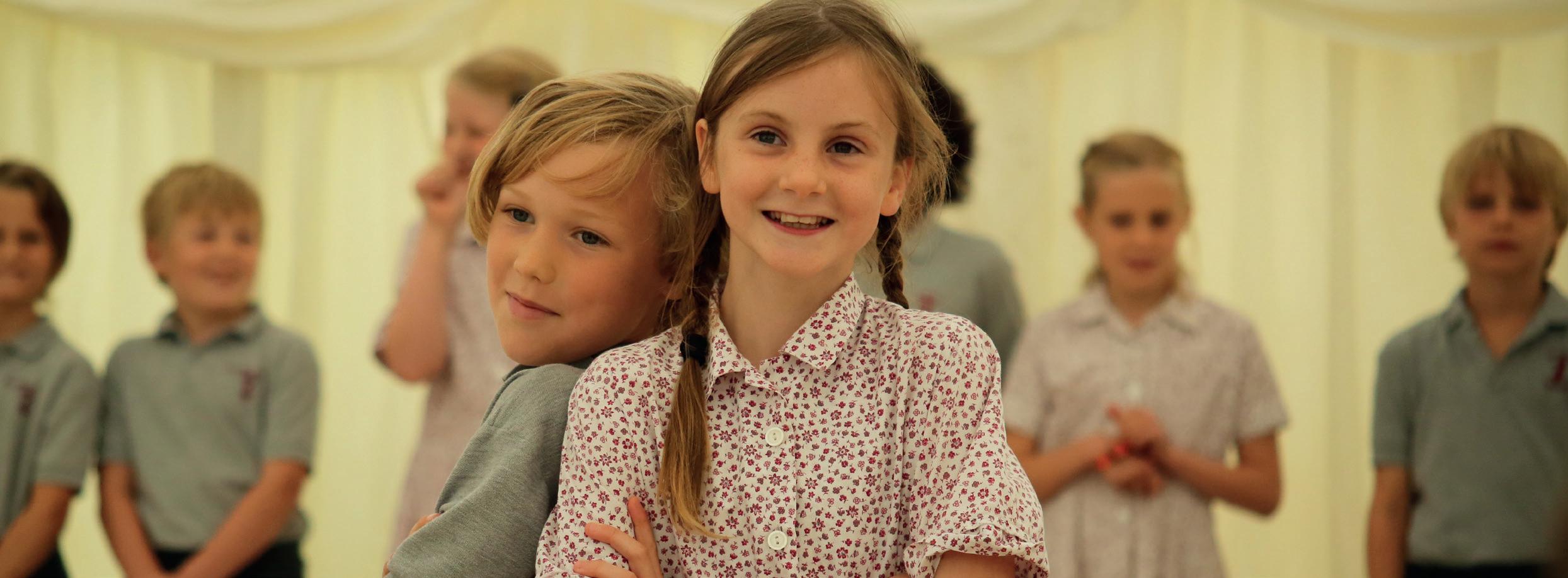
A child who started flexi-boarding in Year 5 and increased this to weekly or full boarding by the end of Year 8 is likely to settle far more quickly into a new school, taking full advantage of all that is on offer, than a child who has had little or no experience of boarding.
For new boarders, taster days and letters from future classmates help to make them feel welcomed. Keeping in touch with their families is so easy with modern technology and regular video calls allow parents to feel at ease about their children, helping to replicate those end-of-day chats in the car or around the kitchen table, even though they may be miles away.
Although mobile phones and tablets help with communication, extended use of these can be isolating and so access should be limited to ensure children are interacting with each other. Set times for calling home can establish expectations from both sides but flexibility over this is key and at All Hallows, if a pupil needs to phone home, we do all we can to facilitate this. The transition
to boarding can be hard for parents too and an insight into day-to-day life, via an active blog or social media, reassures them their children are engaging with others and immersing themselves in all that is on offer.
All prep boarding schools want their pupils to be in a triangle of care (child–parent–boarding staff) and this means fostering a close relationship between families and school. Acting in loco parentis at All Hallows means our staff value regular communications and meetings with parents. These allow us to deal with any questions or concerns before they become an issue and to ensure our parents have total confidence in the school.
Lifelong friendships are made through the shared experiences and challenges that come from living in a community. At All Hallows, pupils grow and develop emotionally, learning social skills and supporting each other along the way. These skills will stand them in excellent stead as they move on to face new challenges at their senior schools and beyond as happy, welladjusted individuals.
Dr Trevor Richards has been Head of All Hallows Preparatory School in Somerset since 2017, having been associated with the school for over 20 years. Married to Jeanna, Trevor is an educationalist and a child psychologist. He attended the University of Liverpool before gaining QTS from the University of Bath. He later took his Doctorate of Educational Psychology at the University of Bristol.
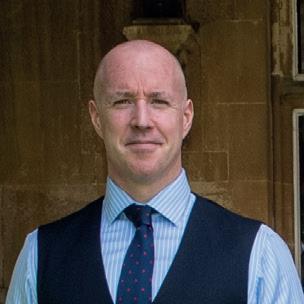 Dr Trevor Richards
Dr Trevor Richards
YEARS 7, 9 AND 12 BOARDING
Students who attend the boarding school provision exceed their predicted outcomes and consistently reach, and further, their potential

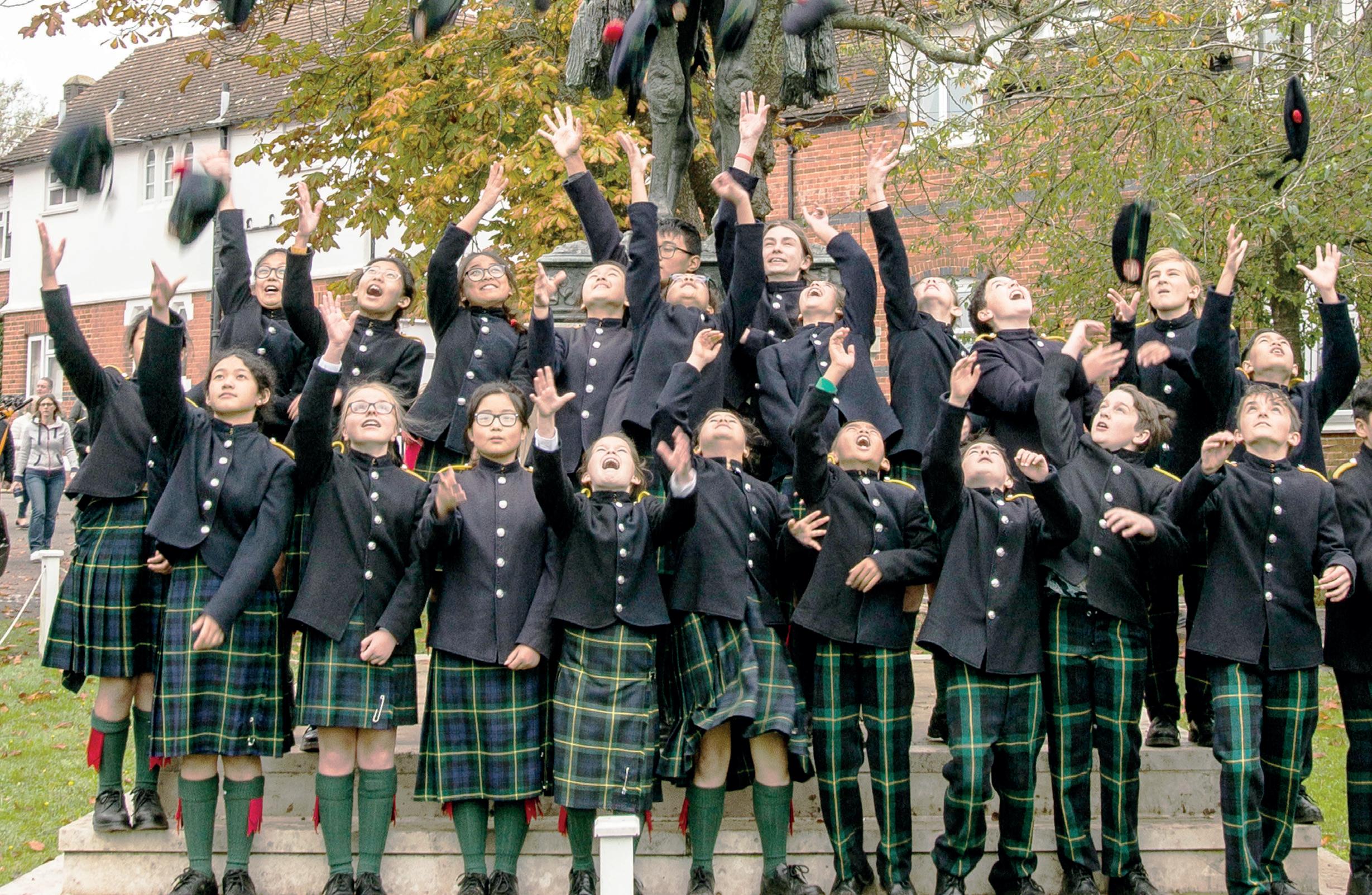









BESPOKE RESIDENTIAL BOARDING HOUSE FOR YEAR 7 STUDENTS
For Open Events please visit www.gordons.school

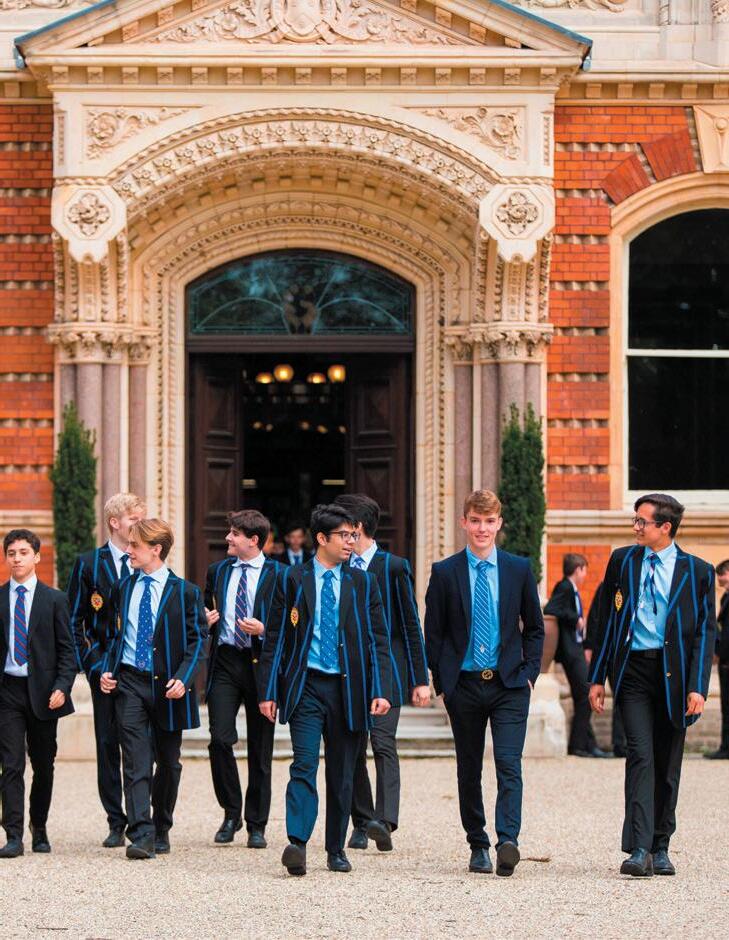
Dulwich College is one of the UK’s leading independent schools with an international reputation for academic excellence, a boarding community of over 20 nationalities and only 12 minutes from central London. Find out more at www.dulwich.org.uk Historic and award-winning buildings in a 70-acre campus
Outstanding facilities for science, art, music, drama and sport






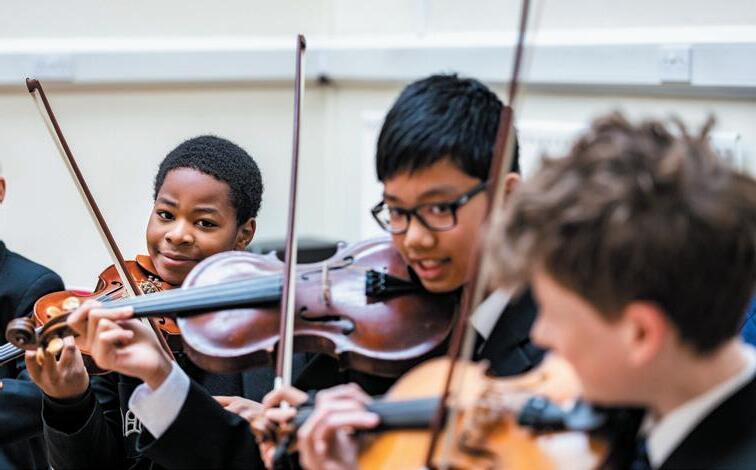

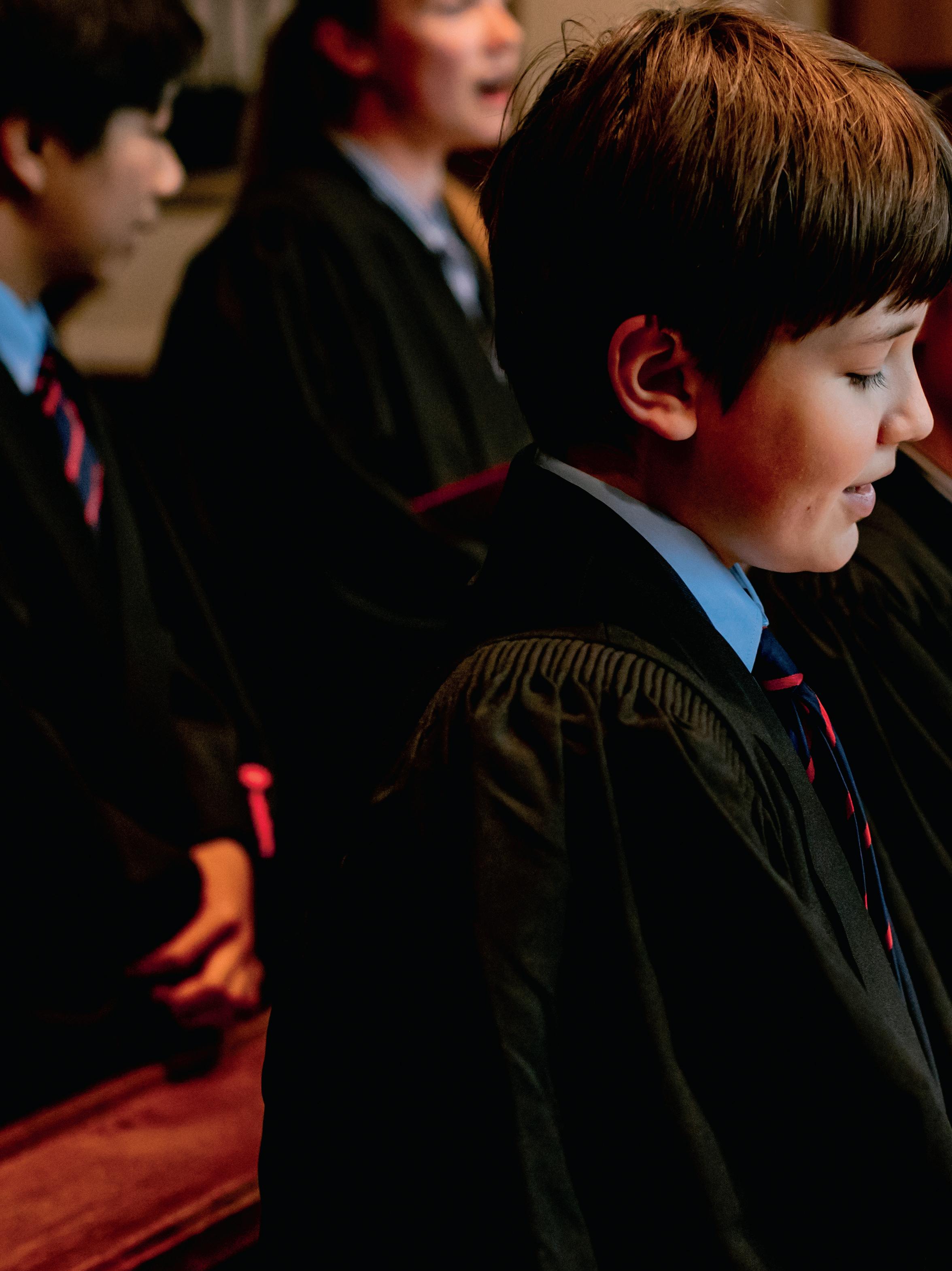
Nearly 20 years ago, I found myself standing on a large concourse at the foot of an enormous favela in Rio de Janeiro. Around me were concrete walls patterned with bullet holes and poorly built slums rising up the hill. As if I wasn’t already humbled by the poverty-stricken nature of the location itself, it was the fact that in front of where I stood were dozens of children from the favela playing makeshift drums made out of bottles and cans and teaching the mostly British children I was with how to do the same. They shared their rhythm and love of music, they taught us the dancing martial art of Capoeira, and their sheer enthusiasm and musicality broke down barriers that might otherwise have existed between children from different nations. Right there I saw that music is a universal language.
UK boarding schools offer a safe and well-equipped home that is far removed from that favela but there is a connection in the way that children from different backgrounds come together in schools and a realisation that music is so important for
instilling a multi-cultural awareness in our increasingly globalised society. Boarding schools arguably do this better than most.
From the earliest age, we are comforted by music. As we progress through early developmental milestones, music is often used to integrate learning skills with a fun, enjoyable experience. Learning a musical instrument and singing in a choir should be part of every child’s education. It gives children a window into a creative world that is part of what makes us human. Creativity brings a sense of freedom. Rules are often obsolete when we are being creative and we have permission to take risks and try new things. When we take the time and energy to develop new ideas, we learn to understand, trust and respect ourselves which, in turn, leads to better expression and articulation of our thoughts. And as a result we often become more confident, less stressed and more adaptable when problems come along that require a solution.
Boarding schools understand all this and place great importance on music, offering instrumental and singing lessons, ensembles, orchestras, bands and many different performance opportunities. Sometimes there is so much on offer that a boarding pupil can struggle to choose. But a key benefit of boarding school life is the time it provides for many activities including, of course, music.
Learning a musical instrument takes dedication and regular practice. For day pupils this will often be done at home squeezed in between homework, food, travel and other co-curricular activities. Children who board gain an advantage here. They don’t need to build in time for commuting or preparing meals. Their routine can be planned to allow time for practice and this will often be aided by dedicated support from the music department, enabling progress to be maintained and monitored.
But boarding offers much more than this. Ensembles and choirs can be timetabled to rehearse during boarding
Gareth Jones Headmaster, Bilton Grangetime and there will also be time for pupils to be creative, form their own ensembles, compose their own music and prepare performances together. All this enriches the house spirit and because everyone is doing it together, music is valued by everyone and becomes part of daily life rather than perhaps a solitary activity at home. House concerts, entertainments and performances are eagerly anticipated and enjoyed by all.
Here at Bilton Grange, music is for everyone, not confined to the music school. Everyone sings with enthusiasm in school assemblies and there are ensembles, bands, an orchestra and musical dramatic performances. In 2022 we also launched a new chorister programme with two new choirs – one for boys and another for girls. These auditioned choirs will rehearse and sing on four days a week but will have no commitments at the weekends. They will sing Evensong and the Eucharist in both Bilton Grange and Rugby School chapels alongside professional adult singers. This programme is supported by scholarships and means-tested bursaries up to
100 per cent of the fees. Pupils do not have to board to be part of this programme but those who do will find the chorister programme will dovetail with the full range of activities that all our pupils enjoy.
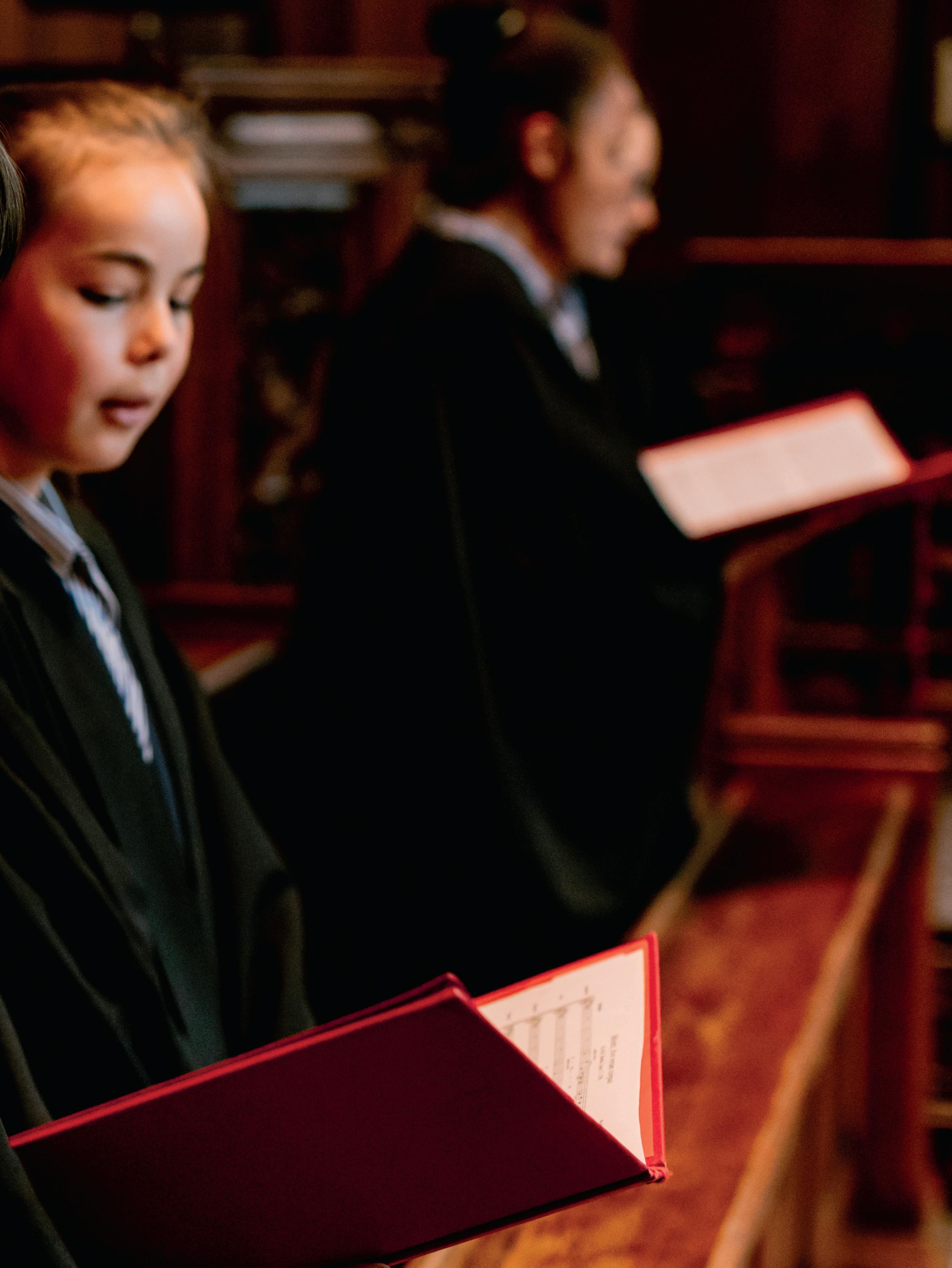
Pupils who board and embrace the musical opportunities on offer in their schools will be enriched by greater confidence, independence and a creative spirit which can last a lifetime. So, as they say at the carnival in Rio, ‘abrace a musica’ (embrace the music).
As an English and History graduate, Gareth Jones began his teaching career at The Dragon where senior roles included Director of Sport, Director of the Extended Curriculum and Housemaster. He was Head of St Andrew’s Prep, Eastbourne for six years. Music and the performing arts flourished during his tenure there. Since 2021, he has been Head of Bilton Grange Prep which is now part of the Rugby Schools Group.
Outdoor learning enriches learning experiences and gives children and young people the opportunity to connect with nature. The potential of outdoor learning to improve academic outcomes has been long recognised by the government. In 2006 it signed a manifesto from the Council for Learning Outside the Classroom (LOtC) stating: ‘We strongly support the educational case for learning outside the classroom. If all young people were given these opportunities, we believe it would make a significant contribution to raising achievement.’1
Two years later, Ofsted, the schools’ inspection service, commissioned a report called Learning Outside the Classroom, how far should you go? The report found that ‘learning outside the classroom contributed significantly to raising standards and improving pupils’ personal, social and emotional development.’ It also stated that outdoor learning is most successful when it is an ‘integral element of long-term curriculum planning’.2

The psychological benefits of spending time in nature are numerous. Observing plants, trees, water and creatures is naturally mindful and calming.3 In this environment children are more able to access their subconscious knowledge and understanding as well as their conscious minds. It’s not surprising that often children and young people who have been deemed to be having difficulties with their learning positively shine in a different, outdoor environment.4
One of the many benefits of boarding at a prep school is the wealth of experiences on offer both inside and outside the classroom and often the additional benefit of beautiful outdoor space to explore. At Salisbury Cathedral School (SCS) I have been campaigning for more lessons to be

conducted outside in ‘nature’s classroom’. Even though ‘outdoor learning’ has its own sessions on the timetable, the end goal is a cultural shift that sees all our staff thinking, ‘I wonder if I could take this lesson outside?’.
Before becoming a teacher, I worked for the National Trust for ten years. An early experience opened my eyes to the power of nature to bring out the best in people. Each week I collected a group of young jobseekers who had to participate in volunteering to remain eligible for benefits. Many of the young people involved had known drug and alcohol problems and I was unsure about how much they would benefit from the planned outdoor rehabilitation programme.
I’ve never been so happy to be so completely wrong. After a tiring day cutting back invasive
rhododendrons, my young team came to life with an amazing sense of purpose. The time outside in nature, camaraderie and all the fresh air and exercise were the most tremendous tonic for all and by the end of the day no one wanted to stop!
As I progressed in my career at the National Trust, I found my job slowly changed from being outside with others and became more office-based and target-driven. It was the memory of how those young jobseekers blossomed in the fresh air that led me to teaching, with a strong focus on taking children out into nature.
I joined SCS in 2020 with the aim of leaving the place (SCS) better than I found it and working to ensure all pupils have the opportunity to learn, have memorable experiences and make meaningful friendships outdoors. Working together with the rest of the school staff, I hope to rewild both the pupils and their school environment.
Rewilding is an increasingly mainstream environmental movement committed to reversing the destruction of the natural world by doing (almost) nothing. It is the reverse of conventional conservation policy. There is no box-ticking, no target-driven initiatives. Instead, land is given back to nature. Rivers are re-wiggled, scrub areas are left to grow, verges are planted with native wildflowers and herbivores have been reintroduced to create dynamic habitats through natural seed dispersal.
The beauty of rewilding is that it’s open to everyone. You can rewild anything from a window box to the whole world. At SCS, we are starting small by keeping everything we cut. It is a bit of a culture shock as the reality of rewilding can be quite messy with all the bugs that thrive – garden waste can stimulate a biodiversity of insects very quickly. Tree trimmings make pretend swords and are great for den-building. These toys from nature bring simple joy to our pupils. There is much enthusiasm throughout the school community for rewilding. In 2020 our Year 8s created videos to inspire everyone to rewild their gardens as one of many challenges for SCS’s first Green Week.
The concept of rewilding has been expanded to also reflect the importance of reconnecting children with nature. To connect with nature, children need to be outdoors in natural environments as much as possible. They need to play outside in woodlands, roll down hills and climb trees. They need to get wet and muddy and feel the wind, rain and sun
on their skin. The more they do this, the stronger, more confident, healthy and happy they will become. At SCS we are lucky to have 27 acres of green space, including a lake, trees, lawns and pitches in the heart of the city, and the beautiful campus is ideal for connecting pupils with nature every day.
Rewilding our children is not all play though. Whether it’s creating history timelines on the school driveway or demonstrating population pyramids by the cricket pitch, our pupils thrive when they are learning in new and different environments. SCS is also committed to ensuring future field trips provide opportunity for pupils to get involved, for example by keeping data on wildlife, litterpicking or planting trees or hedges. If they revisit the same destination in the future, they will have a sense of pride knowing they have contributed.
As Head of Geography and Outdoor Learning, Will Frost introduced the first ever SCS Green Week in 2020 and is continually increasing the amount of outdoor learning for every pupil. Before teaching, Will worked for the National Trust and was a contributor to the ‘50 Things to Do Before You’re 11’ scheme, designed to encourage children out into nature. He has also volunteered as a guide at the Knepp Estate, known for its very successful rewilding project, the ‘Great Landscape Experiment’.
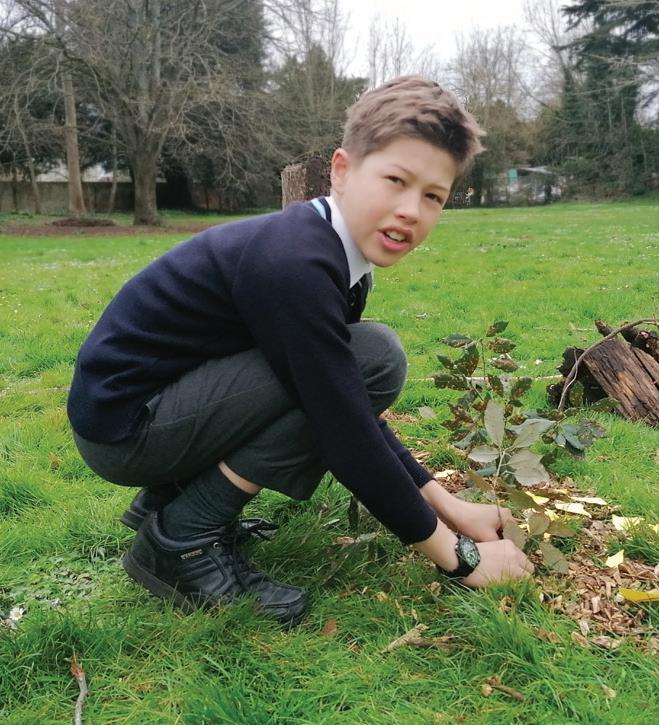

Childhood is a precious thing. Anything we can do to protect and extend it should be valued, as the wider grown-up world becomes more and more accessible to our children. Good mental health is predicated on an individual’s ability to stay in the moment, enjoy and appreciate every experience and have fun and play. Constantly looking ahead to the next stage is likely only to increase anxiety, a precursor to poor mental health. So making sure that children are happy and at the same time prepared for life in the outside world is a delicate balancing act.
A programme of activities allowing pupils to gain new and challenging experiences in a safe and nurturing environment helps boarding prep schools stand out. It means they offer children something increasingly rare – an extended and protected childhood that allows them to become confident in their own abilities.
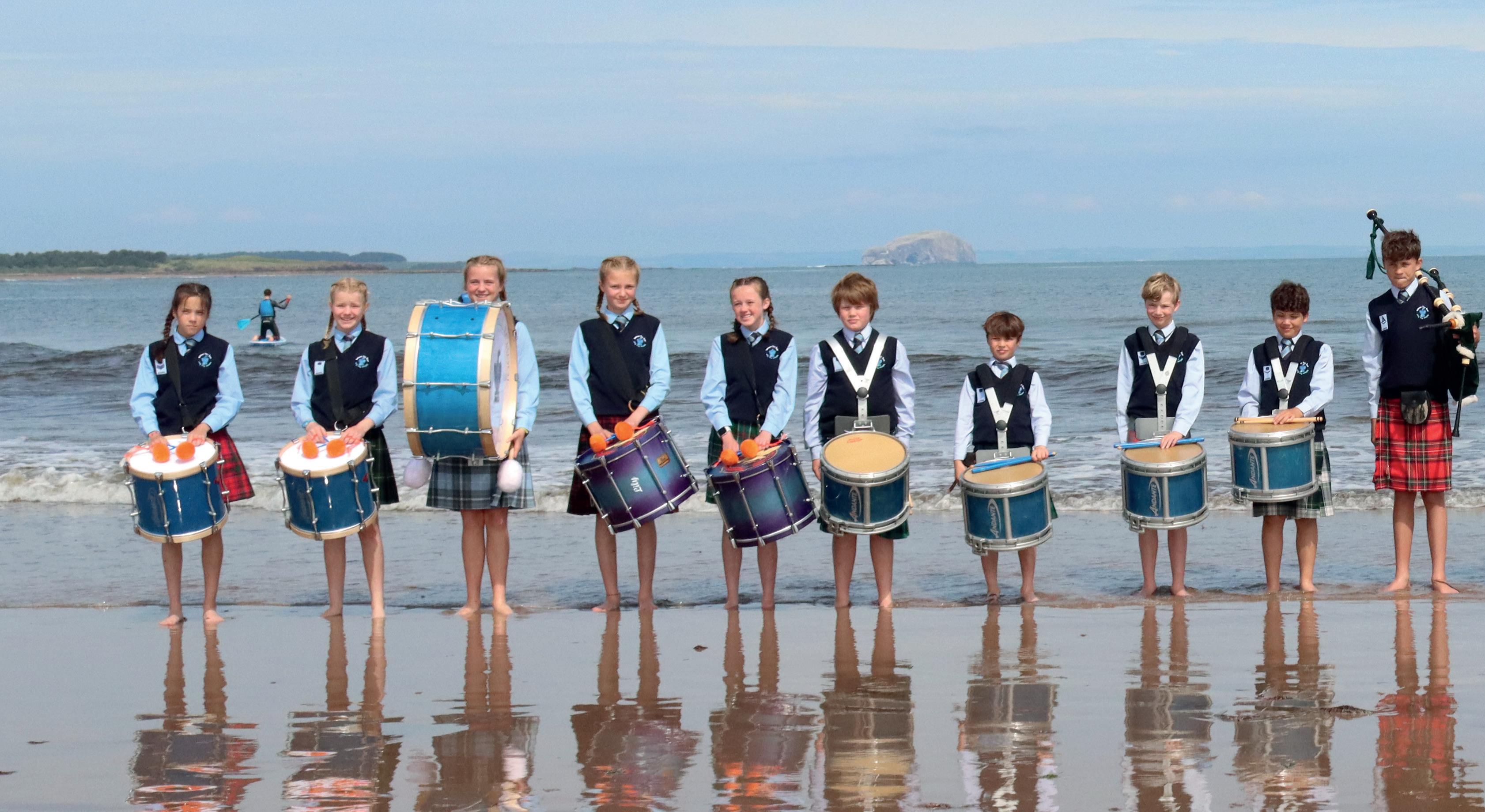
Prep school boarding life provides time and space: time to focus on skills beyond the classroom and space
Olly Langton Headmaster, Belhaven Hill School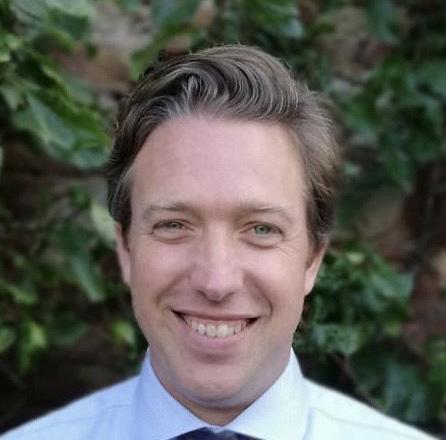
to explore potential and respond to physical and mental challenges. Being away from home and learning how to thrive at a boarding school provides daily opportunities for the gentle encouragement of key life skills and this builds children’s inner confidence and resilience.
At Belhaven Hill School we have a bespoke life skills programme, The Belhaven Award. This programme gives pupils an opportunity to take on new challenges, developing practical skills that take them outside their comfort zone. Life skills include learning to iron, sew or make a bed, serving the community, organising charity events, motivating their peer group, understanding finance, learning to program and experimenting with entrepreneurship. These are all key life skills that together can help to produce a child ready for the challenges of the world beyond.
Our life skills programme is built on the school’s core values: courage, creativity and courtesy. Activities that qualify for
Being Courageous include completing a 10km to 25km walk, doing a 10km run, cycling 10km to 40km, doing a first aid course or public speaking. Activities for Being Creative include writing a story, poem or book review, taking photos, reviewing an art gallery, concert or play, learning famous quotes or learning how to tie knots. Activities for Being Courteous include doing one to three hours of community service such as litter-picking, supporting staff and reading to younger pupils.
Also central to preparation for the next stage of schooling and for life in general is the ability to engage with everyone around you – the charitable element of the school’s Award is key for us at Belhaven.
All pastoral care in a boarding prep school is designed to help young boarders make good decisions more effectively. Having a clear set of school values provides the framework and the variety of experiences of everyone on the teaching staff in a small prep school
ensures a broad range of life skills are transferred through the school’s co-curricular programme. Regular features of life in a boarding prep school include playing team sports or activities every day, practising a musical instrument, taking a role in a play or completing a project in art. Activities like these help to provide pupils with many important opportunities and challenges.
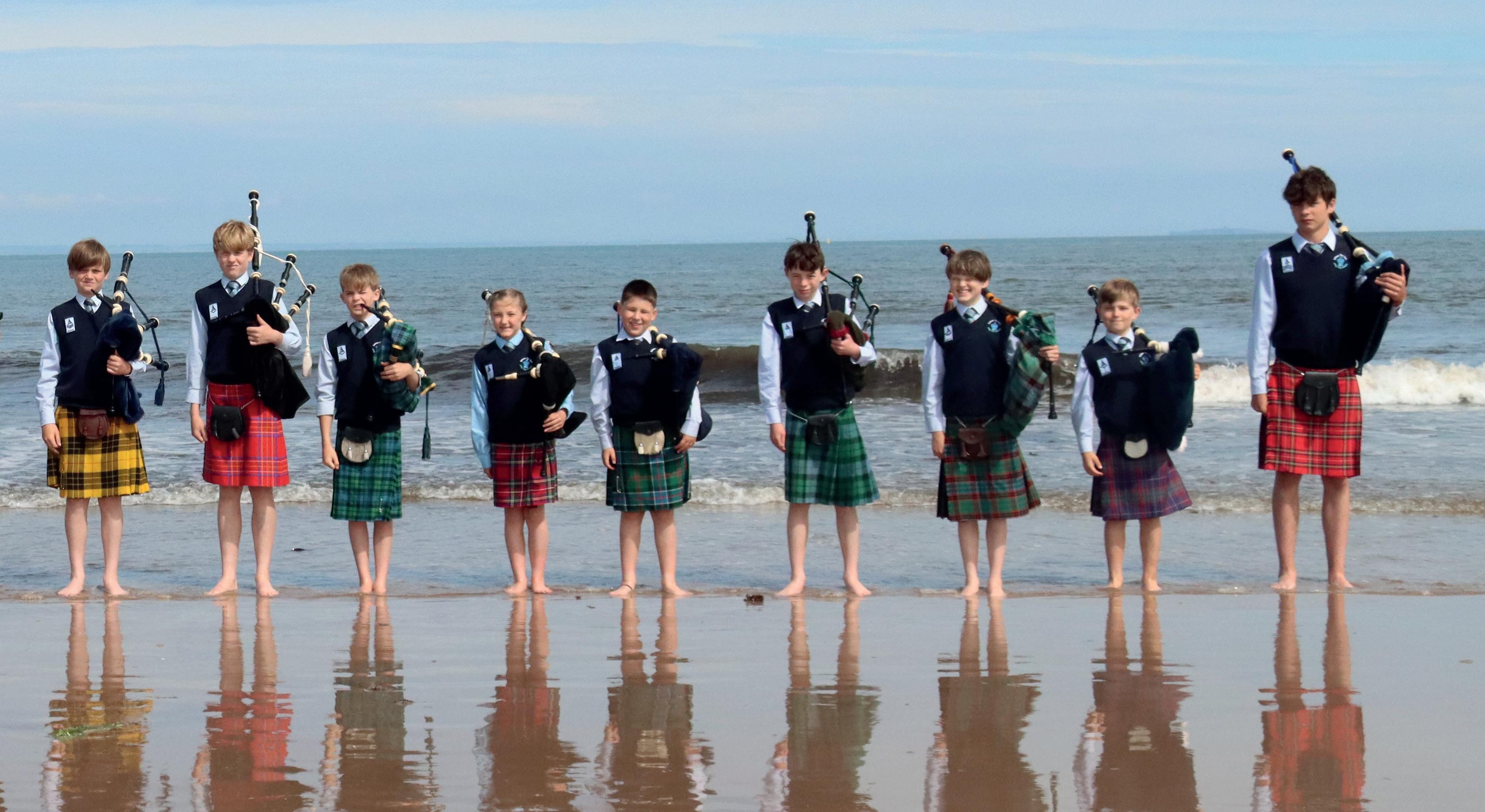
Happy children learn well. The more we enable pupils to experience real-life experiences, the more they will connect the sometimes abstract concepts taught in a classroom to real world problem-solving, so vital if they are to thrive in an increasingly unpredictable environment.
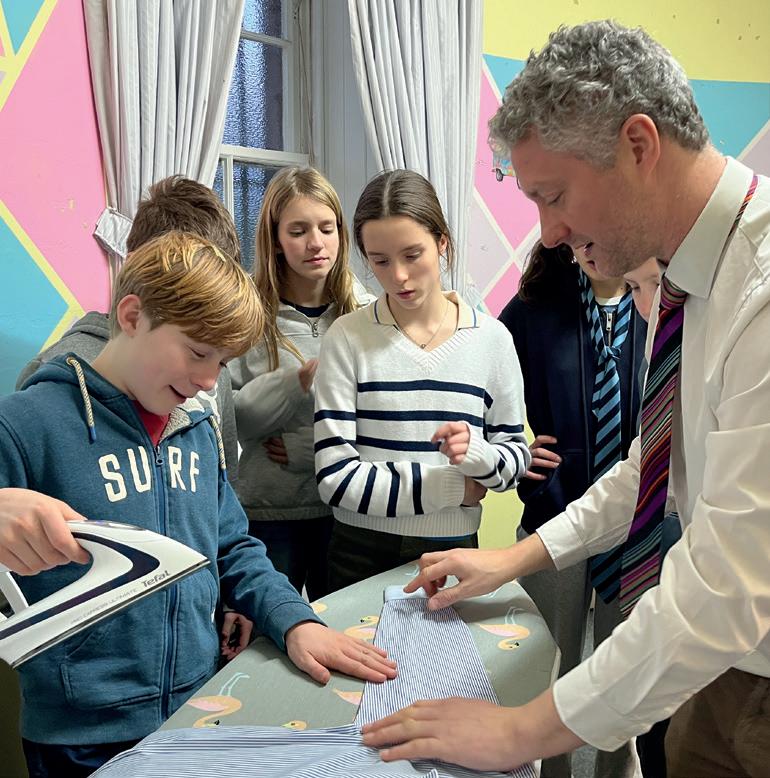
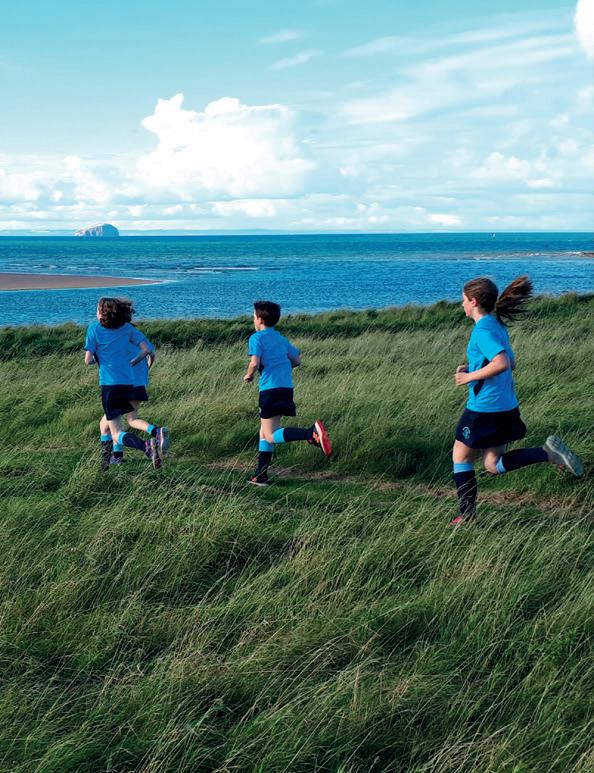
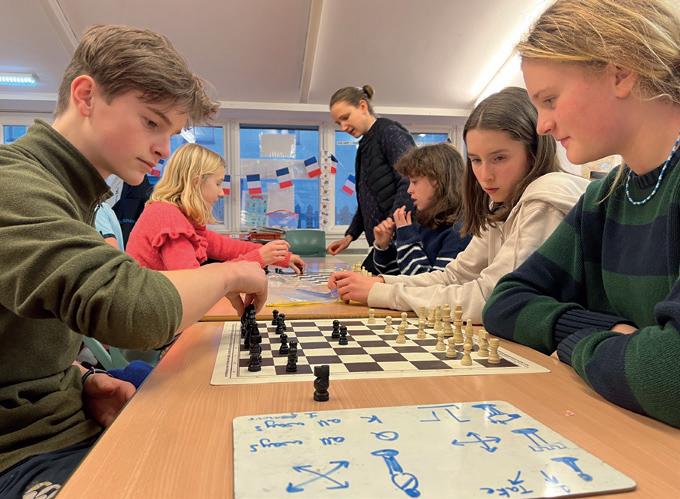

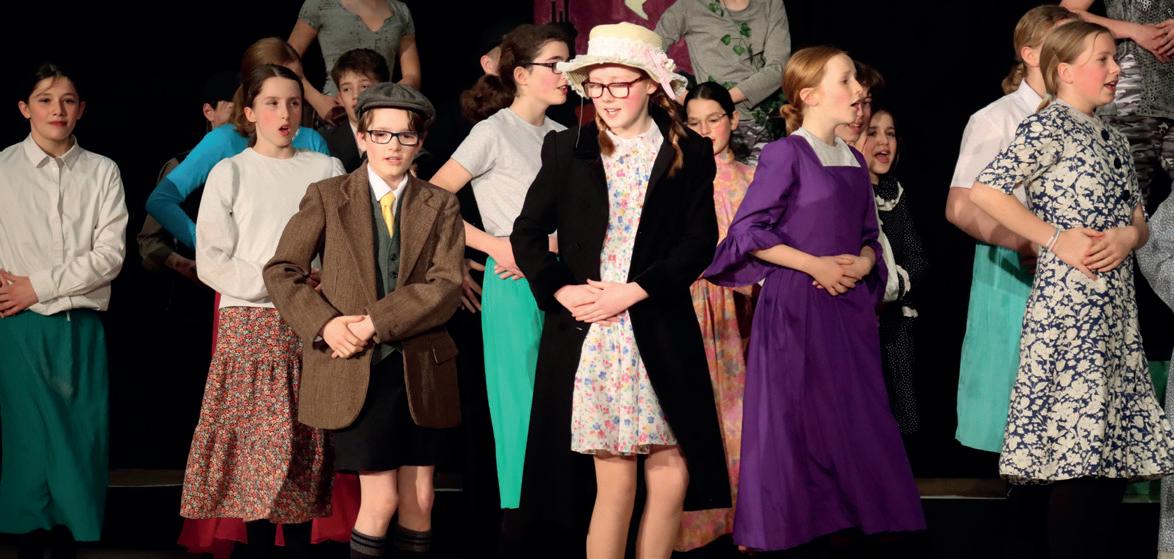
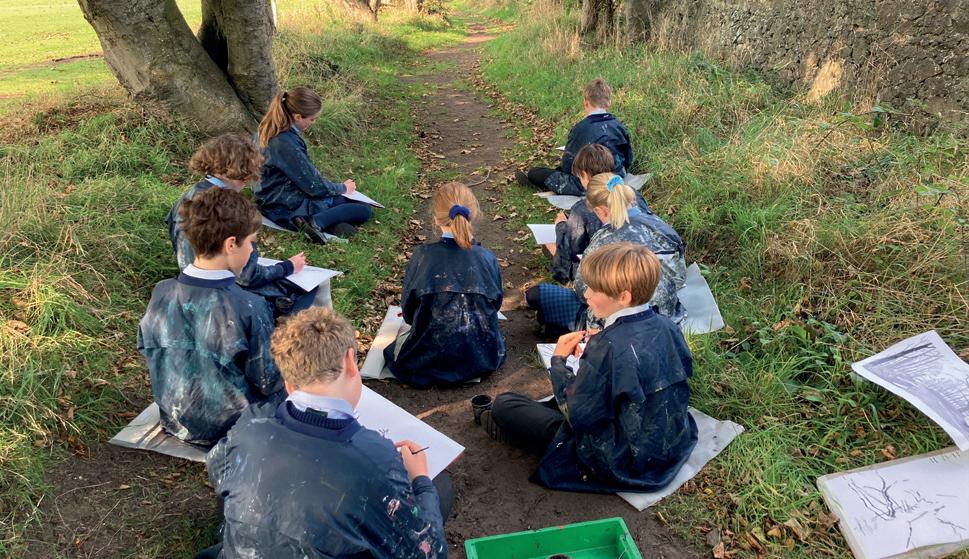 Olly Langton joined Belhaven Hill School as Headmaster in 2020 having taught at Ludgrove (2005–7) and Radley (2007–20). He is married to Rosie and together they ran a boarding house at Radley before moving to Belhaven. They have three young children, Alexander and Cleo (both at Belhaven) and Lettie, and a dog, Nelson.
Olly Langton joined Belhaven Hill School as Headmaster in 2020 having taught at Ludgrove (2005–7) and Radley (2007–20). He is married to Rosie and together they ran a boarding house at Radley before moving to Belhaven. They have three young children, Alexander and Cleo (both at Belhaven) and Lettie, and a dog, Nelson.
Every parent hopes their child will grow up to be a success – a happy and fulfilled adult who makes considered choices and who appreciates the value of being of service to others. Many schools promise to provide the opportunities to achieve this, particularly through boarding provision. Boarding is no longer popular simply as a necessity for travelling or busy parents – it is a lifestyle choice for parents who recognise and value the benefits of it.

There are many values to be gained and lessons learnt from being educated away from home – teamwork through living with others, taking care of one’s own physical and emotional needs with support from staff, taking responsibility for self-organisation both of academic and co-curricular activities. These are all qualities a child can develop at a nurturing boarding school.
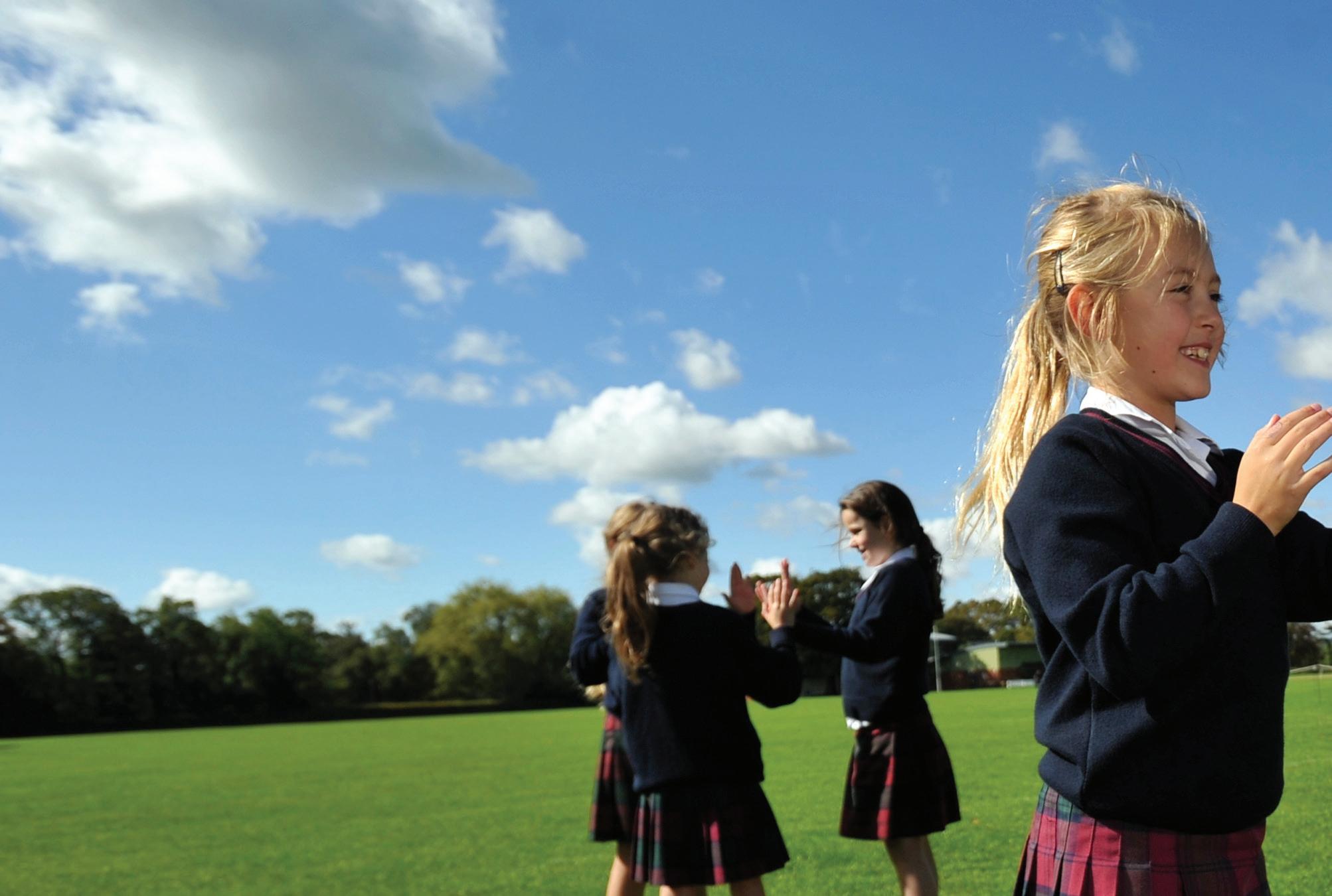
Offering an age-appropriate level of independence is of great value. So how do schools manage to give enough freedom for those who are mature enough, while holding on a little more tightly to those who are
not quite ready to take their next steps?
The key is for houseparents and house tutors to really know each individual pupil very well and to work with parents through understanding their different parenting styles.
Equally important is monitoring the choices each child makes as they navigate their school journey, being there to celebrate their successes and offering compassion and guidance when they make mistakes.
A clear set of ‘house rules’ acts as an invaluable safety net. These can give more freedom for older boarders, that younger boarders can aspire to, and a clear understanding that these levels of freedom are earned, based on the houseparents’ judgement. Again, knowing the individual
child is important in order to offer the appropriate concessions. Giving responsibility to a young person can have immense benefits for all involved and can offer opportunities to learn and develop new skills.
The first question to consider when giving responsibility is: ‘Are they ready?’ Professionals who work in boarding schools are very experienced in knowing when to allow their charges to draw close and when to loosen up.
While supervision levels are never relaxed, as a boarder gains greater maturity, so expectations of appropriate behaviour and responsibility increase. Examples of increased freedoms in a school such as Dean Close can be found in downtime and during more routine school time. For
when to introduce more freedom to prep school boarders
example, in the run-up to examinations, dedicated staff sit with younger boarders guiding them through their revision homework, while older prep school pupils are expected to have created their own revision timetable and to prepare independently for the challenges of the exam hall.
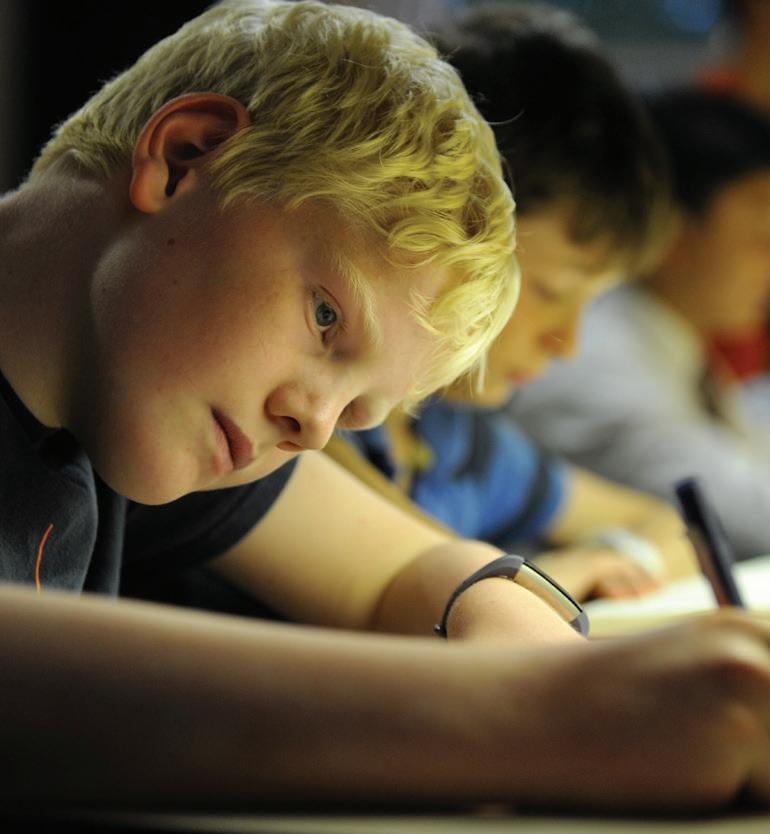
During the lovely long summer evenings, older pupils at Dean Close enjoy playing traditional wide games in the woodland area where they can run off their pent-up energy, but they are fully aware of the consequences if they stray too far from their team or return to the boarding house past curfew. These opportunities to be close to ‘home’ but at the same time out of sight, provide invaluable lessons – creating their own fun, being aware of the time and looking out for others.
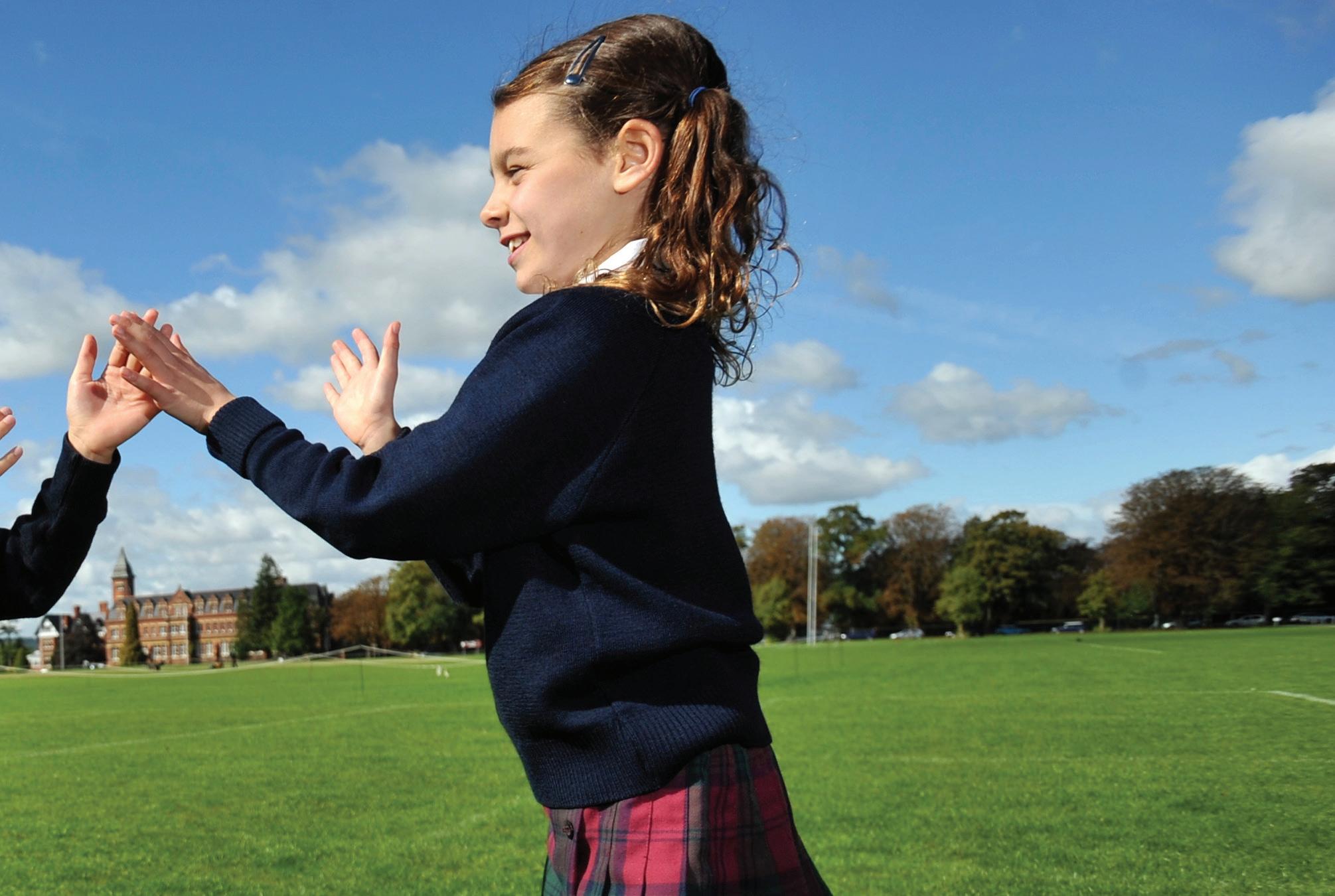
Boarding schools fortunate to be located in, or in close walking distance of, a town can also allow their pupils some supervised freedom off site. While it might be suitable to allow older prep school pupils to do their Christmas shopping in town in small groups, an annual treat they all look forward to,
younger pupils can also visit their favourite haunts but remain under the watchful gaze of a gap-year student. Just as parents expect more involvement of children in helping with the household chores, so boarders benefit from taking responsibility for organising their boarding house. Rotas for keeping the games room tidy or helping matron with the nightly toasted sandwiches are opportunities for children to serve and they gain great satisfaction from this.
While away from home, children have to make choices and decisions uncoached by parents, the consequences of which should always be seen as a learning experience. Whether it is a good choice that leads to a positive result or a less considered one which should never be repeated, a child learns through this process. They understand they have the ability and freedom to take responsibility and build up resilience if a situation does not go their way, taking their first steps to becoming wellrounded and happy individuals. The road can be more rocky for some than others, but a good school will always recognise the value of the journey.
Paddy Moss is Headmaster of Dean Close Preparatory School. Paddy joined Dean Close in 2015 from Kenya, having spent nine years as Headmaster of a premier British-curriculum preparatory boarding school. A Canadian by birth but brought up in the west of England, Paddy studied Geography and Economics (SOAS, London University) before embarking on a career as a teacher in several boarding and day prep schools, in the UK and abroad, where he was also a member of many of the senior management teams. He is a highly experienced sports coach with a passion for outdoor activities and scouting. He and his wife, a maths and PE teacher, have three daughters at Dean Close.
“Giving responsibility to a young person can have immense benefits for all involved and can offer opportunities to learn and develop new skills.”Jo Cameron Principal, Queenswood School
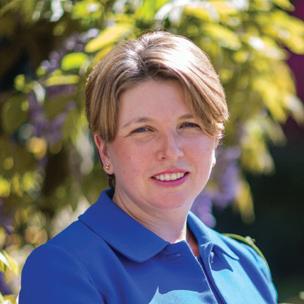
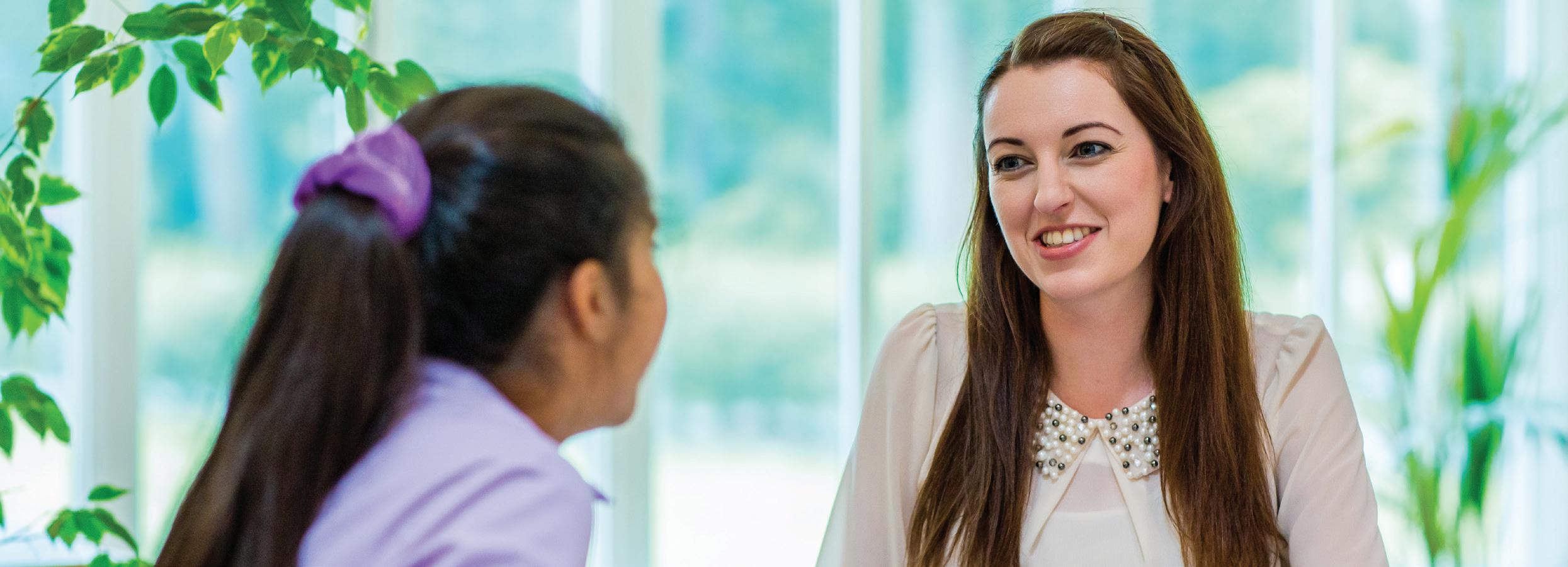
Almost all independent schools proudly assert that they offer a ‘bespoke education’. As the Principal of a girls’ boarding and day school, I am often asked what this means in practice.
Small class sizes are of course a crucial factor. Many parents are justifiably alarmed by the ever-increasing class sizes in state schools. It’s no wonder that the considerably smaller class sizes in independent schools are a real attraction. Consider just how far-reaching those benefits are. In an average class of around 15, a child will receive twice as much individual attention from the teacher, who will soon develop an understanding of how he or she learns best. There will be greater support for children with special educational needs, and further opportunities to stretch the gifted and talented.
Freedom from the constraints of the National Curriculum in the independent sector means that at Key Stage 3, the range of subjects on offer – and the schemes of work and syllabuses delivered within those subjects –can be tailored to the genuine interests and passions of the pupils themselves.
The range of modern foreign and classical languages taught in independent schools is a case in point – while language learning is in decline in the state sector, Japanese, Arabic, Latin and Ancient Greek are all thriving in private schools.
Independent schools generally place considerably greater emphasis on the creative arts. At a time when curriculum
time for subjects such as music, drama and dance is being squeezed nationally, and no provision for the arts is made in the Department for Education’s EBacc (the set of eight recommended GCSE subjects), pupils at independent schools are very fortunate to enjoy the advantages of an education that values creativity, originality and resourcefulness. Boarding pupils are especially able to enjoy all the activities and opportunities on offer during the school day and in the evenings and weekends.
Beyond the sheer satisfaction of selfexpression, a creative education offers many benefits to pupils. Research has shown that regular and sustained participation in musical activities stimulates the brain to form new neural networks, and leads to better working
memory (vital for mental arithmetic and reading comprehension), improved linguistic ability, and improvements in attention span, emotional resilience, empathy and selfconfidence.
Likewise, studying drama and dance helps young people to improvise, think laterally, and become adaptable problem-solvers. Drama students grow into confident and articulate public speakers and working collaboratively on performance projects encourages engagement with others’ viewpoints, and helps to develop qualities such as compassion and tolerance. These skills and qualities are highly prized by employers.
As pupils progress, the degree of personalisation increases still further. They are able to take advantage of the extensive resources available – including, crucially, the wide-ranging expertise of the teaching staff – to conduct their own research projects or take up elective courses. For example, in the sixth form at Queenswood, girls are able to augment their A-level studies with seminars on topics such as personal finance, forensic psychology, philosophy and politics, and to attend lectures from prominent authors, politicians, entrepreneurs and

philanthropists. They might even put themselves forward for the prestigious annual Global Young Leaders Conference in the USA.
At the heart of a bespoke education is a recognition that each pupil develops at their own pace, and in their own learning style. For example, while kinaesthetic learners favour practical and hands-on experience, auditory-musical learners benefit from mnemonics, rhythms and background sounds. Increasingly, independent schools are working to differentiate their teaching methods to suit individual learners.
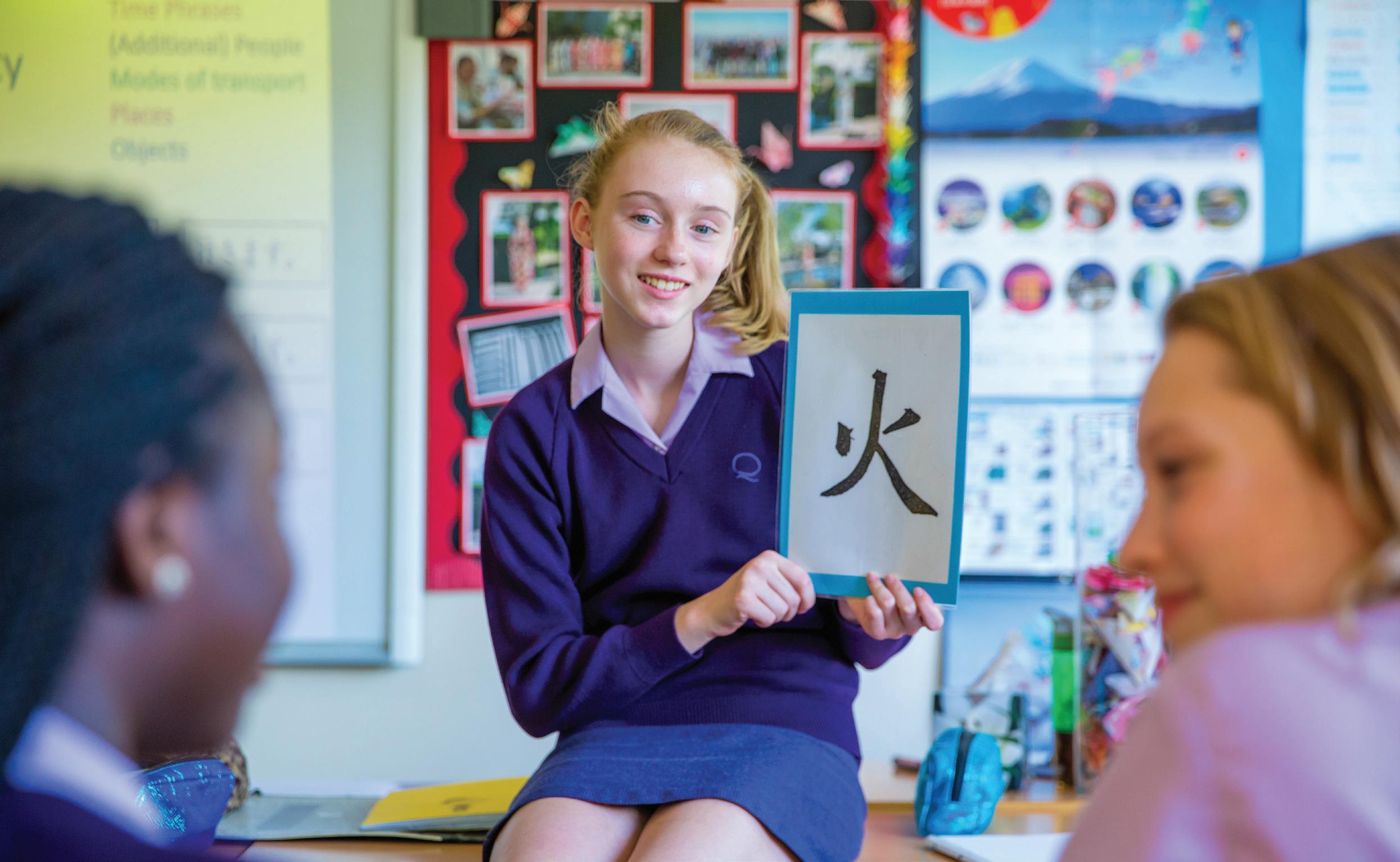
At Queenswood, we have recently established a Personalised Learning Centre – a central hub where all learners can congregate. Senior academic scholars meet here for one-to-one and group sessions, to explore options for stretch and challenge and to discuss current affairs. Some pupils use it as a drop-in centre to seek advice on planning study and revision schedules, play flashcard games to boost working memory, discuss recommendations for non-fiction reading with staff and peers, or for structured tutorials to address specific learning issues.
Ultimately, every pupil deserves to be recognised as an individual. A bespoke education responds and reacts to the needs of each child, nurturing their unique potential, fostering independence, and allowing them to discover their own strengths and passions in a safe and supportive environment.
Jo Cameron has been Principal of Queenswood, a boarding and day school for girls, since 2016. A graduate of the University of Surrey (St Mary’s College) with an honours degree in Environmental Science, for the past 20 years Jo has worked almost exclusively in girls’ schools. Beyond the classroom and in her spare time, Jo is a keen sportswoman, with a passion for hockey, running and equestrianism. She is married with two sons.
The COVID-19 pandemic really pushed us to our limits, and perhaps even beyond. When you were desperately trying to keep your business afloat or tearing your hair out at everchanging social and travel restrictions, I wonder, what skills did you call upon?

I suspect your strength of character and resilience were just as important as your intellectual knowledge. We all had to dig deep.
UK boarding schools are renowned for the standard of education they provide, but the pandemic demonstrated the importance of the broad range of skills we teach. The word ‘character education’ has become
over-used but Gordonstoun was a true pioneer in this regard. The Gordonstoun motto, ‘Plus est en vous’ or ’There is more in you’, is as relevant today as it was when the visionary educationalist, Dr Kurt Hahn, founded the school in 1934.

Hahn’s vision was that young people needed to be challenged in order to develop the skills they would need for life, such as resilience, responsibility and
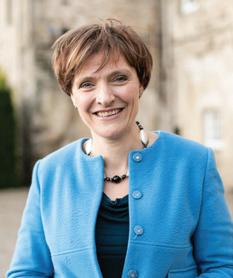 Lisa Kerr
Principal, Gordonstoun
Lisa Kerr
Principal, Gordonstoun
compassion. Over the years this has been inaccurately depicted as a tough regime of cross-country running and cold showers. But the reality is that pupils learn teamwork on our ocean-going sail training vessel, develop resilience on expeditions into the Highlands and grow a strong sense of service to the community by volunteering to be lifeguards or members of the Coastguard.
UK boarding schools offer opportunities that many children can only dream of. And they develop skills which they can draw upon as they face life’s ups and downs.
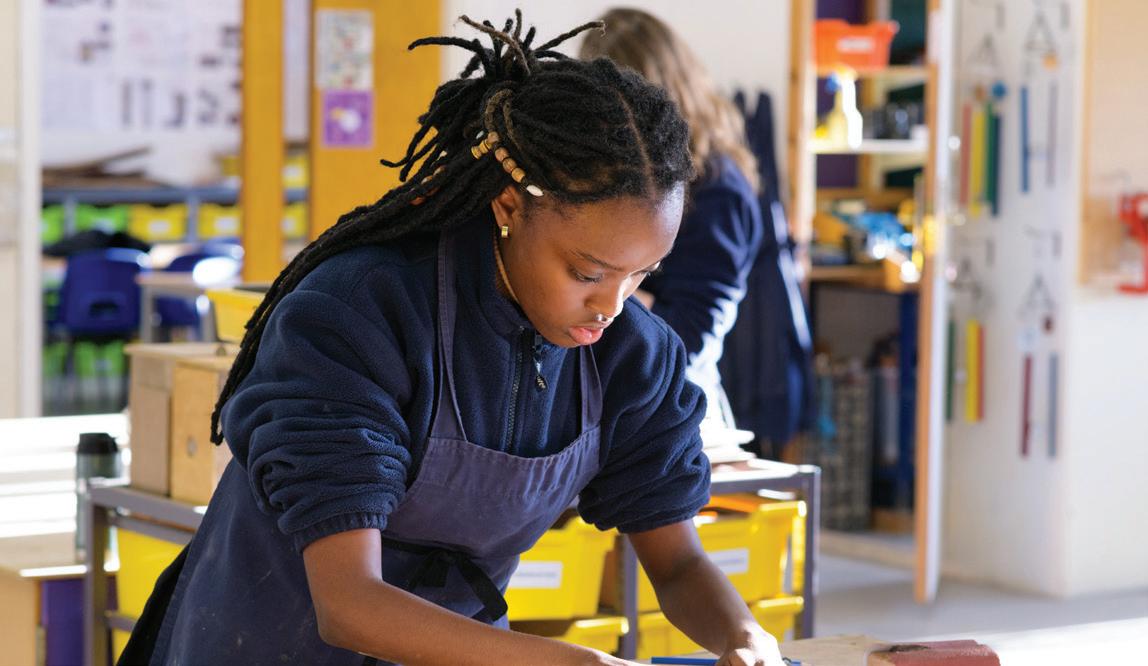
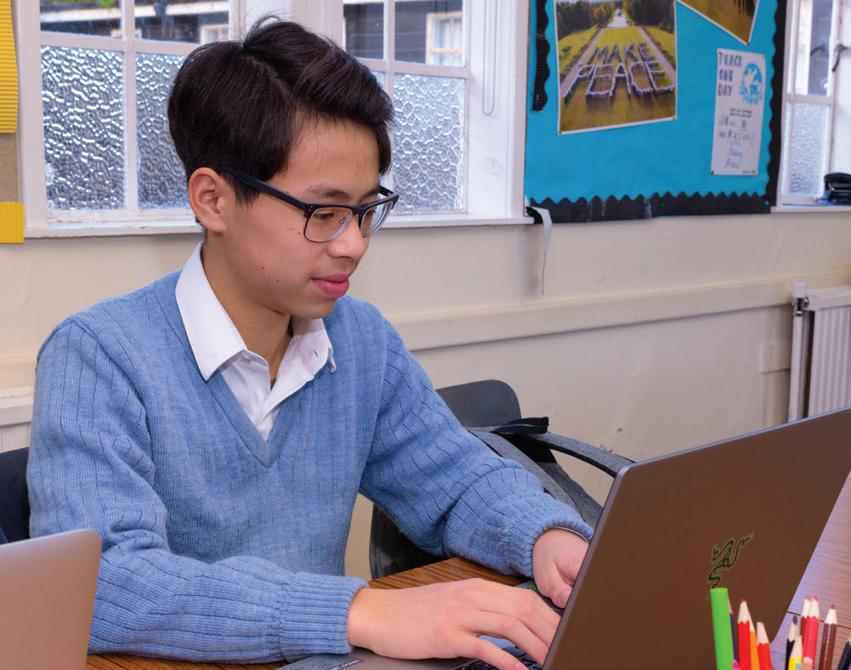

Young people need to understand that life is not plain sailing. How many of us faltered in our response when faced with the enormous challenges of the pandemic? But failing at one aspect of life does not make you a failure. Presenting young people with challenges helps them learn that moments of weakness are normal and that they need to support each other to reach the best outcome. Several members of staff who are in our volunteer Fire Service work alongside pupils responding to emergency calls. They will tell you how, on several occasions, pupils keep them going through a long night pumping flood water out of homes or fighting hill fires. Staff have the benefit of experience but pupils have youthful energy, and their joint skills make a winning combination.
The lessons learned during these experiences outside the classroom are invaluable. Boarding schools are expert in raising children and they understand that a good all-round education pays dividends for the rest of someone’s life.
HRH The Duke of Edinburgh recognised the importance of challenge. After his time at Gordonstoun, he first considered the idea of a national programme to support young people’s development in 1954 at the request of Kurt Hahn. The Gordonstoun School award was eventually developed into the Duke of Edinburgh’s (DofE) Award and it now gives hundreds of thousands of children around the world an opportunity to take on life-changing challenges.
The pandemic has shown us that we can take nothing for granted – that everything we rely upon can be turned upside down in a heartbeat. Our young people are also facing an online world where they need to navigate the positives and pitfalls of social media. Boarding schools are receiving increasing numbers of inquiries from parents who want their children to escape from the pressures of the ‘always on’ culture and have a ‘real childhood’. As well as providing real rather than virtual experiences, boarding schools show young people how to control their digital lives rather than letting their digital lives control them.
I can tell you from personal experience that, when you are the crew of a sailing boat in the middle of a gale on the West Coast of Scotland, there is no time to update your profile and little point in worrying about your appearance! The deep and meaningful friendships made during these experiences last a lifetime, not just for the duration of a few ‘likes’.
There will always be tests of character, whether personal or professional. The pandemic has shown us that society needs leaders who are not only confident but also resilient and compassionate. If a disproportionate number of tomorrow’s influential individuals come from a boarding school background, it will be because we know how to bring out the best in each and every child, equipping them with the skills to navigate an uncertain world.
With a degree in music, a 20-year career in media and business and ten years on the Gordonstoun Board of Governors, Lisa Kerr became the school’s first female Principal in 2017. She has three children, all at the school, represents the county of Moray at events as one of its Deputy Lord Lieutenants, conducts a local choir and occasionally joins the school orchestra when they are short of a cellist.

Progress is one of those words we see a lot in education – you’ll read it in your son or daughter’s reports, on school websites and in inspection reports, and there are even league tables for some schools based on average academic progress in selected GCSEs. But is this the only type of progress, and is it reasonable to attempt to measure this concept?
At Godolphin, through our ‘Policy for Progress’ we consider progress in a number of broad areas. Academic is of course included but we also focus on personal and pastoral progress, co-curricular progress and staff development (by setting a culture of everyone progressing and learning, we find this rubs off on the pupils too).
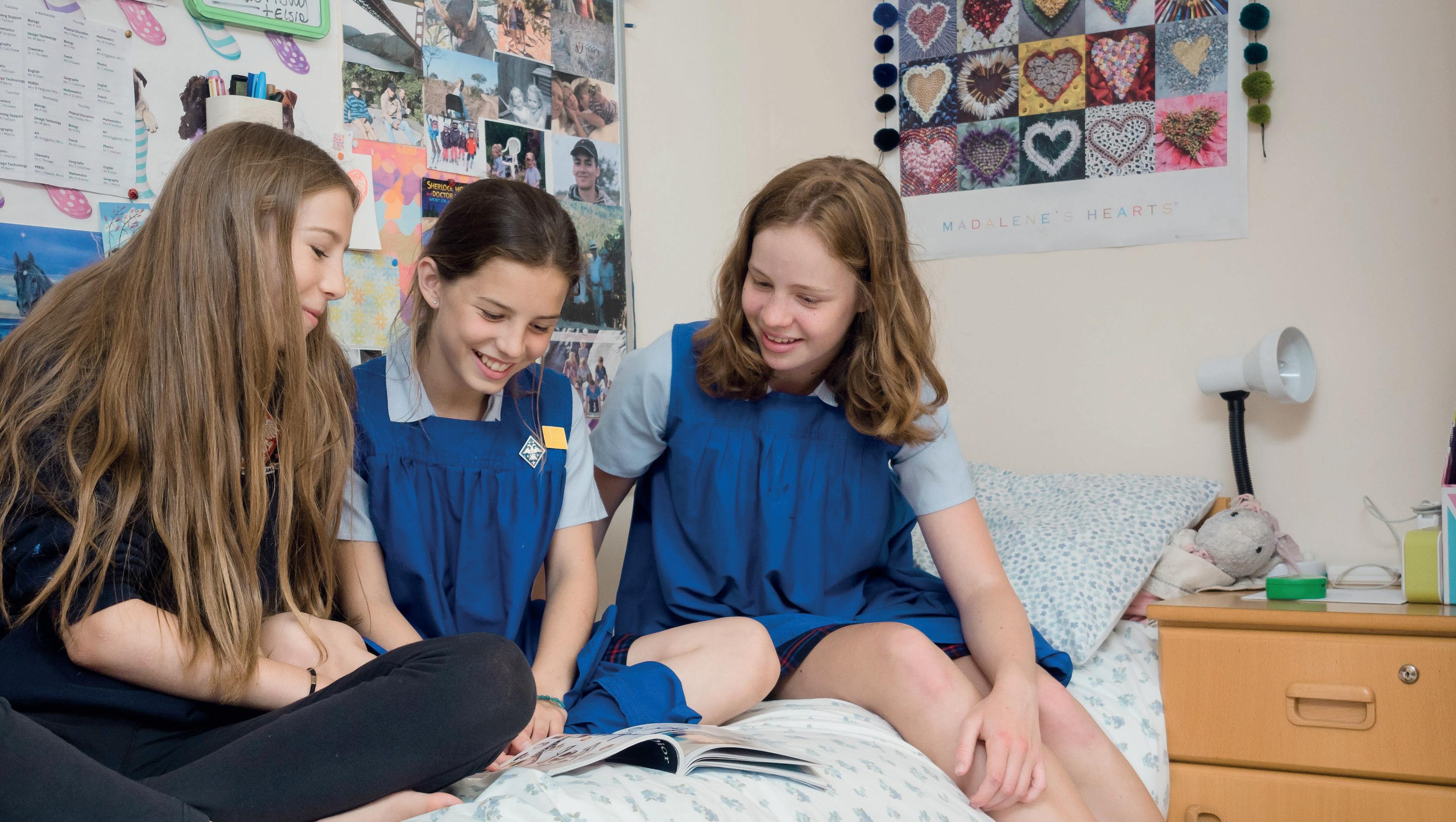
In its most basic sense, progress is the difference between a boarder’s starting point and where their journey leads at the end. In an academic sense, this is often the difference between, for example, the GCSE grades that their baseline tests, or raw ability, might suggest they are heading towards and those they actually achieve on results day. Such progress is relatively easy to measure and report on – it is often quoted as fractions of a whole GCSE grade compared to where the boarder would be expected to be. Schools often term this sort of progress ‘value added’, a rather impersonal phrase which hides the stories behind each and every grade obtained in public examinations.
A study of the GCSE results at Godolphin showed that our boarders made more academic progress compared to day pupils. The opportunities available to boarders to
progress in the wider sense are likely to have contributed to this effect. Outside the rather narrow definition of progress in academic terms, it is more challenging to measure progress in such a quantitative way.
Most boarding schools consider the pastoral progress and the personal and spiritual development of pupils to be as much a priority as their academic development. Development of so-called ‘soft skills’ is valued highly by employers and it is crucial to any successful education to nurture these skills just as much as academic skills.
We have a mental health plan to ensure that each girl is receiving the education she needs to be able to progress positively. A key tenet of this plan is that we have very small tutor groups of around 10 pupils. The tutors who look after these relatively small groups of pupils are the focus of the provision of
pastoral care. Tutors meet their tutees daily and also meet frequently with each other and with boarding staff and other senior staff. Their work is coordinated by Heads of Year and the Head of Sixth Form. Academic and pastoral staff meet regularly to discuss pupils who need support and to put in place any support needed.
Pastoral progress is difficult to quantify but it can be broadly measured by a combination of professional judgement and pupil selfreflection. Our PSHCEE programme and Elizabeth Godolphin Award Programme in the prep and sixth form are the cornerstones of our provision to encourage personal development. This includes inviting outside specialist speakers who give talks or workshops to the girls, staff and parents as well as sessions run by staff. All pupils attend these sessions but boarders find them especially valuable as they result in the sort of developmental and relationship progress that comes from building resilience, learning to lead, and developing tolerance and mutual respect.
The Godolphin Learning Programme is an additional provision offering a diversity and breadth in co-curricular activities that include cultural appreciation, mindfulness, critical thinking, digital literacy, Bright Futures, library skills and a range of other topics that extend and progress pupils beyond the curriculum.
For a boarder to be mentally healthy and for them to continue to progress as a person they need to participate in a range of co-curricular activities, from peer mentoring, The Duke of Edinburgh’s Award (DofE), CCF to cookery, Model United Nations and kickboxing. Boarders find these sessions very accessible as they live onsite and so can replace travel time with these activities without impinging on time needed to complete their academic work and enjoy the boarding family environment.
At Godolphin, tutors monitor the involvement and success of pupils and this information is shared with parents. Commendations and Head’s
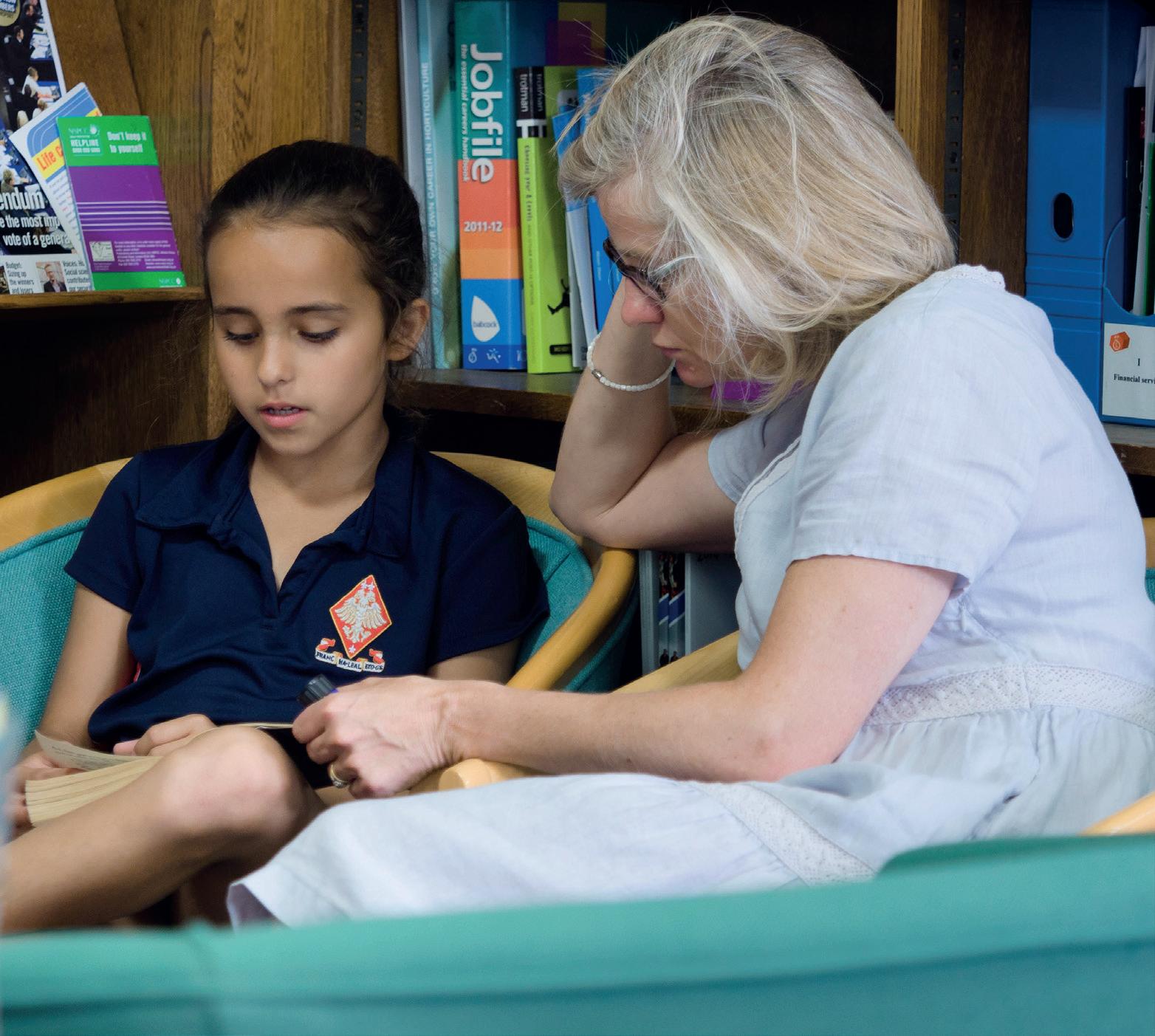
commendations are awarded for particularly outstanding progress in any field.
Spiritual progress is important for boarding pupils and is, by its nature, impossible to quantify. We consider it in terms of how the girls have grown in their understanding of how to cope when life throws things at them, and the extent to which they have developed a sense of mutual respect, wonder and appreciation of the world around them. As a school we have strong links to the diocese of Salisbury and the provision of spiritual learning is monitored by the school chaplain, tutors and teachers of relevant subjects.
Progress in these broader areas is nonlinear – there are the inevitable kinks and twists encountered along the way. How we teach pupils to respond to those unexpected challenges sets the tone for mapping their progress. A newly arrived boarder setting out on their journey may feel a little homesick and need some help to settle into school life. Outstanding pastoral care, knowing the boarders and a good dollop of humour and patience makes the difference here. A boarder may find some subjects easier than others, and this balance may change, or they may need encouragement to participate in extra-
curricular clubs to progress in a certain area. Through shared experiences with fellow boarders, they gradually become more independent and able to look after themselves and to work and live with others. Although our digital strategy undoubtedly impacts academic progress, it also provides the medium through which pupils learn digital life skills of efficient, effective and organised working, another benefit of considering progress in the round.
Successful boarding schools play a vital role in shaping a pupil’s progress towards adulthood. The relationships developed with other boarders throughout their time at school make their progress all the more palpable as they leave sixth form to navigate their own way in the world.
After reading Physics at university and gaining a PhD in 2002, Chris Hillman began working in the state sector at Queen Elizabeth’s School in Dorset, initially as a Physics teacher, and later as Head of Physics, and subsequently as Second in Science. Chris moved to work in the science department at Godolphin School in 2012, and began the role of Deputy Head Academic in 2019.
Boarding schools provide pupils with the opportunity to develop important life skills in a supportive and nurturing environment, enabling them to leave school knowing themselves, looking out for others, and able to think critically and aim high. Of course, a boarding education also needs to give pupils the confidence to perform at their best academically.
As the Head of Fettes College, I see every day the benefits a boarding education can bring. For me, the key is that each pupil is truly known and therefore we can adapt and adjust our education and care to support each individual.
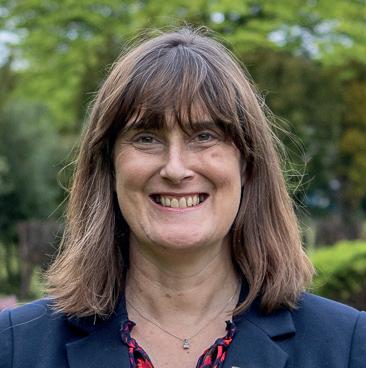

A boarding house is like a family – a closeknit group of staff and pupils looking after each other, helping, encouraging and simply being there when needed. All teaching staff at Fettes do a duty night in a boarding house. This means everyone is involved in the boarding experience and strong relationships are built up. The resident house staff forge strong bonds with the pupils and get to know your child as well as you do. By choosing boarding,
Helen Harrison Head, Fettes Collegeyou are adding to your family, with key individuals helping to guide and nurture your child alongside your own parenting. It is very much a team.
A full-boarding ethos nurtures and develops each pupil so they leave school with confidence, prepared for all the world has to offer and ready to make a positive mark. Full boarding offers pupils a chance to embrace new opportunities, making the most of their individual talents while surrounded by their friends. This is achieved in a supportive environment where pupils learn to be responsible for their own belongings and routines, build independence, develop self-reliance and learn from their mistakes. Boarding houses are at the heart of school life and
this is where pupils can make lifelong friendships and develop trust and loyalty. A full-boarding ethos ensures weekends are vibrant and fun. For example, activities over one weekend at Fettes included a wide variety of sporting fixtures on the Saturday afternoon, followed by a wholeschool ceilidh (everyone at Fettes learns to Scottish country dance!) in the evening, a late Sunday morning brunch and then a walk up to Murrayfield to watch the Scotland v All Blacks rugby international. Some pupils went on that day’s outdoor pursuits event in the hills, some trained for the Fettes Scottish Islands Peaks Race team while others accessed the beautiful city of Edinburgh in a safe and controlled way.
When considering boarding I would always ask a school these questions:
• What type of boarding is on offer? Flexi? Weekly? Full?
• What happens at weekends? This is clearly especially important if you are looking for the full-boarding experience.
• How is boarding staffed? Is there a separate team or is everyone involved?
A secondary education should be exciting and full of opportunity. Boarding pupils are encouraged to stretch and challenge themselves. They learn not be afraid of failure, of trying new things or of forming their own opinions through informed choices. Pupils are encouraged to make the most of their talents and also to discover talents they did not know they had.
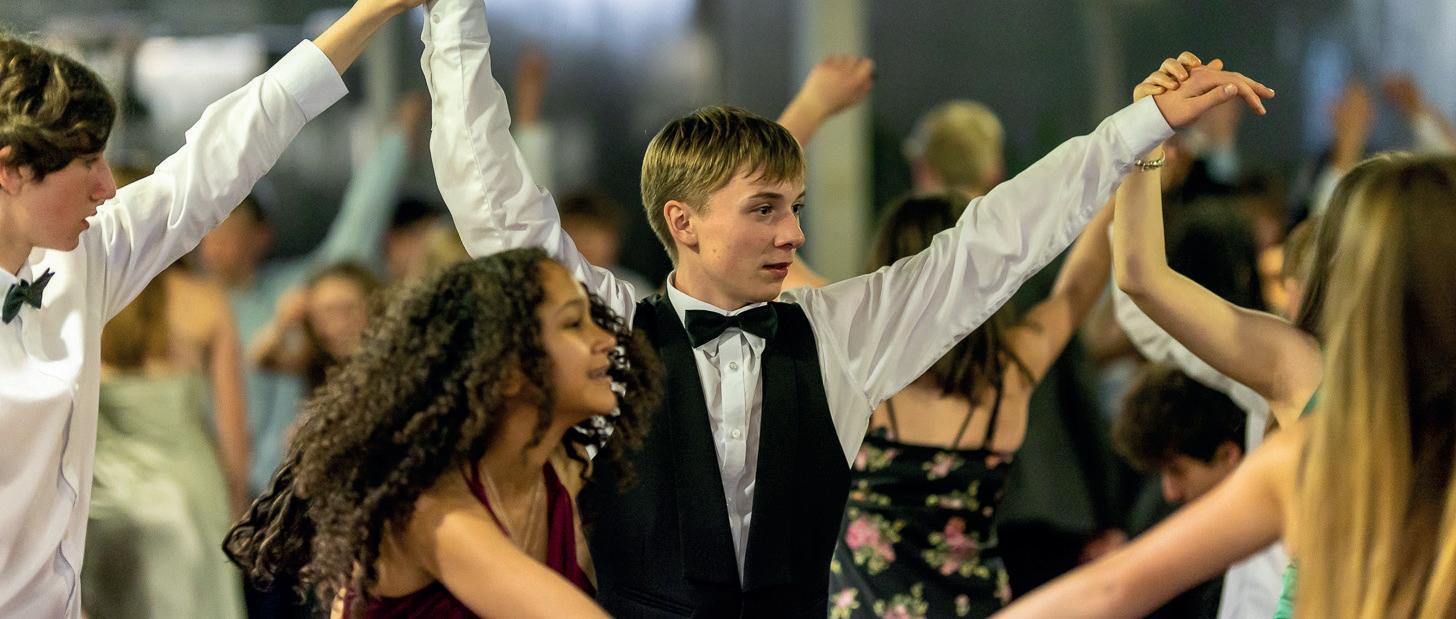
At Fettes a full sporting, music, drama, activity, and outdoor education programme means that opportunities abound. Co-curricular activities available include a climbing wall, a 25m swimming pool, fives courts, an Olympic standard water-based hockey astro pitch, mountain-biking tracks, a robotics club, a ceramics club and Fettes Radio. Our new low ropes course provides a unique challenge in developing leadership skills, trust and the importance of working together as a team.








































































































































































































































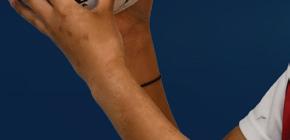




























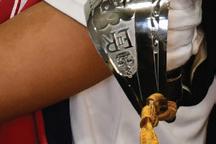






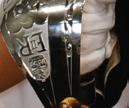






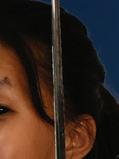


































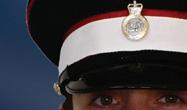






























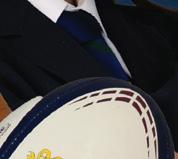








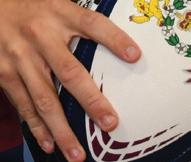

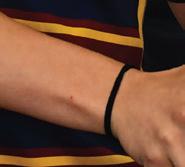


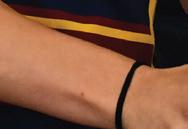














































































































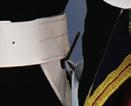





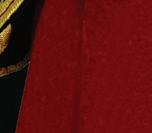
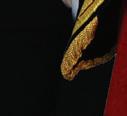





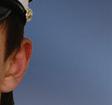

















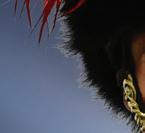



























Wellbeing is at the forefront of everything we do – only happy and well-supported children truly flourish. We are proud of our proactive and forward-thinking PSE (Personal, Social and Emotional) programme. The core components of the programme are healthy relationships, pressures of the modern world, resourcefulness, decision-making and emotional resilience. The programme is developed in consultation with pupils. By making the most of external contacts (e.g. guest speakers, charities and alumni) and harnessing the enthusiasm of pupils themselves through our peer-to-peer mentoring programmes, we endeavour to provide pupils with the knowledge and support they need to flourish.




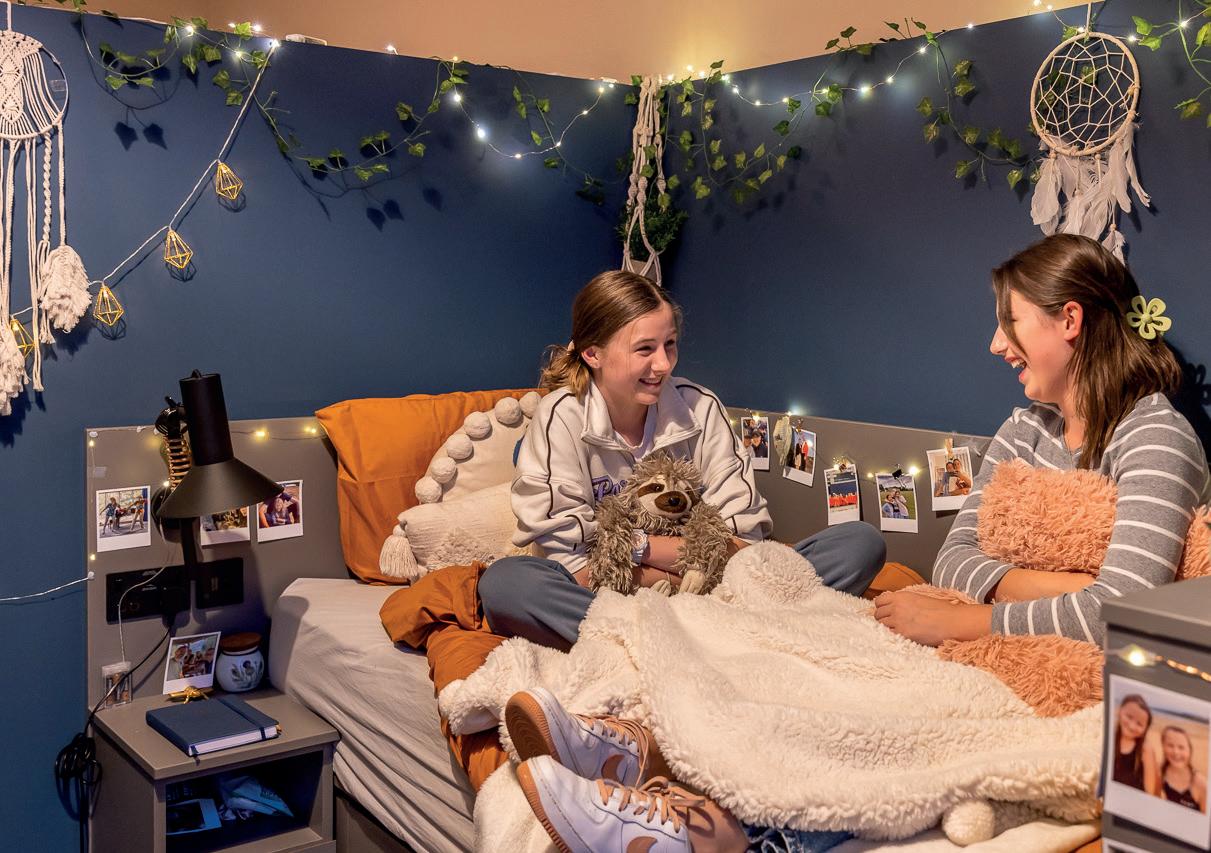
Helen Harrison grew up in Edinburgh where she was educated at St George’s School for Girls. From 1996 Helen was a Geography teacher and Deputy Head at Fettes College in Edinburgh, before becoming the first female Head in 2019. Helen gained her Geography degree from Jesus College, Cambridge, where she rowed for the university and her college. After her degree she taught English as a Foreign Language (EFL) in Portugal and then took up her first teaching post at Clifton College, Bristol. Helen has a variety of interests outside school including a number of external appointments such as Chair of the BSA/SCIS Boarding Forum, member of HMC and HMC Scottish division and member of the Board of FetLor. She is never happier than when spending time in her cottage in the Moffat Hills with her family and two dogs.














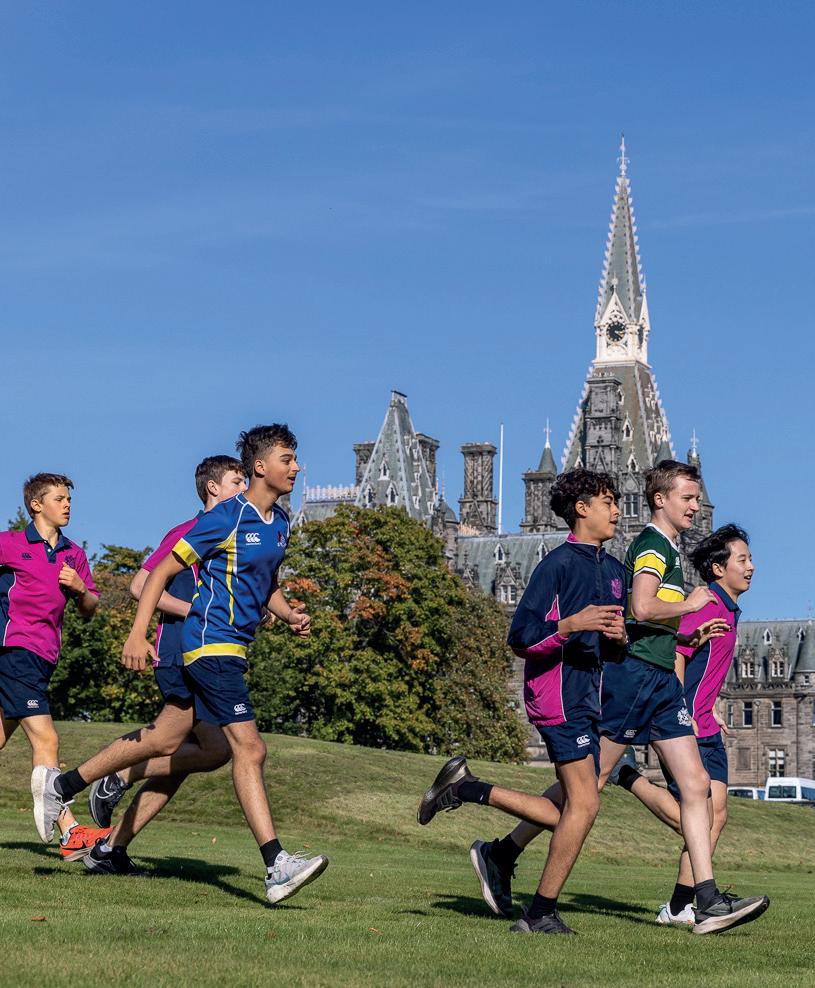
The Equality Act 2010 made significant changes to the law on discrimination as it affects pupils with special educational needs and disabilities (SEND), and in particular the extension of duties on schools to include the provision of auxiliary aids and services, which came into place on 1 September 2012. Further guidance can be found in the Equality and Human Rights Commission (EHRC) Technical Guidance on ‘Reasonable Adjustments for Disabled Pupils – Guidance for Schools in England’ at www. equalityhumanrights.com/en/publicationdownload/reasonable-adjustmentsdisabled-pupils. (As of 3 November 2022, this guidance is noted to be both ‘out of date’ and ‘under review’, however, in our opinion it still provides a comprehensive statement on the current state of the law and good indications of best practice.)
Although securing support for pupils with SEND via an EHC (Education, Health and Care) Plan (formerly a Statement) remains an enormous challenge for many families, the intention of legislation over recent years has been to make schools much more welcoming and accessible to children with SEND. As a matter of public policy this is clearly a good thing and as a matter of practice there is no doubt schools have made huge progress – which is not to say they could not do even more in future. Parents should always seek to work with (not against) schools in addressing their child’s needs. In my experience, there is little a school finds more unhelpful than parents not being transparent about this. In the end, everyone is united in seeking to ensure children’s needs are met and their best interests are promoted.
This article sets out a summary of the law relating to educational provision for pupils with SEND. For more information, including the SEND Code of Practice and SEND: guide for parent and carers, go to www.gov.uk/topic/schools-collegeschildrens-services/special-educationalneeds-disabilities
For more information about the government’s proposed changes to SEND provisions, see its SEND Review: https://www.gov. uk/government/consultations/sendreviewright-support-right-place-right time
The definition of disability for pupils is the same as for disability discrimination in employment. In brief, a pupil with SEND has a disability if they have a physical or mental impairment which has
a substantial, long-term and adverse effect on an individual's ability to carry out normal day-to-day activities. (In employment this definition has been the subject of voluminous litigation.)
The definition of disability covers a broad spectrum of impairments. Disabilities may include physical conditions that affect the body, such as epilepsy or hearing impairments, learning and behavioural difficulties, such as dyslexia and autism, and mental health conditions, like depression.
In general, there are specific exclusions for substance dependency, anxiety, seasonal allergies, and tendencies to steal, start fires or physically/ sexually abuse. However, in 2018, the Upper Tribunal in C&C v The Governing Body of a School confirmed that the specific exclusion for those with a tendency to physical abuse towards others will not apply to children in education who have a recognised condition that is more likely to result in such a tendency.
The subsequent case of Ashdown House School v JKL reiterated that schools ought to ensure that pupils with SEND who display violence related to their SEND are treated no less favourably than their non-disabled peers.

The latest version of the Department for Education’s Behaviour in schools: advice for headteachers and school staff notes that schools should ‘identify likely triggers of misbehaviour’ and put in place appropriate support on a pupil-bypupil basis.
As for employees, schools have an obligation to make reasonable adjustments for disabled pupils.
• Where something a school does places a pupil with SEND at a substantial disadvantage compared to other pupils, the school must take reasonable steps to try and avoid that disadvantage.
• Schools are under a duty to provide ‘auxiliary aids and services’ as part of the duty to make reasonable adjustments and as such are prohibited from charging fees for auxiliary aids and services which constitute reasonable adjustments. Failure to make reasonable adjustments free of charge amounts to disability discrimination and cannot be justified.
Schools are not required to remove or alter physical features (such as historic buildings) in order to comply. Instead, schools have a duty to plan better access for pupils with disabilities generally, including in relation to the physical environment of the school.
David Smellie Partner, Farrer & Co
The Equality Act requires schools to make reasonable adjustments in connection with:
• admissions
• the provision of education
• access to benefits, services and facilities
• exclusions, and/or
• subjecting the pupil to any other detriment.
The duty to make reasonable adjustments is only triggered when a pupil suffers a ‘substantial disadvantage’. This is defined as anything more than minor or trivial, and would include for example, having to put in extra time/effort to do something, inconvenience, indignity, discomfort, loss of opportunity and/or diminished progress.
The EHRC guidance states that an auxiliary aid is ‘anything that provides additional support or assistance to a disabled pupil’ and gives the following examples:
• a piece of equipment
• a sign language interpreter, lip-speaker or deafblind communicator
• extra staff assistance
• electronic or manual note-taking
• induction loop or infra-red broadcast system
• videophones
• audio-visual fire alarms
• readers
• assistance with guiding
• an adapted keyboard
• specialised computer software.
The inclusion of ‘auxiliary aids and services’ within the duty to make reasonable adjustments for pupils with SEND has clear consequences for independent schools. One obvious area is the provision of learning support for pupils with special educational needs, which is sometimes subject to an additional fee, in much the same way as music lessons. Essentially, if a pupil with SEND is ‘disabled’ for the purposes of the Act and the support provided for their SEND is an ‘auxiliary aid or service’, the school is not permitted to charge for the learning support if it is a reasonable adjustment.
There are no hard and fast rules about what constitutes a reasonable adjustment, since it will vary in any given situation, and the decision ultimately rests with the First Tier Tribunal
(Special Educational Needs and Disability) (formerly the Special Educational Needs and Disability in Schools Tribunal or ‘SENDIST’). Sometimes adjustments will be suggested by external advisors such as the child’s doctor or an educational psychologist. In other cases, parents may request a change on behalf of their child. Schools should also themselves consider whether there is an adjustment that might overcome a substantial disadvantage suffered by a pupil.
Once the potential adjustment has been identified, the school has to decide whether or not it is reasonable taking into account the following factors set out in the EHRC guidelines:
• whether it would overcome the substantial disadvantage
• practicability of the adjustment
• the effect of the disability on the pupil
• financial and other costs of making the adjustment
• whether it will be provided under an EHC (Education, Health and Care) Plan from the local authority
• the school’s resources and the availability of financial or other assistance
• health and safety requirements
• the need to maintain academic, musical, sporting and other standards
• the interests of other pupils (and prospective pupils).
Failure to make a reasonable adjustment cannot be justified. The only question therefore is whether the adjustment is reasonable. Schools are not expected to make adjustments that are not reasonable.
As well as considering reasonable adjustments for particular individual pupils with SEND, schools also have an anticipatory duty to consider potential adjustments which may be needed for pupils with SEND generally as it is likely any school will have a pupil with SEND at some point. However, schools are not obliged to anticipate and make adjustments for every imaginable disability and need only consider general reasonable adjustments, such as being prepared to introduce large-font exam papers for pupils with a visual impairment even though there are no such pupils currently admitted to the school. Such a strategic and wider view of the school’s approach to planning for pupils with SEND links closely with its planning duties.
There are some exceptions. Schools are:
• not required to remove or alter physical features to comply with the reasonable adjustments duty (although their duties in connection with Accessibility Plans remain
unchanged and are contained in Schedule 10 of the Act)
• still allowed to apply a ‘permitted form of selection’ (i.e. an entry test) although they will need to make reasonable adjustments to such tests, for example, by allowing them to be completed on a computer rather than by hand in particular cases.
Parents of a child (note not the child themselves) can bring a claim of disability discrimination against a school. There is a time limit of six months from the date when the parents think the discrimination occurred. Such claims are heard by the First Tier Tribunal (Special Educational Needs and Disability).
If the Tribunal upholds a claim of unlawful discrimination it will not be able to award financial compensation. It could order any other remedy, such as:
• admitting a disabled pupil who had previously been refused (this is certainly the case in state schools, and case law indicates that the Tribunal also has the power to order restatement to a private school in certain circumstances)
• making reasonable adjustments such as training for staff, extra tuition, review or alteration of policies or relocation of facilities.
• in Ashdown House School v JKL, the Upper Tribunal confirmed that tribunals have the power to order the school to issue an apology to the parents and/or the child if it would be of some value and appropriate in the circumstances.
Schedule 10 of the Equality Act 2010 sets out the accessibility arrangements schools must implement for pupils with SEND. These are also known as schools’ ‘planning duties’. An independent school is obliged to draw up accessibility plans to improve access to education over time. Such plans should concentrate on three specific areas:
• increasing the extent to which disabled pupils can participate in the curriculum
• physical improvements to improve access to education and associated services
• availability of accessible information for disabled pupils.
Independent schools are required to prepare these plans in writing, and implement them as necessary. Accessibility plans are subject to review as part of an Ofsted inspection. The Department for Education’s ‘Guidance on Statutory policies for schools and academy trusts’ states these should be reviewed every three years.
Go to: https://www.gov.uk/government/ publications/statutory-policies-for-schoolsand-academy-trusts/statutory-policiesfor-schools-and-academy-trusts#pupilwellbeing-and-safeguarding
• A prospective pupil with moderate learning difficulties applies for entry to a school but fails the entrance examination. Their parents argue for a reduced pass mark. However, the school is not satisfied the pupil has sufficient literacy skills to benefit from the education on offer. In these circumstances it may be reasonable for the school not to adjust its entry requirements to accommodate the pupil.
• The parents of a prospective pupil with dyslexia claim they should be allowed extra time and the use of a personal computer during the entry examinations. However, there is no evidence to sustain this claim. It may be reasonable for the school to reject this request. If evidence supported the claim, it is likely it would be reasonable to allow this.
• A sixth-form pupil who has been diagnosed with ADD finds it difficult to concentrate while reading long texts. They would like to take A Level English and ask for the entire reading list in downloadable audio form. The school accepted a similar request from the same pupil for GCSE English, which proved to be ineffective. The reading list is very long and changes every year making the cost high for the school. The school refuses. This is likely to be deemed reasonable provided the school has researched other ways for the pupil to access the reading list.
• A pupil with learning difficulties finds it difficult to follow the more theoretical parts of classroom teaching and their parents ask that teachers go very slowly over the parts they find difficult to make sure they have understood them. However, the slow pace of delivery would prevent the other pupils finishing the syllabus and put their grades at risk. It is likely to be reasonable for the school not to make this adjustment, although other alternatives should be considered, such as extra tuition outside classroom hours, as might be offered to any other struggling pupil.
• A small school has little experience of pupils with SEND and is considering admitting a pupil with a rare syndrome involving moderate learning difficulties, poor muscle tone and speech and language difficulties. The Head consults the child’s parents and a local voluntary organisation and devises a series of short staff training events drawing on available expertise. This is likely to be a reasonable adjustment.
• A secondary school has a special unit for children with special educational needs and disabilities including pupils with a visual impairment. The school is already equipped for providing enlarged text and braille versions of documents. When working in the unit children are always provided with information in a range of formats before the lesson. This is rarely the case when the same children are working in the mainstream classes in the school. Not providing the information in time is likely to be a failure to make reasonable adjustments, leaving pupils with SEND at a disadvantage.
David has an extensive schools practice and is widely acknowledged as one of the leading schools lawyers in the UK. He specialises in child protection, safeguarding, pupil disciplinary matters, SEND and schools-related employment issues for a client base that includes many of the UK’s best-known schools.
When it comes to education, parents want the best for their children but this may be even more important for parents of children with special educational needs and disabilities (SEND). According to The Children and Families Act 2014, Section 20, ‘A child or young person has SEN if he or she has a learning difficulty or disability which calls for SEN provision to be made for him or her’. This includes dyslexia, dyspraxia, dyscalculia, attention deficit hyperactivity Disorder (ADHD) and autism. Problems associated with these conditions can lead to issues with schoolwork, personal organisation, relationships with adults, developing and maintaining friendships or sensory and physical needs. Fulneck School is one of the only CReSTeD schools based in the north of England.
The Equality Act 2010 and its definition of disability has given pupils who have significant difficulty in reading and understanding the written word, as well as other impairments, the right to have appropriate arrangements for them to demonstrate their abilities. The SEN Code of Practice 2014 and the introduction of Education and Health Care plans also mean that parents have greater freedom of choice in regard to their child’s education and some authorities fund additional specialist support in an independent school.
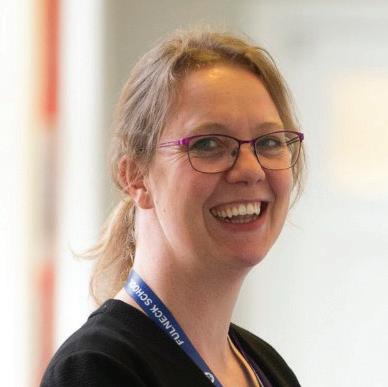
The benefits of choosing a boarding school for children with SEND include the dedicated support which is readily available for each pupil, depending on their individual needs. This extends to additional opportunities for more focused one-to-one tuition when required.
In specialist schools tailored curricula are delivered by highly trained teachers
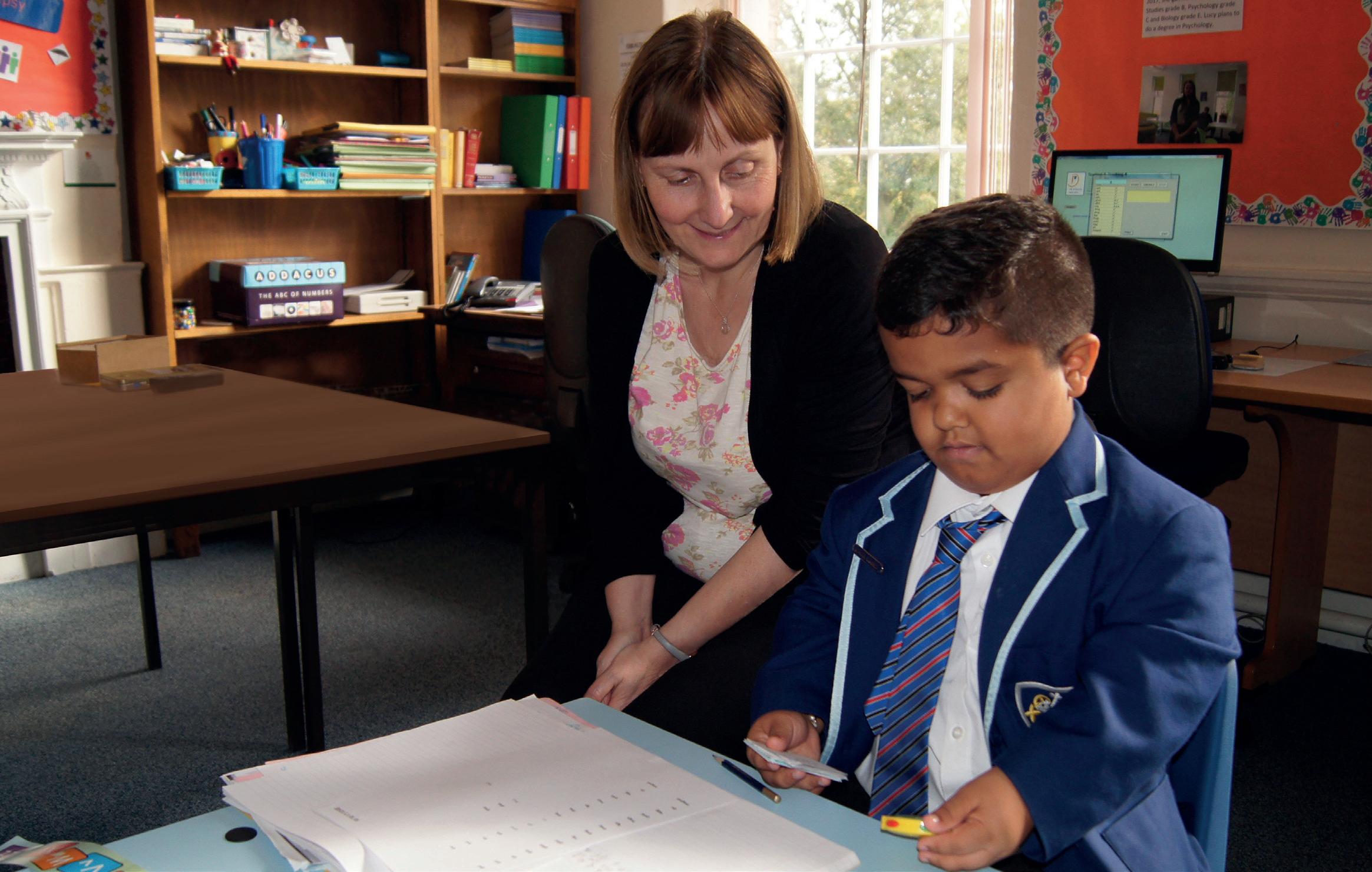
with access to equipment and resources designed specifically for pupils with SEND. In most cases teaching takes place in small classes which allows the maximum amount of time to be allocated to each individual, who in turn is able to learn at his or her own pace.
Advancements in technology have greatly improved the education provision for children with SEND by helping to break down several barriers to learning. Equipment such as voice-activated software, reading pens, text readers and software to assist in the development of reading and mathematical skills are likely to feature strongly in the package of services available to pupils, as is the emphasis on developing typing and touch typing techniques.
Fulneck School is an independent boarding and day school with a dedicated learning support unit (LSU) providing continuity
Sally Moore Head of Learning Support, Fulneck Schoolof teaching and support from Year 2 to Year 13. The school has met the criteria of The Council for the Registration of Schools Teaching Dyslexic Pupils (CReSTeD) continually since 1996 and is approved under Category LSC (Learning Support Centre) as a school offering a learning support unit, with specialist staff and teachers who can accommodate pupils’ needs in the classroom. The aim of the LSU at Fulneck is to identify individual special needs and to provide teaching programmes and strategies to allow every student access to the curriculum at a level commensurate with their intellectual ability. Tuition is in small groups or one-to-one delivered by experienced and specialist teachers using a range of multi-sensory teaching methods and technology.
In boarding schools pupils with SEND can also be continually assessed, monitored and mentored outside the classroom which can lead to improvements in social interaction and confidence. By the very nature of a boarding school environment, teachers and support staff can monitor the behavioural patterns of children at close quarters. This includes how they play, socialise and manage the many challenges of daily life. Boarding schools also offer
pupils a choice of fully inclusive co-curricular clubs and activities which help them develop new interests and boost self-esteem.
An extension to mentoring and continual assessment is the strong pastoral care that will be evident in most boarding schools, in addition to a qualified nurse(s) who can liaise with healthcare professionals regarding the implementation of Education and Health Care Plans and who can support the wide range of pupils’ needs.
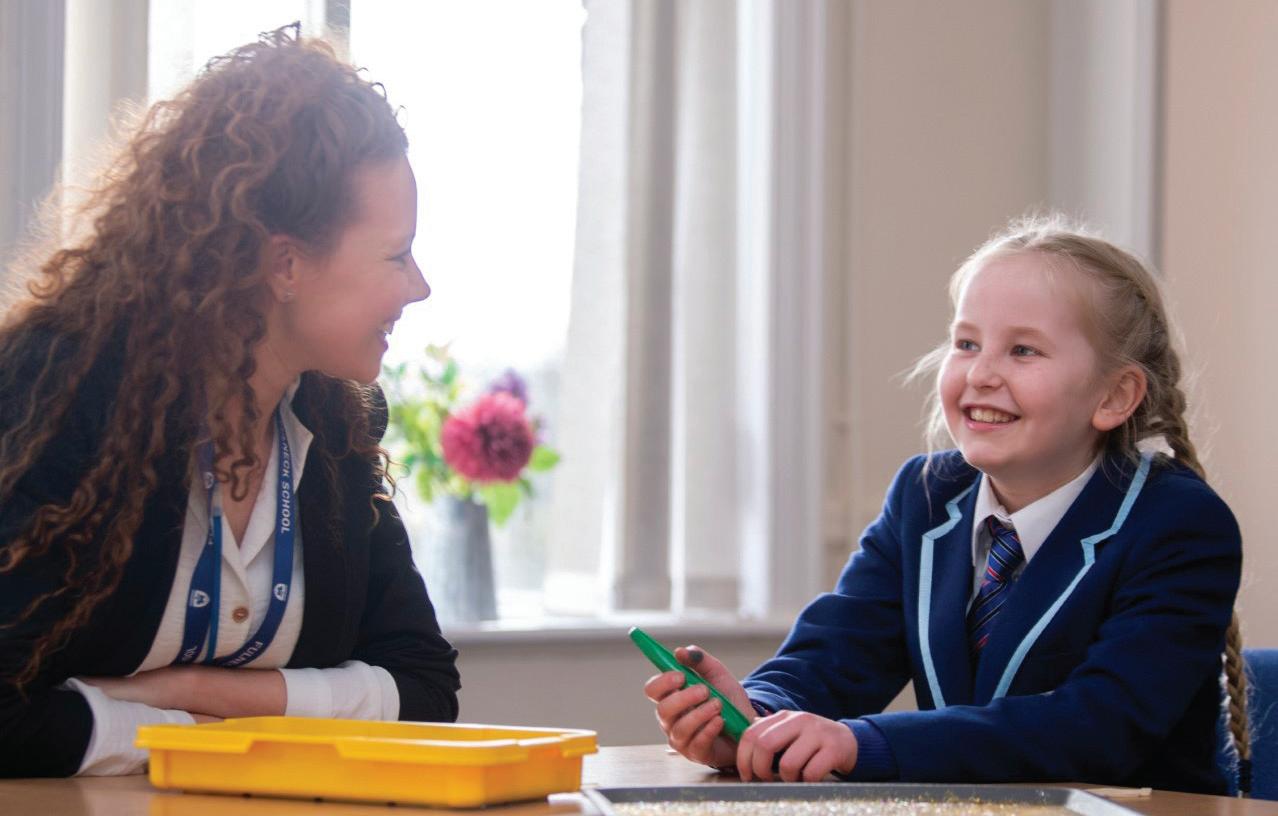
Of course choosing the right school is a critical decision with far-reaching consequences and one that requires thorough research. Parents should request detailed information about a schools’ SEND provision and gain a clear understanding of which conditions they specifically cater for and how. Visiting the school and meeting the SEND team is an important part of that process, allowing potential parents and pupils the opportunity to gain a true
appreciation of the environment, teaching methods and whether these will suit them. It is also important to meet the Principal and understand the ethos of the school and its attitudes to SEND.
All schools are different and it is anything but the case that one type fits all. But making the correct choice from the many options available and the whole boarding school experience can be very rewarding for pupils with SEND and can give them a chance to really flourish and exceed their potential.
Sally began her teaching career as a VSO volunteer teaching English in Kiribati. She has taught in many different countries and once spent a summer teaching flying trapeze at an American summer camp. Sally joined Fulneck School as Head of Learning Support in 2019. She loves the family feel of the school and the way the adults know the children so well. In the learning support unit she is able to implement learning in the best way to suit each individual pupil.
The Council for the Registration of Schools Teaching Dyslexic pupils (CReSTeD) is a charity set up in 1989 with the aim of helping parents and those who advise them to choose schools for children with Specific Learning Difficulties (SpLD). It is a valuable resource for parents, educational advisers and schools and acts as a source of information for parents.
The main SpLD is dyslexia but there is a general recognition that dyslexia rarely exists in isolation – the latest research demonstrates a high level of co-occurrence with other difficulties. These include
 Brendan Wignall Headmaster, Ellesmere College and Chair, CReSTeD
Brendan Wignall Headmaster, Ellesmere College and Chair, CReSTeD

dyspraxia, dyscalculia, attention deficit disorder (ADD), as well as pragmatic and semantic language difficulties.
The CReSTeD Council includes representatives from a wide area of SpLD provision including Dyslexia Action, the British Dyslexia Association, Helen Arkell Dyslexia Centre, the Dyslexia-SpLD Trust and schools.
THE REGISTER
CReSTeD publishes annually and maintains a list of schools and centres accredited for their SpLD provision – this is called the Register. The schools and centres listed in the Register provide for pupils with one or
more SpLD and cover all levels of provision and both state and independent provision. The vast majority of schools on the Register are mainstream, offering a wide range of teaching styles, environment and facilities. The Register is free of charge to parents.
SpLD provision is divided into six broad categories. Of these, five are for schools:
• Dyslexia Specialist Provision (DSP) schools established primarily to teach pupils with Dyslexia
• Learning Support Centre (LSC) schools offer a designated unit that provides specialist tuition on a small group or individual basis, according to need
Without
after
• Maintained Schools (MS) local authority schools able to demonstrate an effective system for identifying pupils with dyslexia
• Specialist Provision (SPS) schools are specifically established to teach pupils with dyslexia and other related specific learning difficulties



• Withdrawal System (WS) schools help dyslexic pupils by withdrawing them from appropriately selected lessons for specialist tuition

and one is for centres:

• Teaching Centre (TC) designated centre providing specialist tuition on a small group or individual basis, according to need.



The categories provide guidance on the type of provision given by a school. One category should not be seen as ‘better’ than another. Children have different requirements and personalities and the categories are a way of helping match each child to the type of provision at the school or centre. A report from an educational psychologist or a specialist teacher who holds an Assessment Practising Certificate should offer parents guidance as to the level of provision their child requires.
For example, a child at the severe end of the dyslexia spectrum may require a Dyslexia Specialist Provision school whereas a child with only some slowness in spelling skills may be suitably provided for in a school from the Withdrawal System category.

The Register includes a checklist to help parents decide whether a school or centre can meet their child’s educational needs in relation to SpLD. It also provides a geographical index of schools.
Every school and centre on the CReSTeD Register has been independently verified for SpLD provision by CReSTeD consultants (not the case in all other lists).

The first stage of registration is for the school to complete the CReSTeD registration form and to provide supporting documentation, such as policies for dyslexia. This form covers staff development, admission policy, organisation of the school week, specific arrangements for SpLD pupils, examination results for the whole school and for SpLD pupils in particular, resources and a list of parents’ names so that the consultant may check parents’ feelings about the school or centre.


The criteria include the provision of relevant and high quality information technology resources, Joint Council for Qualifications (JCQ)-approved training qualifications for teachers, awareness of the needs of dyslexic pupils on the part of non-specialist staff, and arrangements to obtain and provide special provision for examinations.


During a visit to a school or centre, the consultant checks whether this information is accurate and ensures the school or centre meets the criteria set by CReSTeD Council for the particular category.
Schools and centres are visited on a three-year cycle, with possible earlier visits if there are substantial changes, which should always be swiftly communicated to CReSTeD. If the Head of a CReSTeD school changes, the school must inform CReSTeD and the new Head must confirm that the school intends to continue
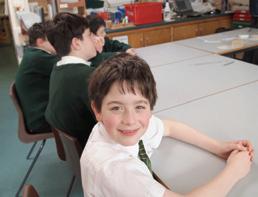
with the SpLD provision in accordance with the criteria set by CReSTeD. This enables CReSTeD to retain the school’s details in the Register without the need for an extra visit.
CReSTeD Council initiates ‘responsive’ visits if it has any cause for concern about a particular school.
a close-knit family despite the separation, but we know that Queen Victoria is helping towards their future, and providing the stability and ever-lasting friendship that they have been seeking. ■ Council for the Registration of Schools Teaching Dyslexic pupils www.crested.org.uk Registered charity no. 1052103 Council for the Registration of Schools Teaching Dyslexic Pupils We give you Information & Choice Our advice is independent but well informed www.crested.org.uk All the information you need is right there. School C ng Dysl s Teachi he Ror t Council c pupi exi on of i ratstegi he R c.www g.ores ted uk ll in e t w i ec adviur O on & iatm I gie W rmfoll in ntndepende is C you vegi ub de td www. there .crested.or e informat ounciC atrstegiR het orf fo l erstegiR Teacs chool S ofon i 1052103 no.y chared er Pc D nghiTeac ils puP Choosing a school is one of the biggest decisions you make for your child and it is not easy You need all the help you can get Our Register is available to download from our website: Contact CReSTeD via email: admin@crested.org.uk www.crested.org.uk ? SPECIAL EDUCATIONAL NEEDS AND DISABILITIES / AUTUMN 2023 / 107
The CReSTeD website www. crested.org.uk contains all the information in the Register. It is updated as new information is received, or new schools approved, and contains links to the websites of all registered schools and centres as well as to other websites that may be of assistance to parents of children with one or more SpLD.


For further information email admin@crested.org.uk

Pupils with SEND continue to be very well educated within the independent sector and this is undoubtedly one of the sector’s strengths. Many parents of children with special educational needs and disabilities take them out of the maintained sector because the class sizes are too big and they feel there is not enough individual support. The independent sector offers a range of choice not available within the maintained sector. Specialist Provision Schools (SPS) are approved for specific learning difficulties, with associated language difficulties, such as dyspraxia and attention deficit hyperactivity disorder (ADHD).
Dyslexia Specialist Provision Schools (DSP) are established primarily to teach pupils with dyslexia. There are also mainstream boarding schools with designated units or centres providing specialist tuition on a small group or individual basis. In January 2015, 66,026 pupils (33,311 boarders) were identified as having SEND. The most common SEND is dyslexia (321,169) followed by information processing (9,053), dyspraxia (5,459), gross and fine motor skills (3,720) and Asperger’s syndrome (3,597). The table below lists independent boarding schools on the CReSTeD Register providing support for pupils with SEND.
Independent boarding schools on the CReSTeD Register providing support for pupils with SEND Specialist Provision Schools (SPS) are approved for specific learning difficulties, and associated language difficulties, dyspraxia and ADHD.
Category School Town Website
SPS Appleford School Salisbury www.applefordschool.org
SPS More House School Farnham www.morehouseschool.co.uk
Dyslexia Specialist Provision Schools (DSP) are established primarily to teach pupils with dyslexia.
Category School Town Website
DSP Bredon School Tewkesbury www.bredonschool.org
DSP Bruern Abbey School Chesterton, Oxfordshire www.bruernabbey.org
DSP Frewen College Rye www.frewencollege.co.uk
DSP St David’s College Llandudno www.stdavidscollege.co.uk
Some mainstream boarding schools have a designated unit or centre providing specialist tuition. School Town Website
Barnardiston Hall Preparatory School Barnardiston, Suffolk www.barnardiston.com
Bedstone College Bucknell, Shropshire www.bedstone.org
Bethany School Cranbrook, Kent www.bethanyschool.org.uk
Brockhurst & Marlston House Schools Newbury, Berkshire www.brockmarl.org.uk
Clayesmore Preparatory School Blandford Forum, Dorset www.clayesmore.com
Clayesmore School Blandford Forum, Dorset www.clayesmore.com
Cobham Hall School Cobham, Kent www.cobhamhall.com
Ellesmere College Ellesmere, Shropshire www.ellesmere.com
Finborough School Stowmarket, Suffolk www.finboroughschool.co.uk
Fulneck School Leeds, West Yorkshire www.fulneckschool.co.uk
Kingham Hill School Chipping Norton, Oxfordshire www.kinghamhill.org.uk
King’s School Bruton, Somerset www.kingsbruton.com
Kingsley School Bideford, Devon www.kingsleyschoolbideford.co.uk
Kingswood House School Epsom, Surrey www.kingswoodhouse.org
Lime House School Carlisle, Cumbria www.limehouseschool.co.uk
Millfield School Street, Somerset www.millfieldschool.com
Millfield Preparatory School Glastonbury, Somerset www.millfieldprep.com
Sidcot School Winscombe, North Somerset www.sidcot.org.uk
Slindon College Arundel, Sussex www.slindoncollege.co.uk
Tettenhall College Wolverhampton, West Midlands www.tettenhallcollege.co.uk
Walhampton School Lymington, Hampshire www.walhampton.com
Wycliffe College Preparatory School Stonehouse, Gloucestershire www.wycliffe.co.uk
Wycliffe College Stonehouse, Gloucestershire www.wycliffe.co.uk


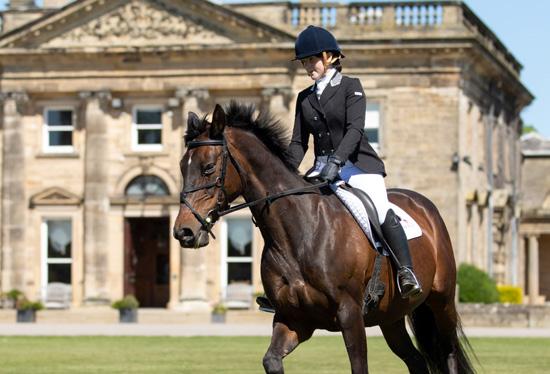

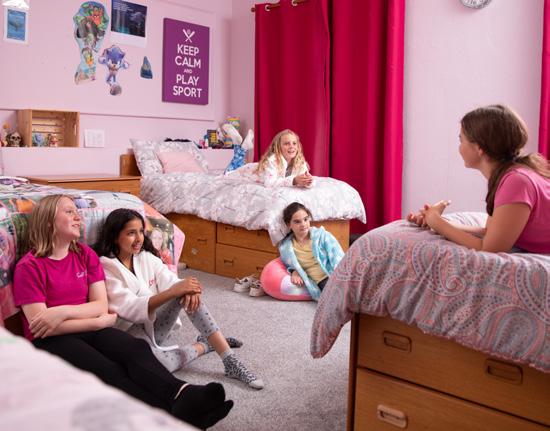
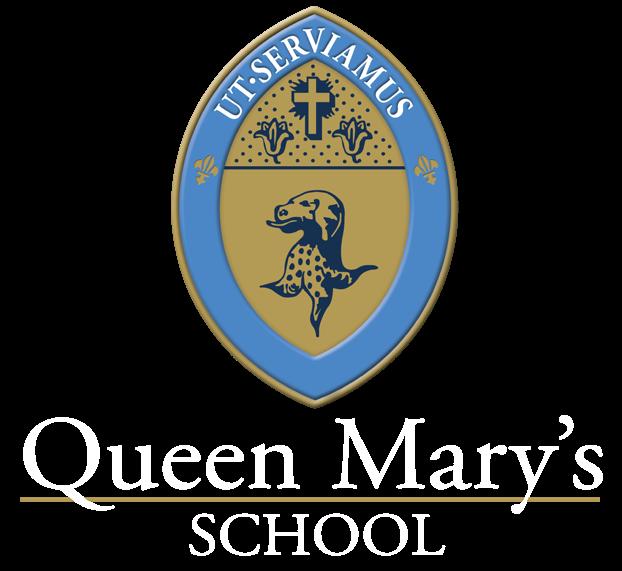
Why study for GCSEs and IGCSEs in UK boarding schools?
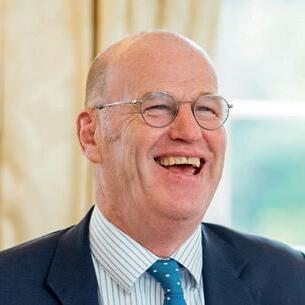
The system in the UK of studying a broad range of usually between seven and 11 subjects, for examination in Year 11 (age 16) remains a highly valued way of assessing children’s education and a uniform platform for assessment, while at the same time preparing pupils for the world of work or higher education. GCSEs are recognised across the world as rigorous examinations which indicate pupils’ abilities across a range of subjects and skill sets fundamental to life beyond school.
Are GCSE and IGCSEs valued nationally and internationally?
The classic boarding school education, including studying for GCSEs, is much valued internationally, and is one of the reasons for the continued popularity of UK boarding schools with pupils and parents from the UK and all over the world. GCSEs are seen as academically rigorous across the world and they stand up well internationally. The US High School Diploma roughly equates to five GCSE passes (at grade 5) and GCSEs are similar to the Chinese High School Entrance Exam (HSEE or Zhongkao), although the UK offers more optional subjects.
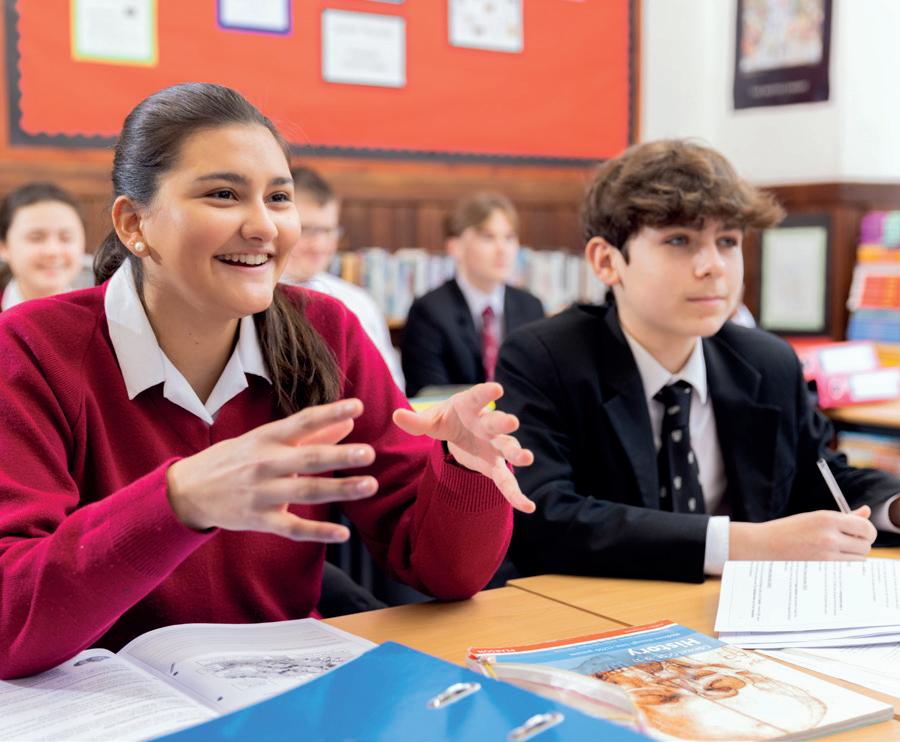
GCSEs and IGCSEs continue to offer a wide range of subjects. Compulsory subjects are English, Mathematics and the Sciences (either taken as three separate GCSEs, Biology, Chemistry and Physics, or as two GCSEs called Combined Science). There is a huge range of optional subjects on offer. At Downside, most pupils take nine or ten GCSEs with Modern Foreign Languages being popular, as well as Humanities, Music, PE, Computer Science, Art and Design. Downside is a Roman Catholic school and, as such, all pupils take Religious Studies. Other subjects taken include Russian and First Language Chinese. IGCSEs traditionally cater for international pupils and so there a wider range of subjects globally, offering everything from Accounting to Swahili.
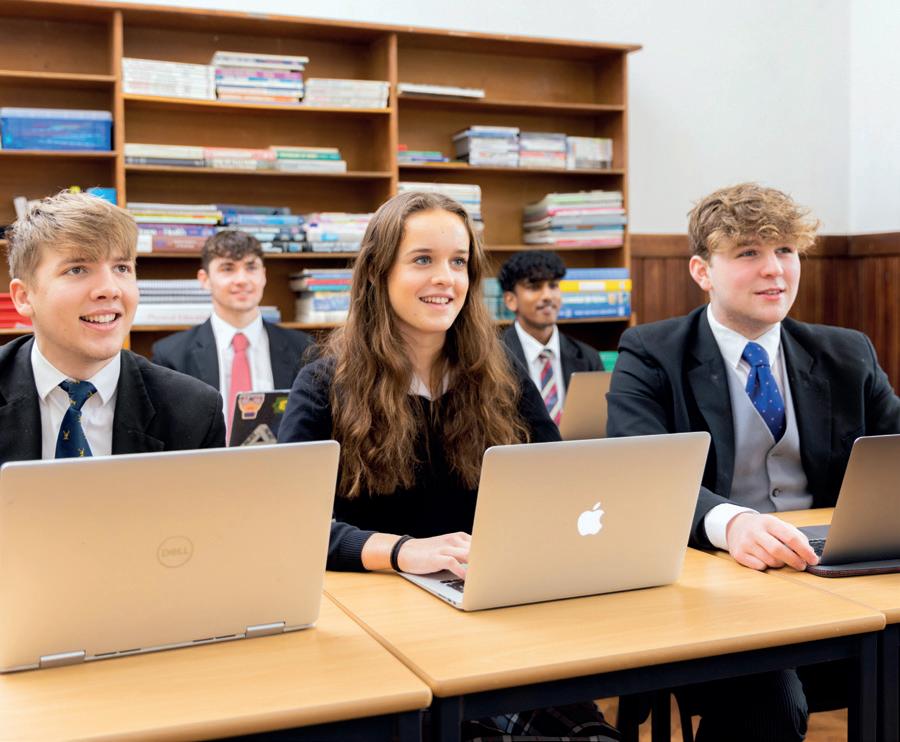
Terminology and acronyms surrounding education are ever-increasing, and GCSEs and IGCSEs have not escaped this. The Department for Education (DfE) sets the content to be studied at GCSE. The Office of Qualifications and Examinations Regulation (Ofqual) regulates qualifications and examinations across England and aims to maintain confidence in GCSE qualifications. It is a non-ministerial department and is independent of government, reporting to parliament. There are four different awarding bodies or examination boards: AQA, OCR, Pearson and WJEC/ Eduqas. These awarding bodies provide specifications for subjects offered at GCSE, and they are all members of the Joint Council for Qualifications (JCQ). JCQ helps to ensure parity between the different awarding bodies and aims to allow for common administrative arrangements for schools.
Because of the international nature of the IGCSEs, the awarding bodies set their own content and methods of assessment and the qualifications are mostly taken in independent schools or countries across the world, but the JCQ rules broadly apply.

As always, pupils choosing GCSE optional subjects should select the subjects they are good at but they also enjoy. It is also worth remembering some higher tariff universities require higher grades in Mathematics and English than the nationally accepted Grade 4 pass. GCSEs offer a wonderful chance for pupils to gain a really broad education, but this is not without significant challenge for pupils. We now wait with anticipation, or trepidation, to see how the GCSE and IGCSE will evolve given the growth of artificial intelligence and ChatGPT, the language processing tool. Will these render the setting of independent work redundant? Will the rise of AI make coursework obsolete? These questions will demand much attention over the next few months and years, but in the meantime the GCSEs and IGCSEs remain robust, academically rigorous and highly valued and are, in part, one of the reasons for the UK’s rise up the Organization for Economic Cooperation and Development (OECD)’s Programme for International Student Assessment (PIZA) rankings.
Andrew Hobbs became Head of Downside School in 2018, after ten years as Deputy Head. He was educated at Worth School and studied Classics at Magdalene College, Cambridge. He has taught in boarding schools since 1989, including Canford, where he was Head of Classics and subsequently a Housemaster. He believes that education happens most successfully when schools engage in a partnership with families built on trust and shared values. Married to Damaris, an NHS physiotherapist, they have four grown-up children.
The sixth-form years are great fun but they are also of crucial importance. They are about getting pupils exam ready, university ready, career ready – in short, ‘future ready’ – building strong academic foundations and developing the personal characteristics and social skills for future success and fulfilment, no matter what lies ahead.
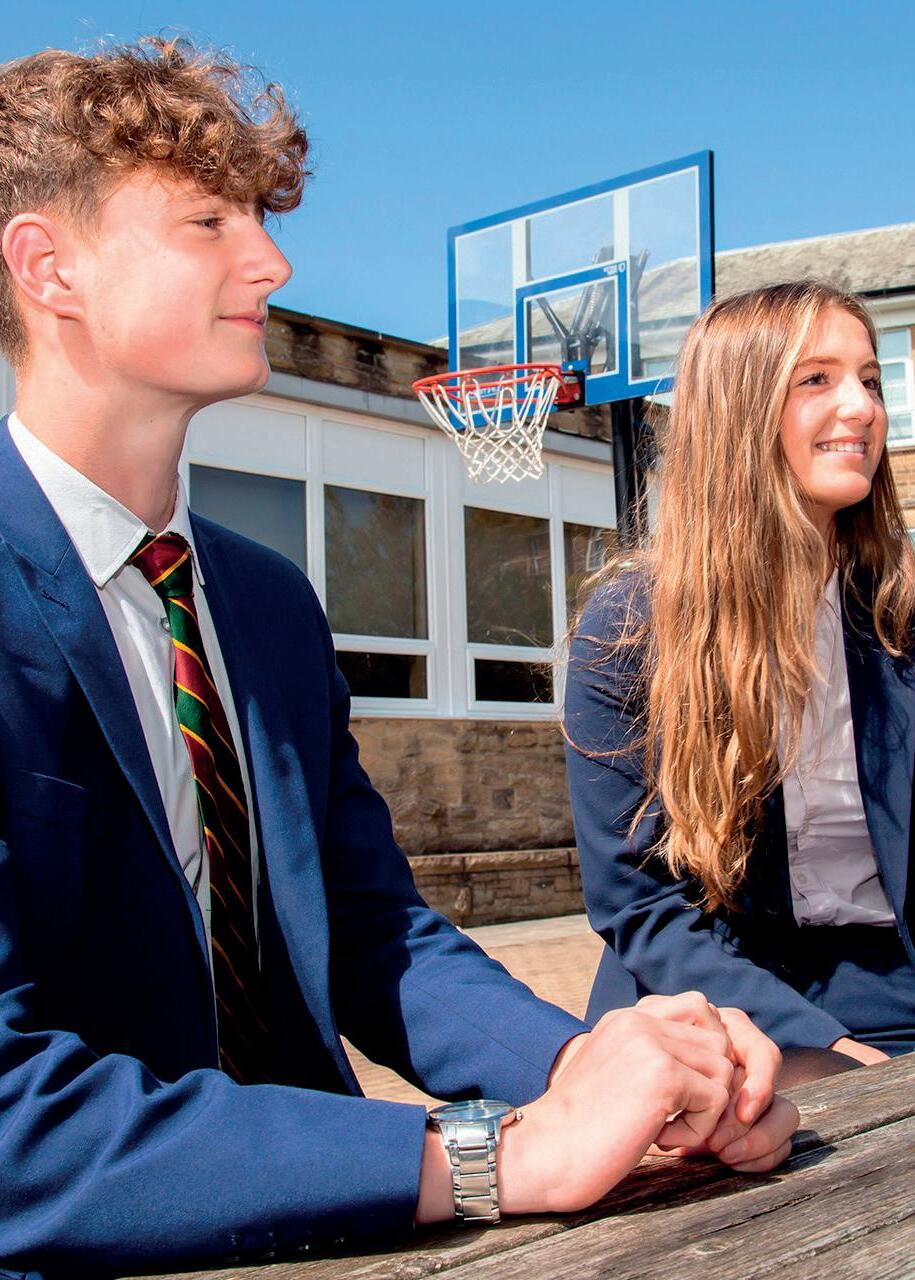
We only need to ask ourselves the current big questions to understand why gaining good results is not the only goal of post-16 education. Will we have discovered and implemented ways to stop or even reverse the
effects of climate change? Will the phenomenal pace of technology improve our lives for the better or present new moral and societal challenges? Will we be prepared for future pandemics?
The role of the sixth form should not be to create an ‘exam factory’. It is to provide a happy, purposeful environment in which young people transition from adolescence to adulthood, emerging as confident young people ready to face the world. They can only do this if their sixth form offers enough choice of courses, academic enrichment routes, co-curricular activities, leadership
opportunities and career advice. Sixth form should provide the tools young people need to flourish, no matter where their passions lie.
I have often said high quality English boarding education is the best in the world, and parents are fortunate to have their pick of so many exceptional schools. But choosing one from many, particularly for families who are not in the UK, can be challenging. So what should you look for in a boarding sixth form?

It is important to choose a school with a strong academic culture, focused on driving up standards and results and never standing still. The proportion of pupils gaining admission to Russell Group universities should be high. Look for a good and varied range of courses, particularly A levels, including traditional subjects and your child’s intended degree-specific subjects, and BTECs. Some schools offer a range of complementary qualifications that help to open doors and stand your child out from the crowd. For example, at Ashville we offer the highly flexible Cambridge Technical in Performing Arts. For pupils who wish to study in the US, we are accredited by the New England Association of Schools and Colleges to support pupils in gaining the High School Diploma. We have also added Classical Civilisation, Politics and Film Studies to the range of A-level courses we offer.

Sixth form is a time to aim high. If your child is set on Oxbridge, studying medicine or going to university overseas, the sixth form you are considering should demonstrate it is able to help them on that trajectory – the rest, of course, is up to the individual child and their hard work and commitment. At Ashville we offer a bespoke programme for pupils aspiring to Oxford or Cambridge, and for medicine, veterinary science or dentistry courses. We often involve our alumni and other members of the community in mock interviews.
Increasingly, sixth forms are offering an engaging and meaningful programme of academic enrichment. At Ashville, each lower sixth-form pupil undertakes a 'Future Ready' course designed to support their skills development and prepare them for the next step in their lives. This includes the Extended Project Qualification (EPQ) which was created by exam boards in collaboration with leading UK universities. It is an AS-level qualification, with the possibility of achieving an A* grade. Cambridge University says: ‘We welcome the EPQ and would encourage applicants to take one as it will help to develop independent study and research skills valuable for higher education.’
The Archbishop of York Leadership Award is another qualification geared to individuals’ interests, skills and future aspirations. It is also highly regarded by the UK’s leading universities. These pupil-led qualifications can be taken alongside A levels, earn UCAS points and enable pupils to make their voices heard at a young age.
Ambitious pupils are keen to take on extra challenges and broaden their horizons. Good sixth forms offer a wide range of opportunities, from prefect positions and house captains to more informal roles, all of which enable pupils to develop skills such as public speaking and communication. More formal leadership roles, such as the Red Tie Prefects at Ashville, involve a formal application and interview process, emulating a university or apprenticeship.
Good schools recognise the major benefits of co-curricular activities for
health and attainment – pupils learn best when they are happy. The activities sixthformers pursue should also be relevant to their future and to the advancement of technology and how this transforms jobs. At Ashville we are developing the co-curricular experience to reflect the World Economic Forum’s ‘top 10 job skills of tomorrow’ by offering activities such as coding, leadership and enterprise. Having a ‘future ready’ focus will ensure sixth-formers leave with not only the right qualifications but also the in-demand skills they need to thrive in the rapidly evolving global marketplace.
Rhiannon Wilkinson MA (Oxon) MEd is the eleventh and first female Head of Ashville College. Her career includes a Headship at Wycombe Abbey and teaching and senior positions in schools in the UK, Hong Kong and Brunei. Most recently, Rhiannon was the founding Head of Whittle School Shenzhen which opened simultaneously alongside its sister school Whittle School Washington DC. Between 2009 and 2013 she was the Principal of Harrogate Ladies’ College. She studied Modern History at St Hugh’s College, Oxford, before undertaking a Postgraduate Certificate of Education (PGCE) at Bath University.
Students entering the sixth form have a range of options as shown below. Most schools offer a combination. The Cambridge Pre-U is being withdrawn. The last entry is 2021 with last examinations in 2023 (last resit June 2024). We have therefore removed this qualification from the table.
Who is it for?
What can you study?
16 to 19 year olds
Most students study three or four A levels.
How does it work?
The linear A level was introduced with first examination in 2017.
Students can take a freestanding AS level but it no longer forms part of the A level. The A level is assessed after two years of study.
16 to 19 year olds
Six subjects (three at Higher Level and three at Standard Level). All students must study literature, a foreign language, a humanities subject, a natural science and mathematics.
Over two years, in addition to their six subjects, students complete a 4,000-word Extended Essay and a Theory of Knowledge course, and participate in the Creativity, Activity, Service (CAS) programme. All exams are taken at the end of the second year of study, there are no modules. Conceived as a holistic integral programme bound by a clear philosophy.
What is it worth?
The table below shows the UCAS tariff points awarded for linear A levels.
The table below shows the UCAS tariff points awarded for the IB Certificate in Higher Level. Certificates in Extended Essay and Theory of Knowledge also attract UCAS tariff points when the certificates have been taken individually.
16 to 19 year olds
Level 3 qualifications, Extended Certificate equivalent to 1 A level, Diploma to 2 A levels and Extended Diploma to 3 A levels. Certificate is equivalent to 1 AS level.
16 to 19 year olds
Three A-level subjects in any academic discipline.
BTECs are offered across 16 sectors and comprise core and optional units. The courses are assessed internally and externally and some modules can be retaken. Assignments can include exams, essays, research and investigative projects, and experiments and fieldwork.
In addition to their three A levels, students complete an Extended Project Qualification that aims to make them responsible for their own learning; achieve breadth through an AS level in Critical Thinking, Citizenship, General Studies, Science in society or World development; and undertake enrichment activities outside the curriculum such as The Duke of Edinburgh’s Award.
95% of universities accept BTECs, but acceptance may be course-dependent. Grading is from Distinction*, Distinction, Merit, Pass. UCAS points for double grades for Diplomas (and triple grades for Extended Diplomas) are calculated from the points for single grades.
Maximum 216 UCAS tariff points for three A* A levels, grade A* Extended Project (28 points) and a standalone AS level at grade A (20 points).
Where can you study it?
Schools and FE colleges. 115 schools and colleges in the UK offer the IB Diploma.
Comment Still the best-known sixthform qualification in the UK, and taken by the largest number of students as their means of entry into higher education. Some schools offer the Extended Project Qualification in addition to A levels.
Internationally recognised and valued. Heavier class-based workload than A levels and more independent learning. The percentage of candidates achieving the different grades has remained constant over the years.
Schools and colleges – some students study across two institutions or alongside employment or an apprenticeship.
BTECs are highly regarded, offering a well-proven route into employment, training and university. Modular assessment, focus on skills and opportunities for work experience make them an attractive complement to A levels as well as a very useful standalone qualification. They are becoming more popular in schools, usually alongside one or two A levels. Sports Science and Business Studies are popular.
UK schools which believe A levels are not, in themselves, sufficient preparation for university.
AQA Baccalaureate is derived in large part from the spirit of the IB Diploma Programme: depth, some breadth, thinking and research skills, and co-curricular experience.
Deciding to invest in education can be the most important decision a parent makes. But operating a school is expensive. Almost two-thirds of the cost is in staff, the most valuable resource a school has. Money is also needed to pay for facilities, utilities, food and teaching resources. There can be a wide range in fees to cover this cost according to age group, the school and what it offers. Extras add to the bill and schools have different approaches to this, so it is worth checking.
Fees for a boarding education from 13 to 18 vary from around £60,000 (in a state boarding school where tuition is paid by the state) to more than £200,000. In 2022–23 the ISC census reported that the
Andrew Ashton Bursar, Radley College
average termly boarding fee was £13,002. So it is important to prepare for paying fees. Financial planning can help reduce the burden, so do take professional advice. Planning should consider the following.
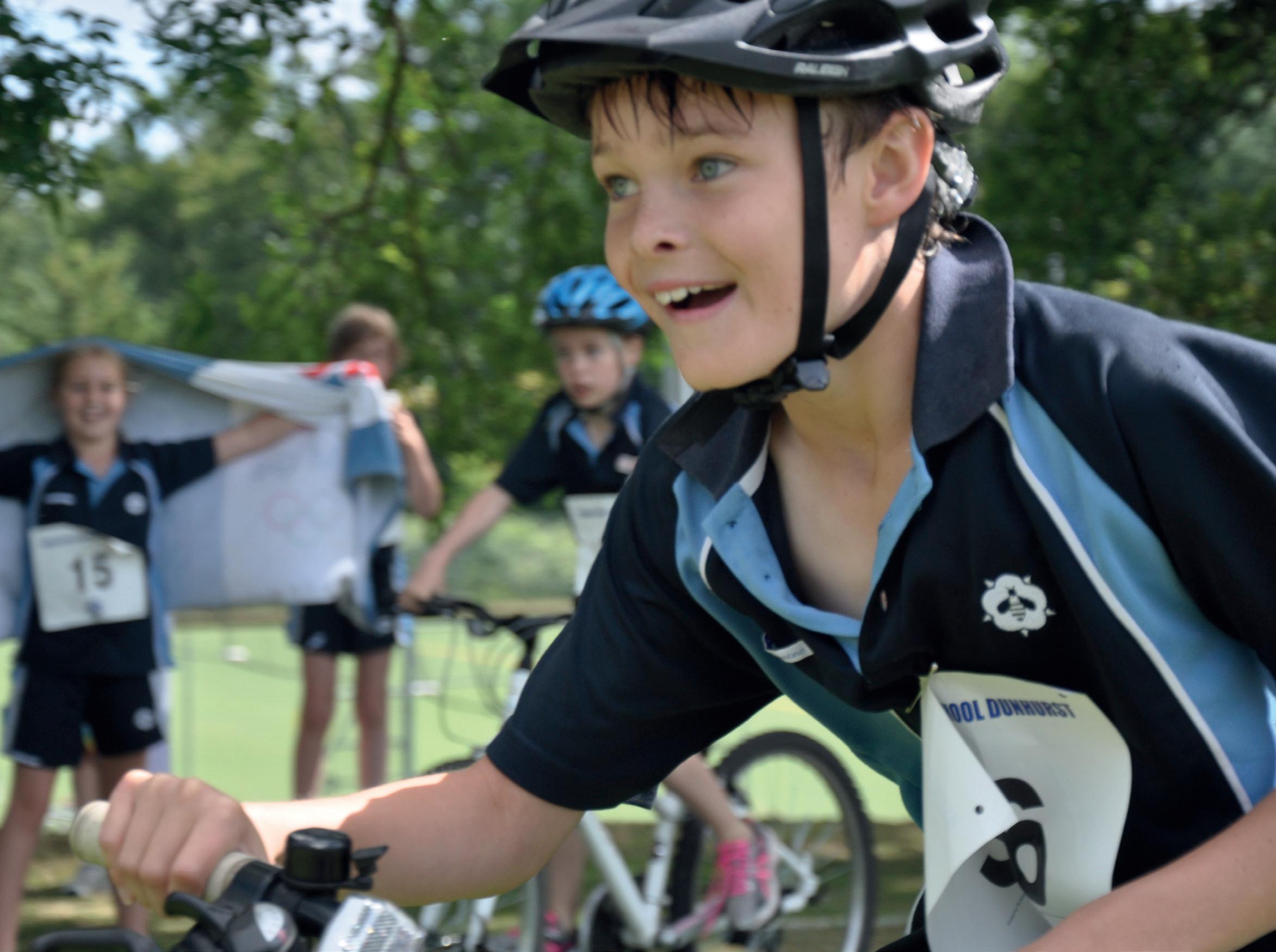
Schemes can help spread fee payments over a longer period to make them more affordable. One way of doing this is against the equity in the family house to spread fees over the term of the mortgage.
Early investment reduces the need to use earnings for fees in later years. This approach can be tailored to individual requirements. Some schools offer schemes for advance fee payment; if you have a lump sum available, this is worth exploring, especially given recent rises in interest rates.
“Deciding to invest in education can be the most important decision a parent makes.”
Regular saving should start as soon as possible. The longer you save, the less the reliance on earnings when fees fall due.
It is important to ensure the payment of fees can continue in the event of a change in circumstances. A lump sum can be provided by life insurance. Income protection plans can provide income in the event of specified illnesses or accidents. Fees refund schemes can provide cover in the event of absence through illness or accident.
Trust planning can be useful to make provisions for school fees and achieve inheritance tax benefits. Financial advice should be sought when establishing trusts.
Many schools offer bursaries to help parents pay fees. These are awarded after a ‘means test’ of family income. Bursaries may be awarded in addition to a scholarship where financial need is demonstrated, and the child would
otherwise be unable to enter the school. Parents will usually be asked to complete an application, providing details of their financial circumstances with supporting evidence.
Grants
Charitable trusts can help in cases of need. For example, the Royal National Children's SpringBoard Foundation (RNCSF) supports children in the UK who are from challenging circumstances. The charity helps by providing grants and boarding school places for children who have suffered trauma, tragedy or neglect in their young lives. Details can be found at www.royalspringboard.org.uk or through the Directory of Grant Making Trusts at www.dsc.org.uk
Many schools offer scholarships to attract talented pupils. A scholarship is awarded for academic promise or based on ability in music, art or another specialism or allround merit. They are usually awarded after a competitive examination and interview and take no account of financial need. Scholarships vary in value – they may
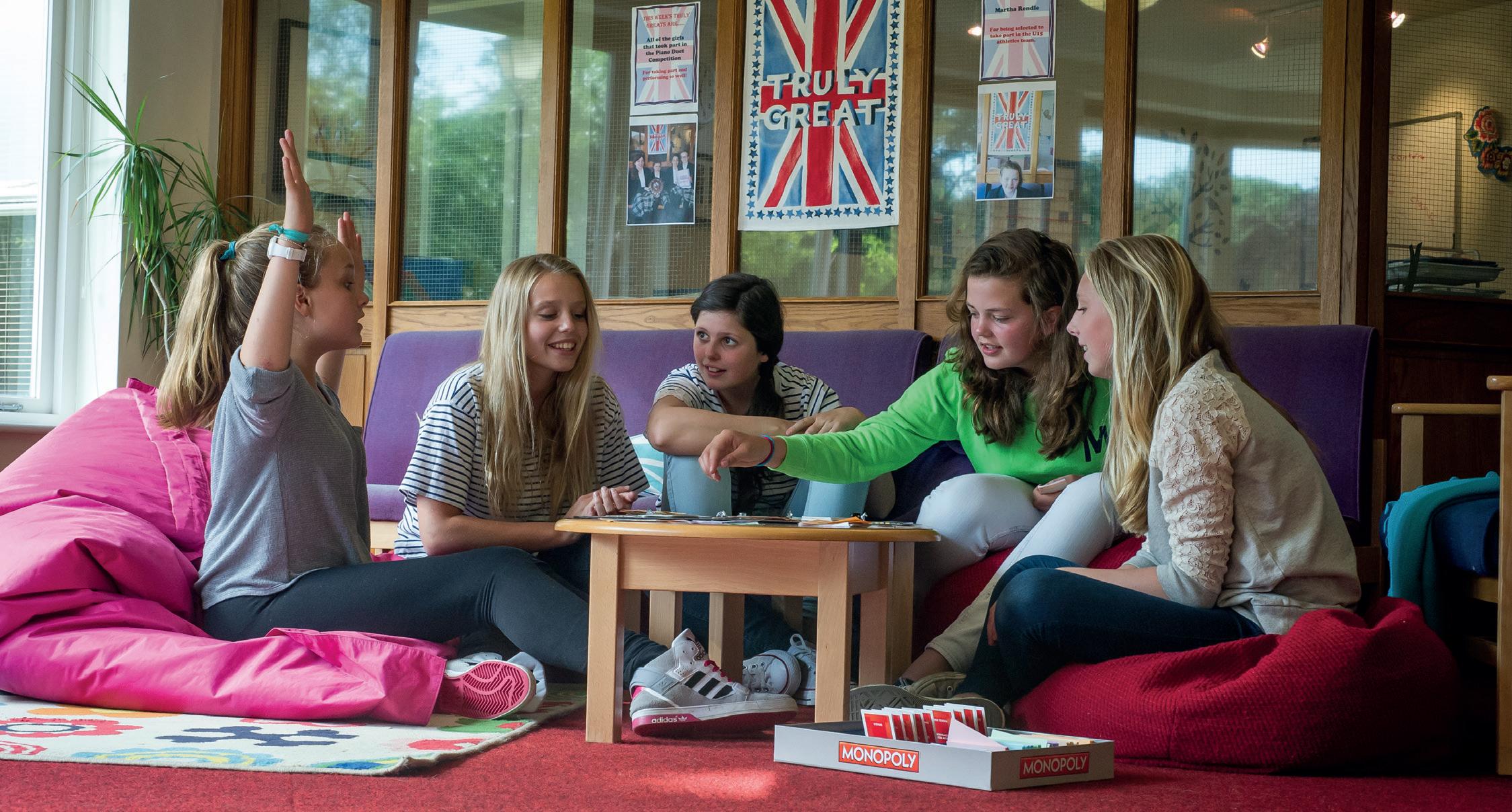
be honorary accolades that come with no fee discount. In general, schools limit the value of scholarships, such that any extra funding being awarded is strictly subject to financial need.
Many schools offer awards to children of members of the Armed Services, clergy, teachers or other professions. Some support children of former pupils, singleparent families and orphans, or offer concessions for siblings.
There is much to consider and a great deal of financial help available. Read this Guide thoroughly and explore schools’ websites. Above all, do not be afraid to ask schools how they can support your family. It can be a lengthy task, but potentially very worthwhile. Plan early and seek advice.
SFIA School Fees Planning
Tel: 0845 4583690
webenquiry@sfia.co.uk
www.schoolfeesadvice.org
Andrew Ashton was educated at Newcastle Royal Grammar School and Oxford University. After a career at Barclays and in consulting, Andrew has been Bursar at Radley College since 2008. Andrew has also served as a governor at a number of schools.
GENERAL INFORMATION
Boarding Schools’ Association (BSA) www.boarding.org.uk
BSA State Boarding Forum (SBF) www.boarding.org.uk/for-parents-pupils/ types-of-boarding-school/
Independent Schools Council (ISC) www.isc.co.uk
Department for Education (DfE) www.education.gov.uk
Independent Schools Show www.schoolsshow.co.uk
INFORMATION FOR OVERSEAS PARENTS AND BOARDERS
BSA Certified Guardians www.boarding.org.uk/bsa-initiatives/bsacertified-guardian-scheme/
BSA Certified Agents www.boarding.org.uk/bsa-initiatives/bsacertified-agent-scheme/
British Council www.britishcouncil.org
Children’s Education Advisory Service (CEAS) Email: RC-DCS-HQ-CEAS@mod.gov.uk
UK Council for International Student Affairs (UKCISA) www.ukcisa.org.uk
UK National Information Centre for international qualifications and skills (UK ENIC) www.enic.org.uk
SPECIAL EDUCATIONAL NEEDS AND DISABILITIES (SEND) INFORMATION
British Dyslexia Association (BDA) www.bdadyslexia.org.uk
Council for the Registration of Schools Teaching Dyslexic Pupils (CReSTeD) www.crested.org.uk
Dyslexia Action
www.dyslexiaaction.org.uk
Disability Rights UK www.disabilityrightsuk.org
SSAFA www.ssafa.org.uk
SPECIALIST SCHOOLS INFORMATION
Choir Schools’ Association (CSA) www.choirschools.org.uk
Music and Dance Scheme
www.gov.uk/music-dance-scheme
RELIGIOUS SCHOOLS INFORMATION
Methodist Independent Schools Trust www.methodistschools.org.uk
Catholic Independent Schools’ Conference (CISC)
www.catholicindependentschools.com
OTHER USEFUL CONTACTS
Welsh Independent Schools Council (WISC) www.welshisc.co.uk
Scottish Council of Independent Schools (SCIS) www.scis.org.uk
Independent Schools Examinations Board (ISEB) www.iseb.co.uk
Independent Schools Inspectorate (ISI) www.isi.net
International Baccalaureate Organization (IBO)
www.ibo.org
Universities and Colleges Admissions Service (UCAS)
www.ucas.com
Educational Trusts’ Forum www.educational-grants.org
Royal National Children’s SpringBoard Foundation (Royal SpringBoard) www.royalspringboard.org.uk
AFFILIATED ASSOCIATIONS
Naval Families Federation (NFF) www.nff.org.uk
Army Families Federation (AFF) www.aff.org.uk
RAF Families Federation www.raf-ff.org.uk
ISC CONSTITUENT MEMBER ASSOCIATIONS
Association of Governing Bodies of Independent Schools (AGBIS) www.agbis.org.uk
Council of British International Schools (COBIS) www.cobis.org.uk
Girls’ Schools Association (GSA) www.gsa.uk.com
Headmasters’ and Headmistresses’ Conference (HMC) www.hmc.org.uk
Independent Association of Prep Schools (IAPS)
www.iaps.uk
Independent Schools Association (ISA) www.isaschools.org.uk
Independent Schools’ Bursars Association (ISBA) www.theisba.org.uk
Society of Heads
www.thesocietyofheads.org.uk
Abberley Hall School
Abbey College, Cambridge
Abbey College, Manchester
Abbotsholme School
Abingdon School
Abrar Academy
Ackworth School
ACS INTERNATIONAL SCHOOL COBHAM
Adcote School
Al Jamiatul Islamiyyah
Aldenham School
Aldro School
Aldwickbury School
All Hallows School
Alliance Francaise
Ampleforth College
Amesbury School
Appleford School
Ardingly College
Ardvreck School
Ashfold School
Ashford School
Ashville College
Atlantic College
Aysgarth School
BADMINTON SCHOOL
Barnard Castle School
Barnardiston Hall Preparatory School
Bath Academy
Battle Abbey School
Beachborough School
Beaudesert Park School
Bedales (incl Prep)
Bede’s Preparatory School
Bede’s Senior School
Bedford School
Bedstone College
Beech Grove School and Academy
Beechen Cliff School
Beechwood Park School
Beechwood Sacred Heart School
Beeston Hall School
Belhaven Hill School
Bellerbys College, London
Belmont School
Benenden School
BERKHAMSTED SCHOOL
Bethany School
Bilton Grange School
Bishop’s Stortford College (incl Prep)
Bishopstrow College
Bloxham School
Blundell’s School
Bootham School
Bosworth Independent College
Boundary Oak School
Bournemouth Collegiate School
Box Hill School
Bradfield College
Brambletye School
Bredon School
Brentwood School
Brighton College
Bristol International College
Brockhurst And Marlston House Schools
Brockwood Park School
Bromsgrove School (incl Prep)
Brooke House College
Brookes United Kingdom
Bruern Abbey School
Bruton School for Girls (Incl Prep)
Bryanston School
Brymore Academy
Buckswood School
BURFORD SCHOOL
Burgess Hill Girls
Caldicott Preparatory School
Cambridge Tutors College
Campbell College
Canford School
Cardiff Academy Sixth Form College
Cardiff Sixth Form College
Cargilfield Preparatory School
Casterton Sedbergh Preparatory School
Caterham School
CATS College, Cambridge CATS College, Canterbury
CATS College, London
Chafyn Grove School
Charterhouse School
Chase Grammar School
Cheam School
Cheltenham College (incl Prep)
Cheltenham Ladies’ College
Cherwell College Oxford
Chetham’s School of Music
Chigwell School
Christ Church Cathedral School
CHRIST COLLEGE, BRECON
CHRIST’S HOSPITAL SCHOOL
City of London Freemen’s School
Claremont School
Clayesmore Preparatory School
Clayesmore School
Clifton College
Clifton College Preparatory School
Cobham Hall School
Colchester Royal Grammar School
Concord College
Copthorne Preparatory School
Cothill House School
Cotswold Chine School
Cottesmore School
Cranbrook School
Cranleigh School (Incl Prep)
Culford School (Incl Prep)
Cumnor House School
Cundall Manor School
Dallam School
Darul Uloom Dawatul Imaan
Darul Uloom London School
DAUNTSEY’S SCHOOL
David Game College
Dean Close Preparatory School
Dean Close School
Dean Close St John’s
Denstone College
DLD College, London
Dollar Academy
Dorset House School
Dover College
d’Overbroeck’s
Downe House School
Downside School
Dragon School
DULWICH COLLEGE
DULWICH PREPARATORY SCHOOL, CRANBROOK
Durham School
Eagle House School
Earlscliffe
Eastbourne College
Edgeborough School
Ellesmere College
Elmfield Rudolf Steiner School
Elmhurst Ballet School, Birmingham
Elstree School
Embley
Epsom College
Eton College
Exeter Cathedral School
Exeter College
Fairview International School
Farleigh School
Farlington School
Farringtons School
FELSTED SCHOOL (INCL PREP)
Feltonfleet School
Fettes College (incl Prep)
Five Islands Academy
Foremarke Hall, Repton Preparatory School
Forres Sandle Manor School
Framlingham College
Frensham Heights School (Incl Junior)
Frewen College
Fulneck School
Fyling Hall School Trust LTD
George Watson’s College
Giggleswick School
Glenalmond College
Godolphin School
Godstowe Preparatory School
GORDON’S SCHOOL
Gordonstoun (Incl Junior)
Gresham’s School (incl Prep)
HABERDASHERS’ ADAMS
Haileybury
Hall Grove School
Handcross Park School
Hanford School
Harrogate Ladies’ College
Harrow School
Hatherop Castle Prep School
HAZLEGROVE PREPARATORY SCHOOL
HEADINGTON SCHOOL
Heath Mount School
Heathfield School
Hereford Cathedral School
Highfield School
Hockerill Anglo-European College
Holmewood House School
Holmwood House School (incl Prep)
Holyport College
Horris Hill School
Hurstpierpoint College
Hurtwood House School
International School of Creative Arts
Ipswich High School
Ipswich School
Jamea Al Kauthar
Jamia Al - Hudaa
Jersey College for Girls
Junior King’s School, Canterbury
Kensington Park School
Kent College Nursery, Infant and Junior School
Kent College, Canterbury
Kent College, Pembury (Incl Prep)
Keswick School
Kilgraston School
Kimbolton School
King Edward’s School, Witley
King William’s College, Isle of Man
KINGHAM HILL SCHOOL
Kings Bournemouth
King’s College School, Cambridge
King’s College, Taunton
King’s Hall School
King’s School , Rochester (Incl Prep)
KING’S SCHOOL, BRUTON
King’s School, Ely (Incl Junior)
Kingsley School
Kingswood Preparatory School
KINGSWOOD SCHOOL
Kirkham Grammar School
Kitebrook Prep School
Lambrook School
LANCASTER ROYAL GRAMMAR SCHOOL
Lancing College
Langley School
Lathallan School
Leighton Park School
Leweston School (Incl Prep)
Lime House School
Lincoln Minster School
Liverpool College
Llandovery College
Lockers Park School
Lomond School
Longridge Towers School
Lord Wandsworth College
Loretto School (Incl Junior)
Loughborough Grammar School
Luckley House School
Lucton School (incl Prep)
Ludgrove School
LVS Ascot
Maidwell Hall School
Malvern College
Malvern St James
Manchester City Football Club
Marlborough College
Marlborough House School
Marymount London
Mayfield School
Merchiston Castle School
Mill Hill School Foundation
Millfield Preparatory School
Millfield School
Milton Abbey School
MONKTON COMBE PREPARATORY SCHOOL
MONKTON COMBE SENIOR SCHOOL
Monmouth School for Boys
Monmouth School for Girls
Moor Park School
Moorland School
More House School
Moreton Hall School
Moulsford Preparatory School
Mount Kelly School (Incl Prep)
Mount St Mary’s College
Mowden Hall School
Moyles Court School
Shaftesbury School
SHEBBEAR COLLEGE
SHERBORNE GIRLS
SHERBORNE PREPARATORY SCHOOL
SHERBORNE SCHOOL
Sherfield School
Shiplake College
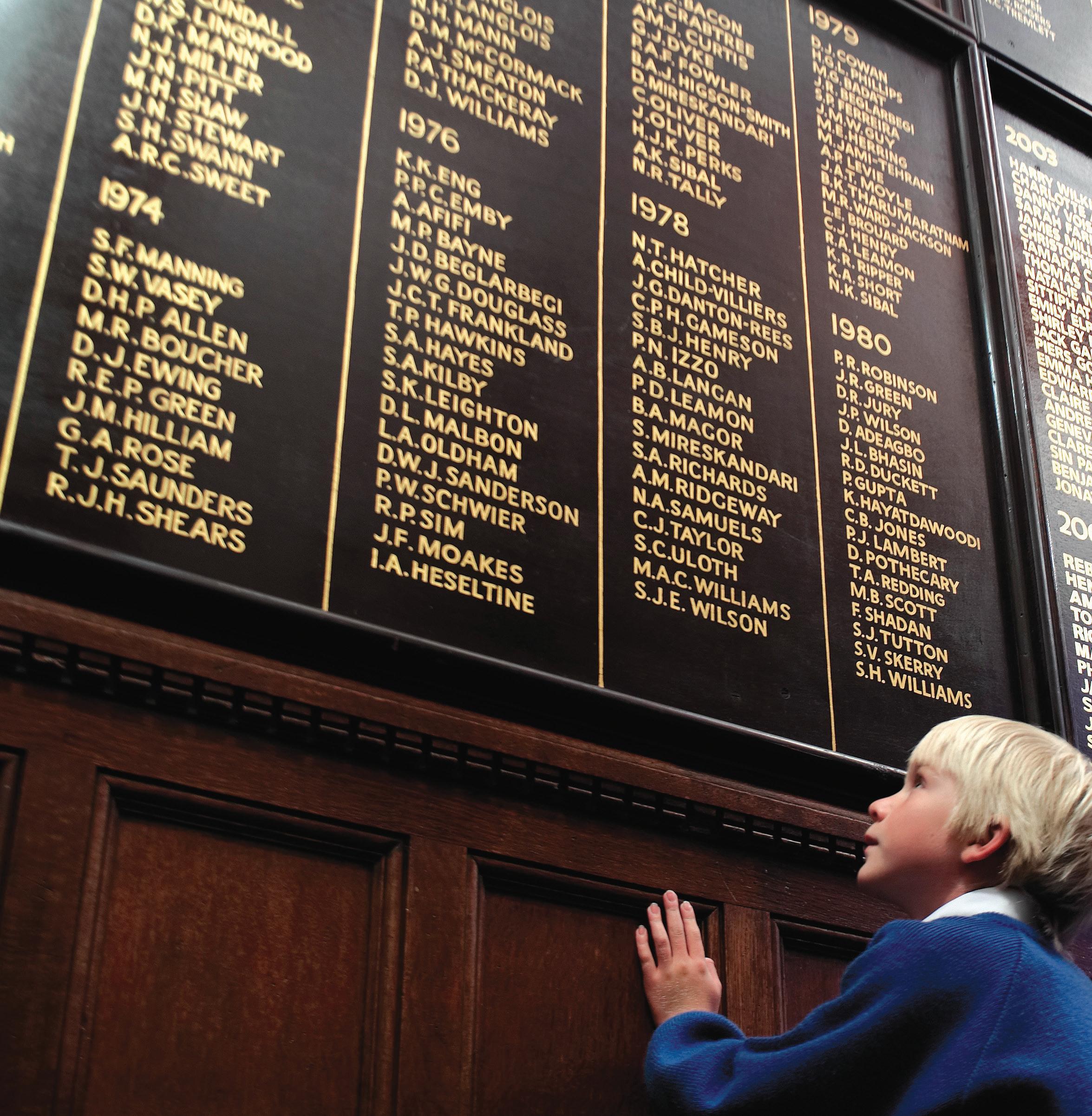
SHREWSBURY SCHOOL
The New Beacon School
The Oratory Preparatory School
The Oratory School
The Pilgrims’ School
The Prebendal School
The Purcell School for Young Musicians
The Read School
Sibford School
Sidcot School
Slindon College
St Andrew’s College, Cambridge
St Andrew’s Preparatory School, Eastbourne
St Andrew’s School, Pangbourne
St Bees School
ST CATHERINE’S, BRAMLEY
The Royal Ballet School
The Royal Grammar School, High Wycombe
The Royal Masonic School for Girls
The Royal School, Armagh
The Royal School, Dungannon
The Royal School, Surrey
THE ROYAL SCHOOL, WOLVERHAMPTON
The Thomas Adams School
The Wellington Academy
A+ World Academy, Switzerland
Aiglon College, Switzerland
Alexandra College, Ireland
Amadeus International School, Austria
American Collegiate Institute, Turkey
Apex 2100, France
Bandon Grammar School
Berlin Brandenburg International School, Germany
Bestepe College, Turkey
Blackrock College, Ireland
Brillantmont International School, Switzerland
Cabella International Sahaja School, Italy
Ciscertian College
Clongowes Wood College, Ireland
College Alpin Beau Soleil, Switzerland
College Champittet, Switzerland
College du Leman International School, Switzerland
Complejo Educativo Mas Camarena, Spain
Ecole Jeannine Manuel, France
Exupery International School, Latvia
Glenstal Abbey School, Ireland
Institut Montana Zugerberg, Switzerland
International School Eerde, Netherlands
International School of Milan
International School San Patricio Toledo
John F Kennedy International School, Switzerland
Kilkenny College, Ireland
King’s College, The British School of Madrid, Spain
The Koc School, Turkey
La Garenne, Switzerland
Laude Lady Elizabeth School, Spain
Leysin American School, Switzerland
Lundsbergs Skola, Sweden
Lyceum Alpinum Zuoz, Switzerland
Midleton College, Ireland
Open Gate Boarding School, Czech Republic
Préfleuri International Alpine School
Rathdown School, Ireland
Rockwell College, Ireland
Saint Charles, Switzerland
SEK International School El Castillo
Sigtunaskolan Humanistiska Läroverket, Sweden
Sotogrande International School, Spain
St Columba’s College, Ireland
St George’s International School, Germany
St George’s International School, Switzerland
St Gilgen International School GmbH, Austria
St John’s International School, Belgium
St Louis School Milan
St Peter’s International School, Portugal
Surval Montreux, Switzerland
The International School of Paphos, Cyprus
The Kings Hospital, Ireland
Villiers School, Ireland
Assam Valley School, India
Atlantic Hall School, Nigeria
Avi-Cenna International School, Nigeria
Braeburn Garden Estate School
Brisbane Grammar School, Australia
British International School Lagos
Bromsgrove International School, Thailand
Chinquapin School
Dalian American International School (Nord Anglia Group), China
Day Waterman College, Nigeria
Dulwich College Suzhou, China
Episcopal High School, USA
Epsom College in Malaysia
Fay School, USA
Fettes
Guangzshou
Frensham, Australia
Greensteds International School, Kenya
H Farm International School
Haileybury Bhaluka
Hangzhou Greentown Yuhua School, China
Harrow Innovation Leadership Academy Chongqing
Harrow Innovation Leadership Academy Nanning
Harrow International School Bengaluru
Harrow International School Shenzhen Qianhai
Harrow Innovation Leadership Academy Zhuhai
Harrow International School Bangkok, Thailand
Harrow International School Haikou
Harrow International School, Hong Kong
Harrow Appi Japan
Heritage Girls School
Huawei-Tongman Foreign Language School
Idyllwild Arts Academy, USA
ISA Science City International School
Jerudong International School, Brunei
Kincoppal-Rose Bay, Australia
King Henry VIII College, Malaysia
Kolej Tuanku Ja’afar, Malaysia
Lady Eleanor Holles International School Foshan, China
The Lawrence School, Lovedale, India
The Lawrence School, Sanawar, India
Letovo School, Russian Federation
Marlborough College, Malaysia
Merchiston International School, China
Methodist Ladies’ College, Australia
Michaelhouse, South Africa
Miles Bronson Residential School, India
MIT Pune’s Vishwashanti Gurukul, India
New School Georgia
Nord Anglia Chinese International School, Shanghai, China
Nord Anglia School, Beijing, Fangshan
Nord Anglia School, Foshan
Nord Anglia School, Guangzhou, Panyu
Nord Anglia School Jiaxing, China
Nord Anglia School, Nantong
Nord Anglia School, Ningbo, Fenghua
Nord Anglia School, Shenzhen
Nord Anglia School, Suzhou
North London Collegiate School, Jeju, Korea
NUCB International College, Japan
Peponi School, Kenya
Pinegrove School, India
Prem Tinsulanonda International School, Thailand
Pymble Ladies’ College, Australia
Regents International School Pattaya, Thailand
Rong Qiao Sedbergh School
School of Leadership, Afghanistan (SOLA)
The Scindia School, Gwalior, India
SEK International School El Castillo
Sela Qui International School, India
Selborne College
Shattuck-St Mary’s School, Malaysia
Shenzhen International Foundation College
St Andrew’s College, South Africa
St Andrew’s Prep School Turi, Kenya
St Andrew’s Senior School Turi, Kenya
St Christopher Schools, Kenya
St George’s College, Argentina
Swiss International Scientific School Dubai, UAE
The British School of Lome’, Togo
The Doon School, India
The Forman School, USA
The Hill School, USA
The Hun School of Princeton, USA
The International School of Penang (Uplands), Malaysia
The International School, Bangalore, India
The King’s School, Australia
The Mayo College, India
The Regent Secondary School, Nigeria
Toowoomba Anglican School, Australia
United World College South East Asia, Singapore
Wellington College International Tianjin, China
Welham Boys’ School, India
Welham Girls’ School, India
Westlake International School, Malaysia
Windsor High School at Albany, Bahamas
Woodstock School, India
Whanganui Collegiate School, New Zealand
Wycombe Abbey School Changzhou, China
Wycombe Abbey School, Hangzhou, China
Wycombe Abbey School, Hong Kong
Wycombe Abbey School Nanjing, China
Y K Pao School
Yew Chung International School of Qingdao (YCIS-QD), China
Yew Wah International Education School of Guangzhou (YWIES-GZ), China
Yew Wah International Education School, Zhejiang Tongxiang Campus (YWIES-TX), China
Yew Wah School of Shanghai Changning (YWIES-GB), China
Yew Wah International Education School of Shanghai Lingang (YWIES-SHLG), China
All highlighted schools have advertised in this issue of the Guide.Christ’s Hospital: The leading independent boarding school for fee assisted places
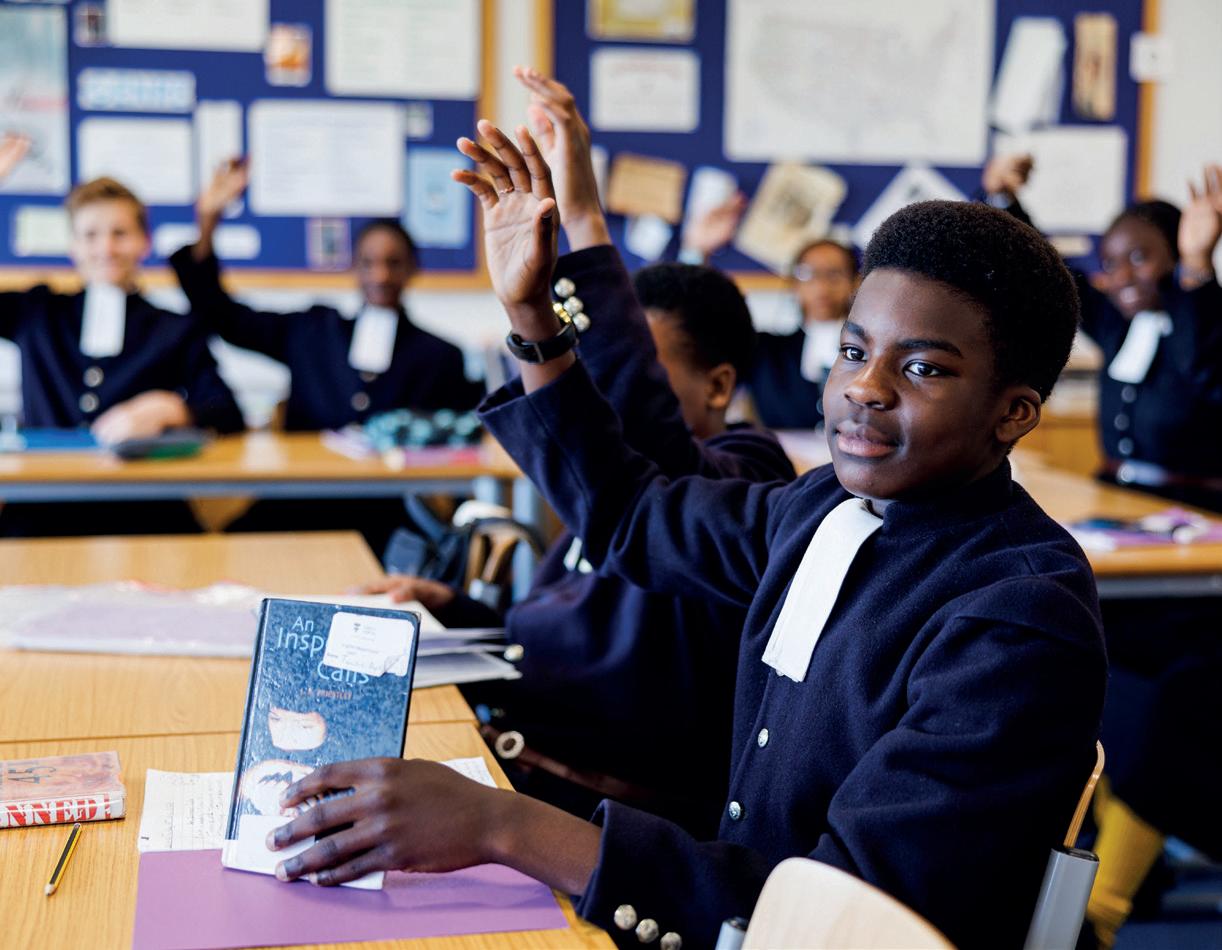
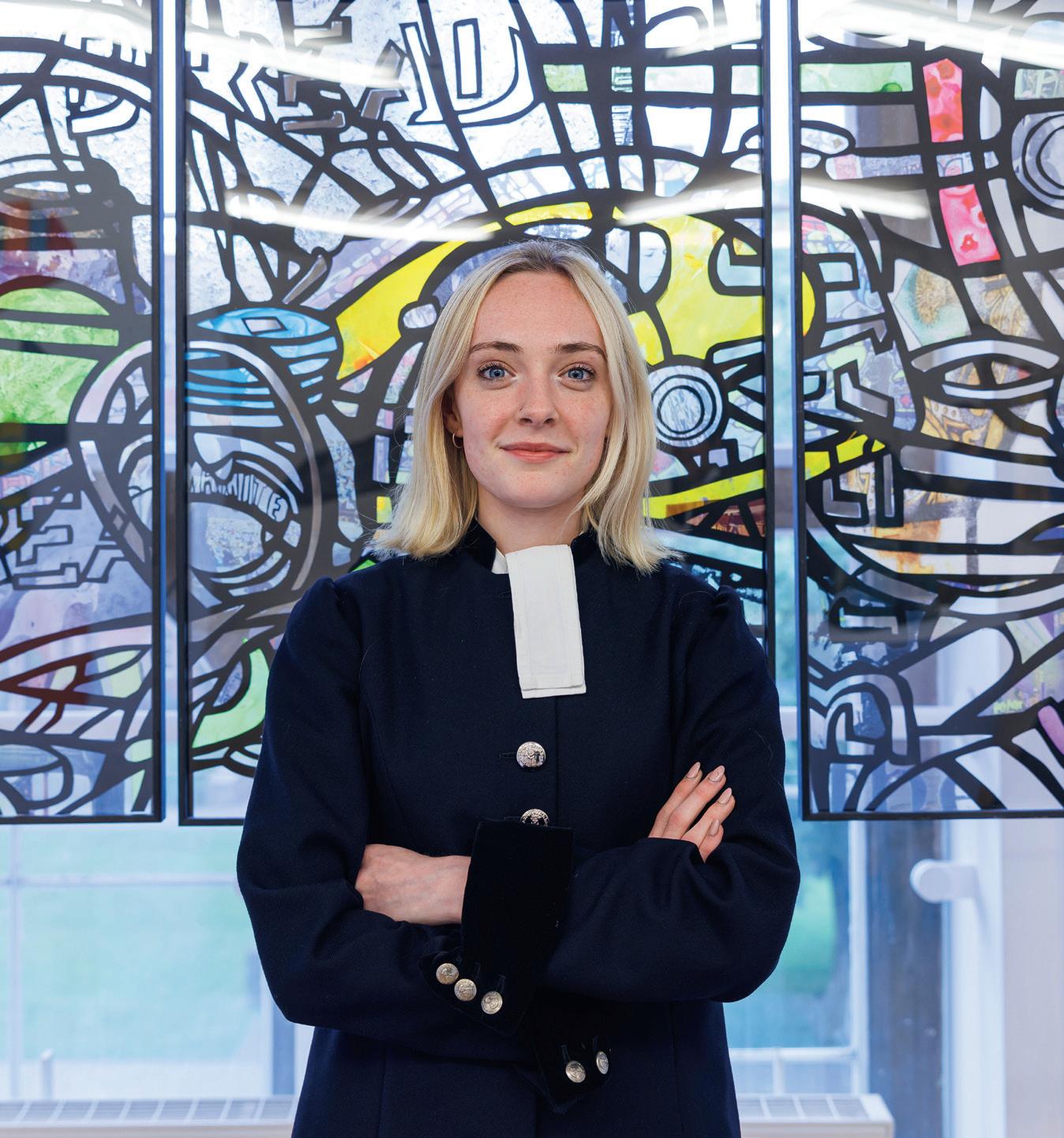
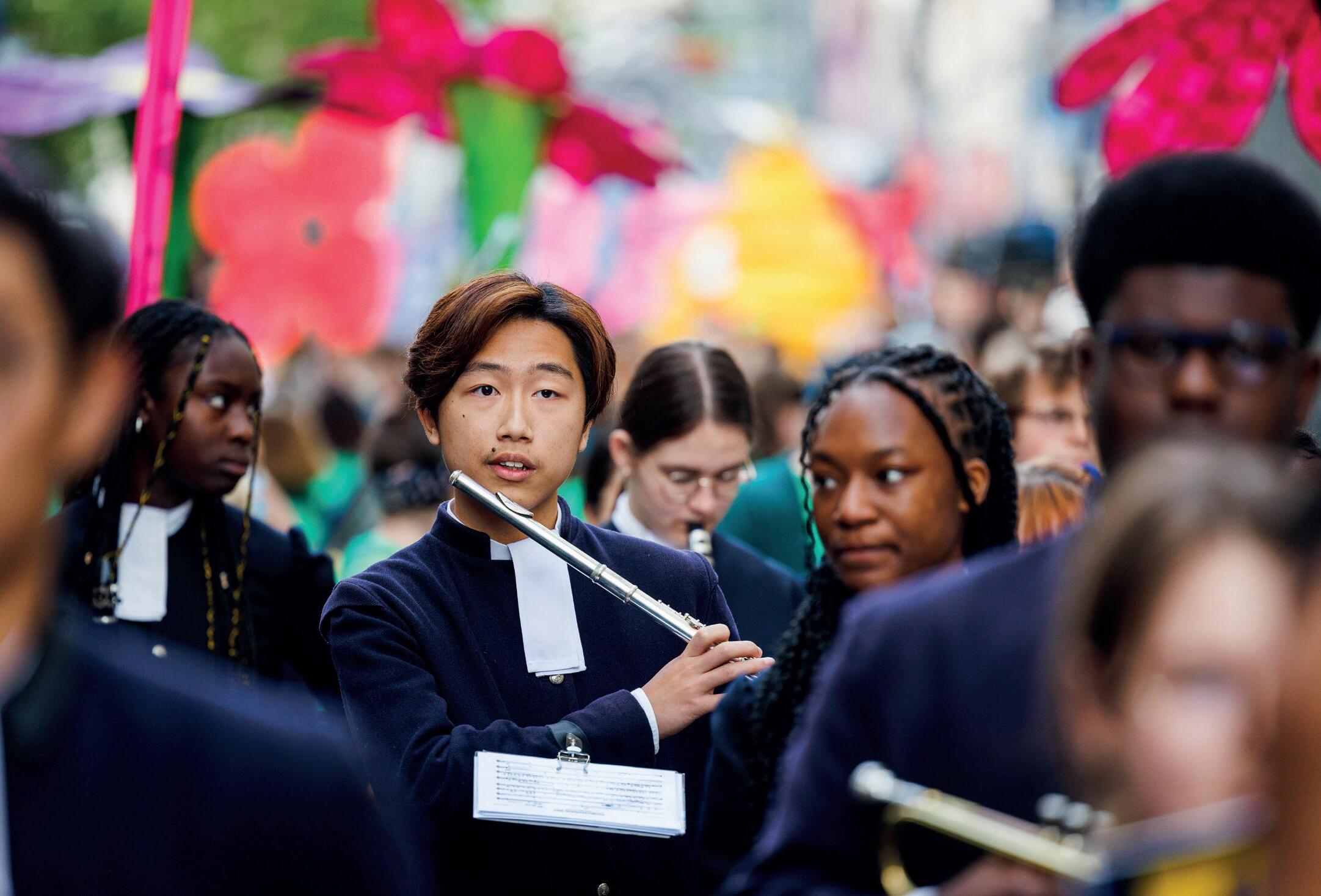
T: 01403 246 555
E: hello@christs-hospital.org.uk Christ’s Hospital, Horsham, West Sussex RH13 0LJ
www.christs-hospital.org.uk
Registered Charity No. 1120090
Renowned for our warm and welcoming boarding community, Kingswood offers an exceptional education of depth and breadth.
Choosing from a wide range of enrichment opportunities, our students achieve outstanding results, with over 90% receiving offers to their first choice university. Visit us to find out more.
